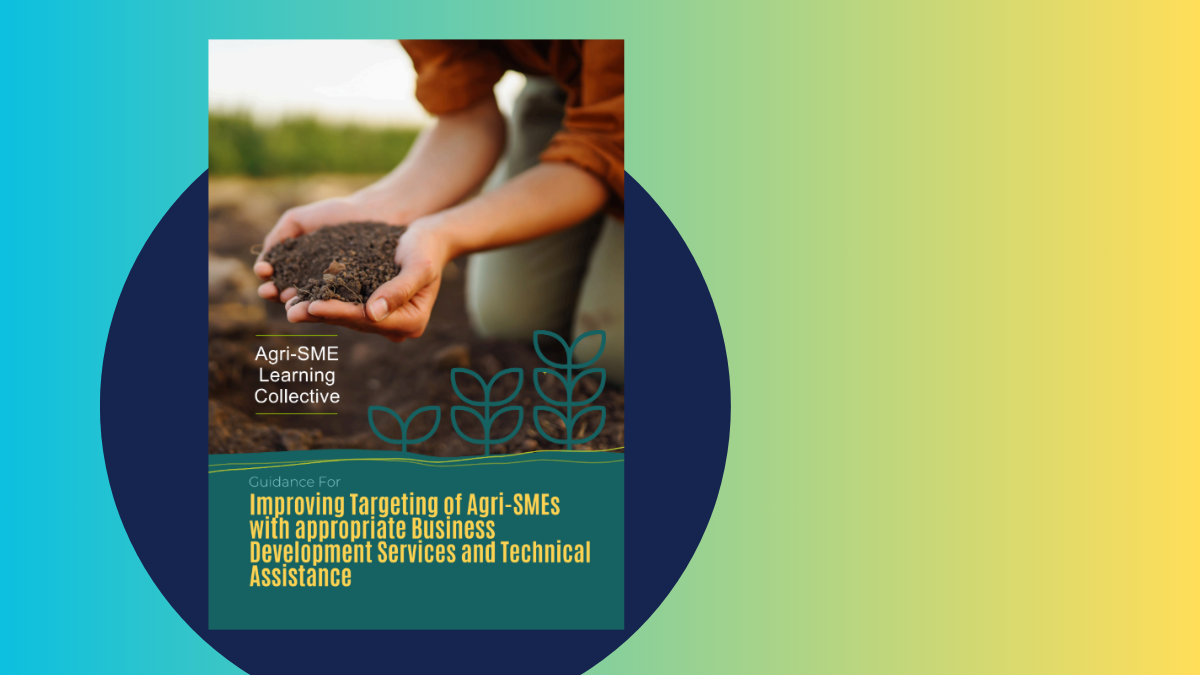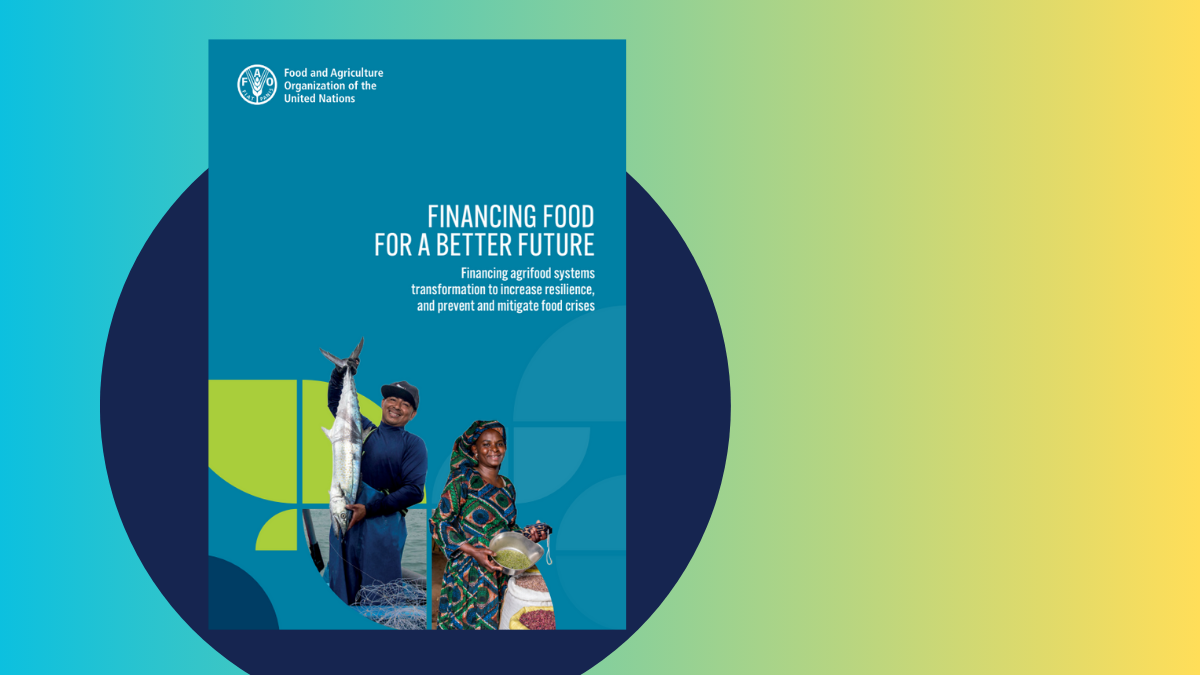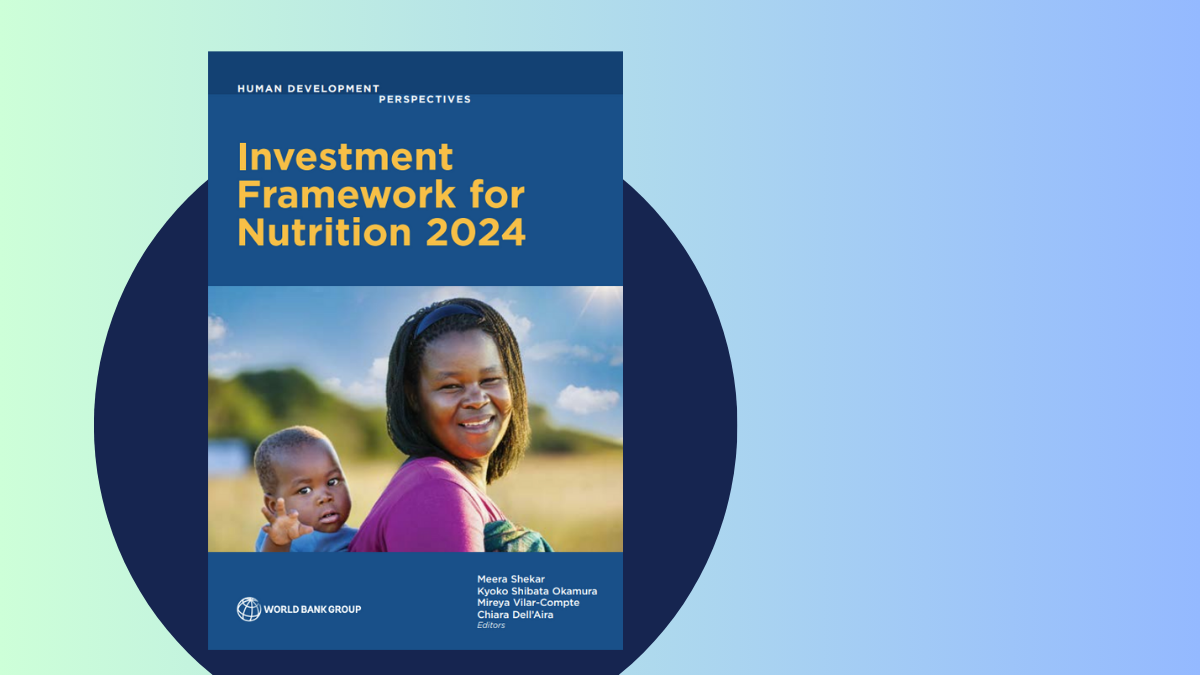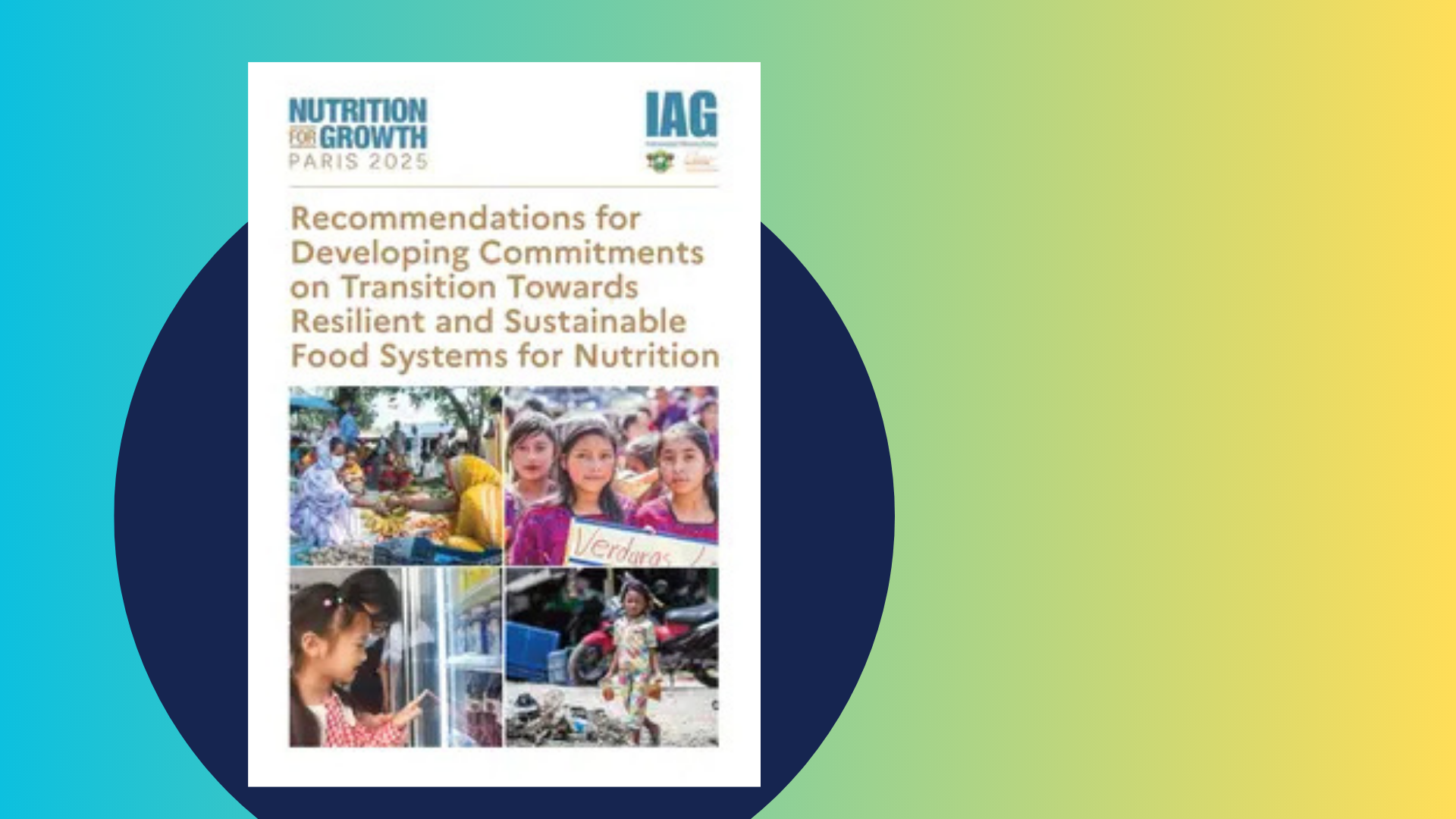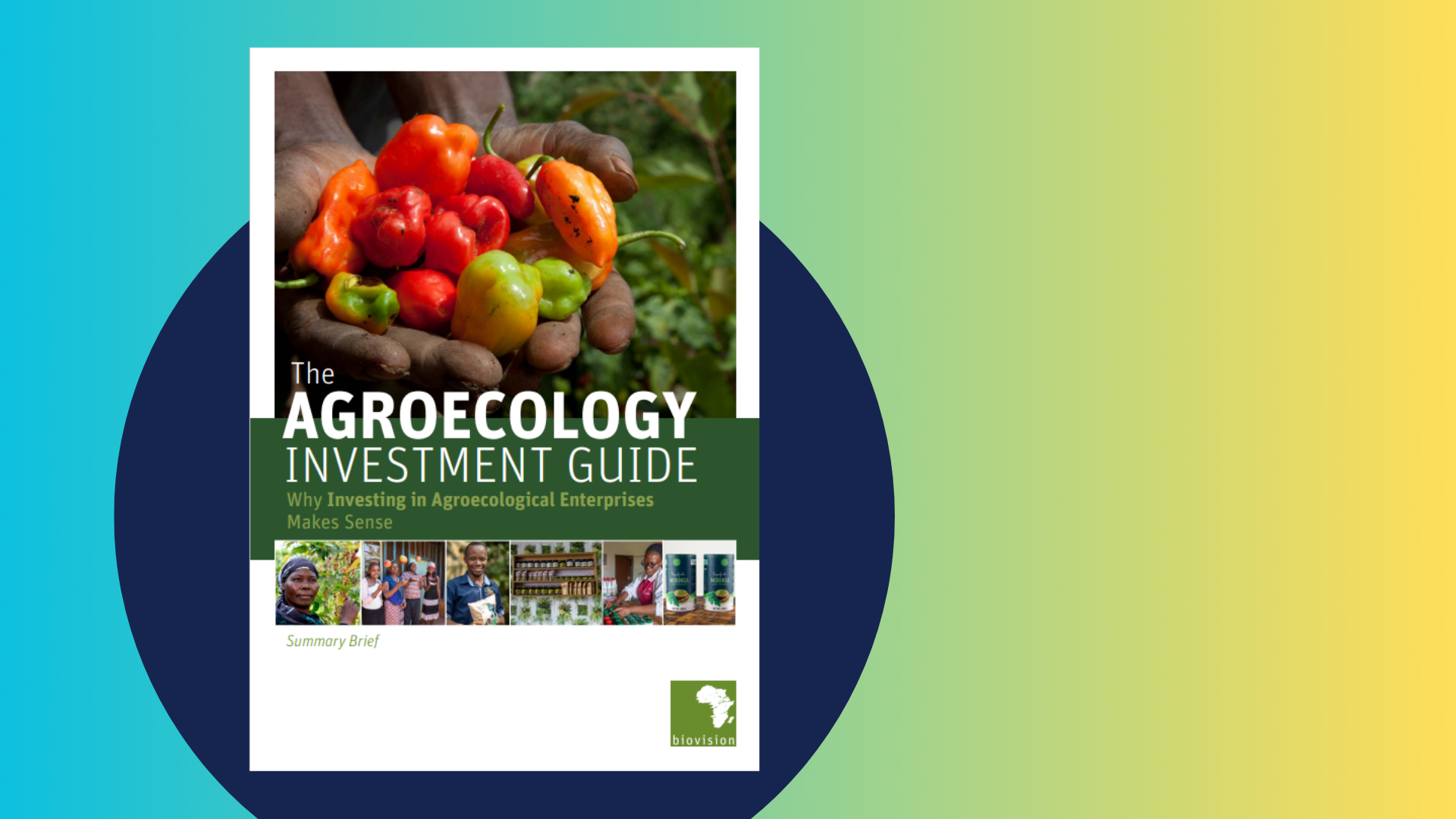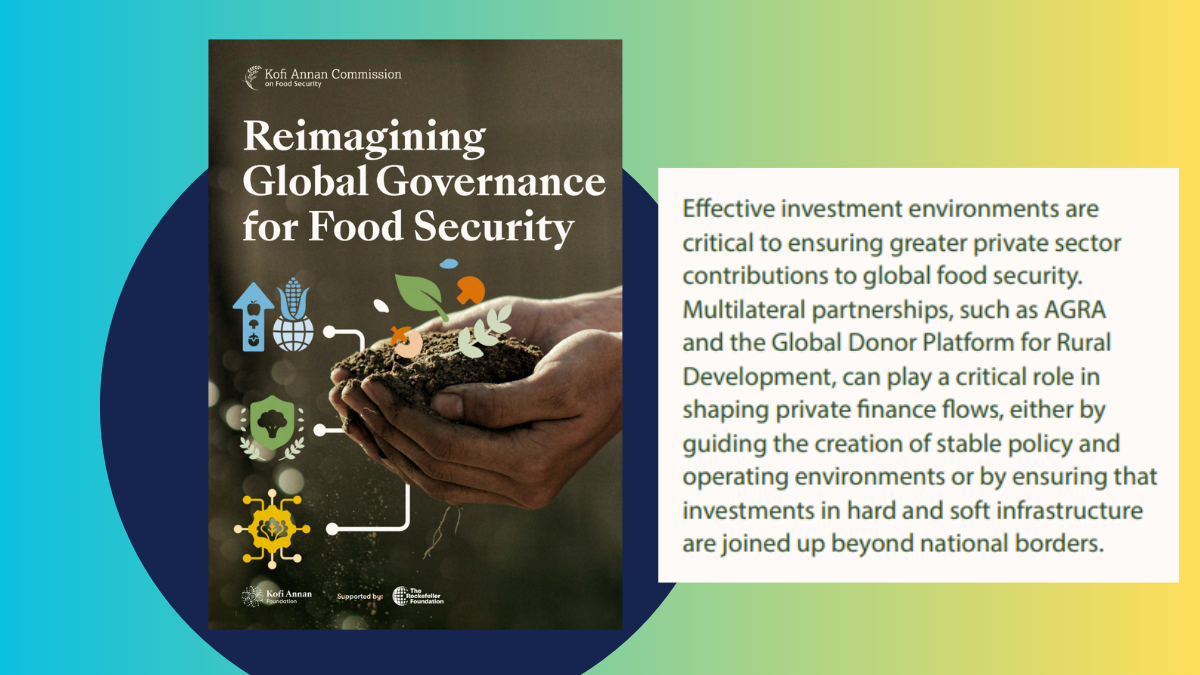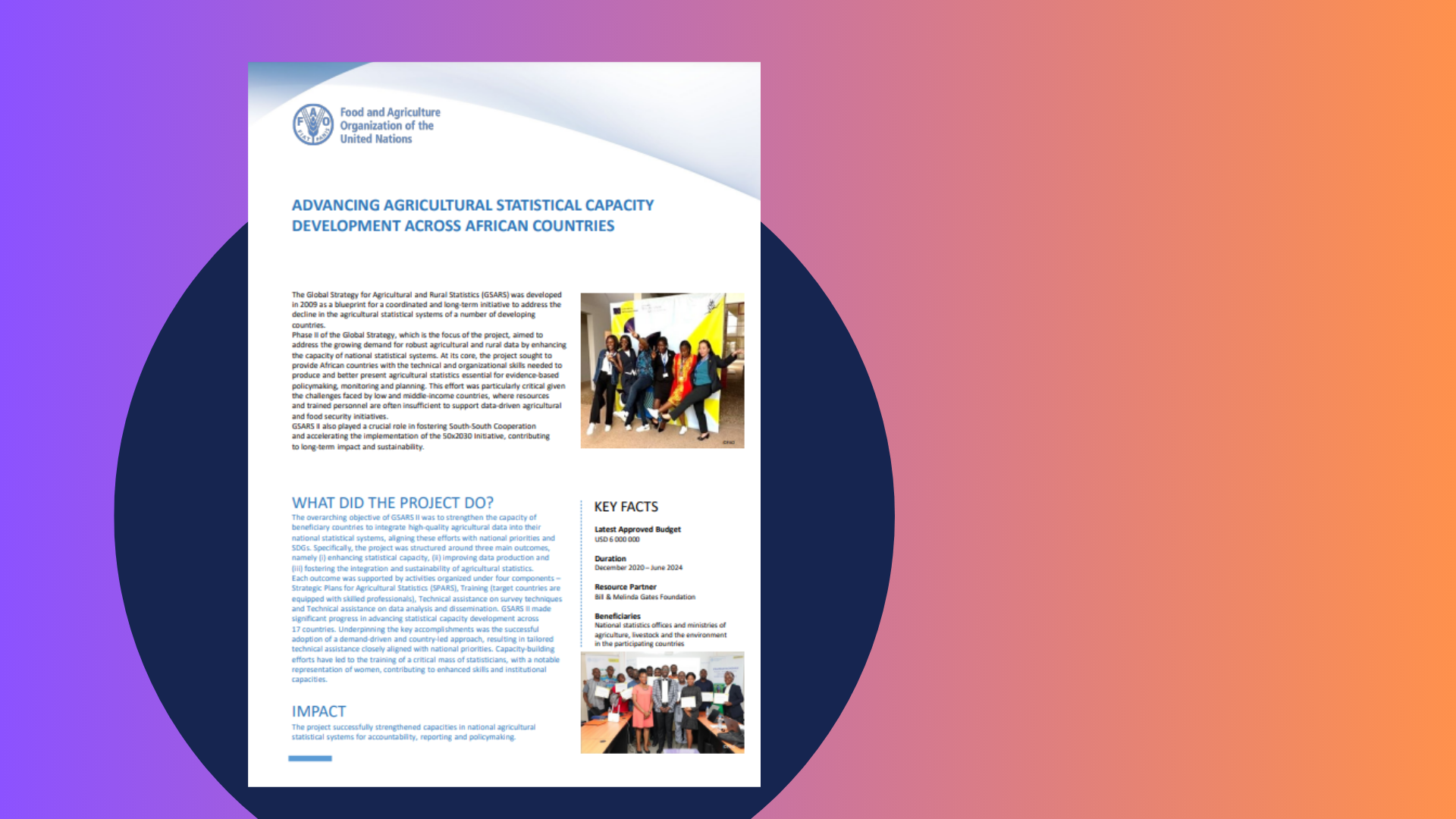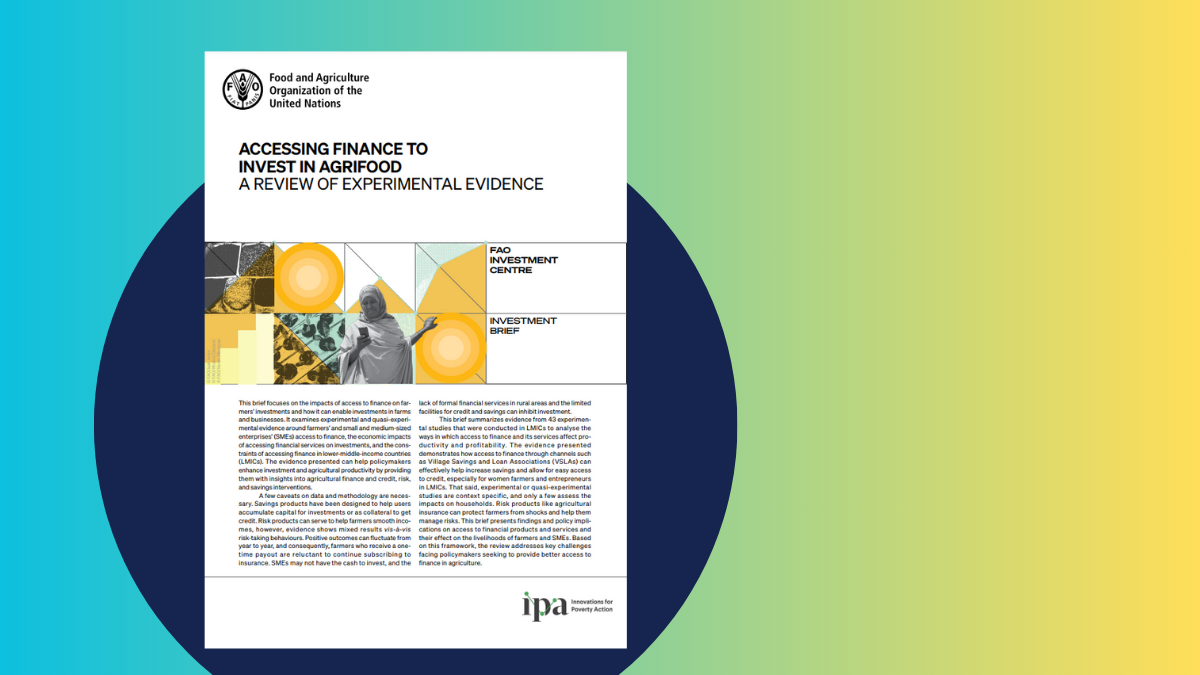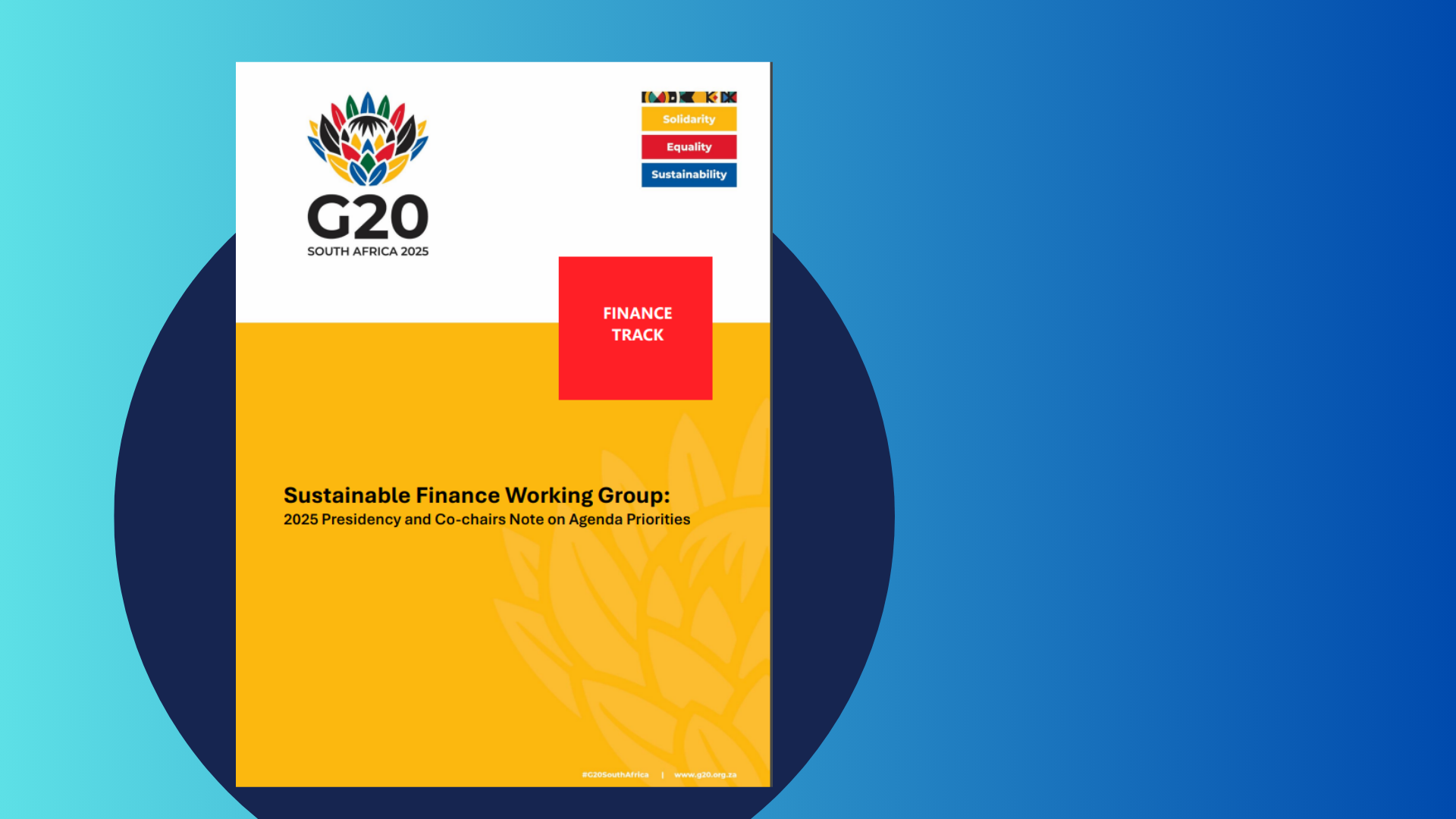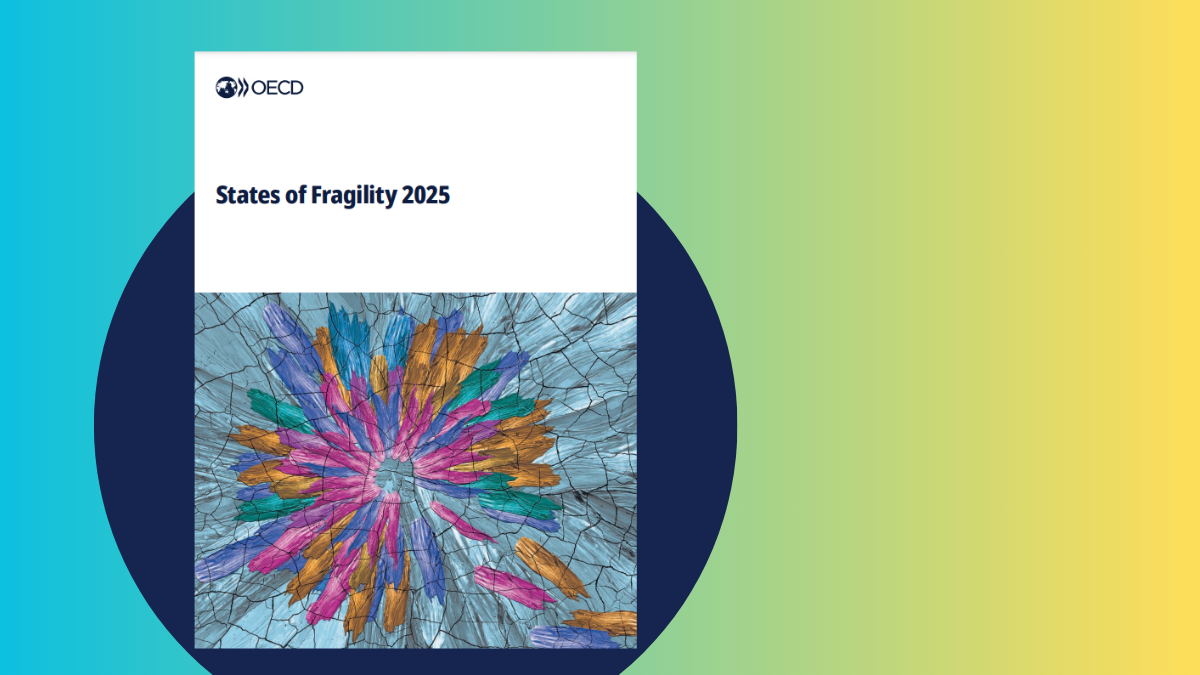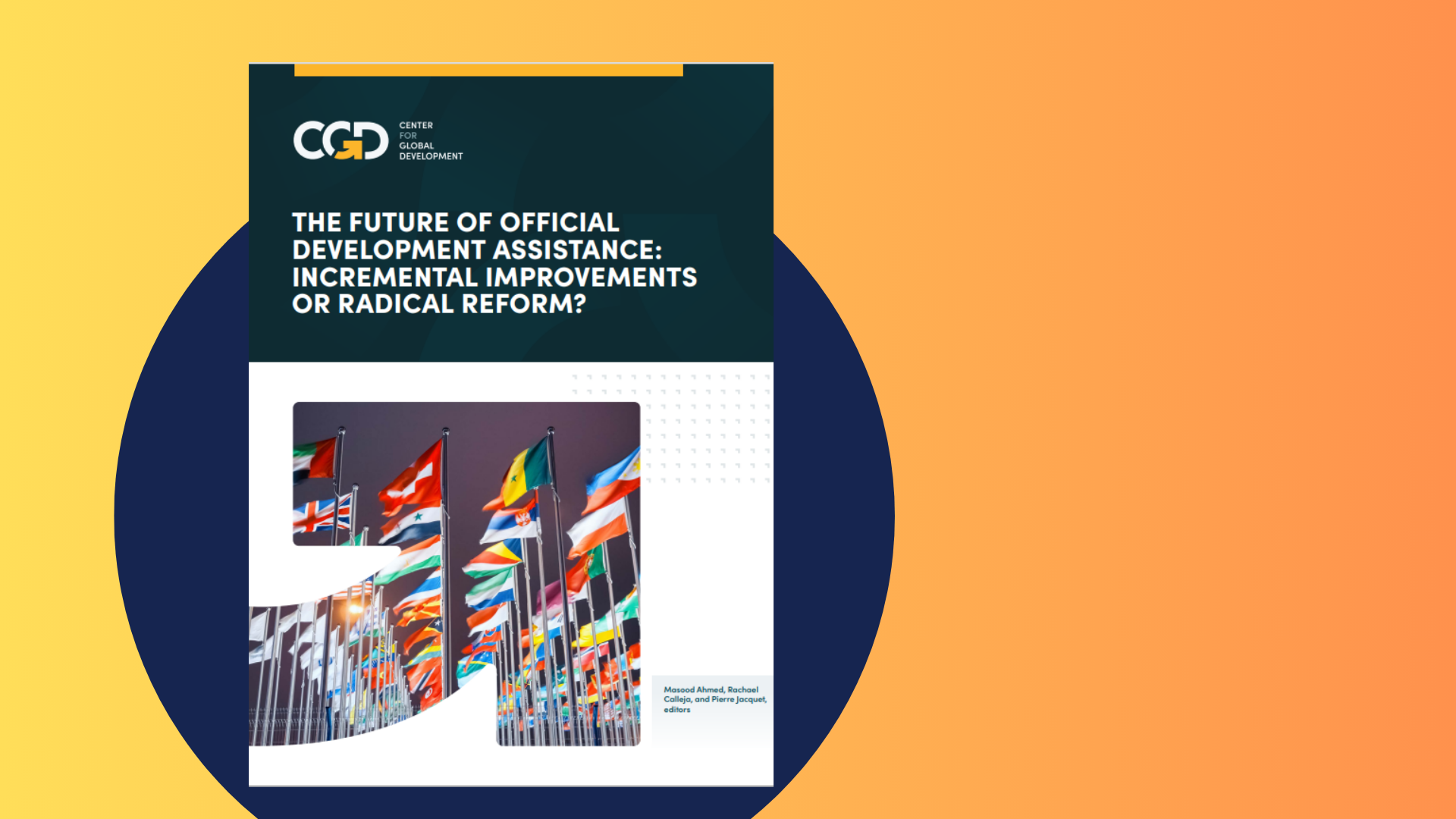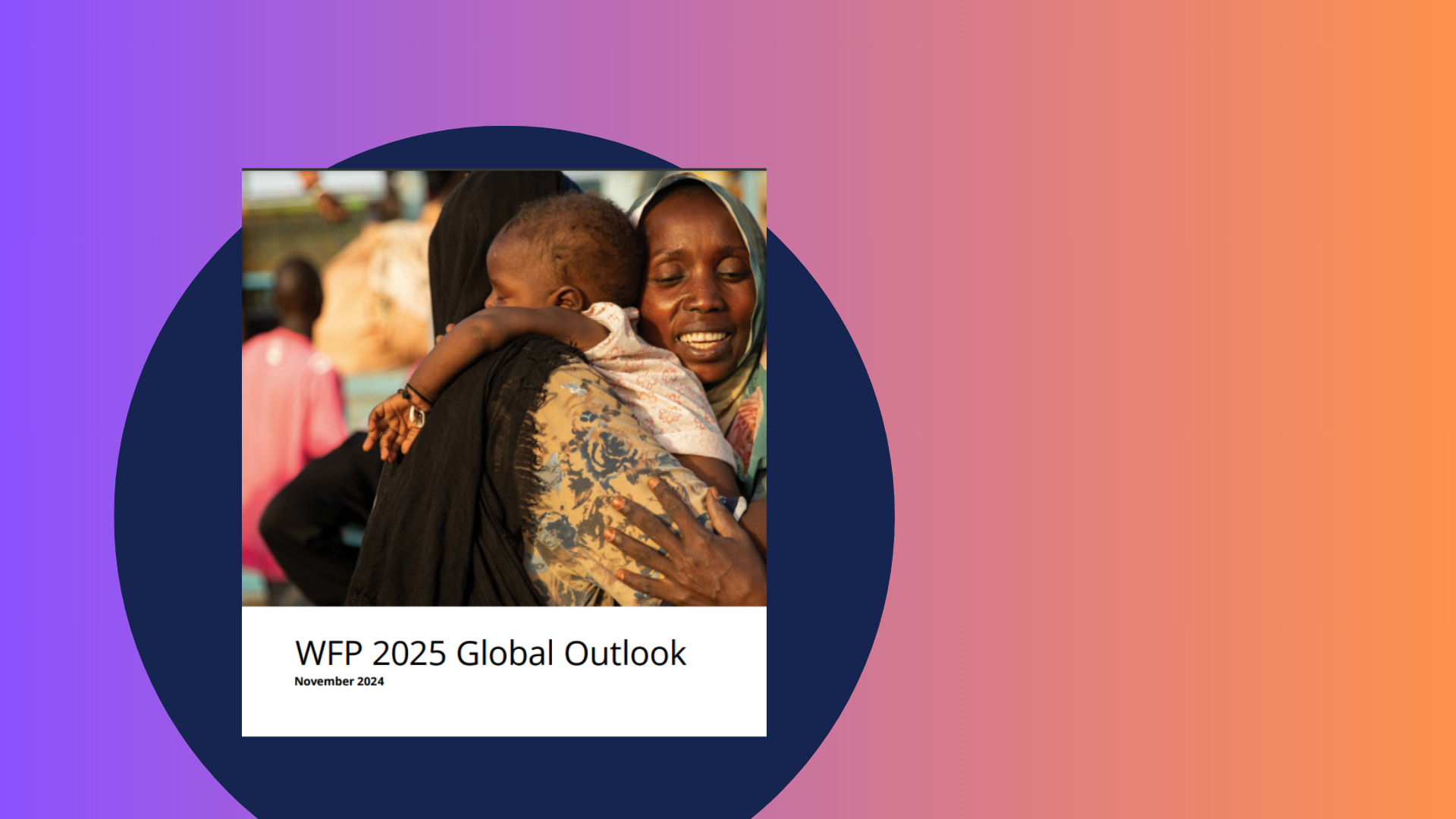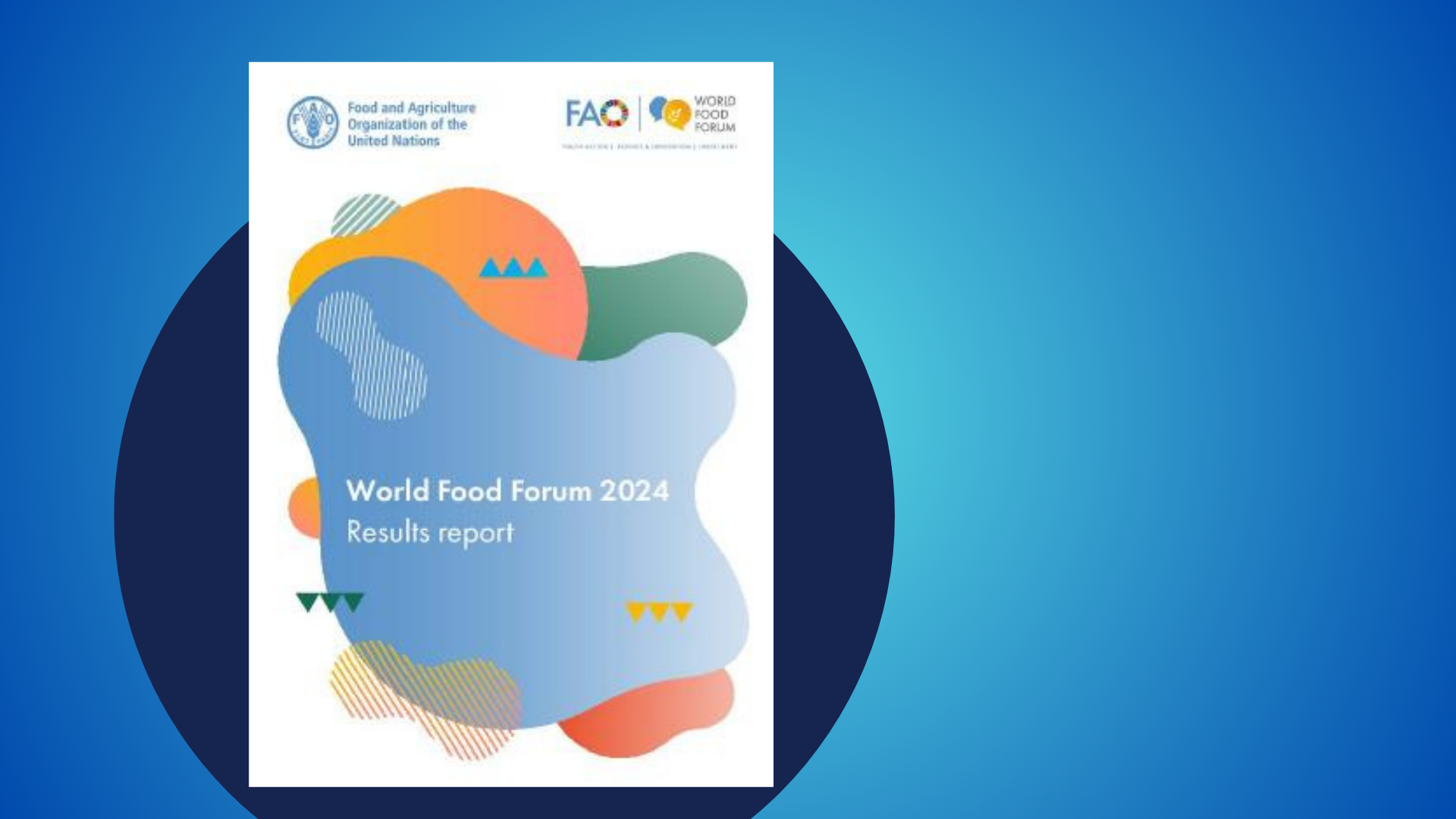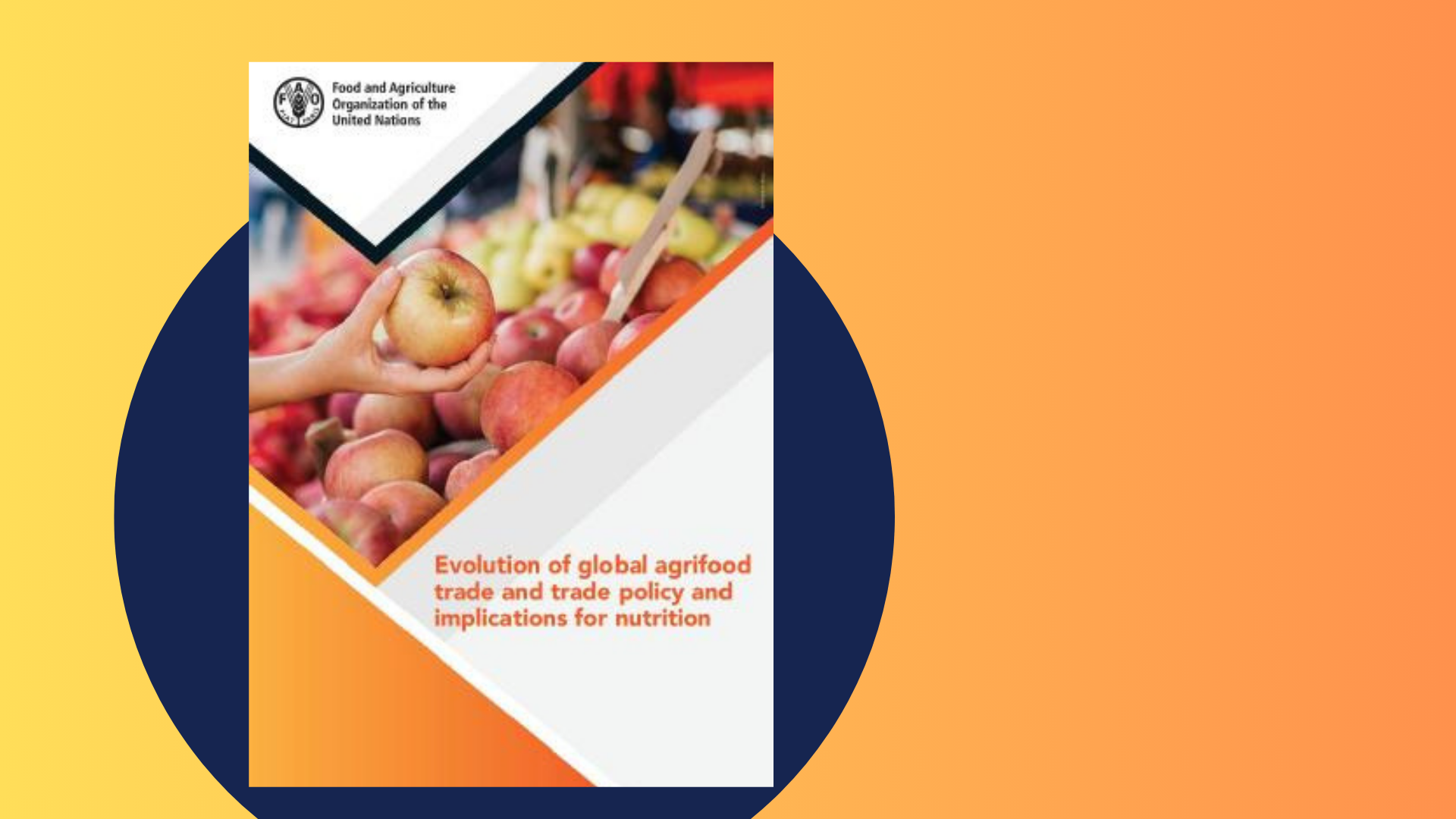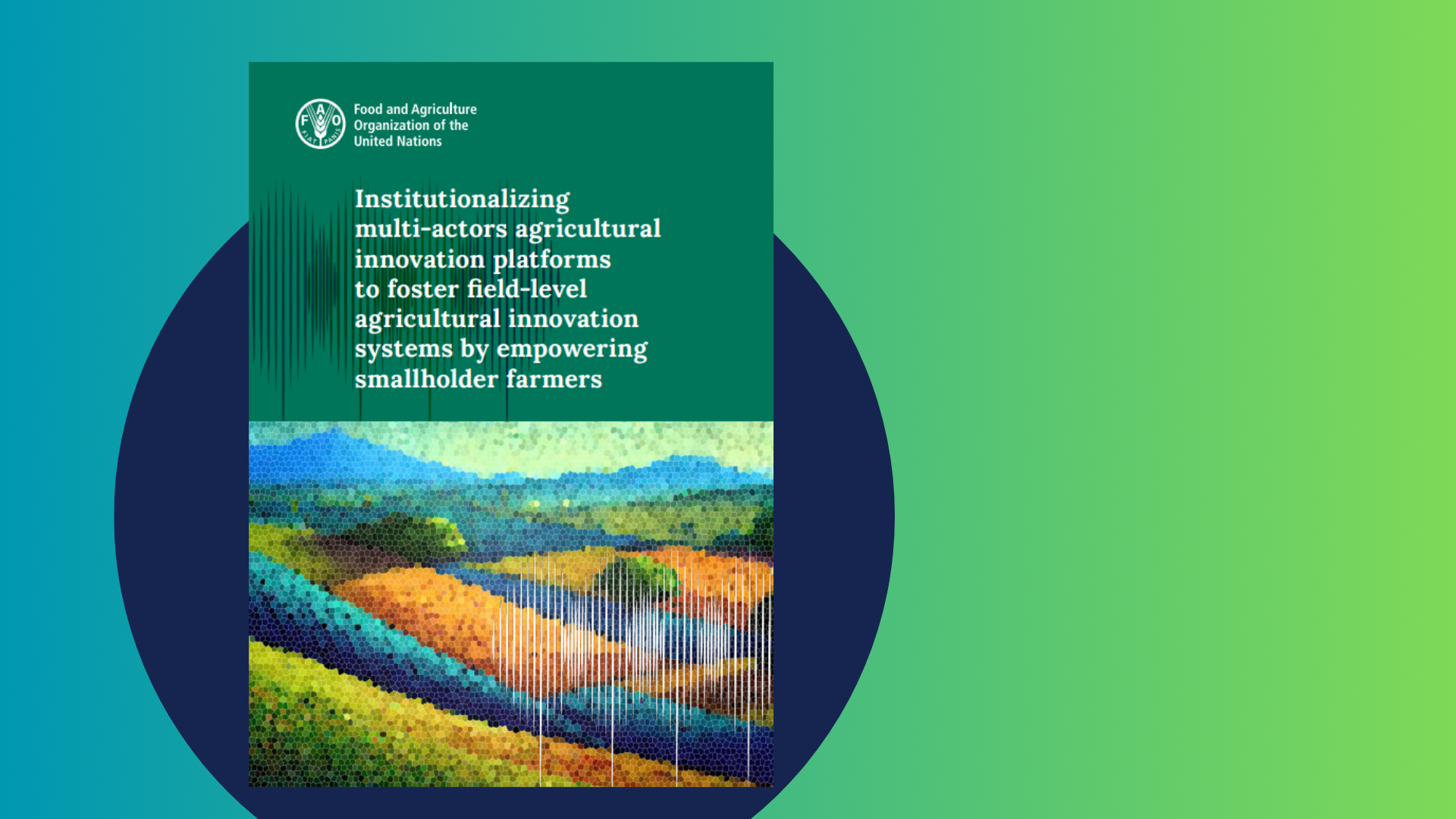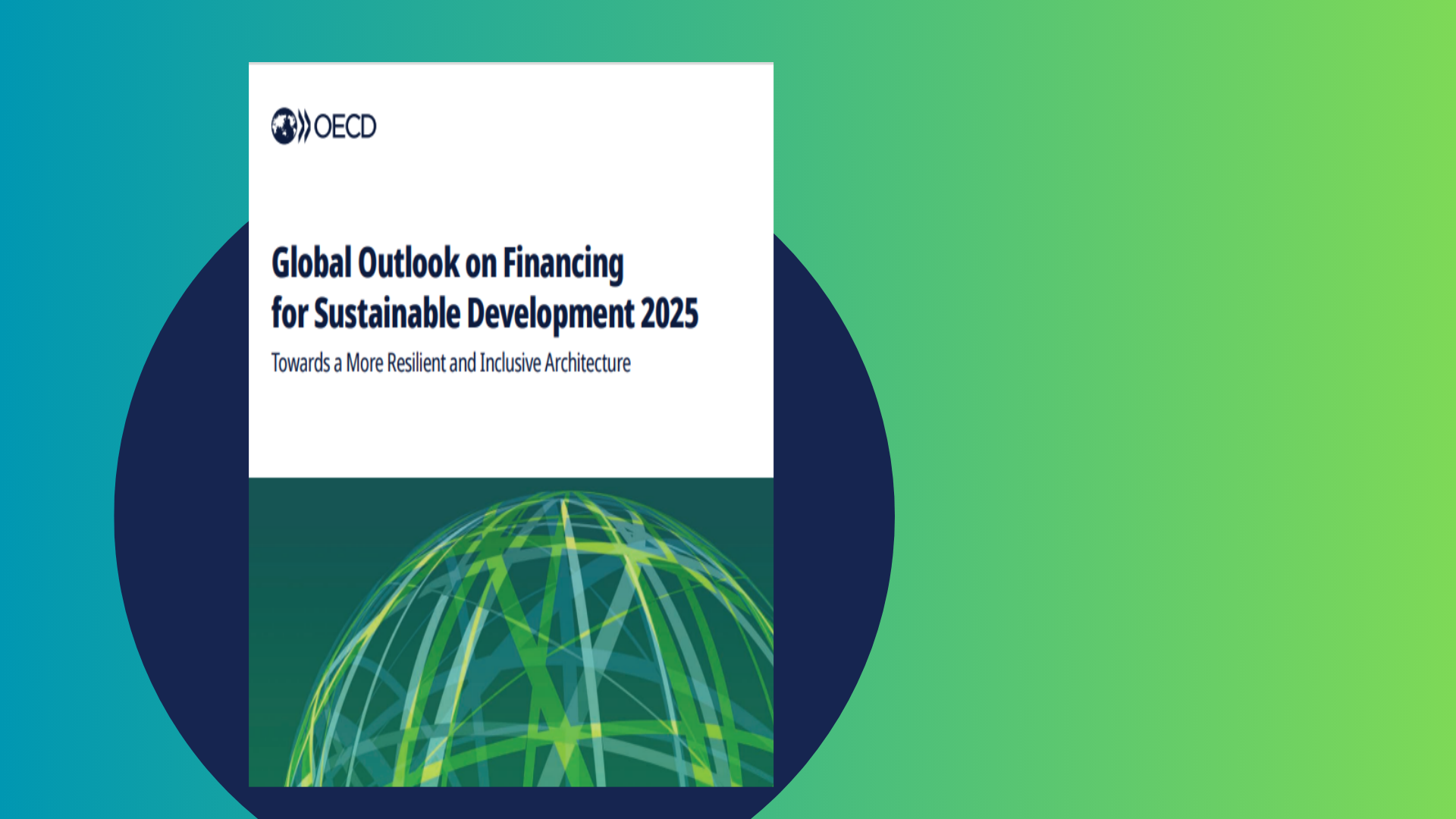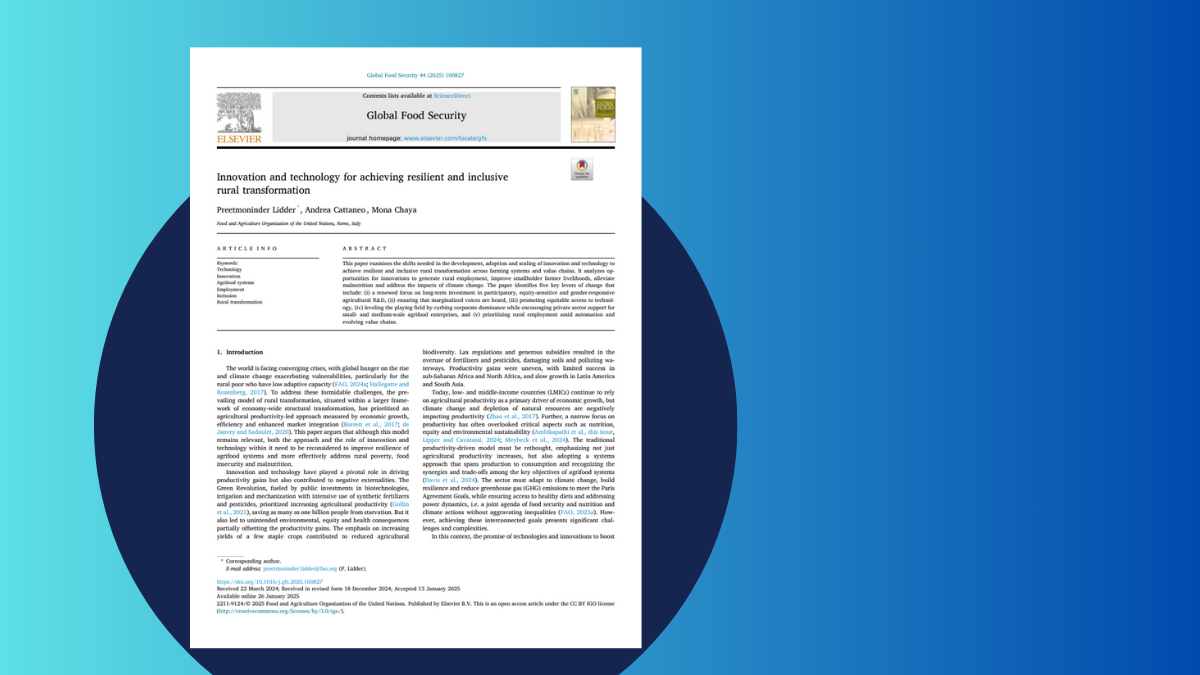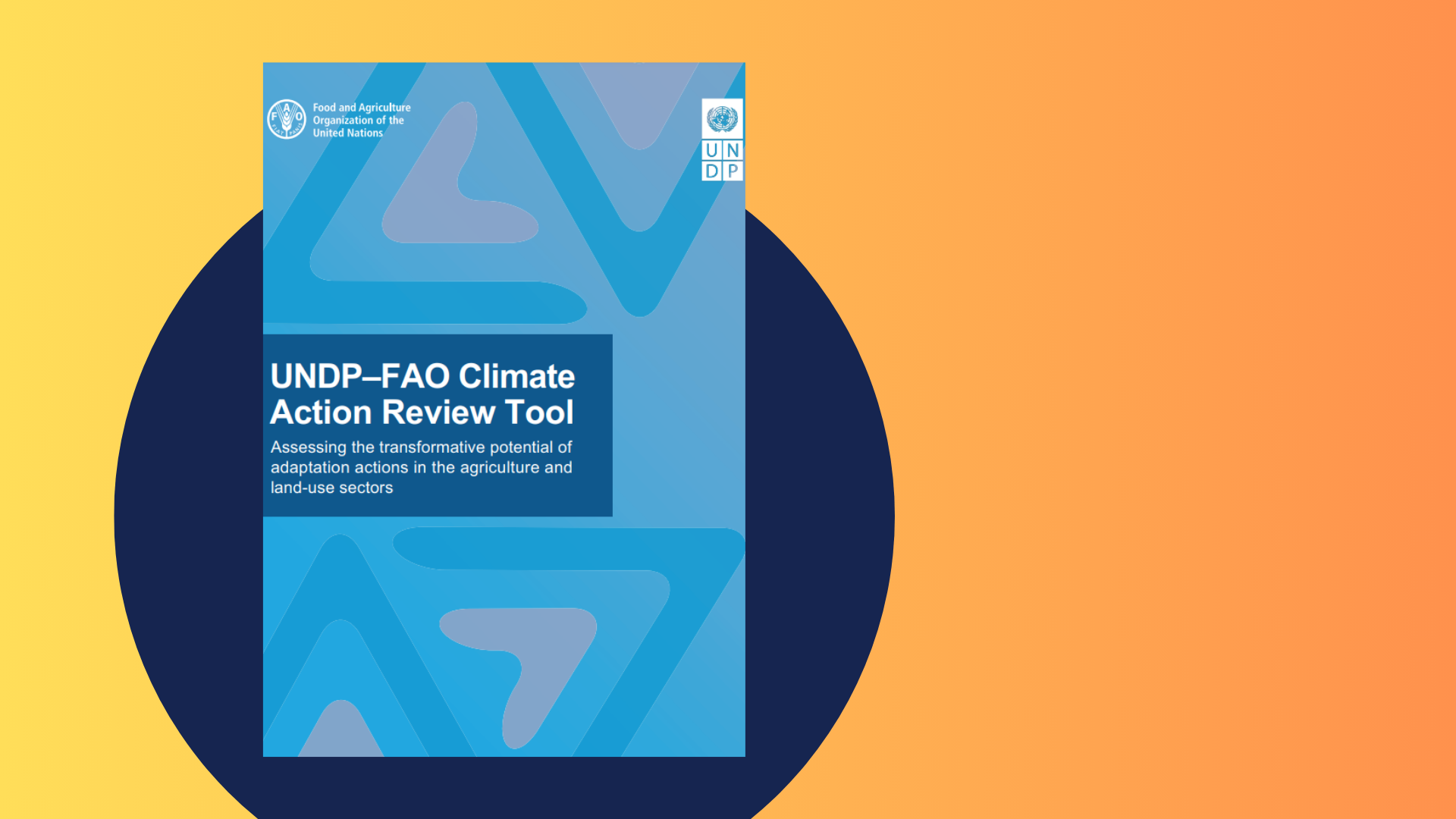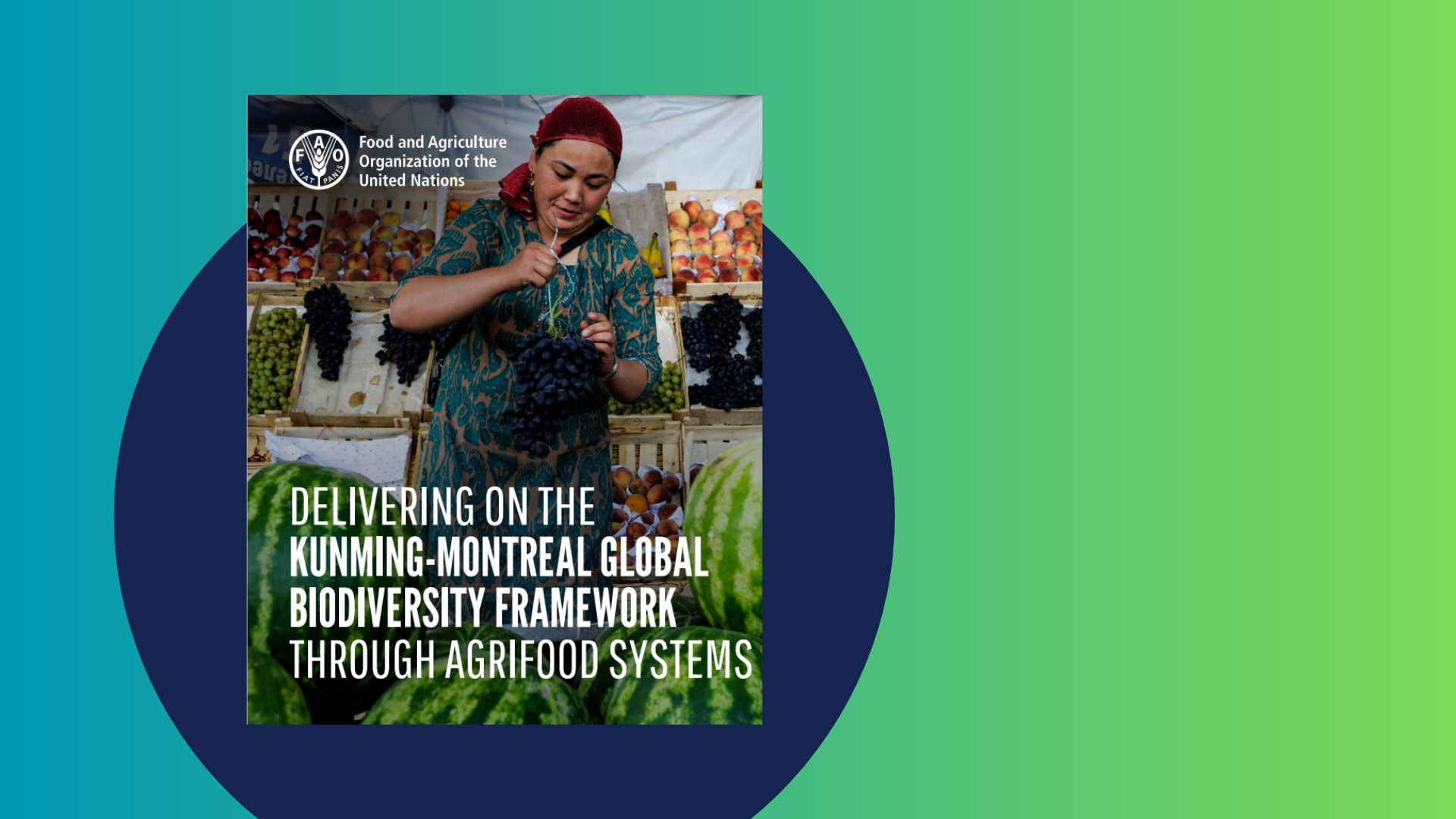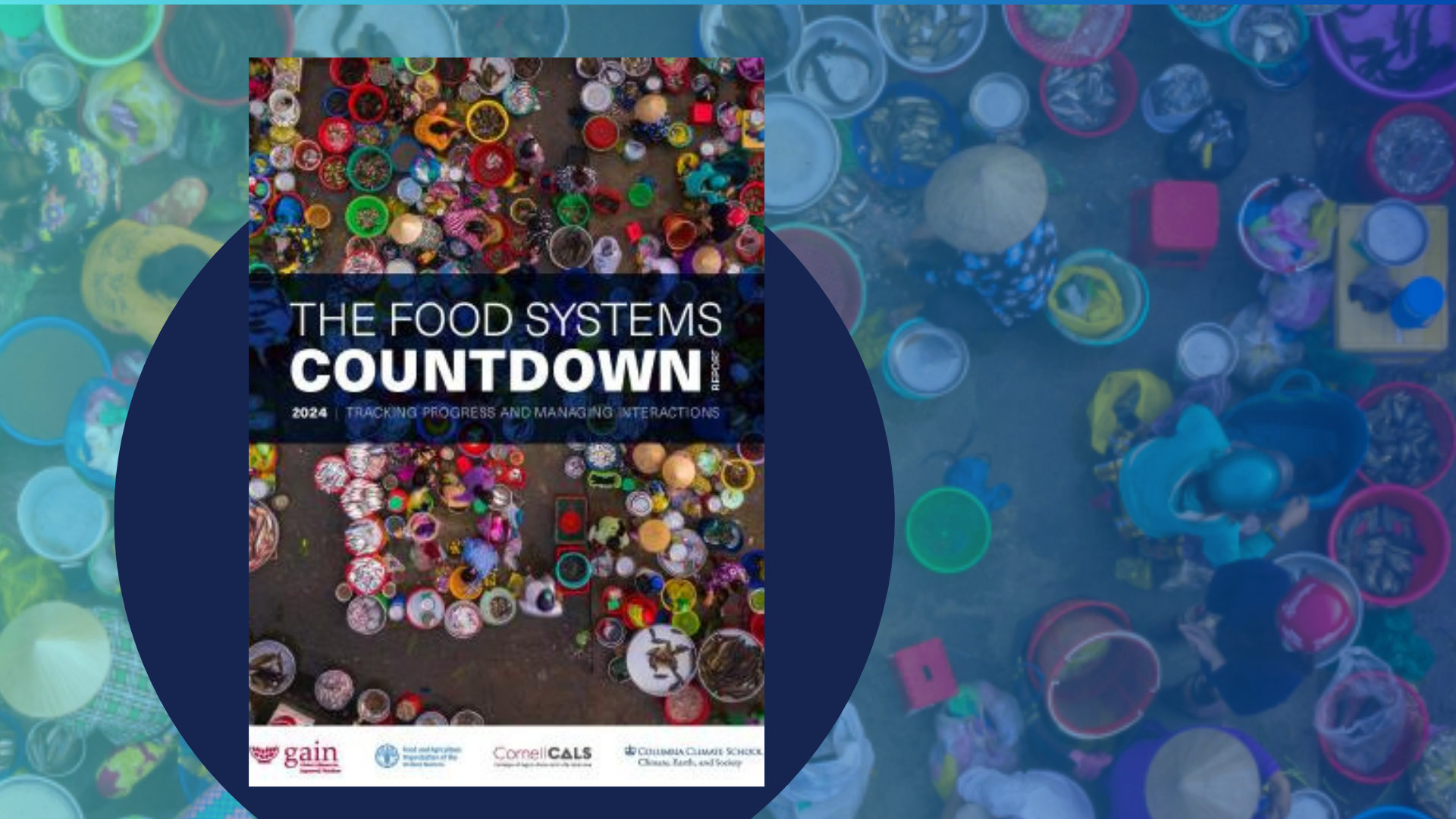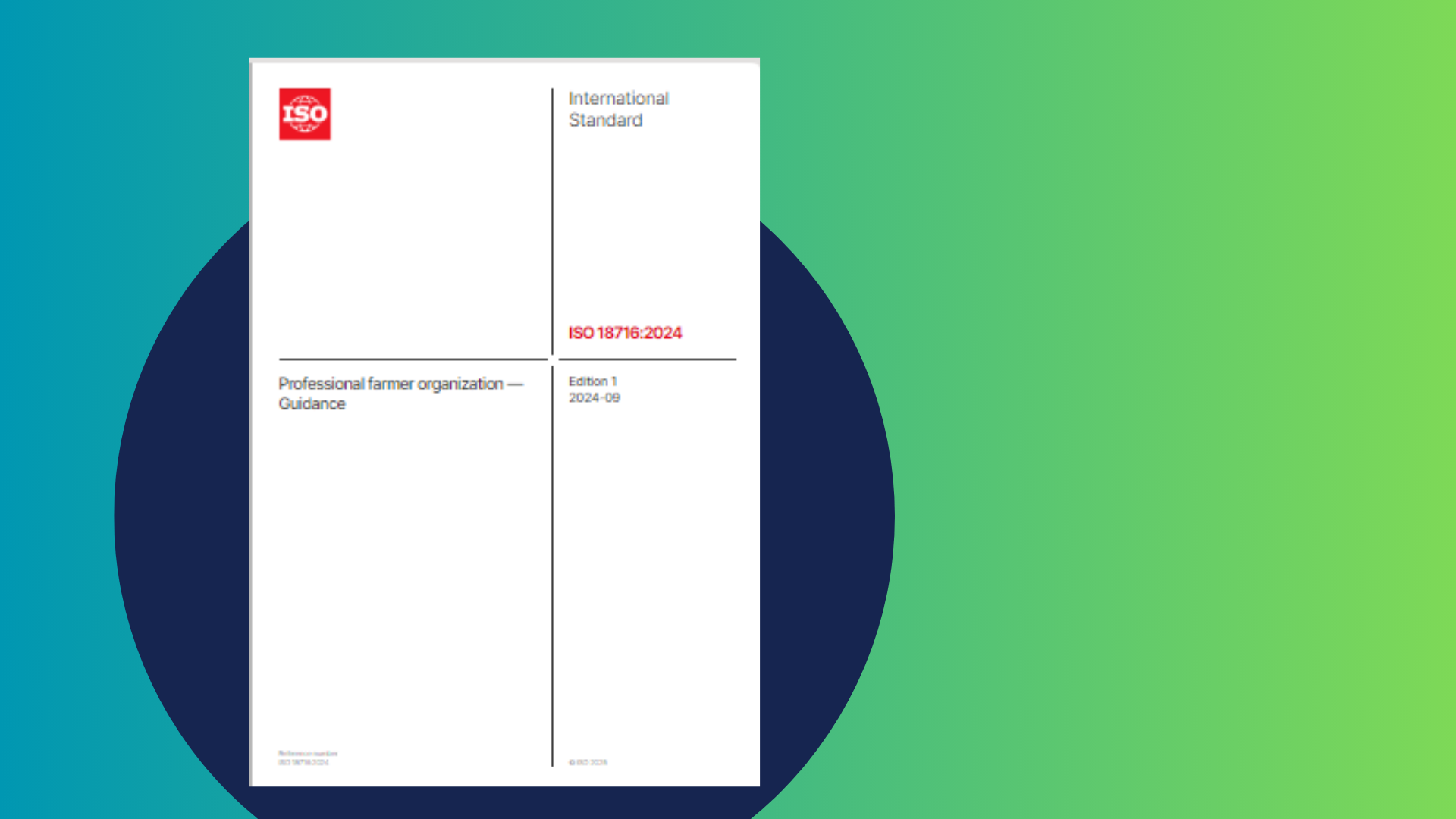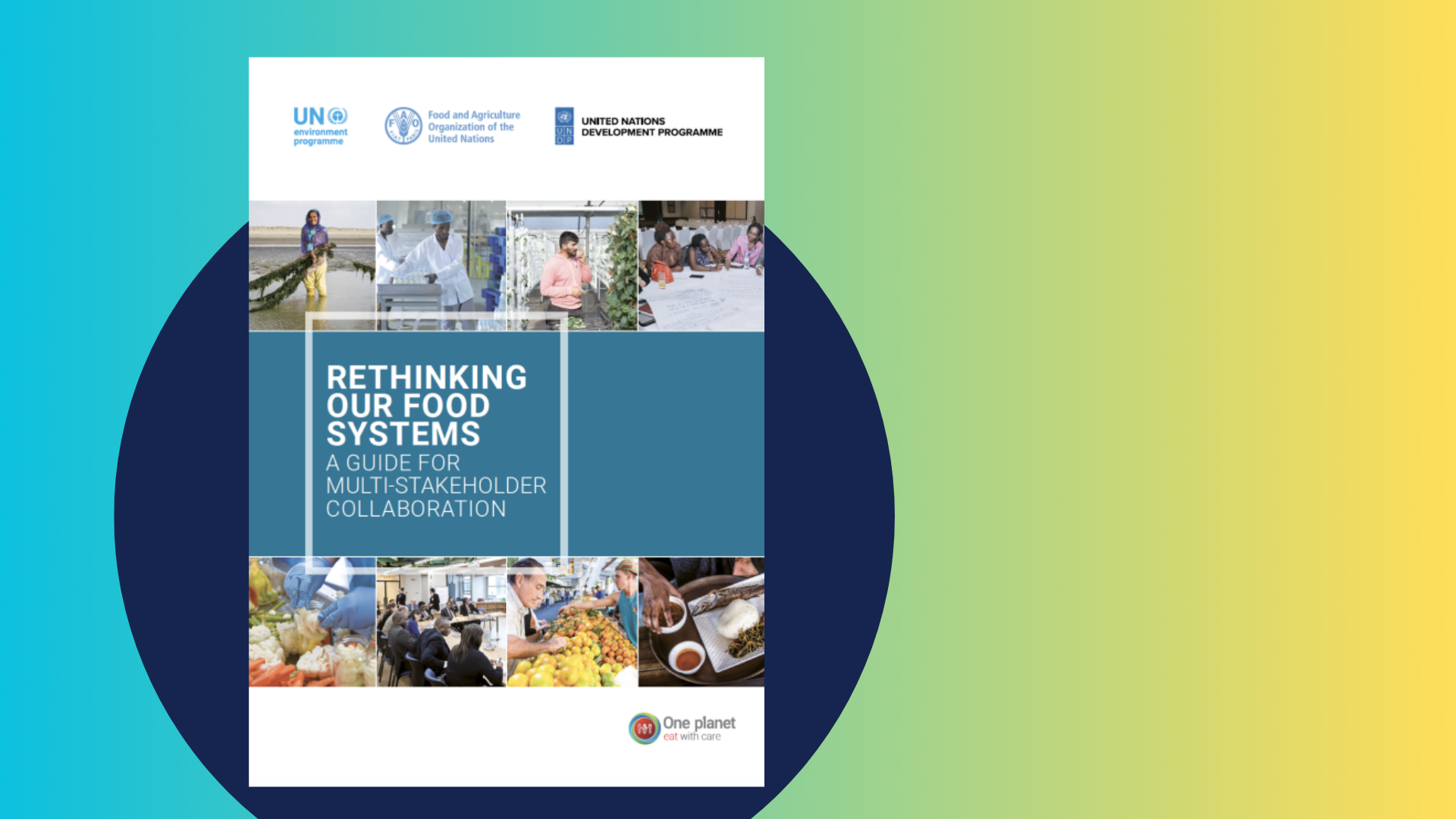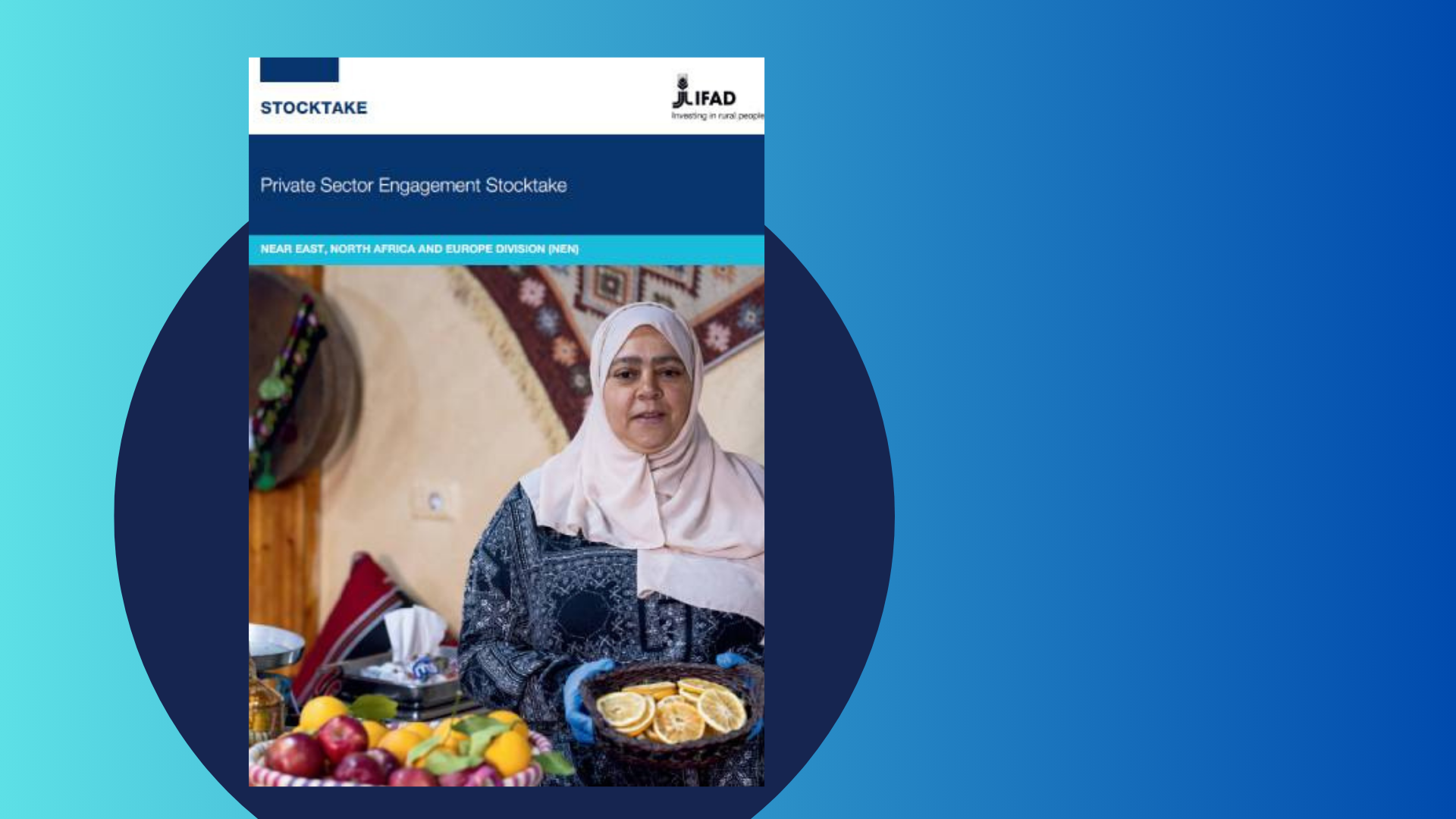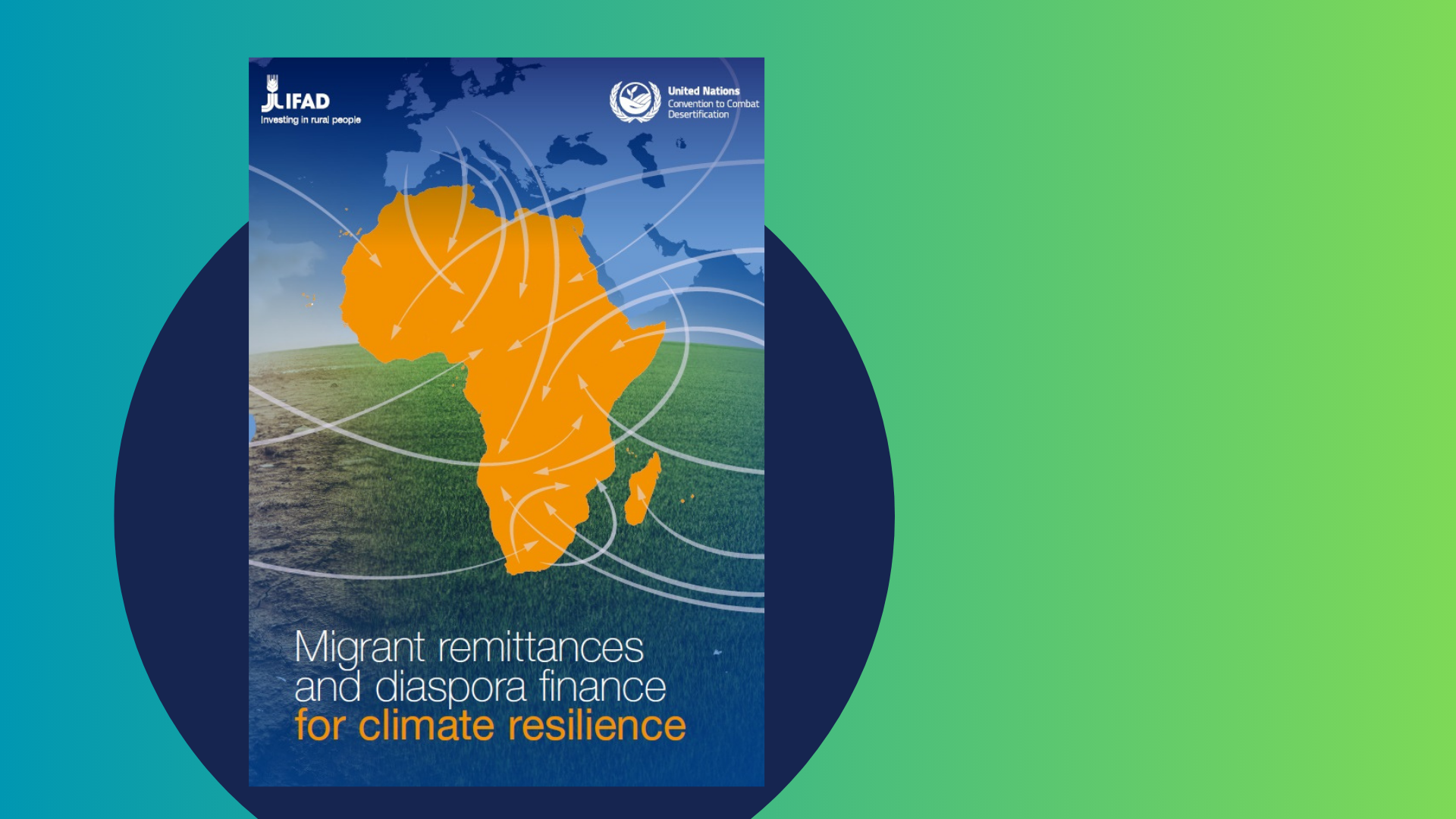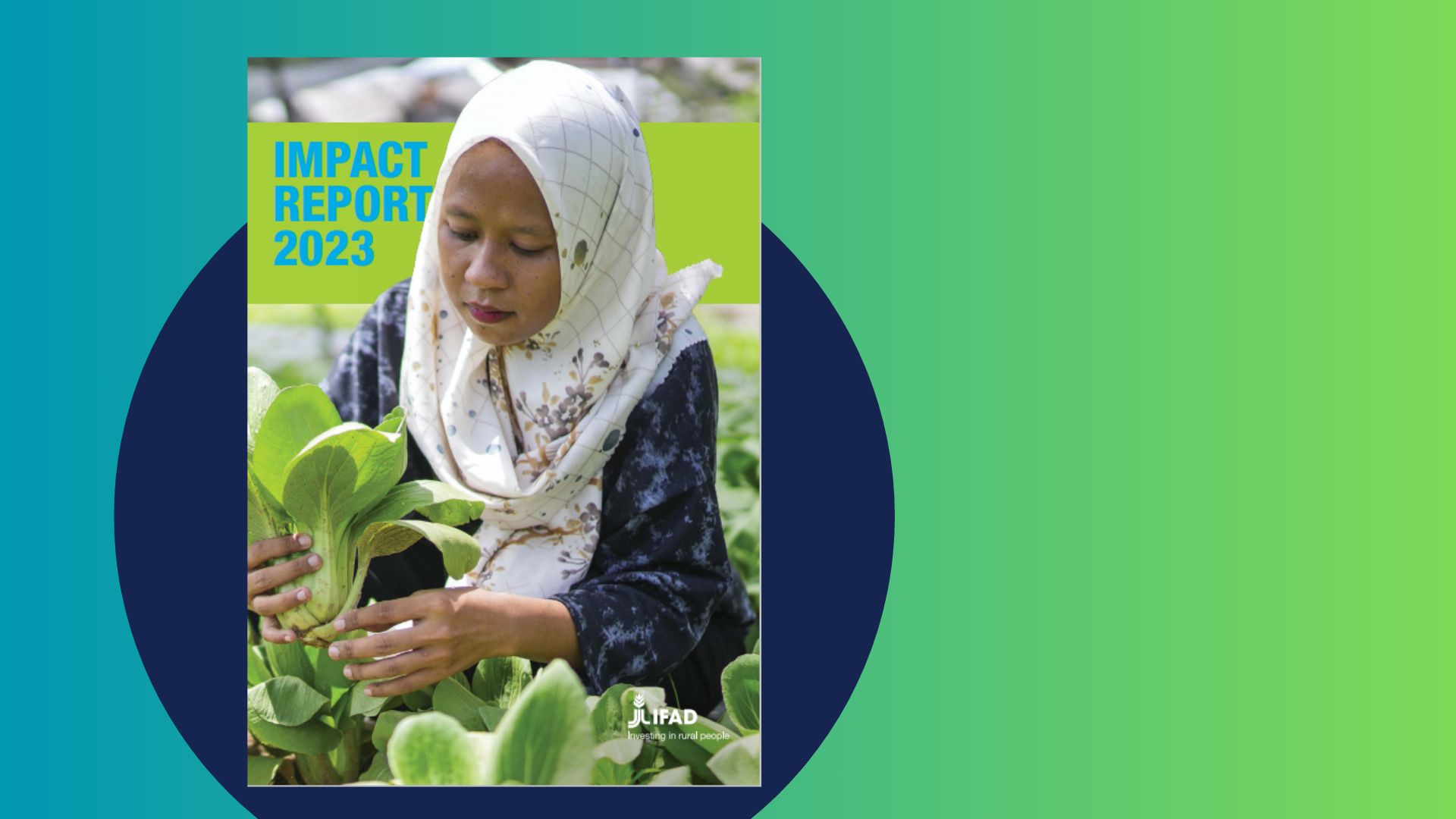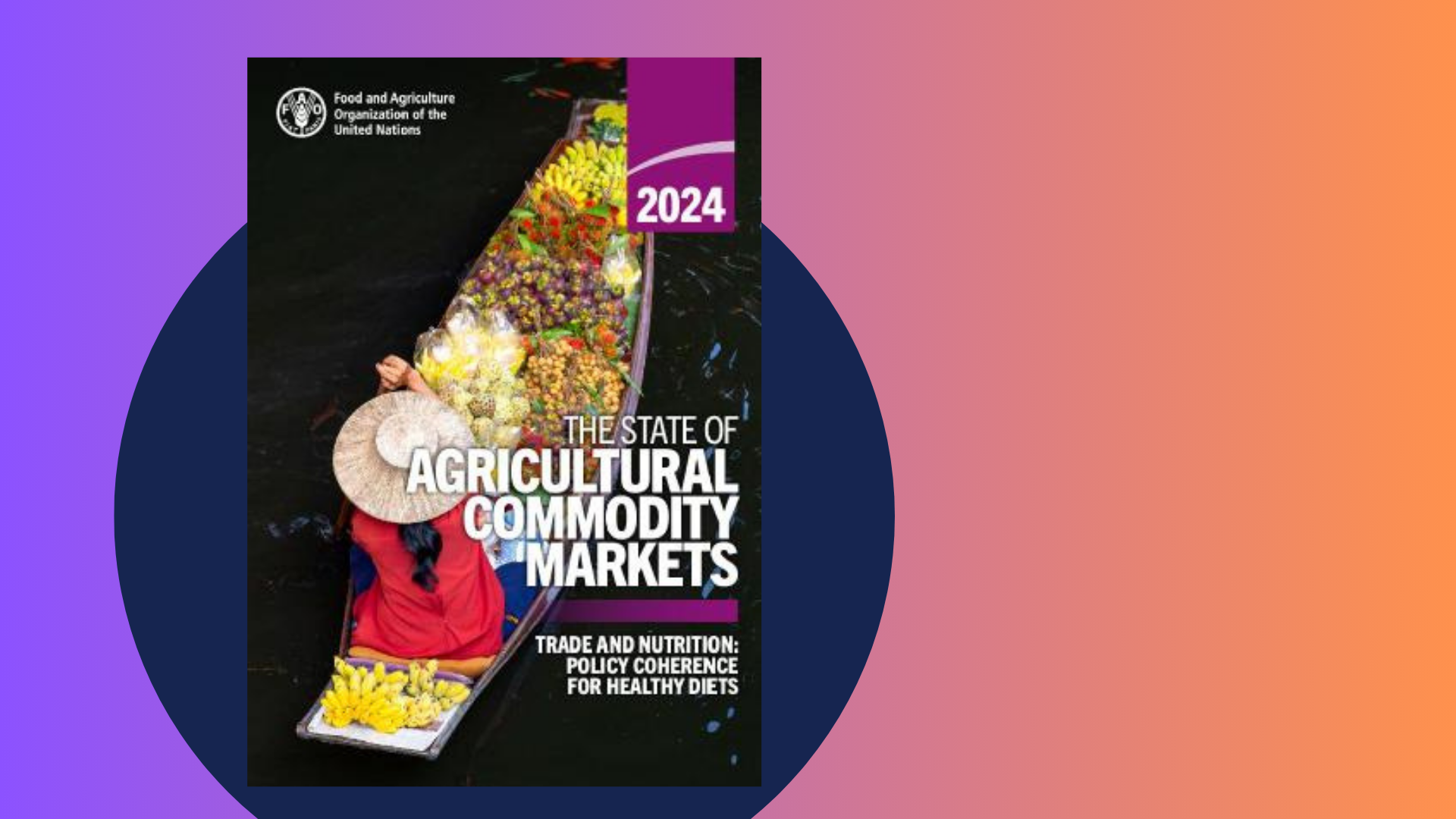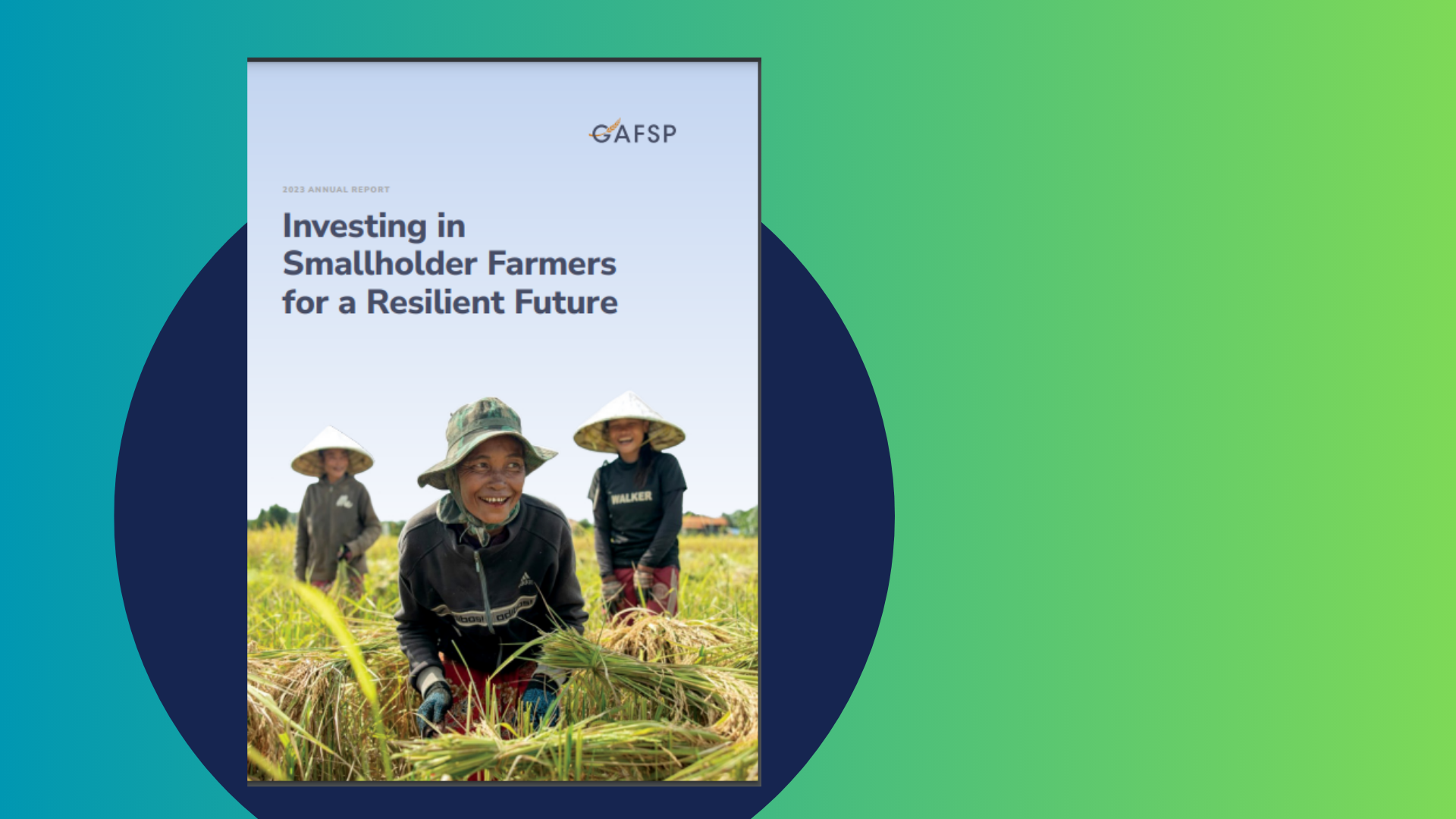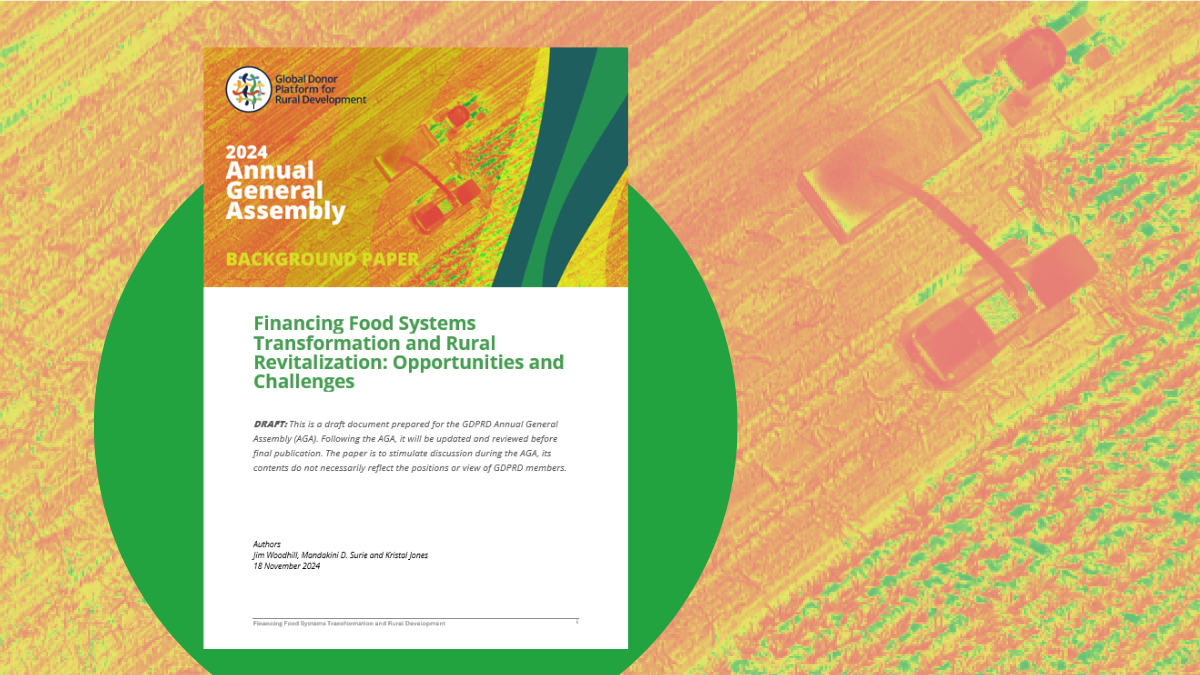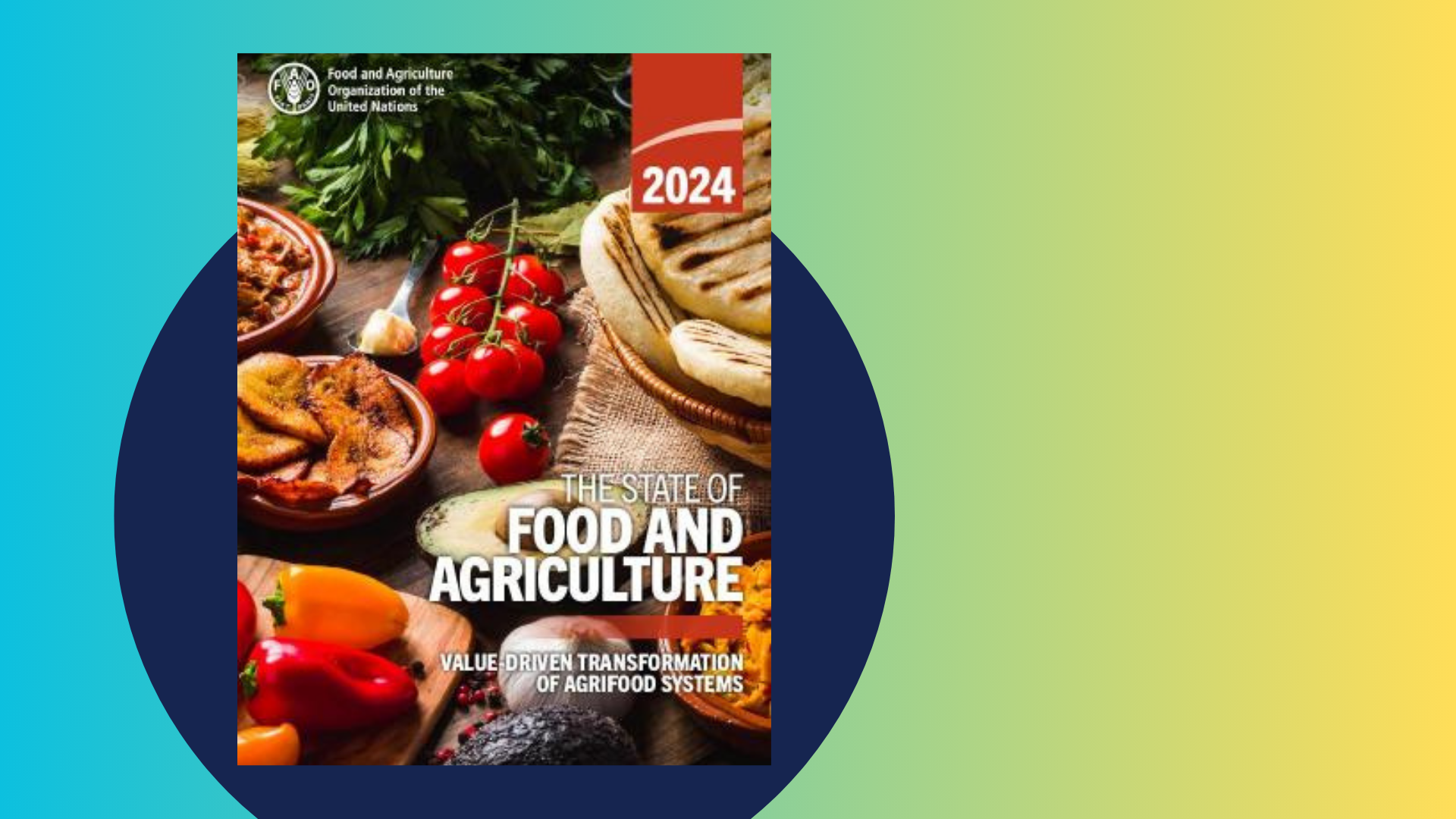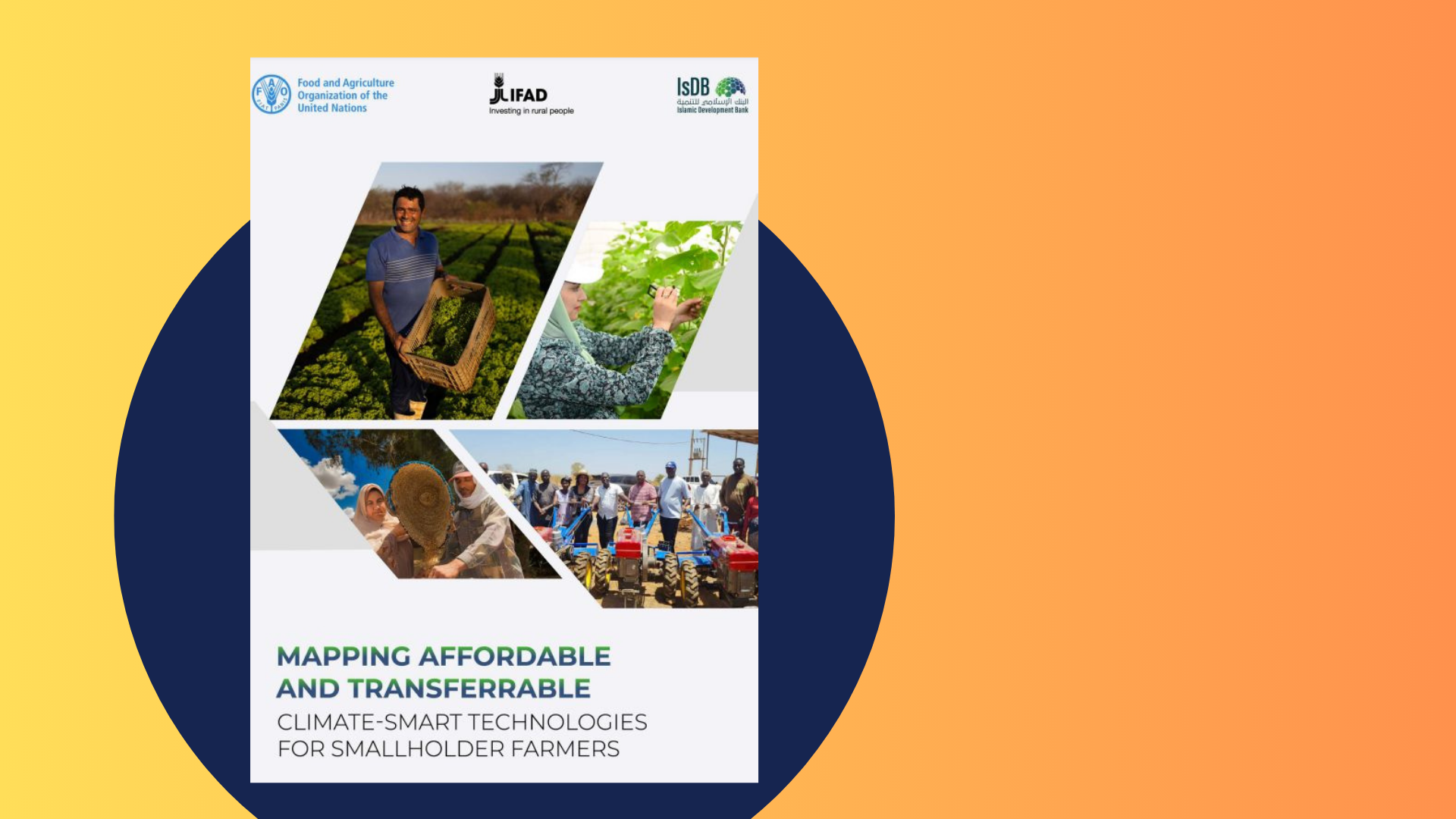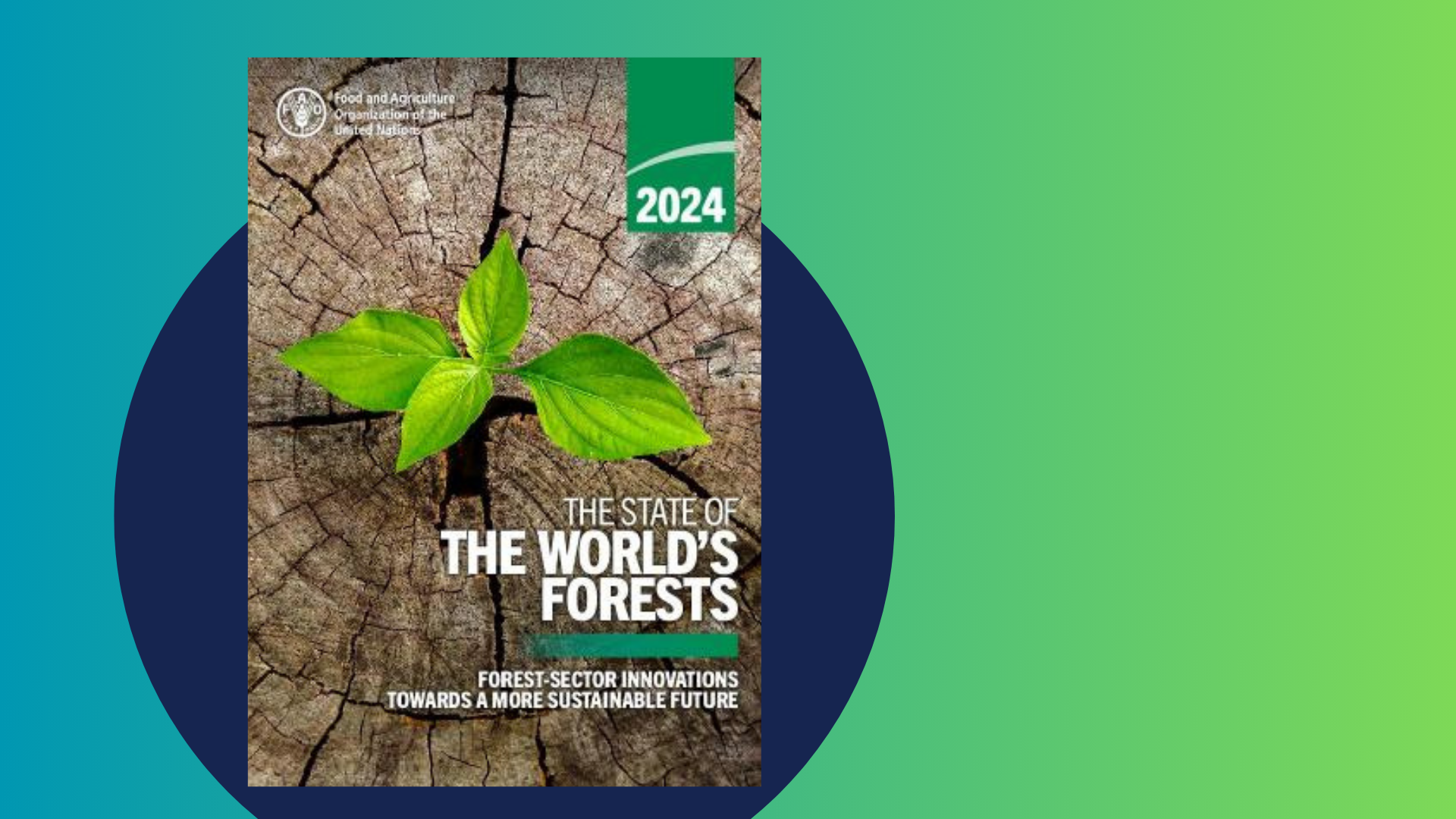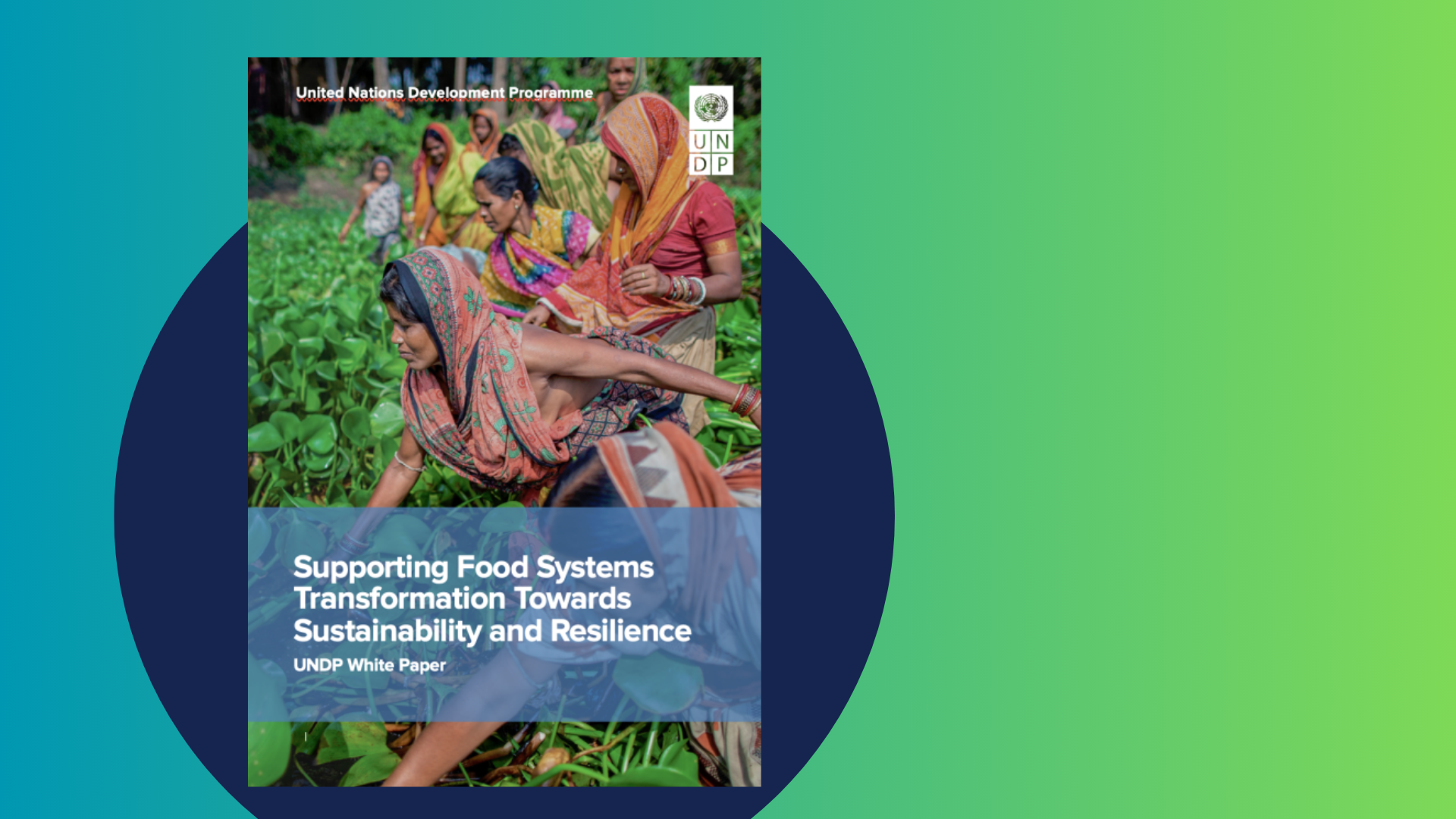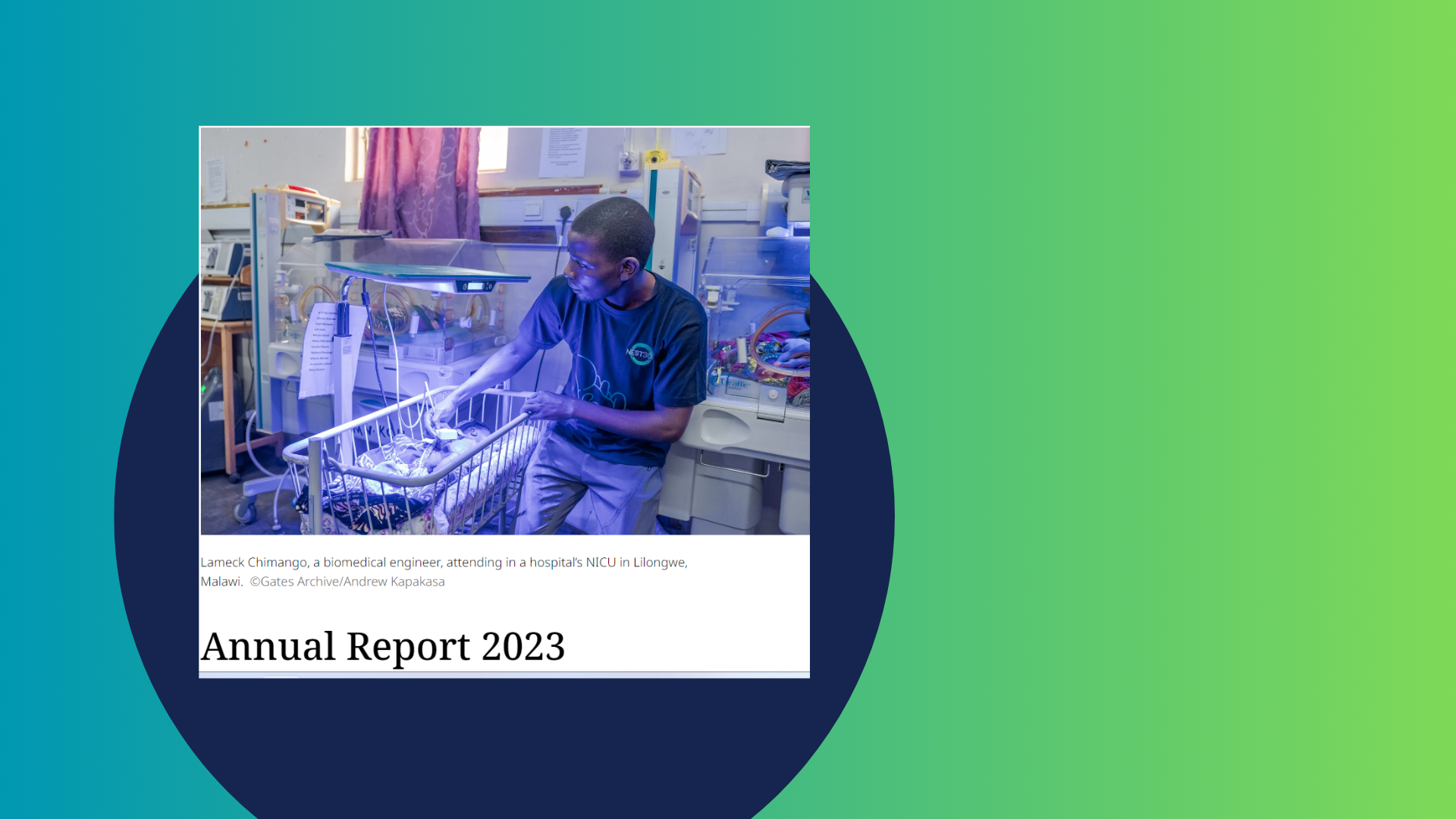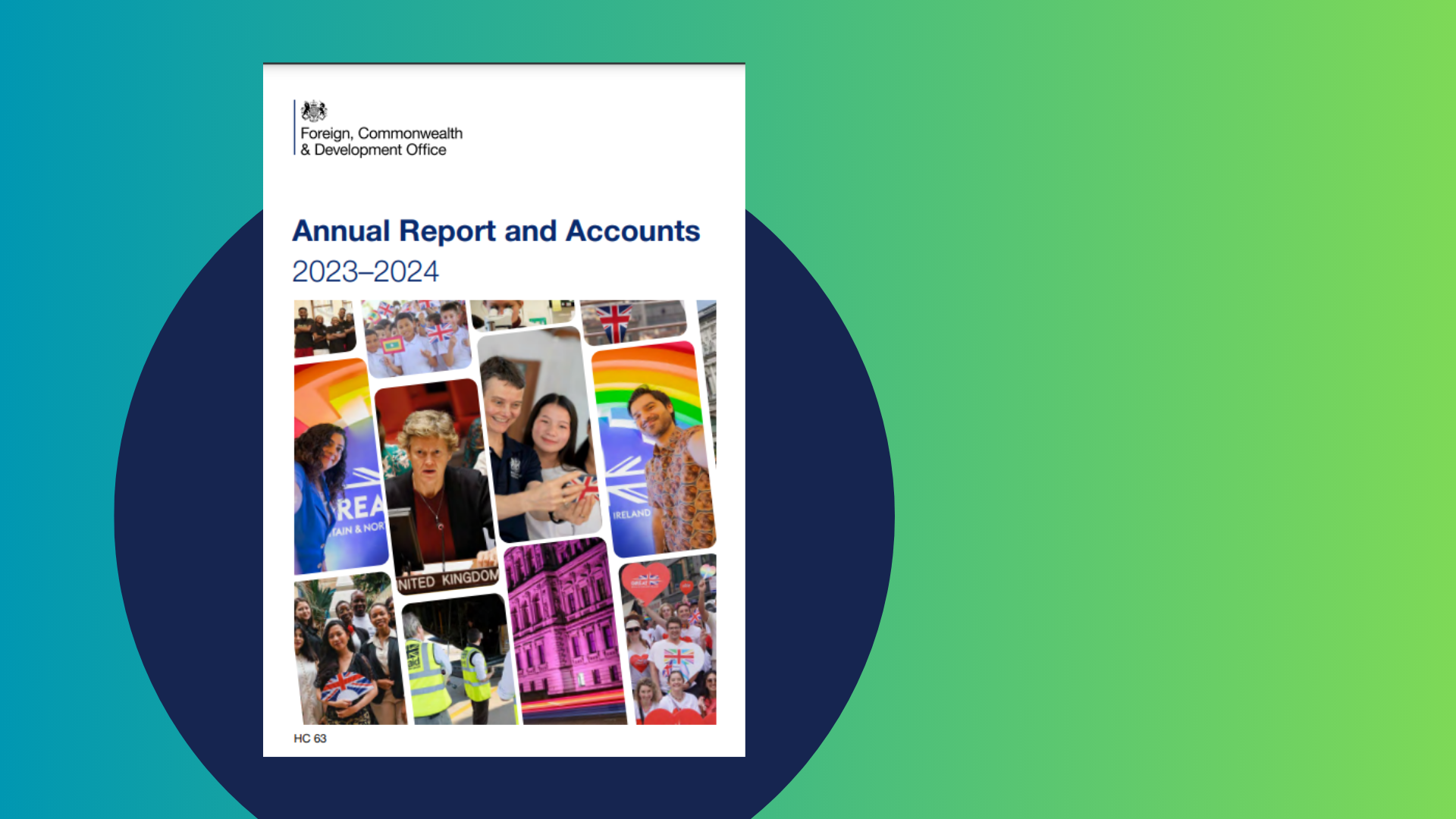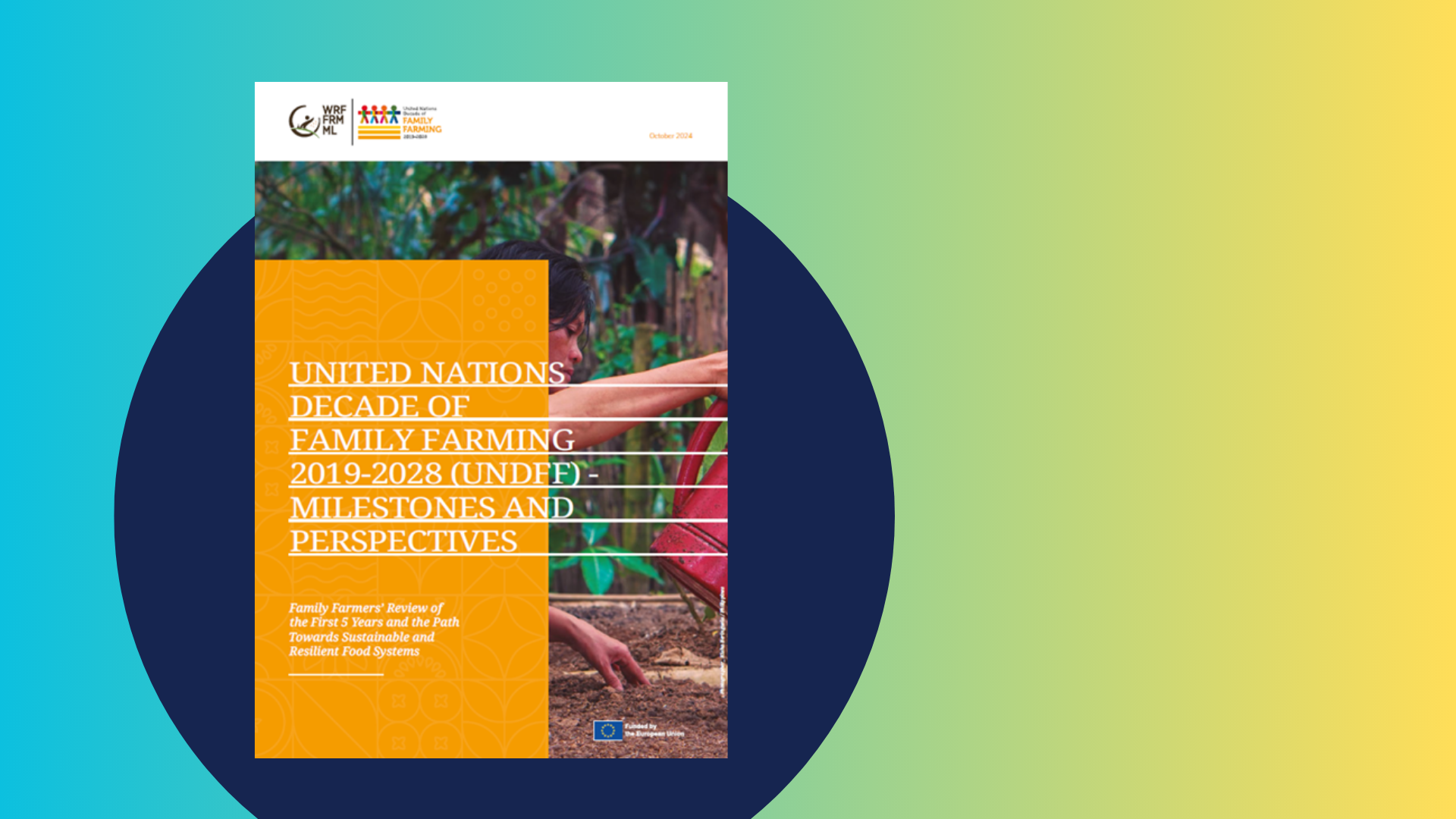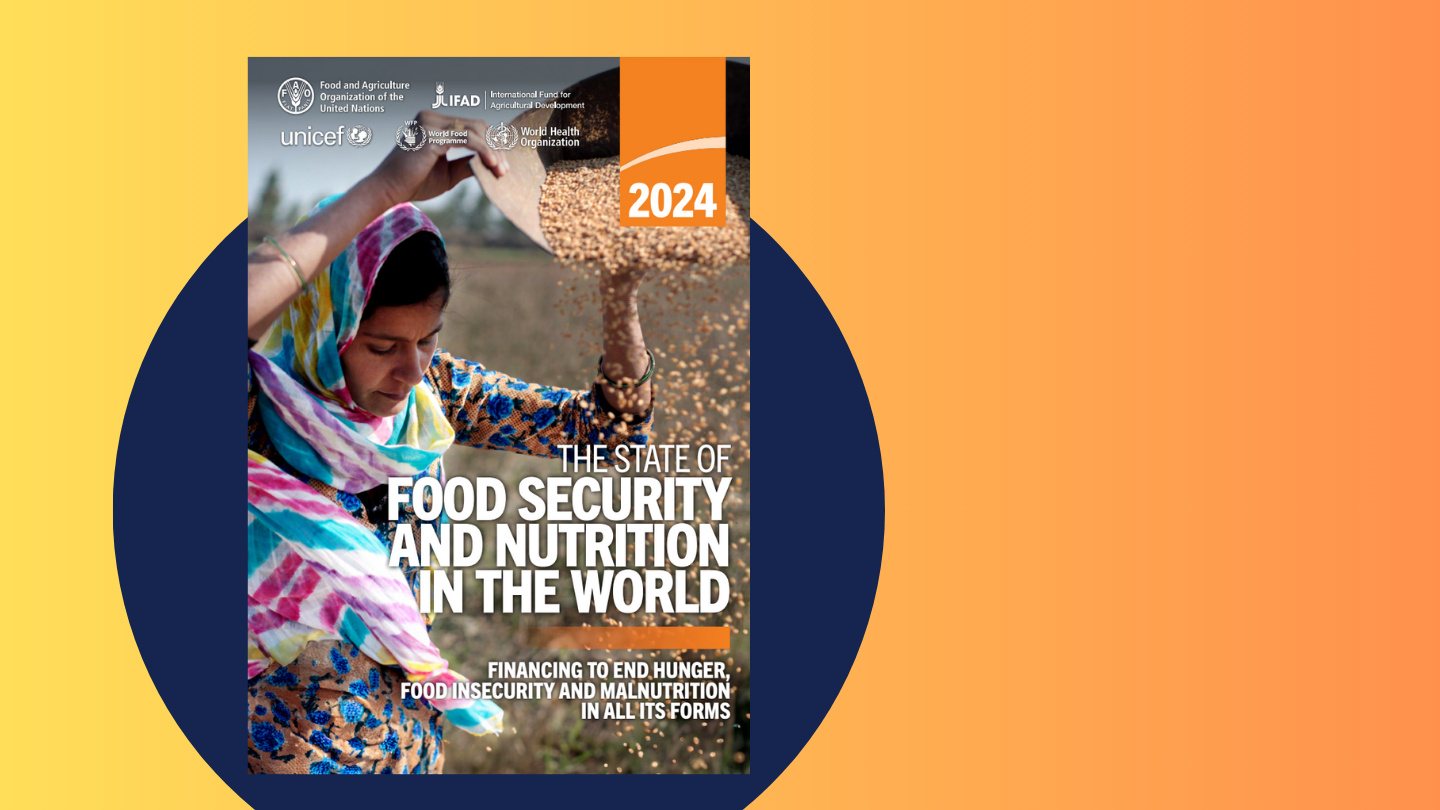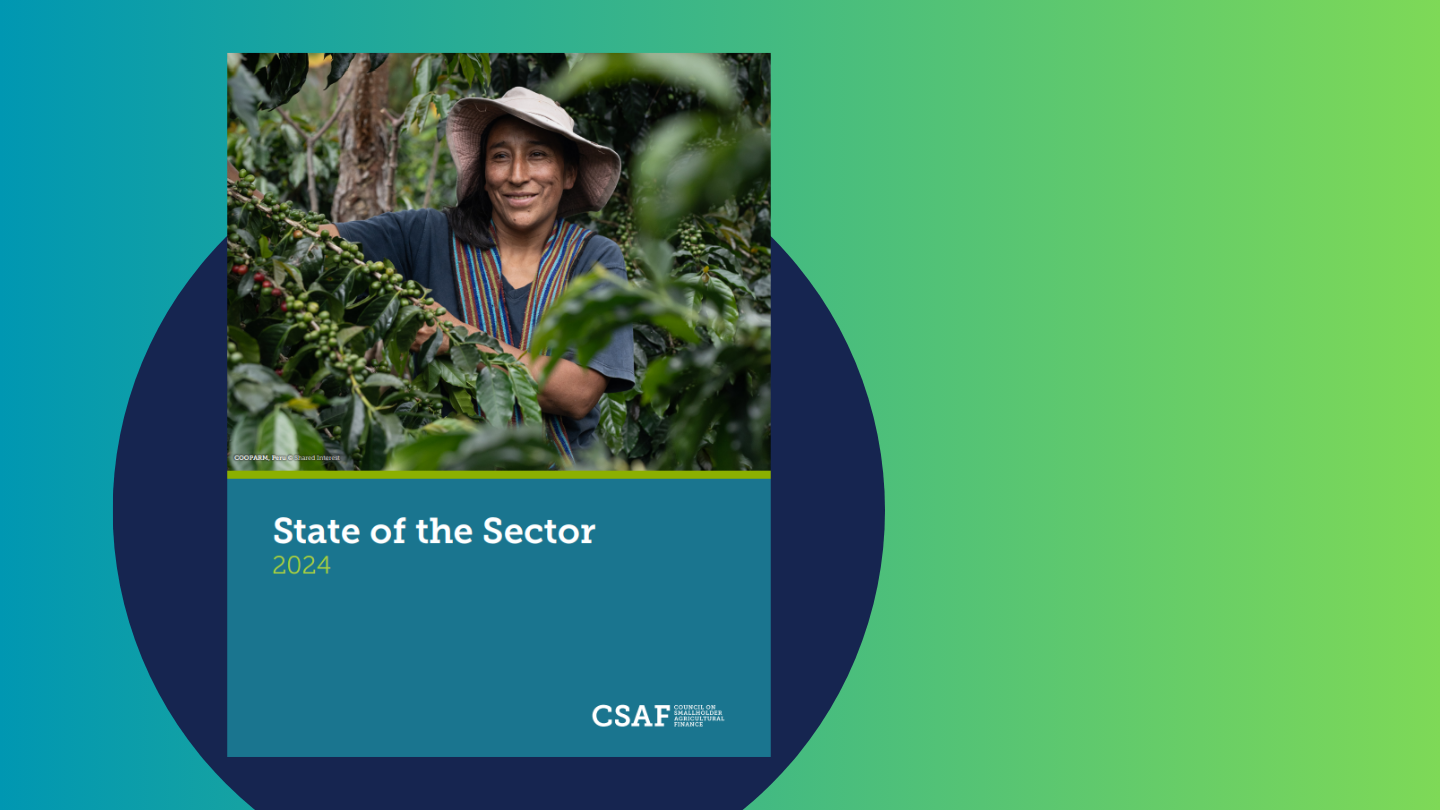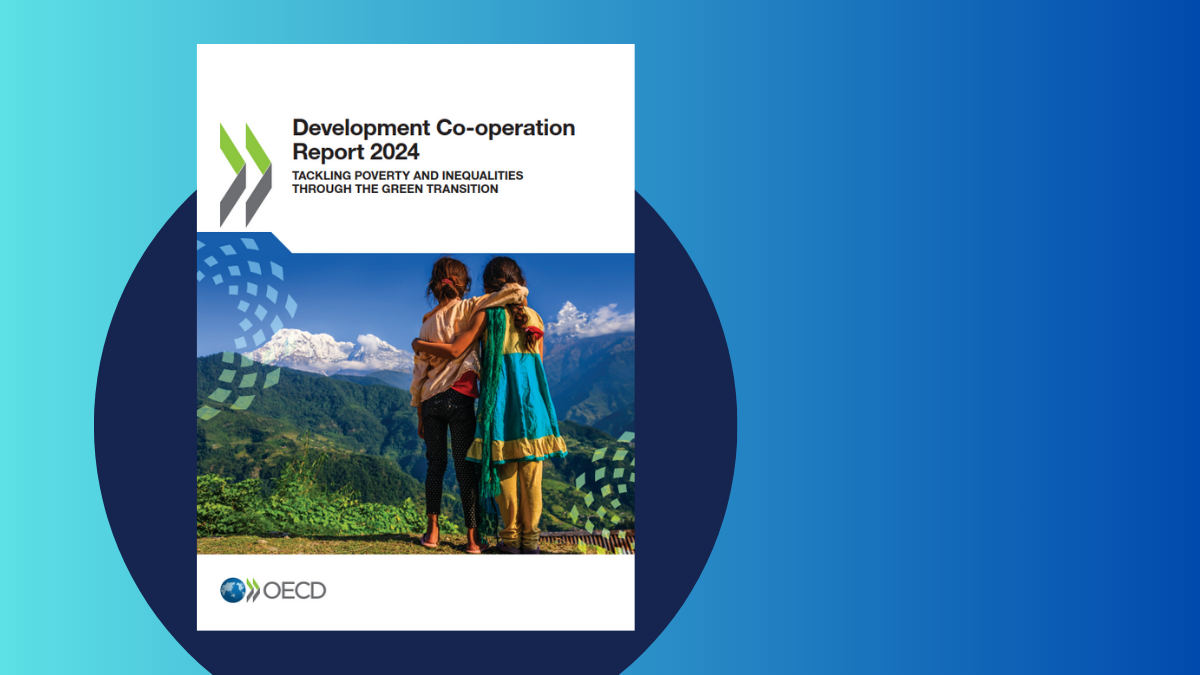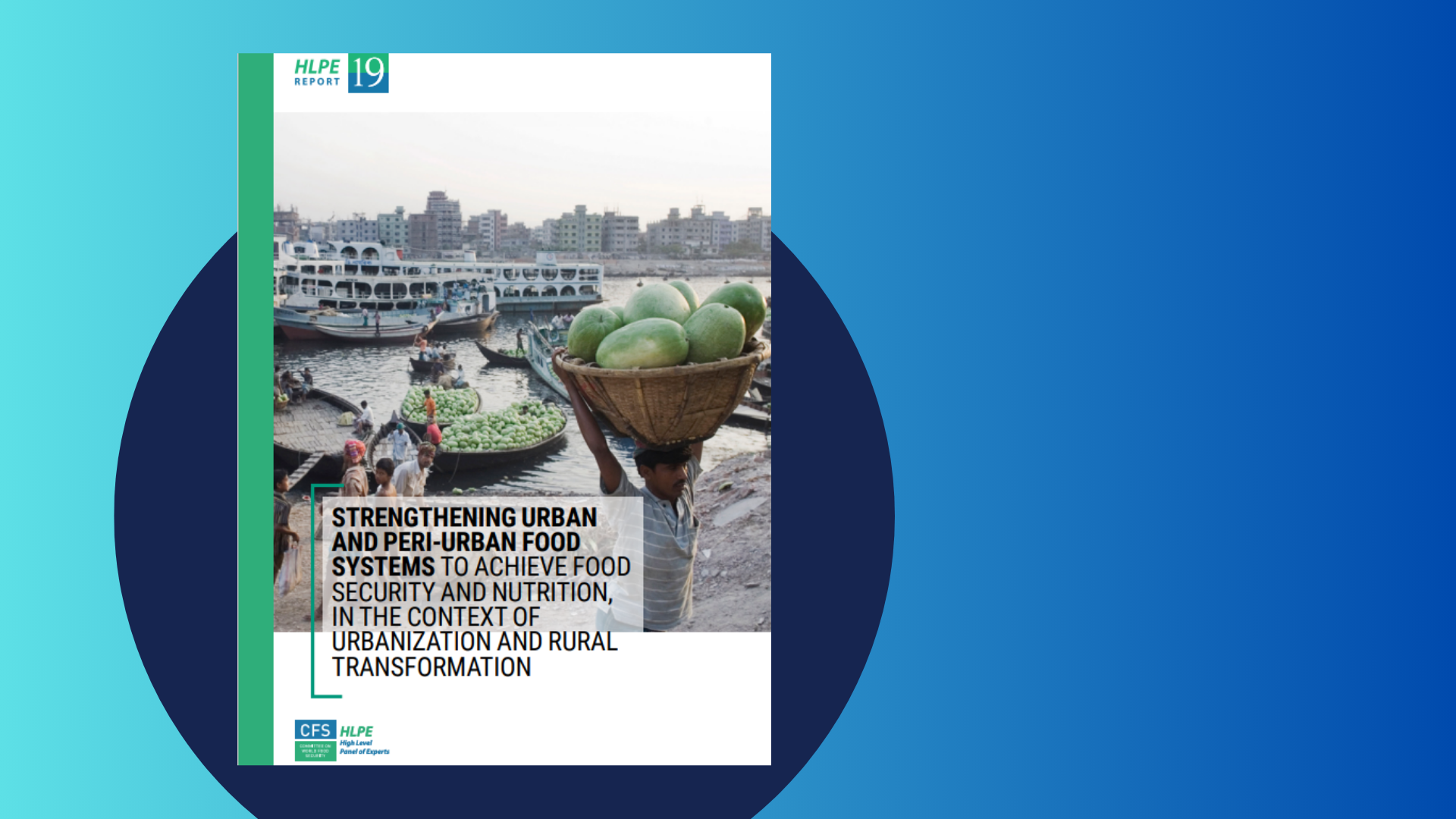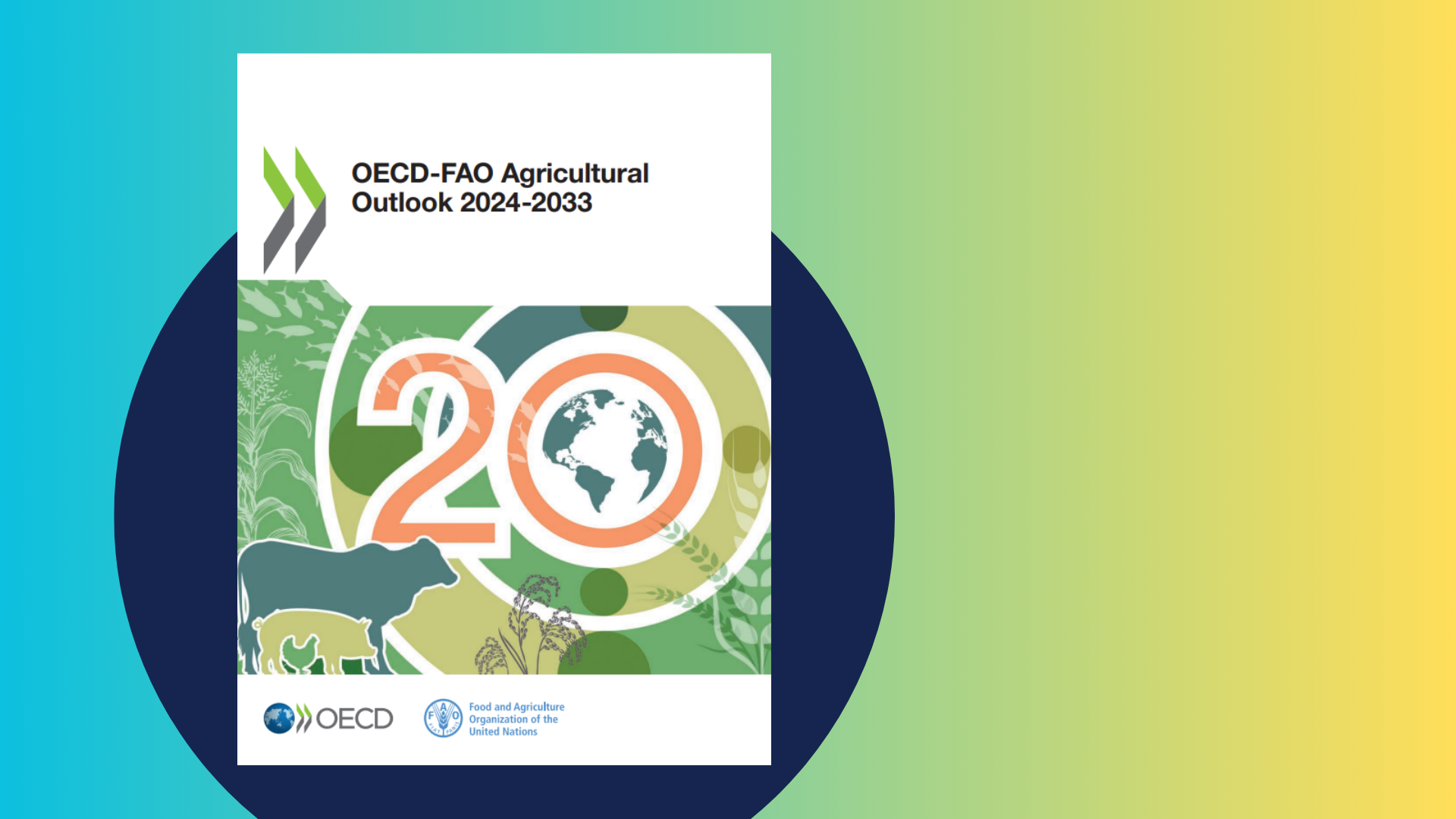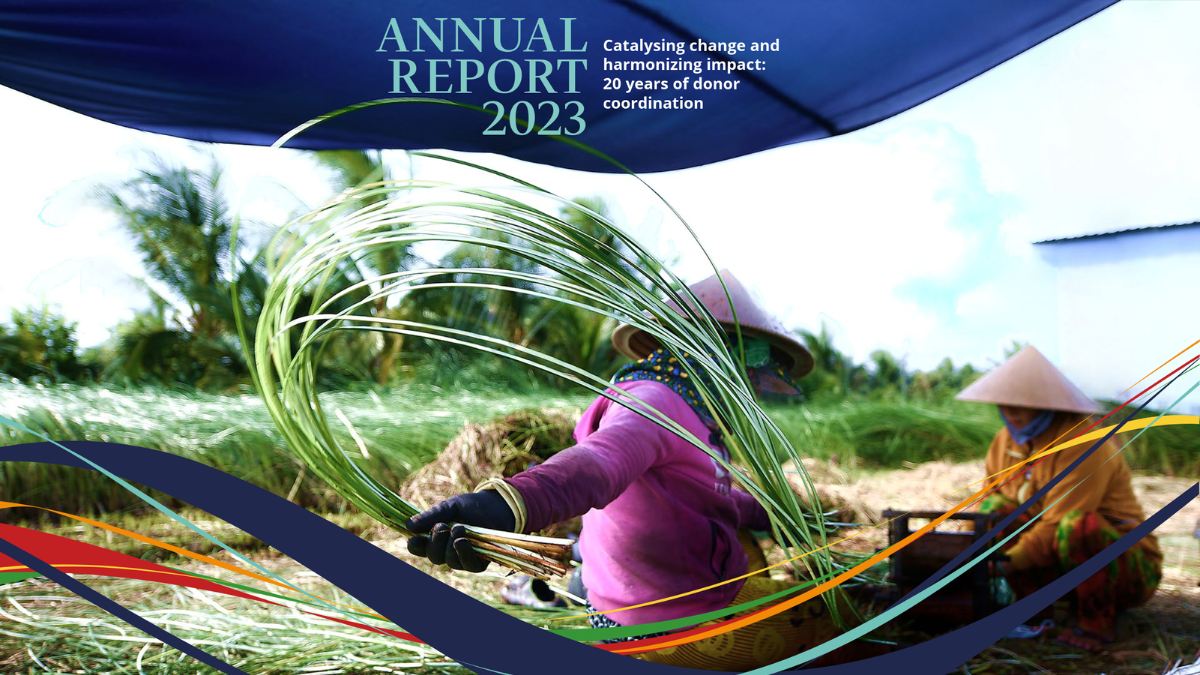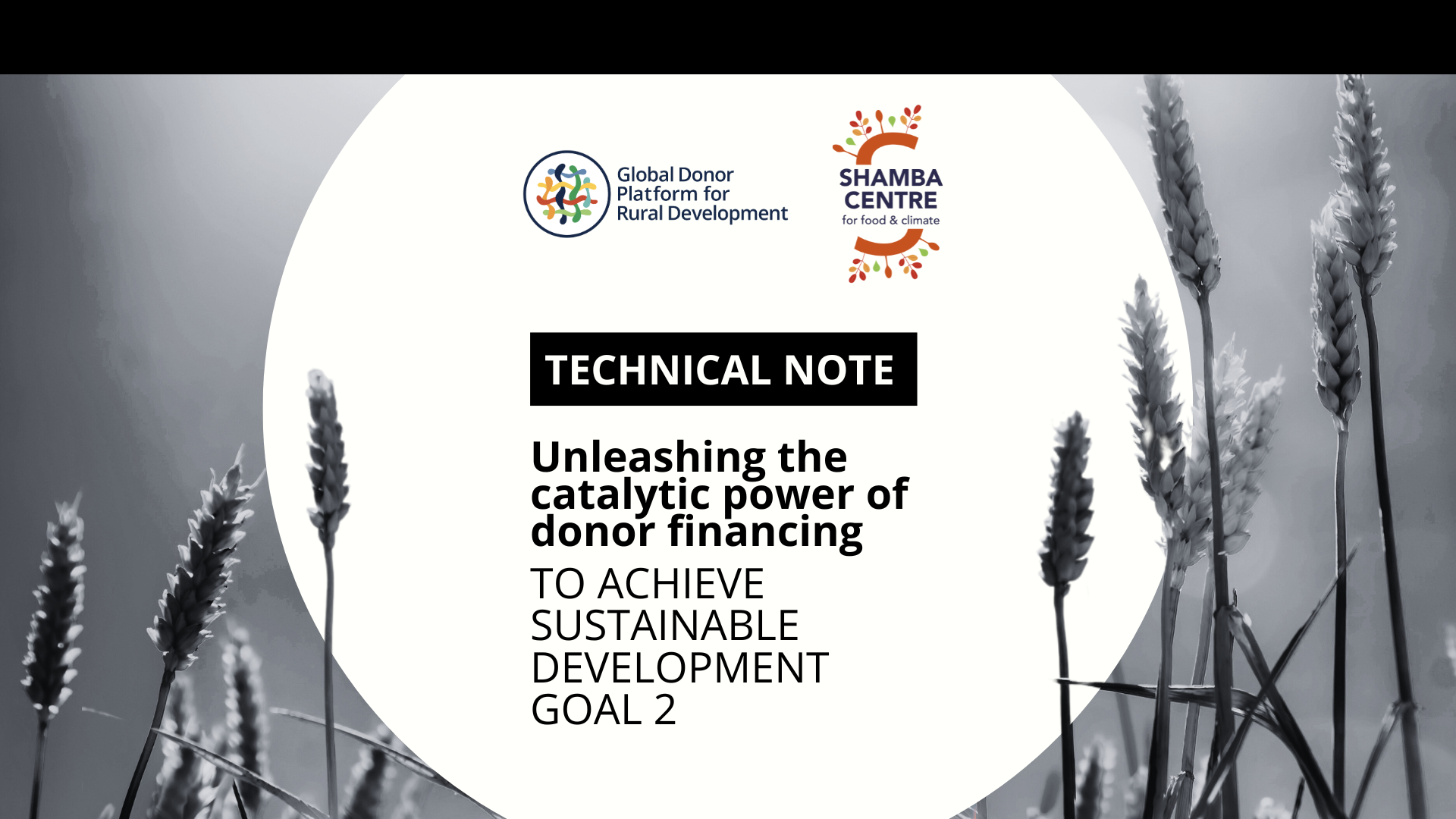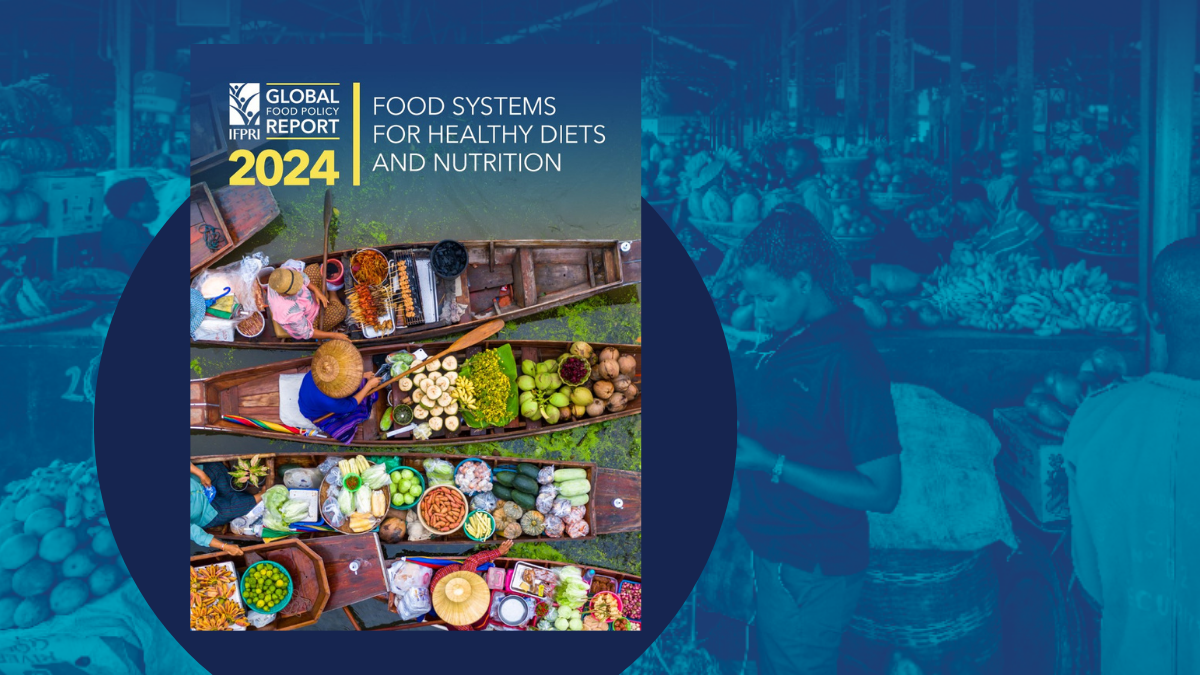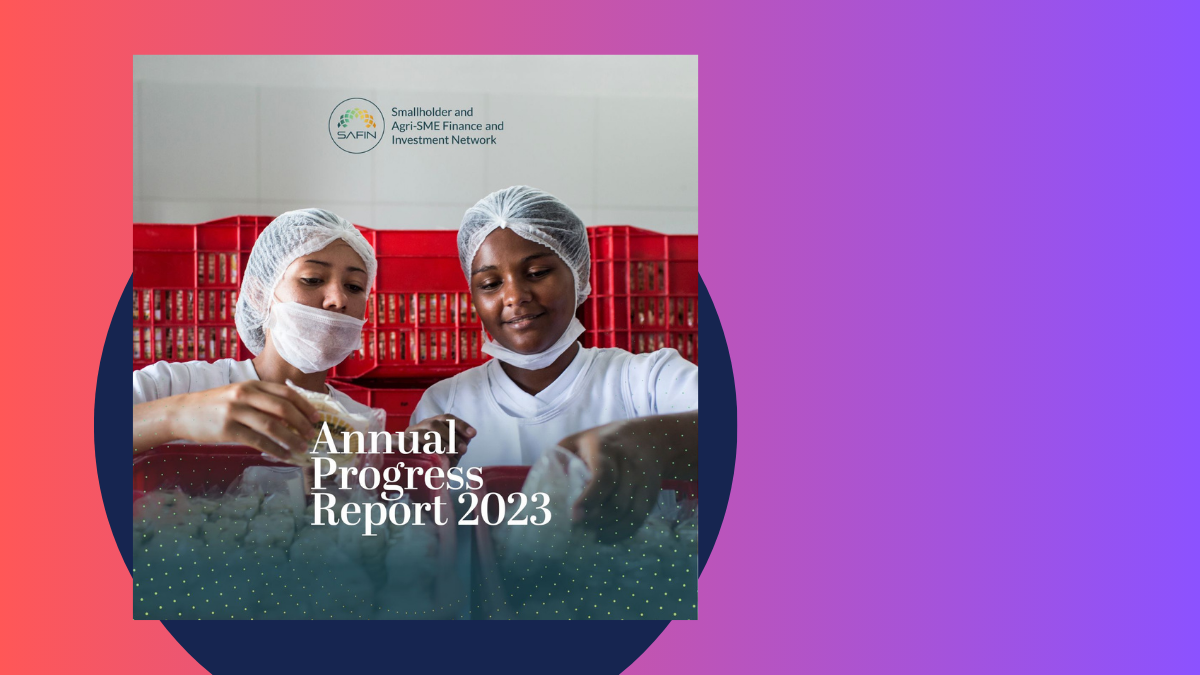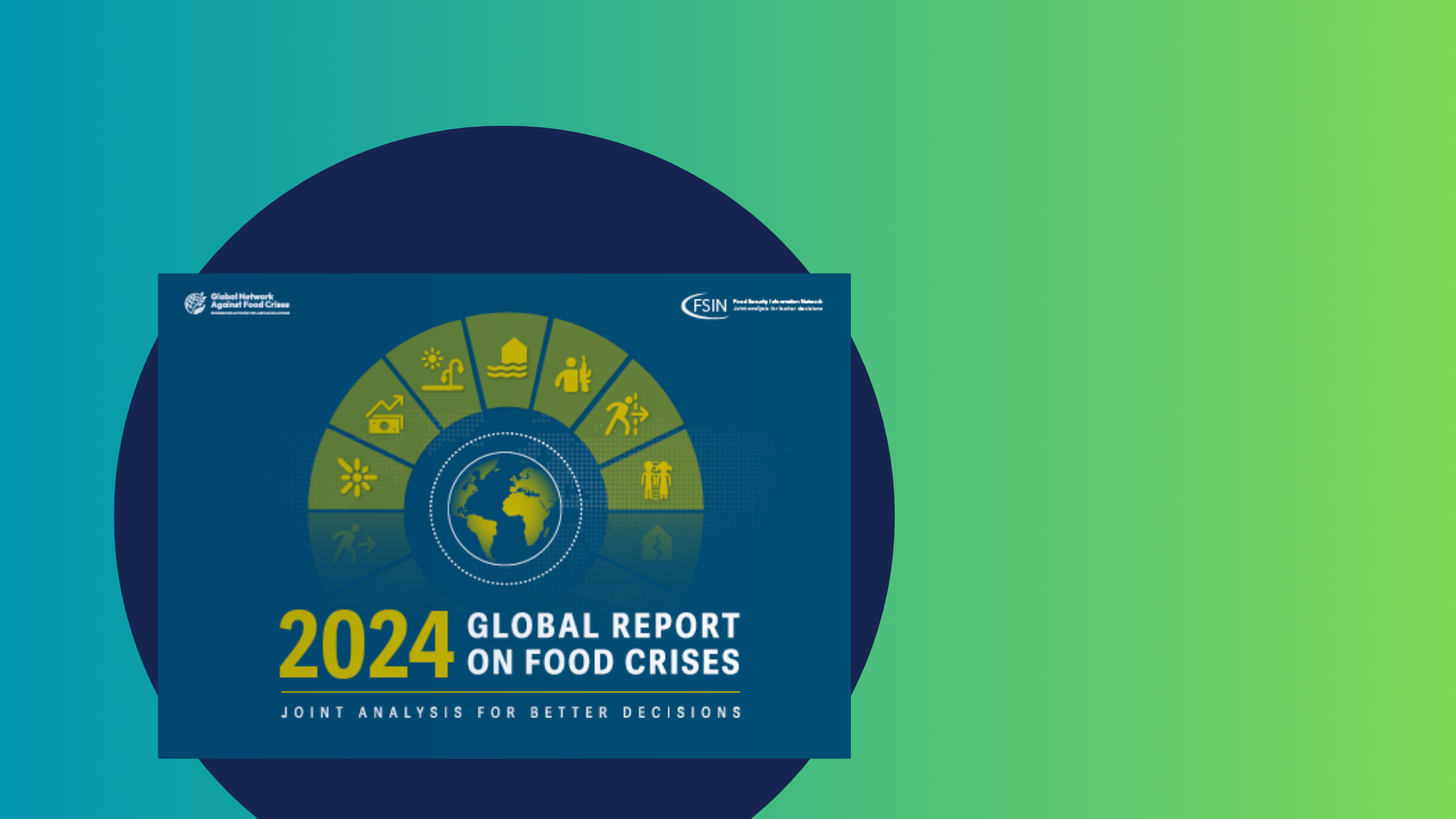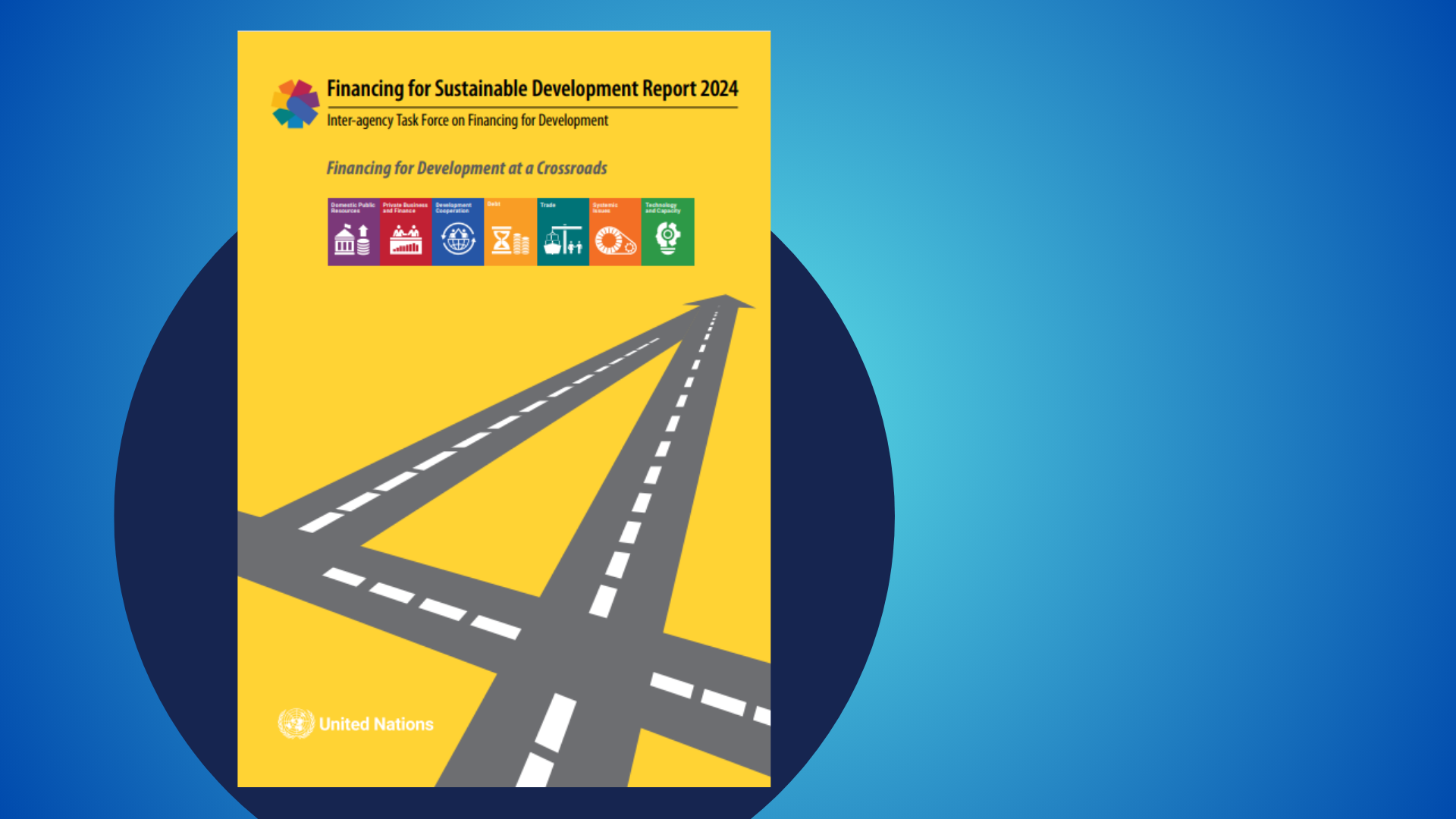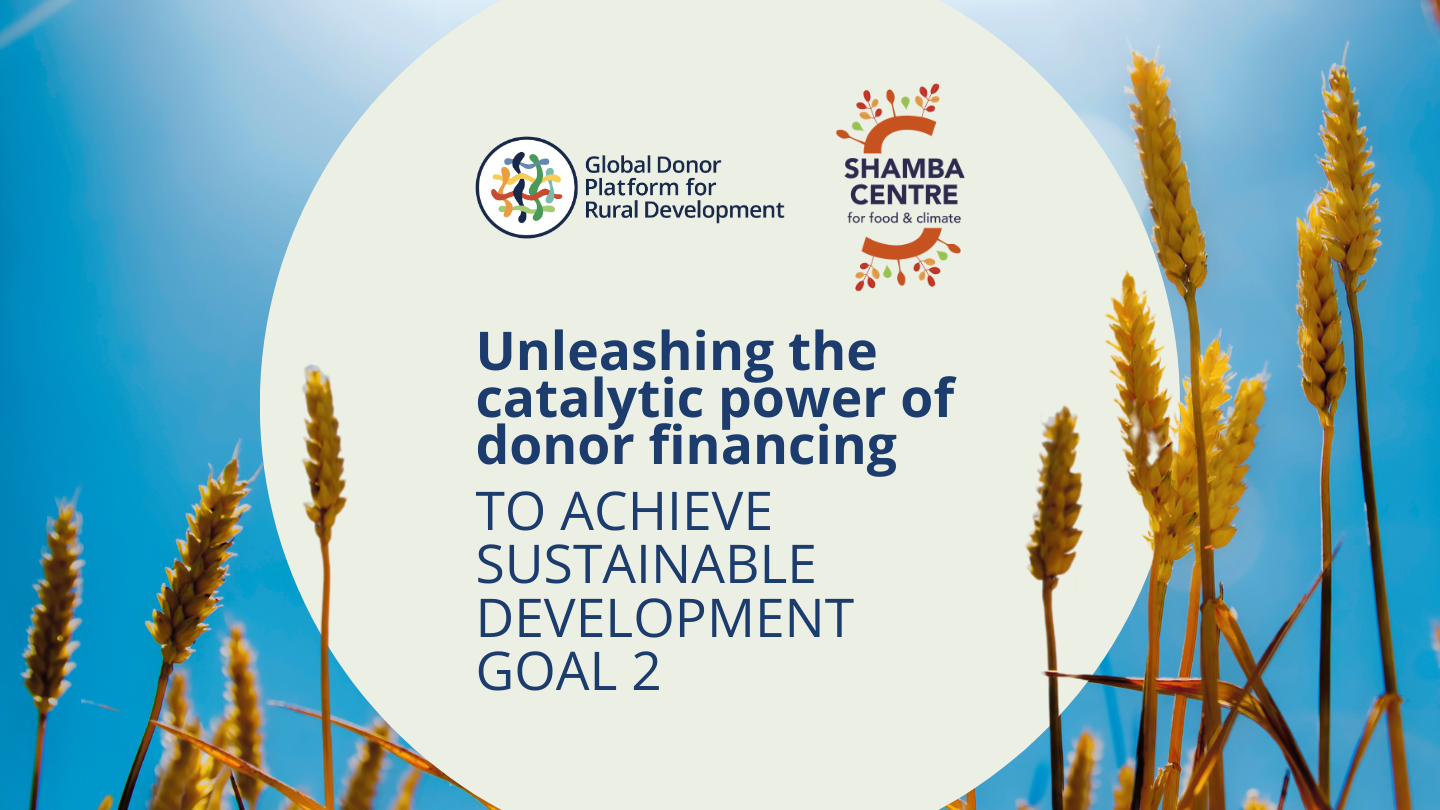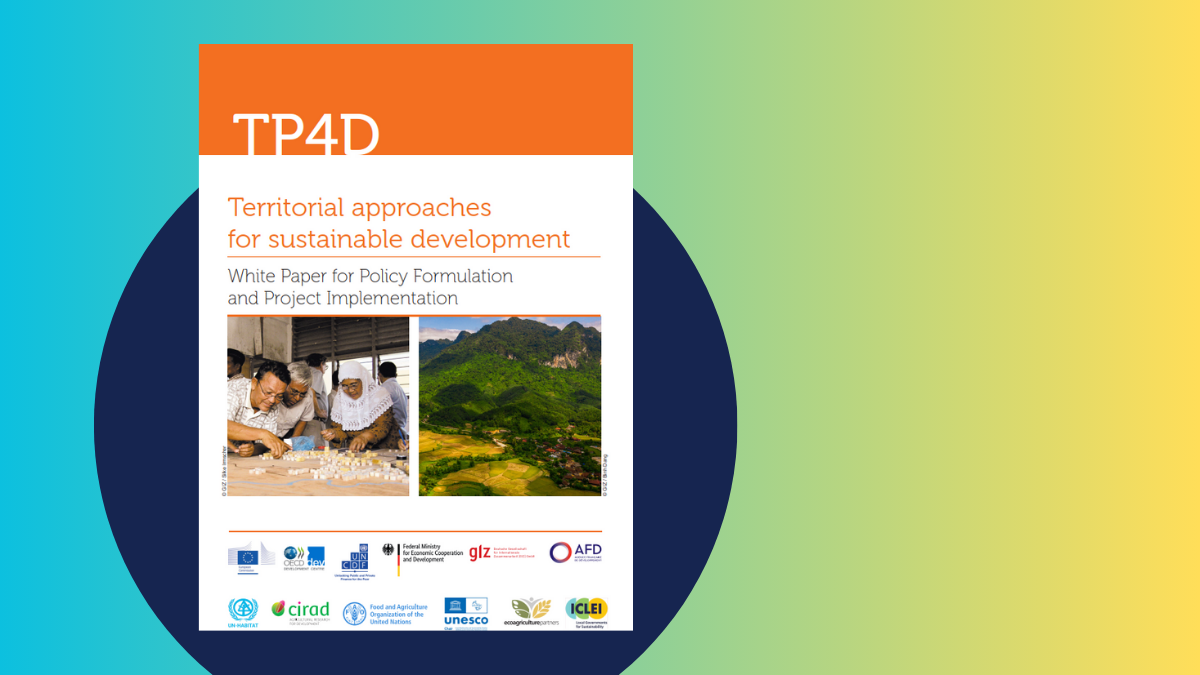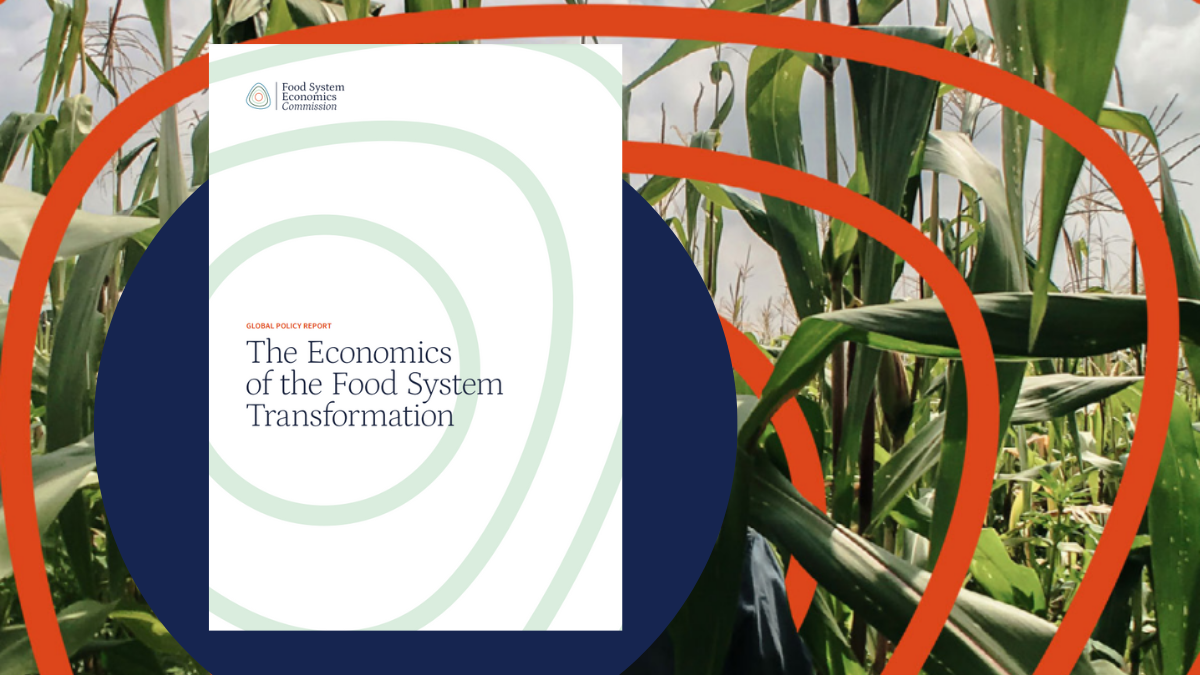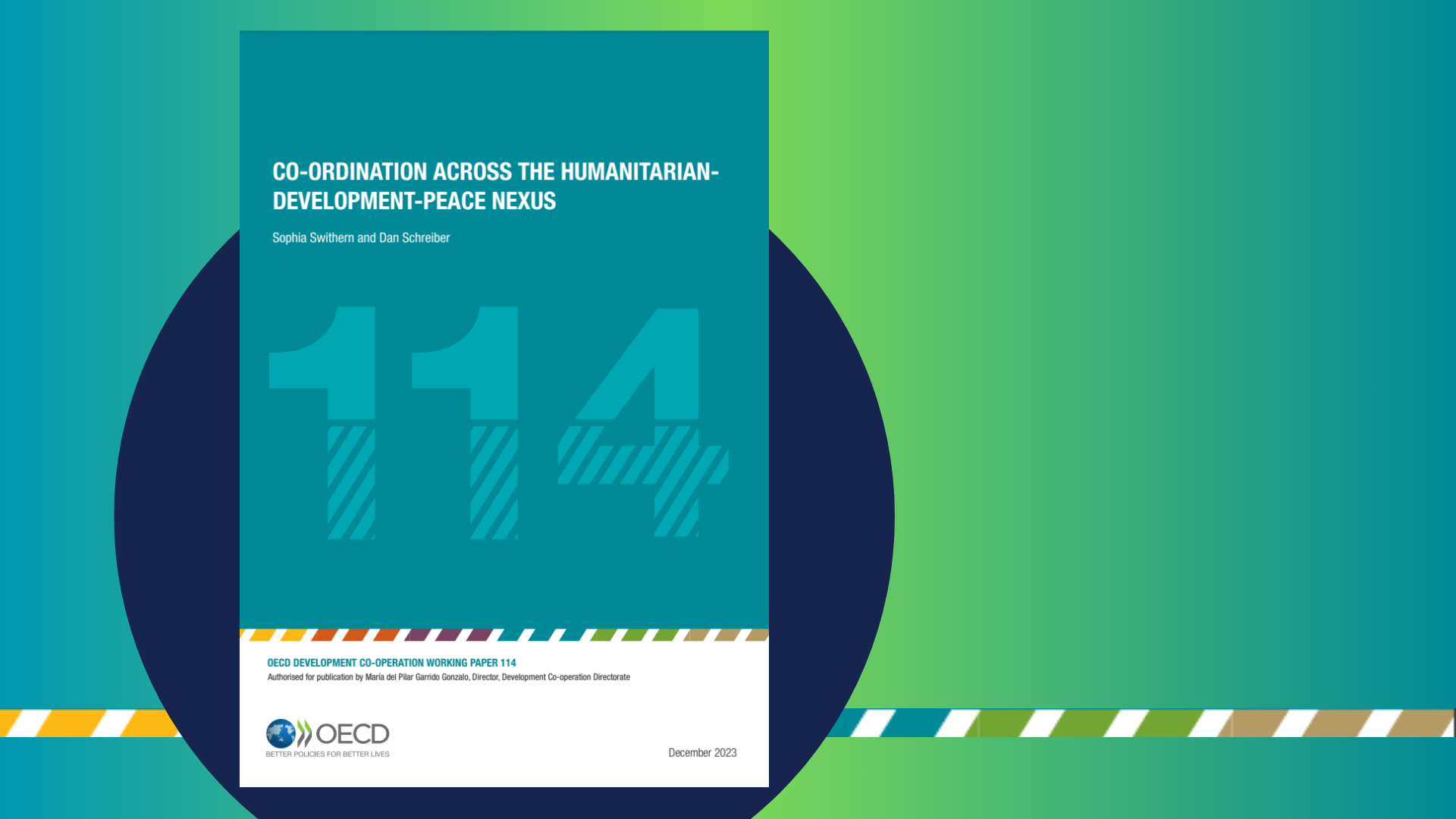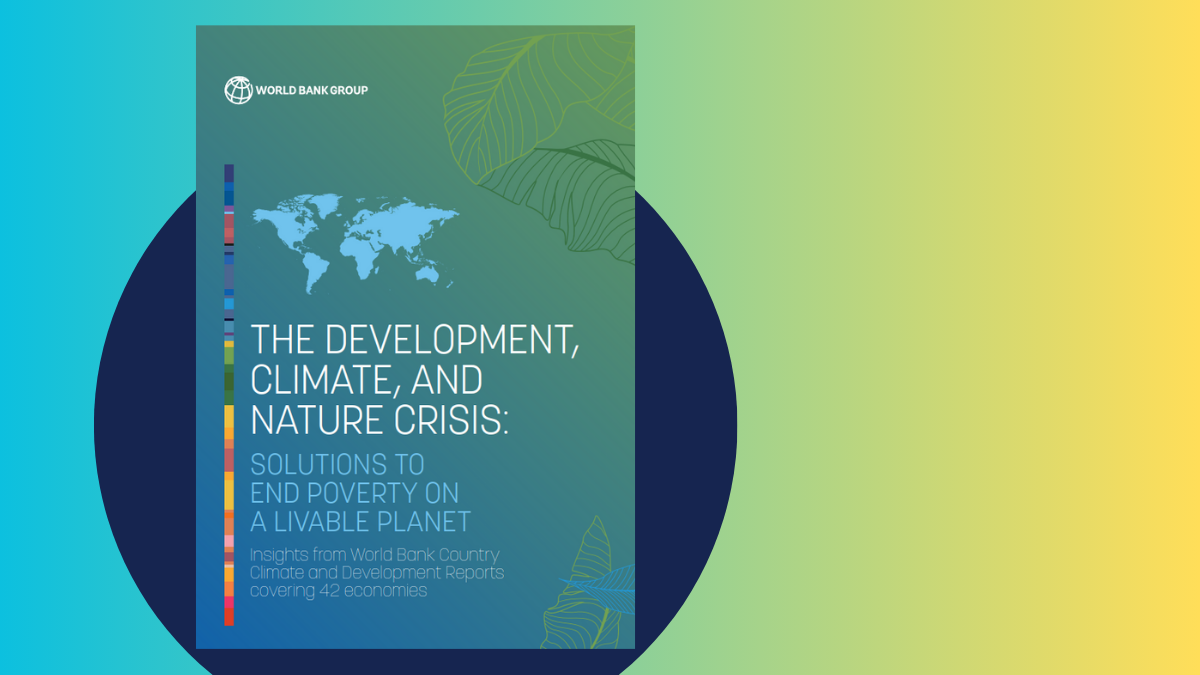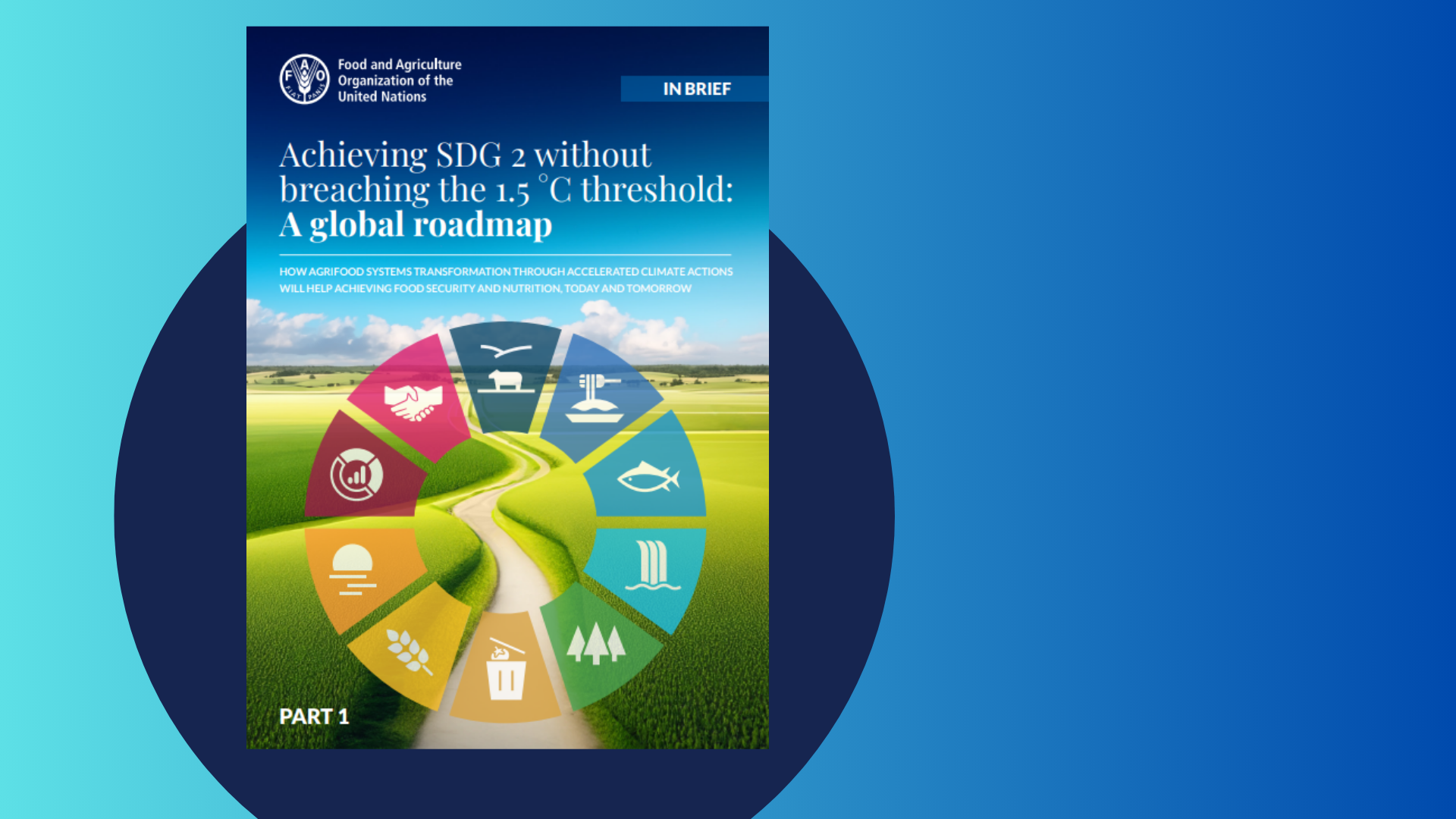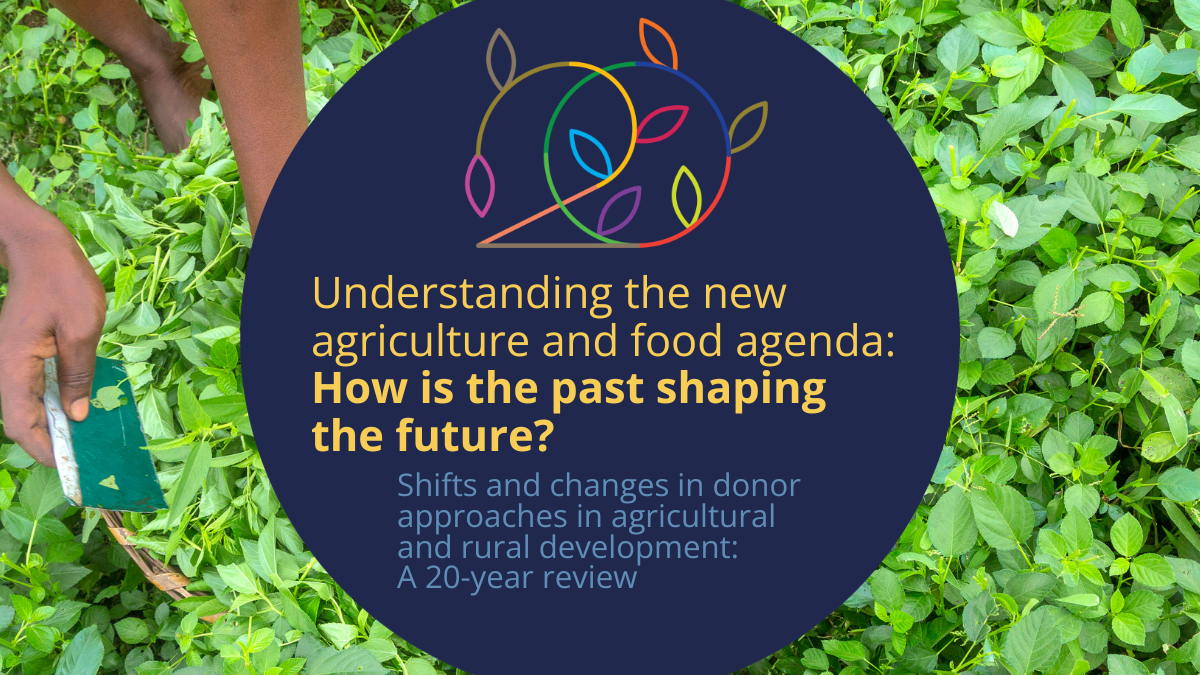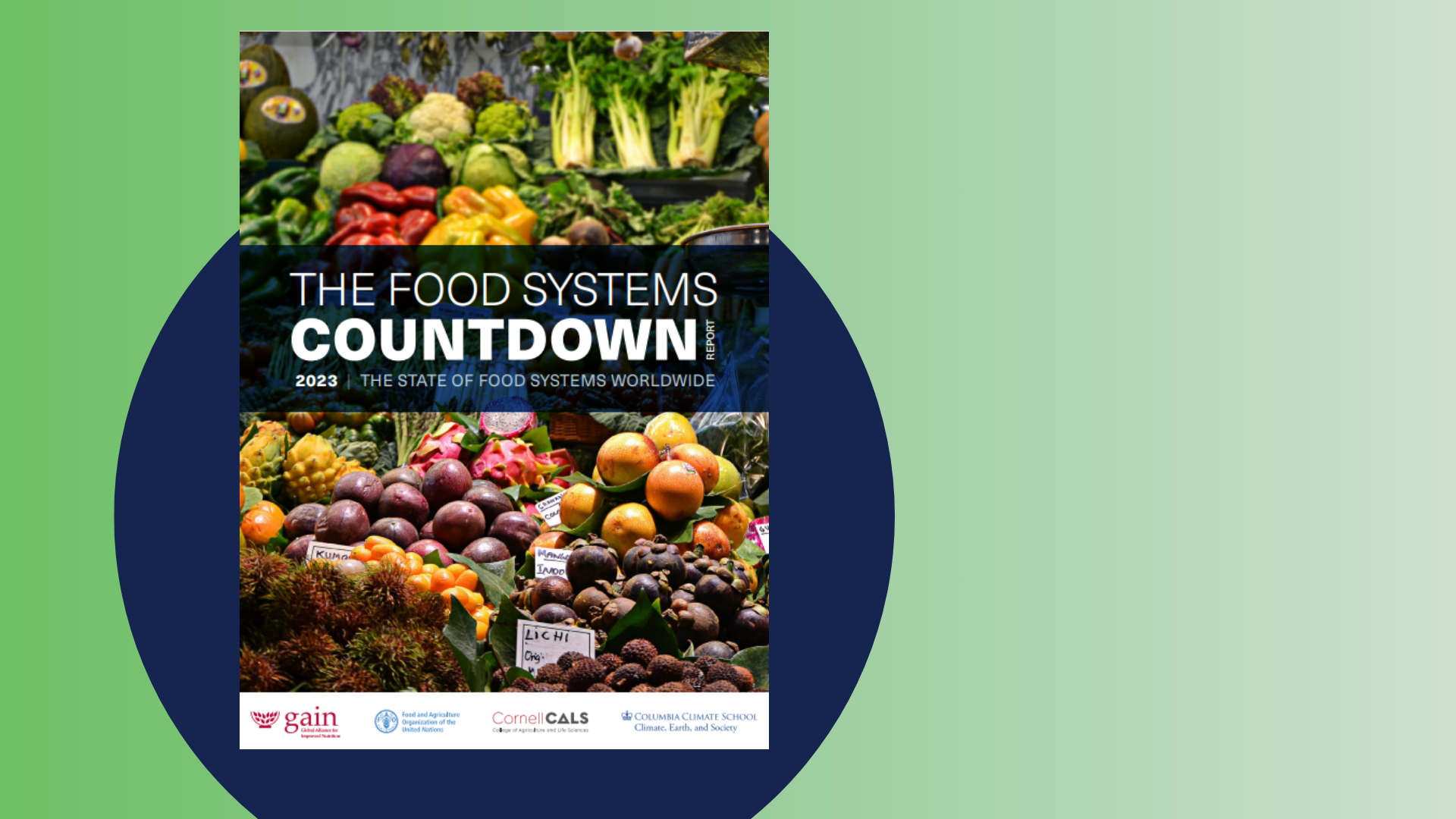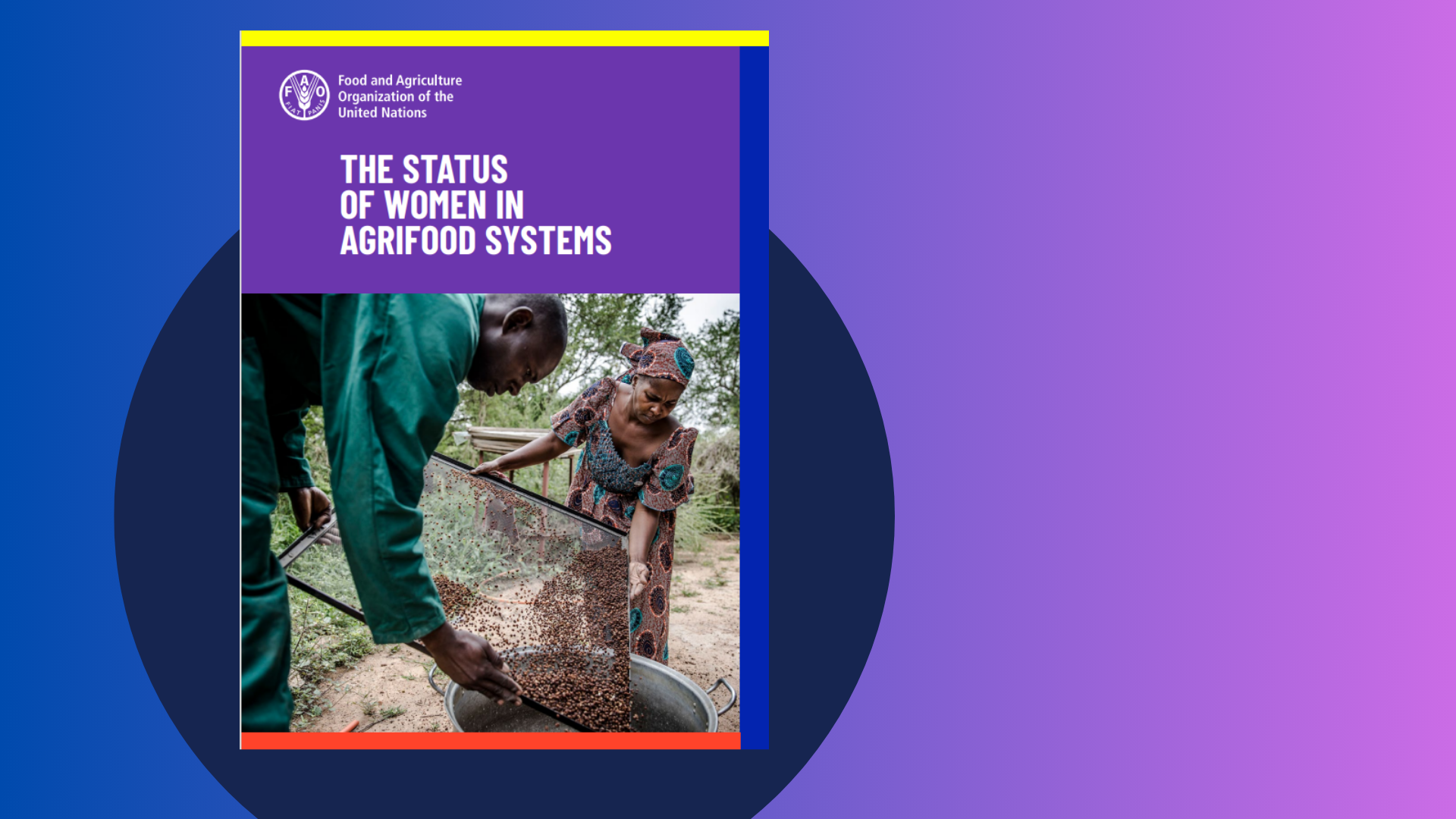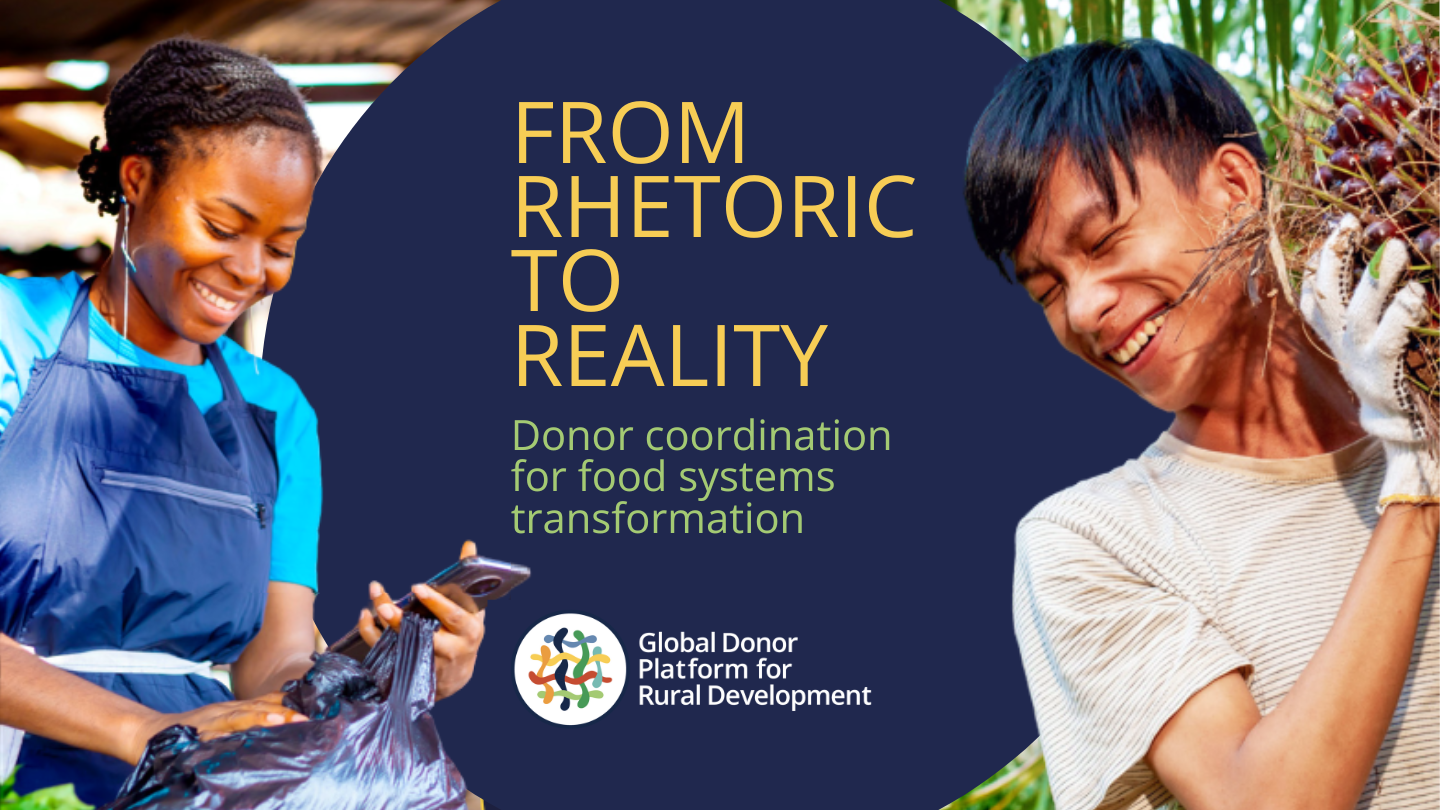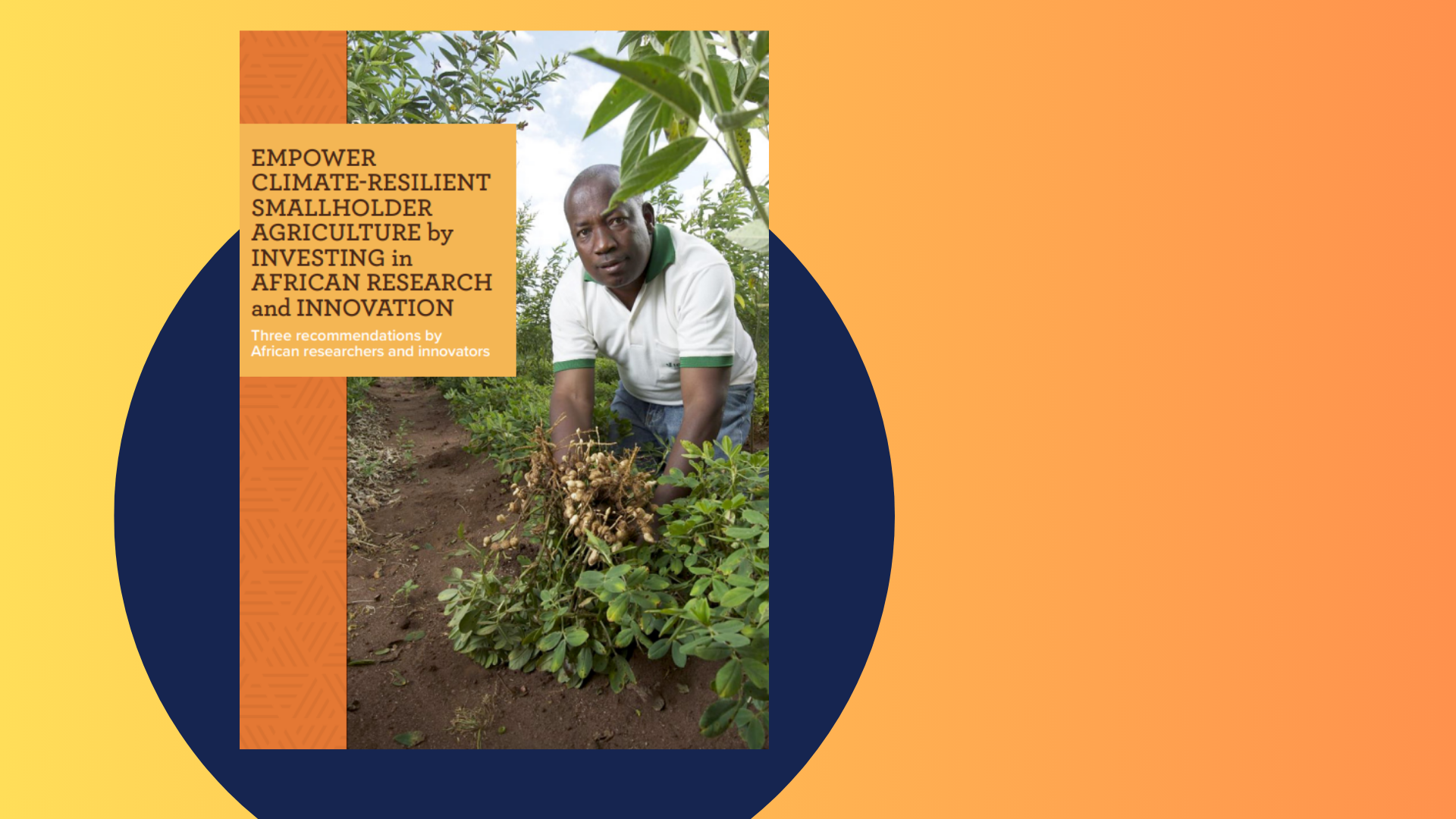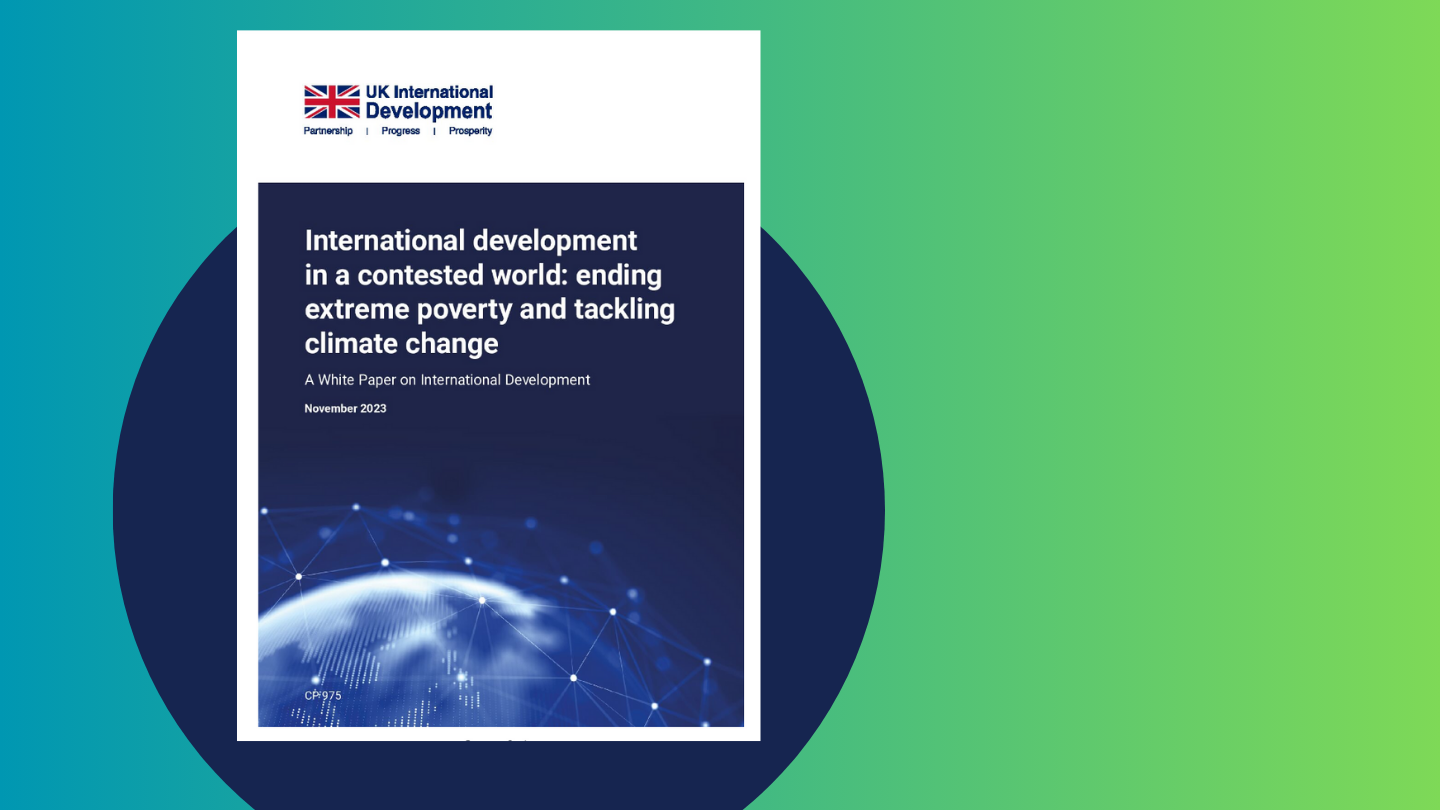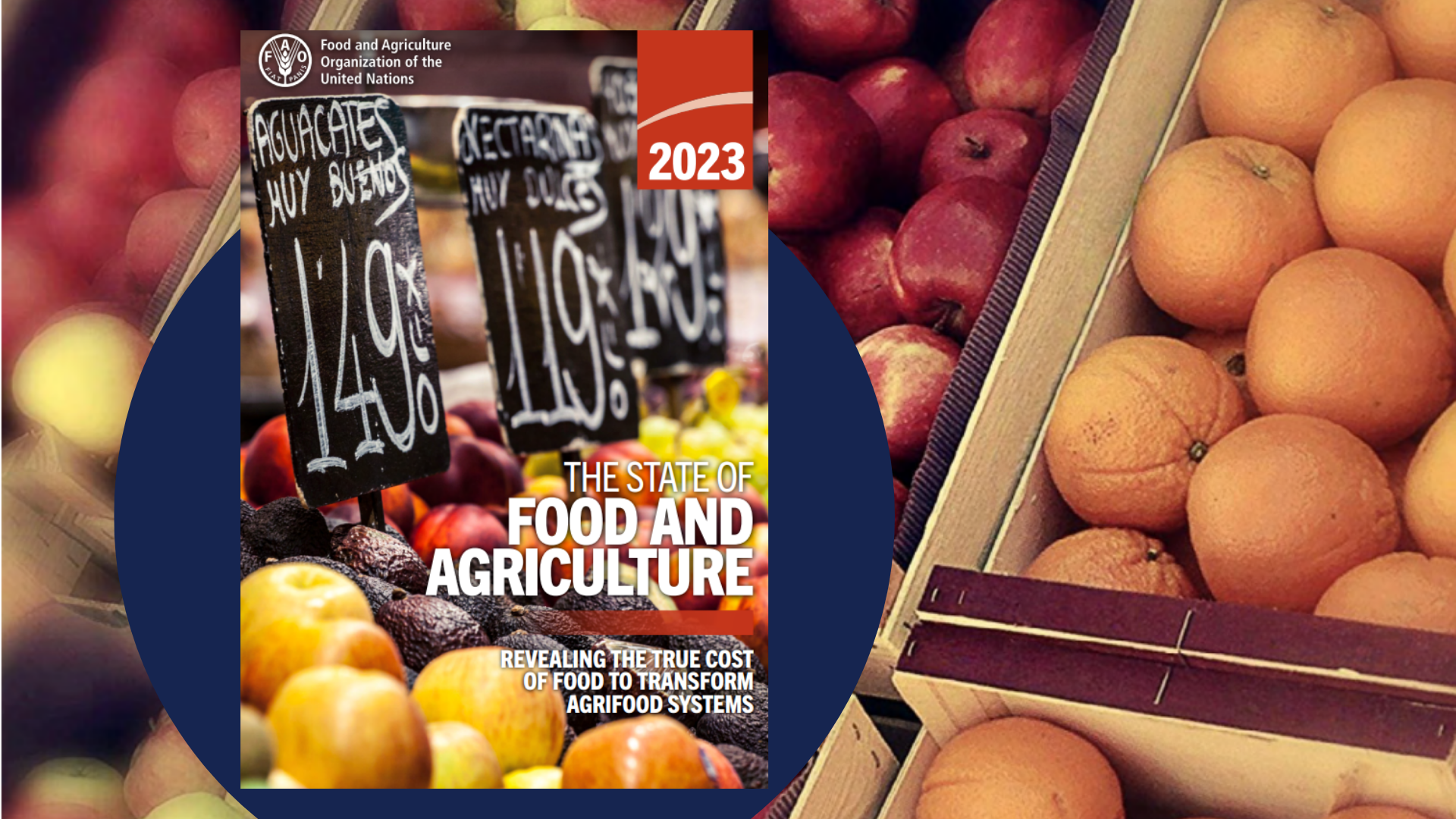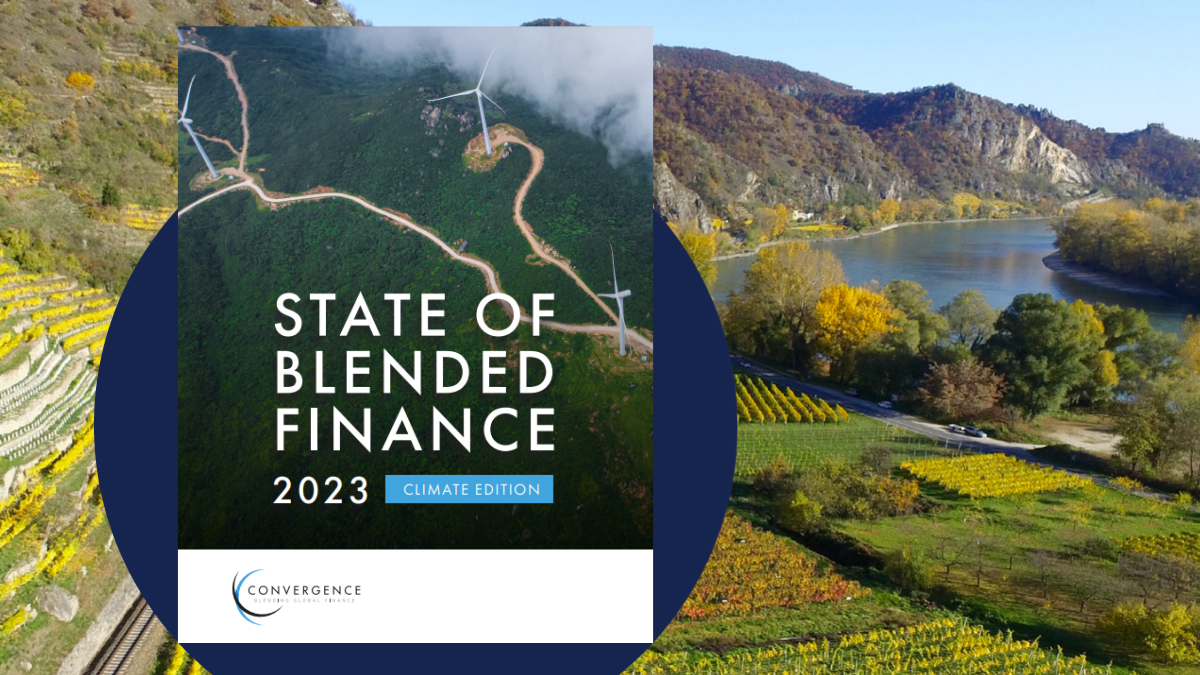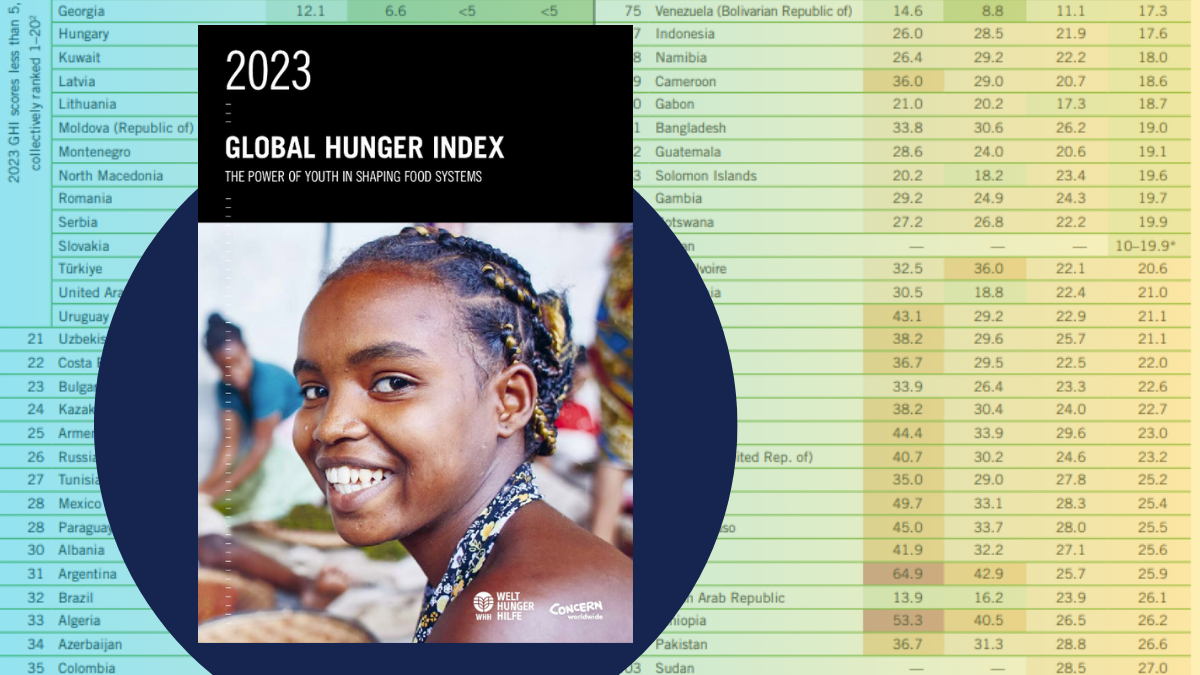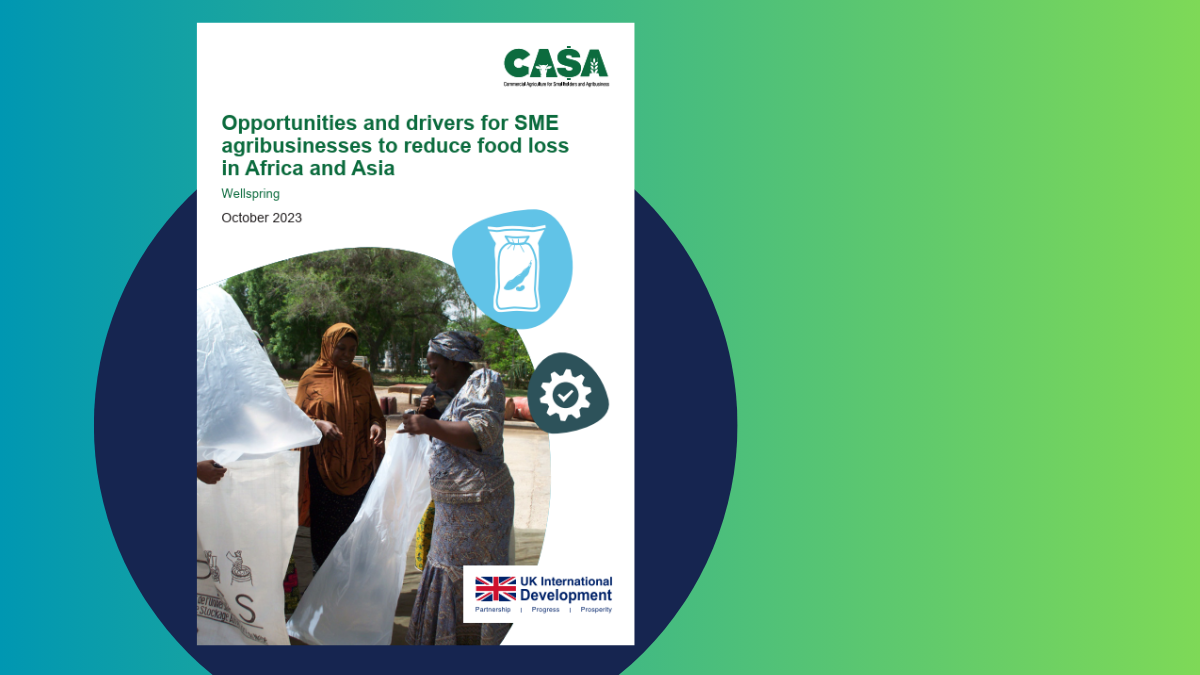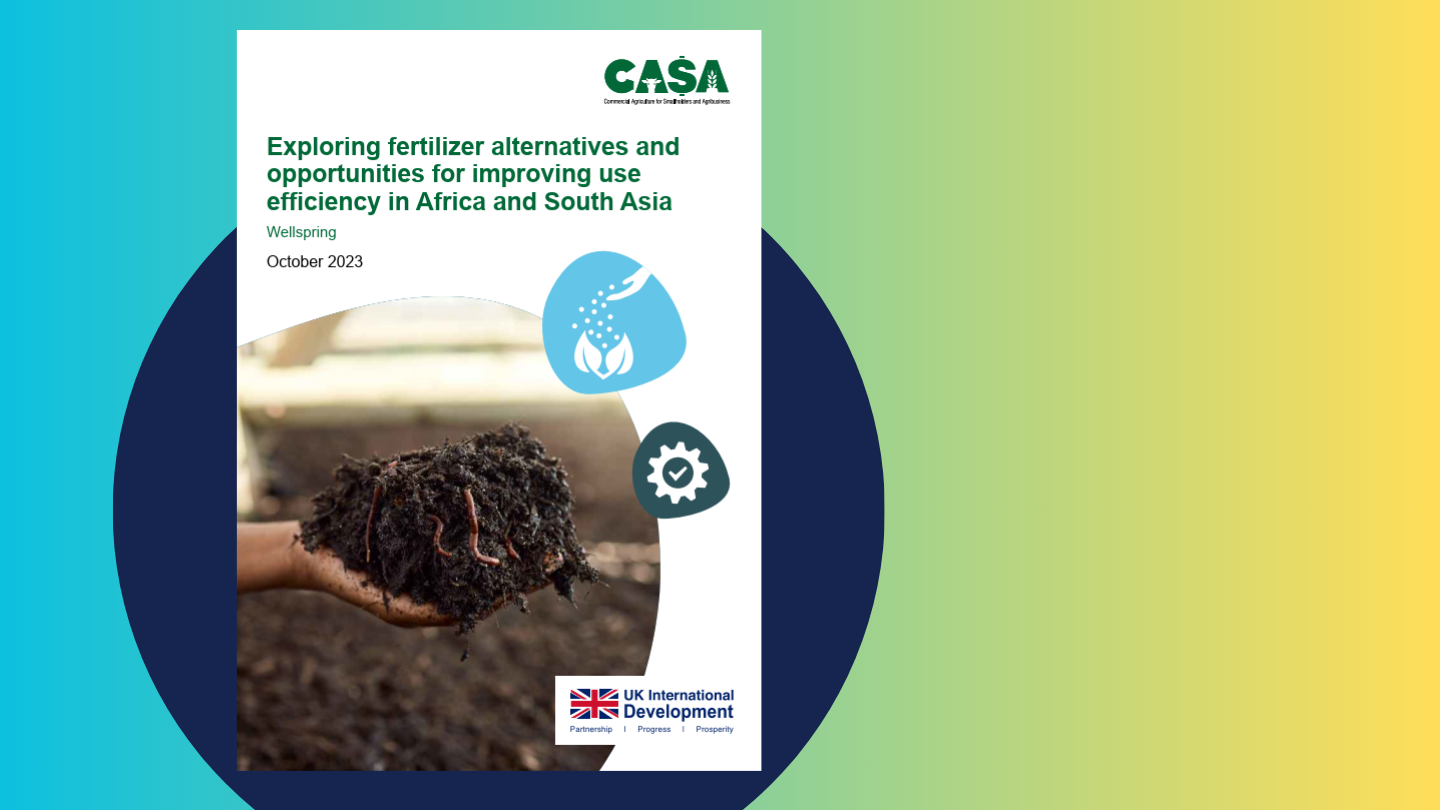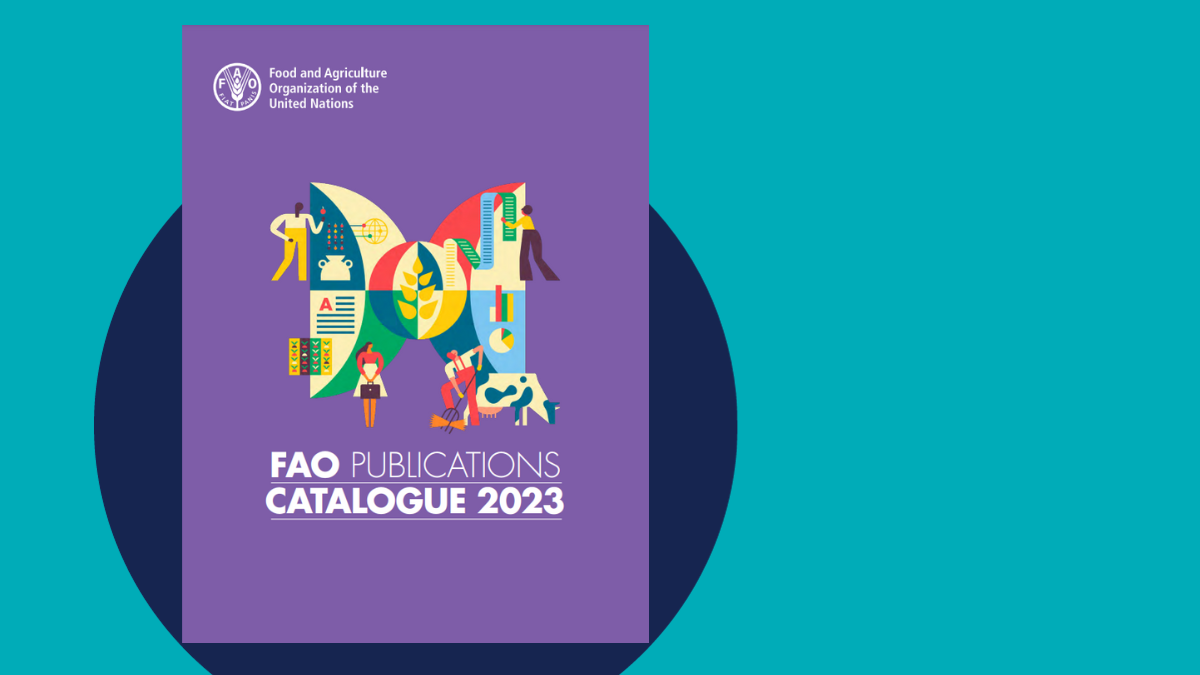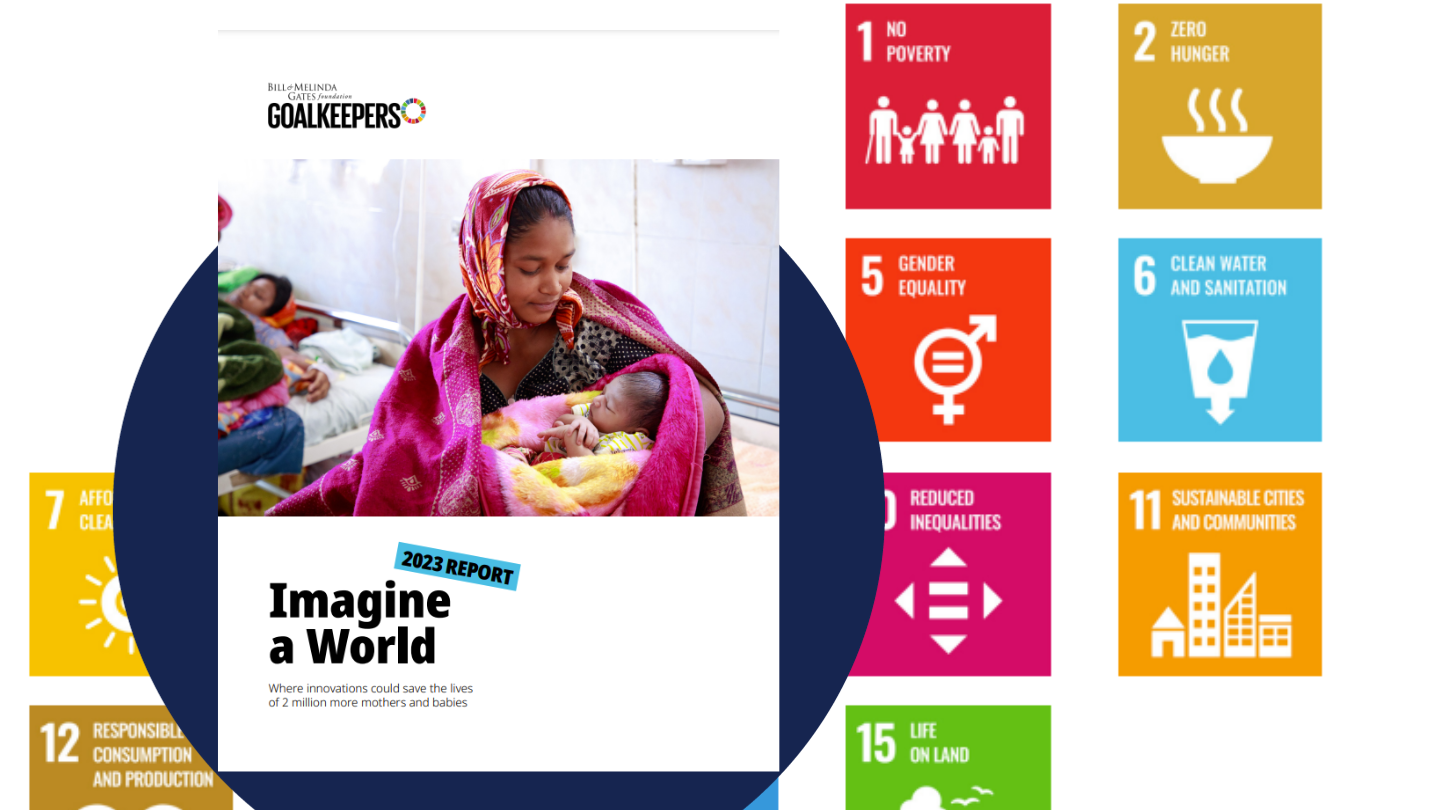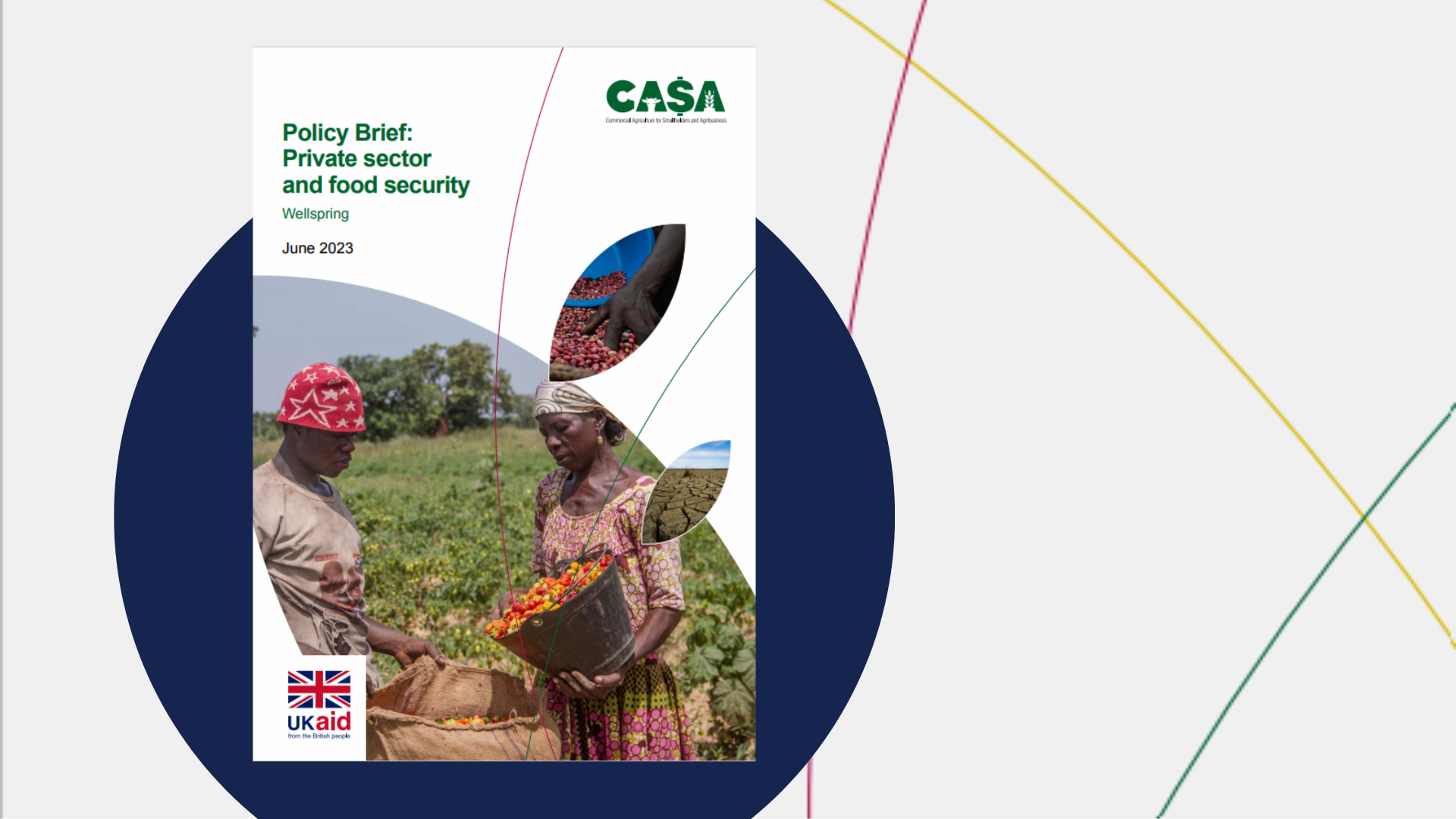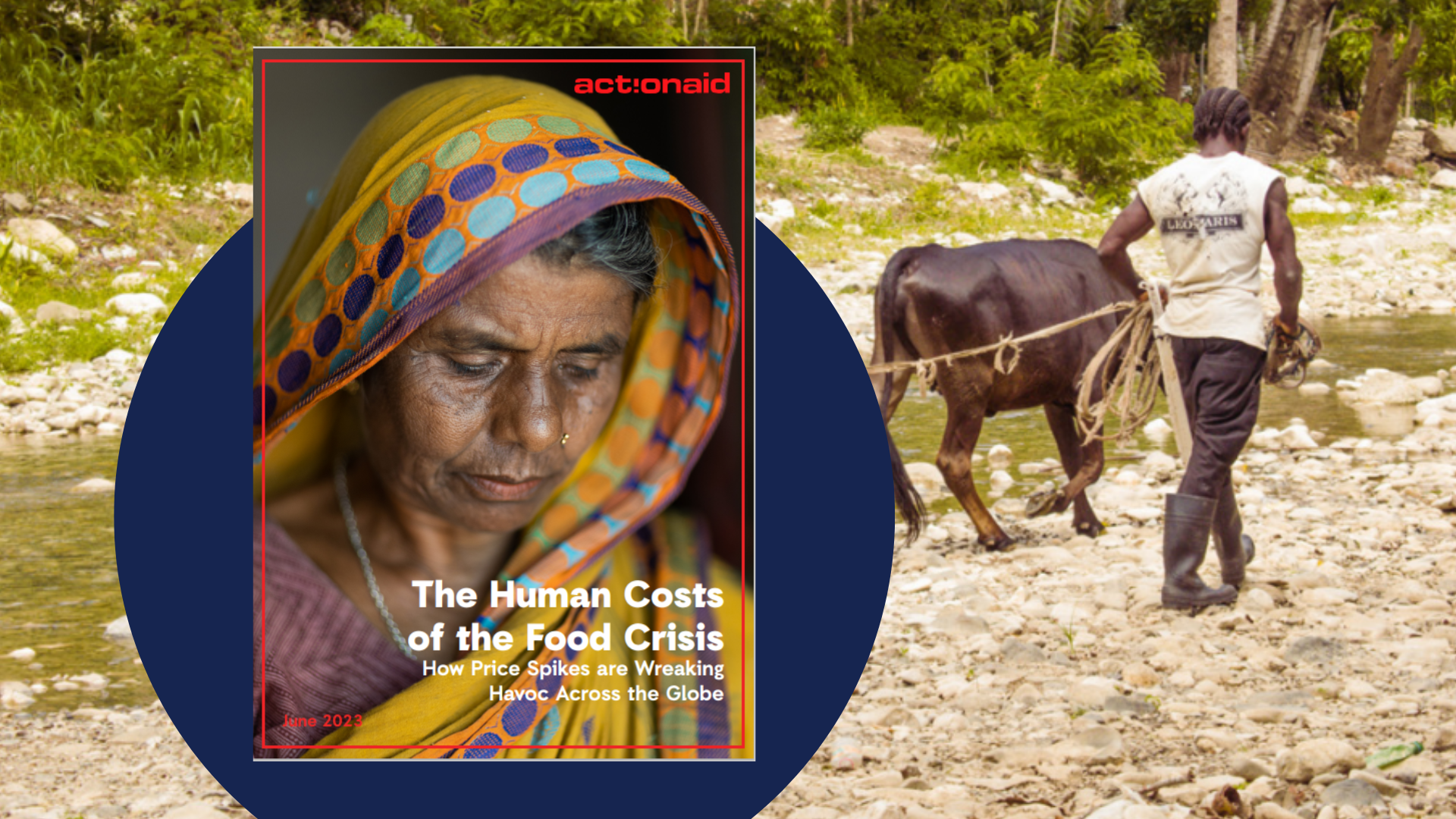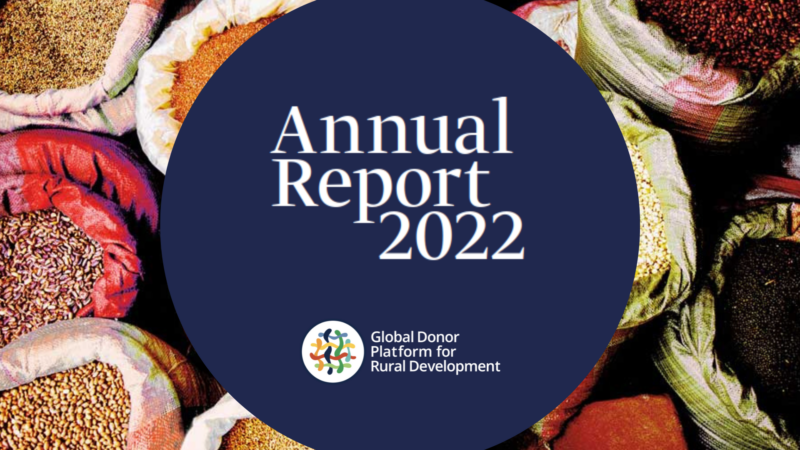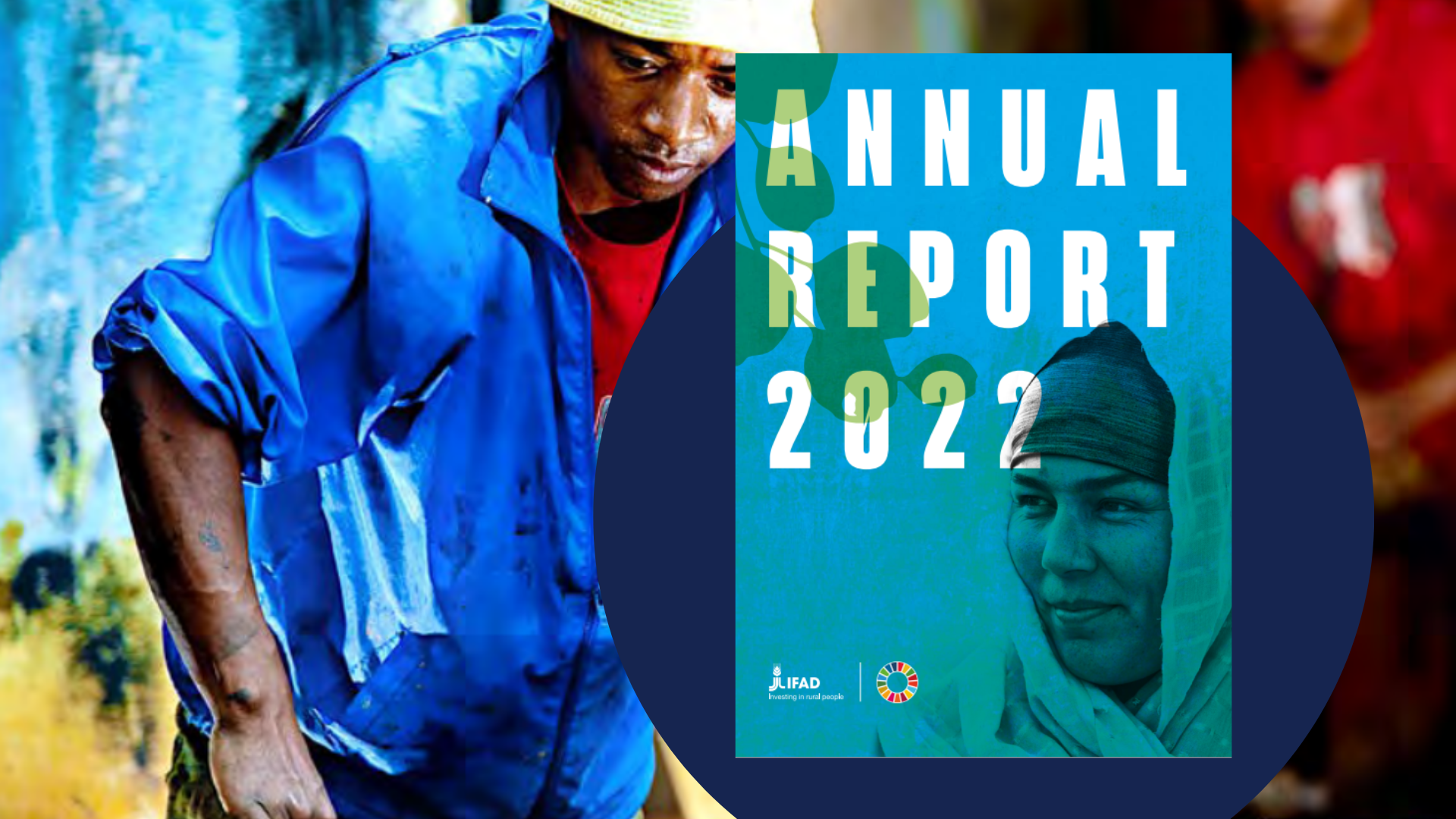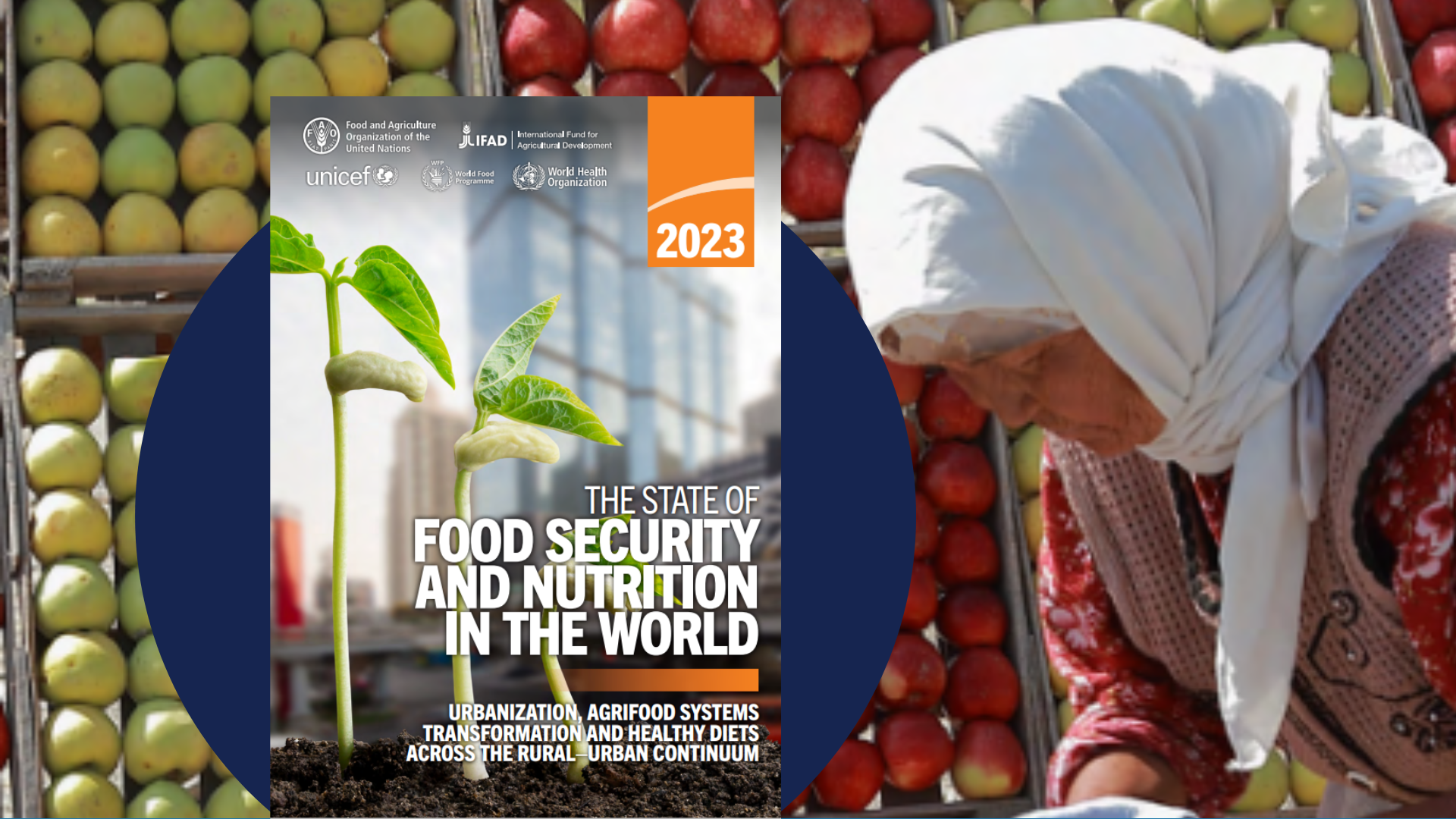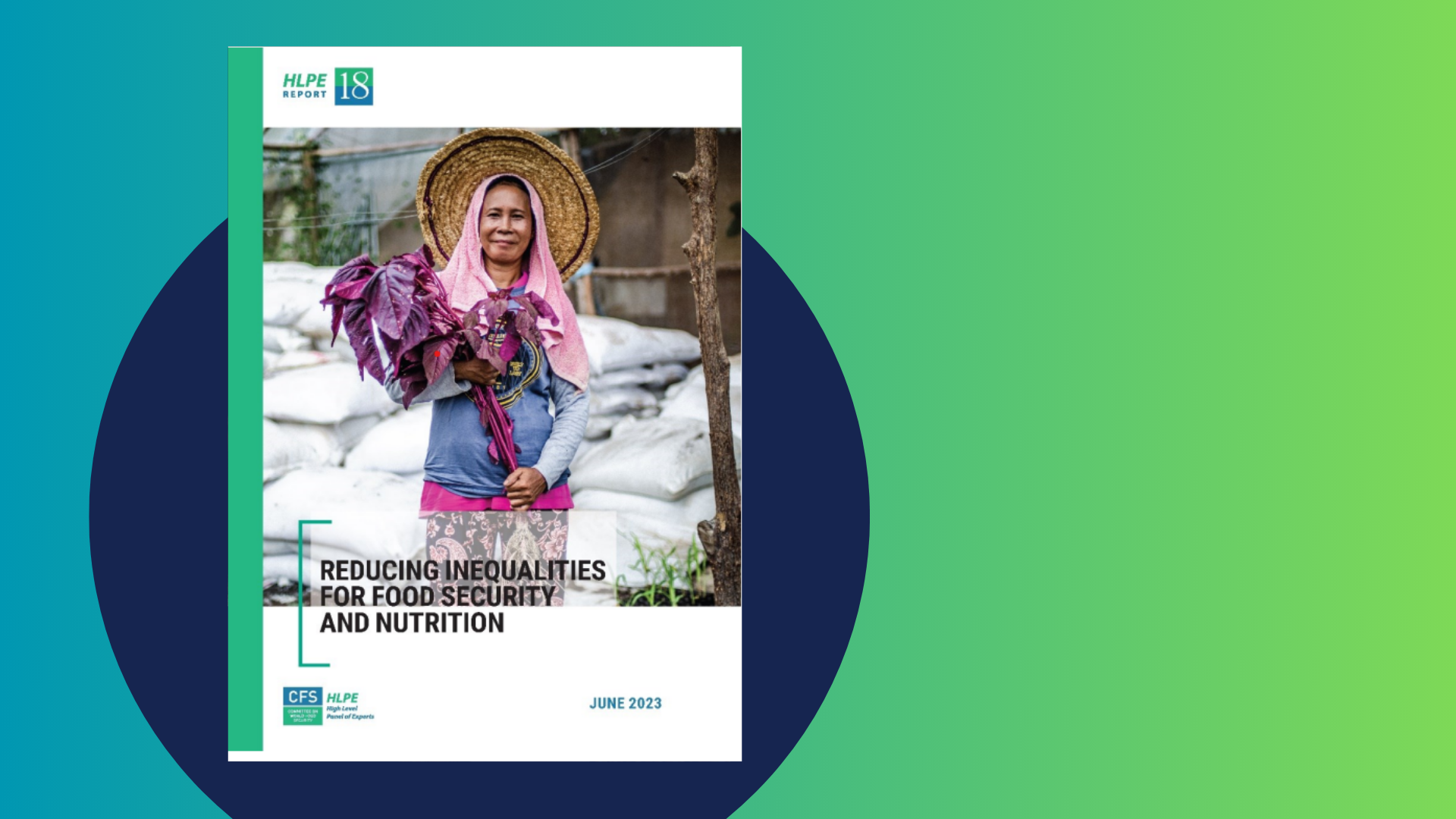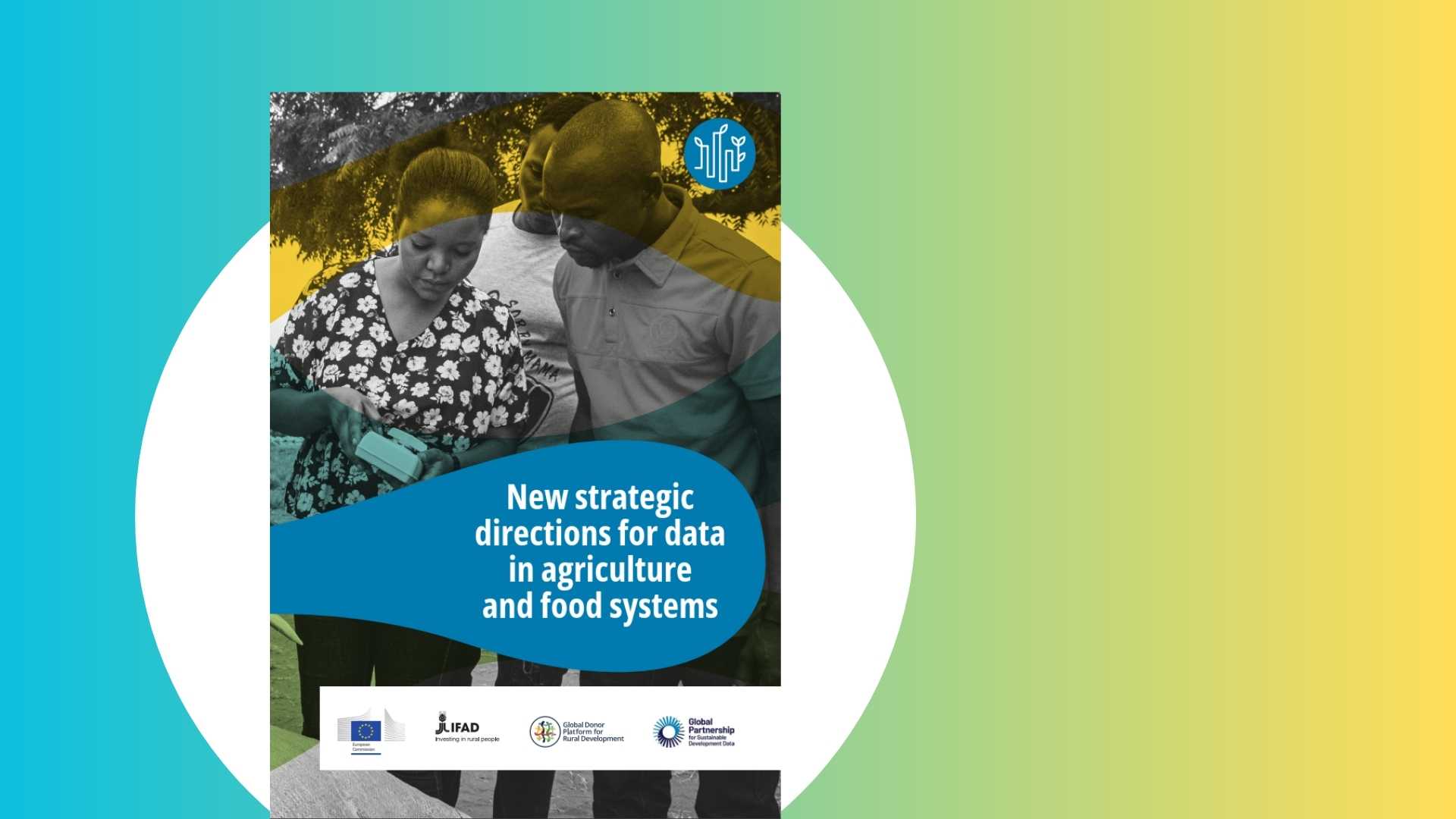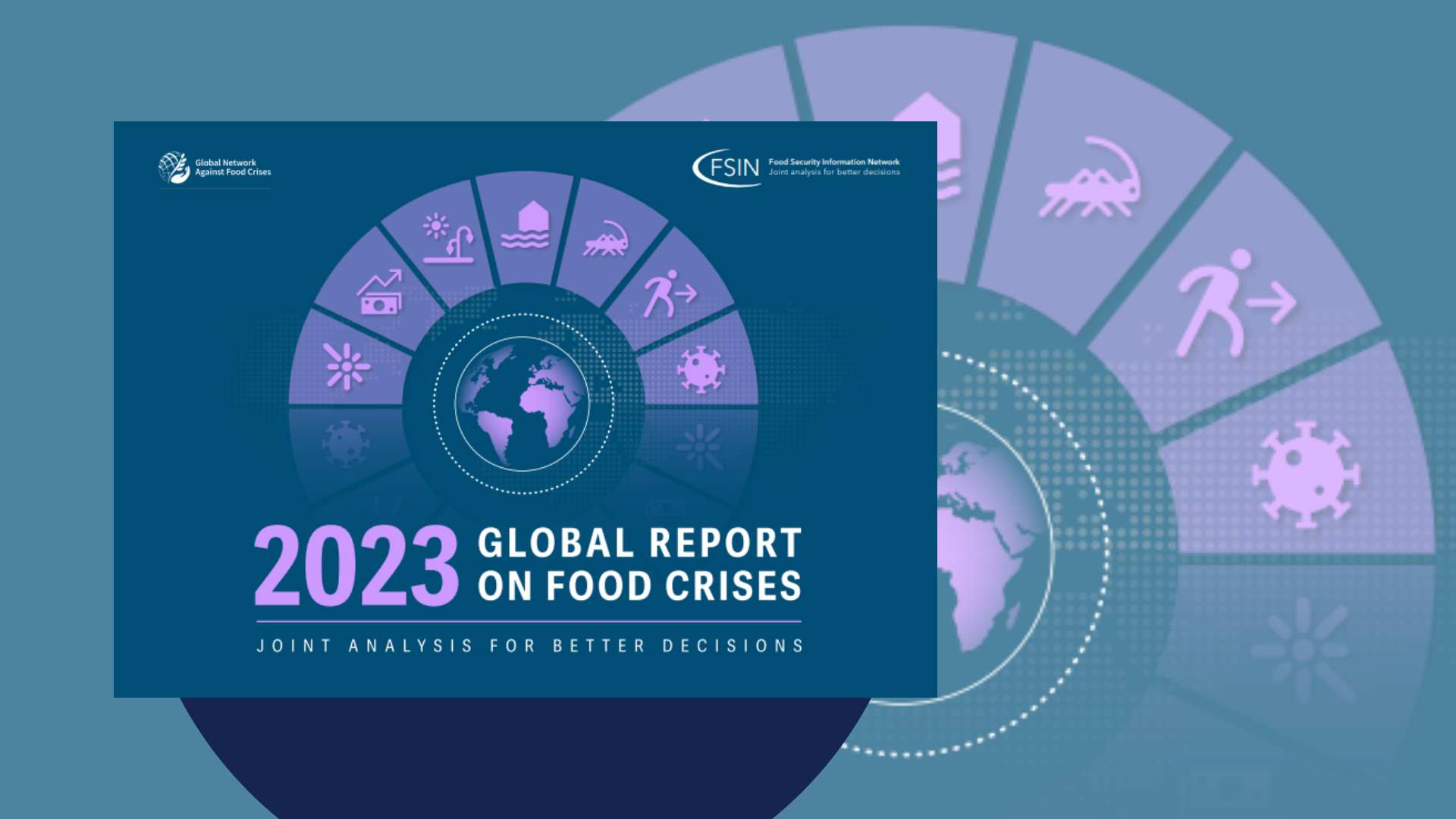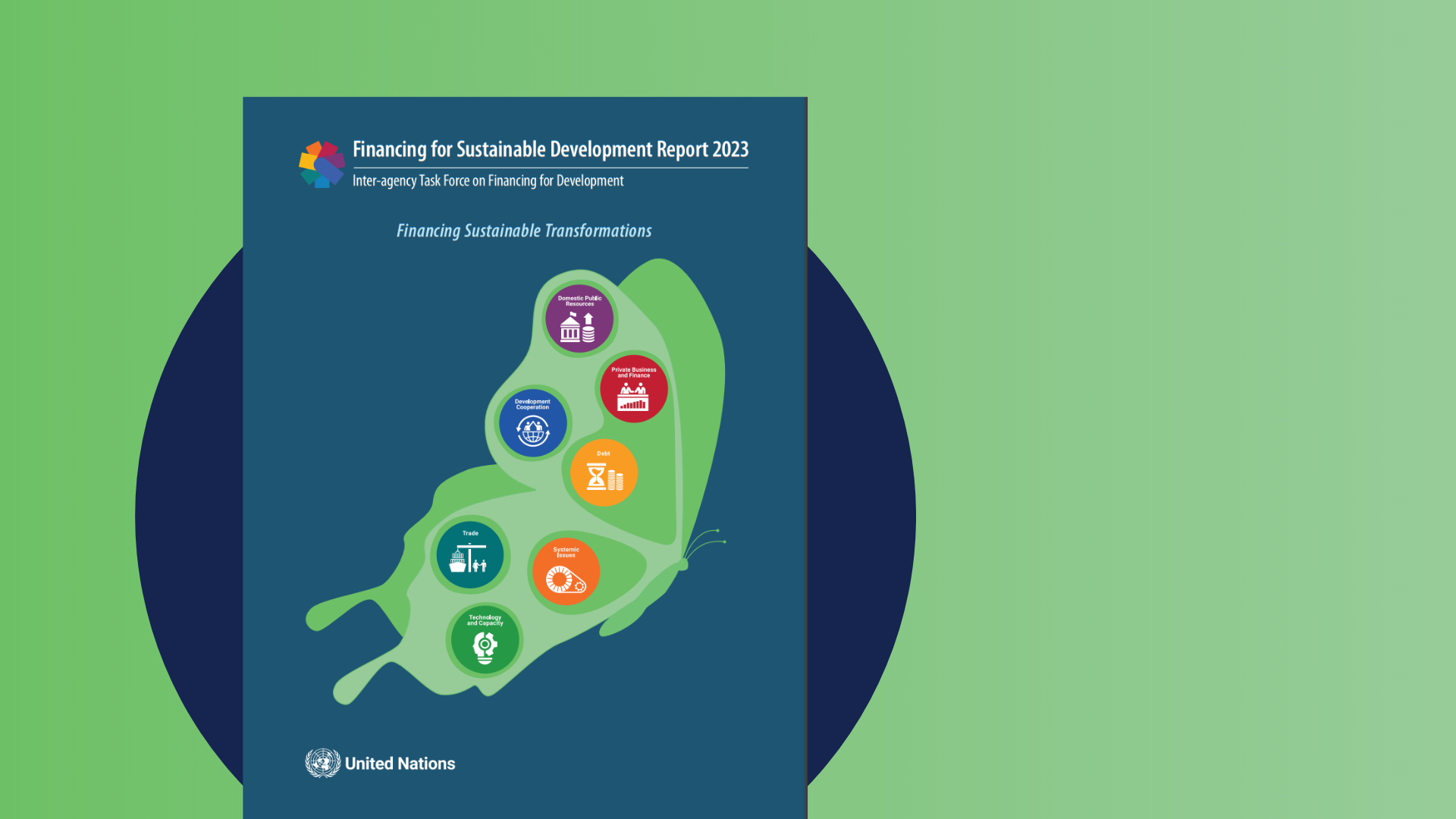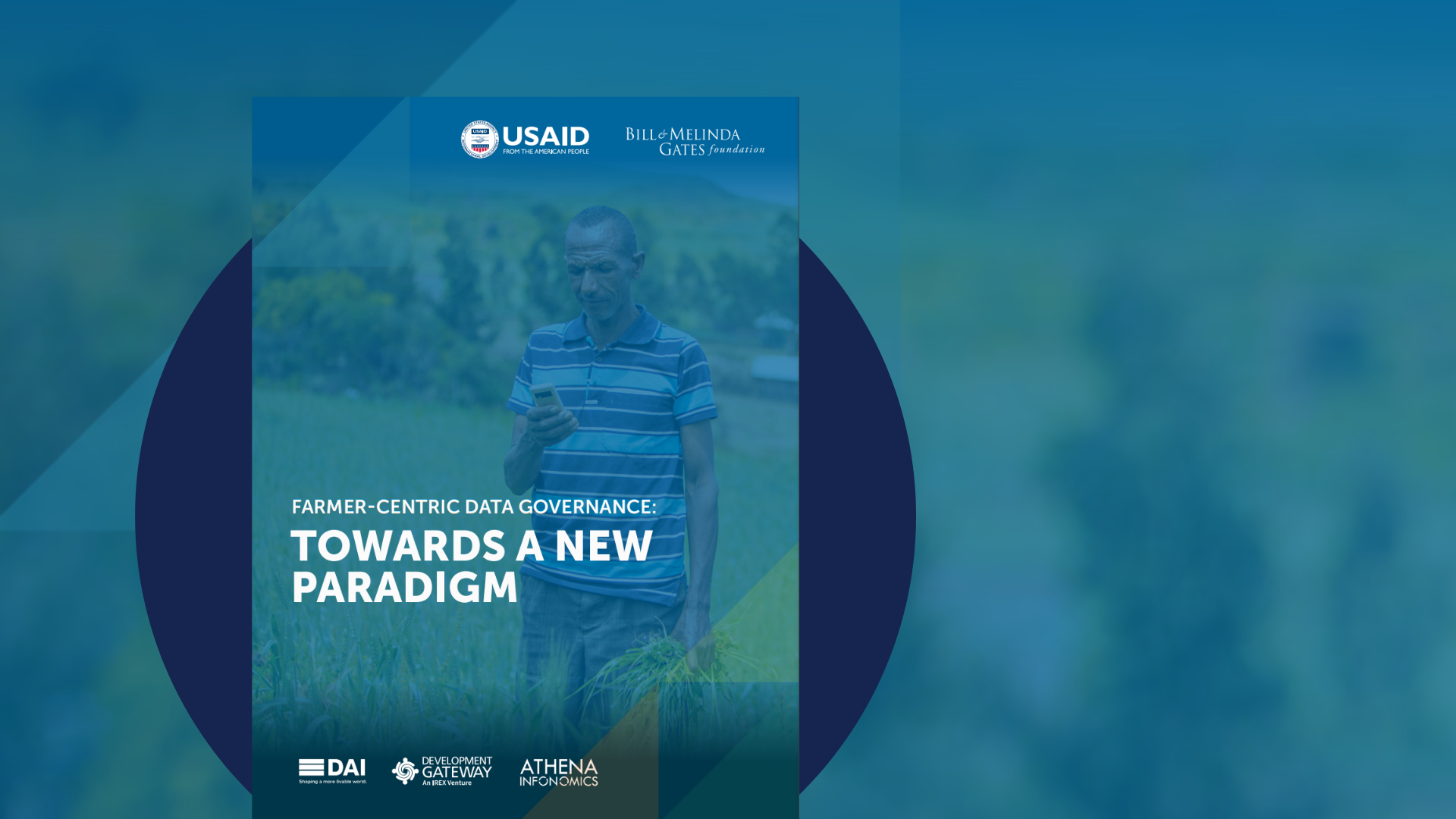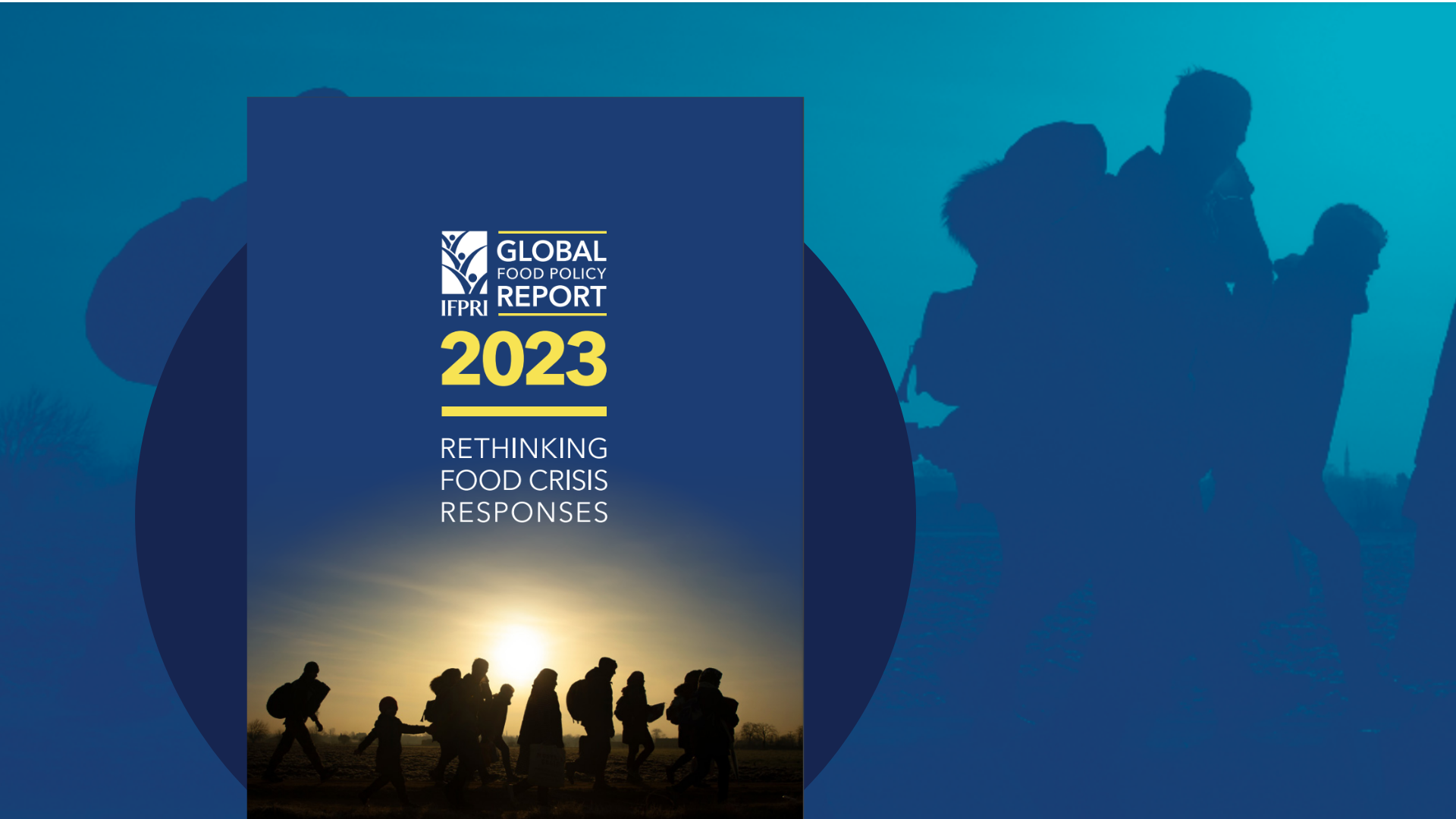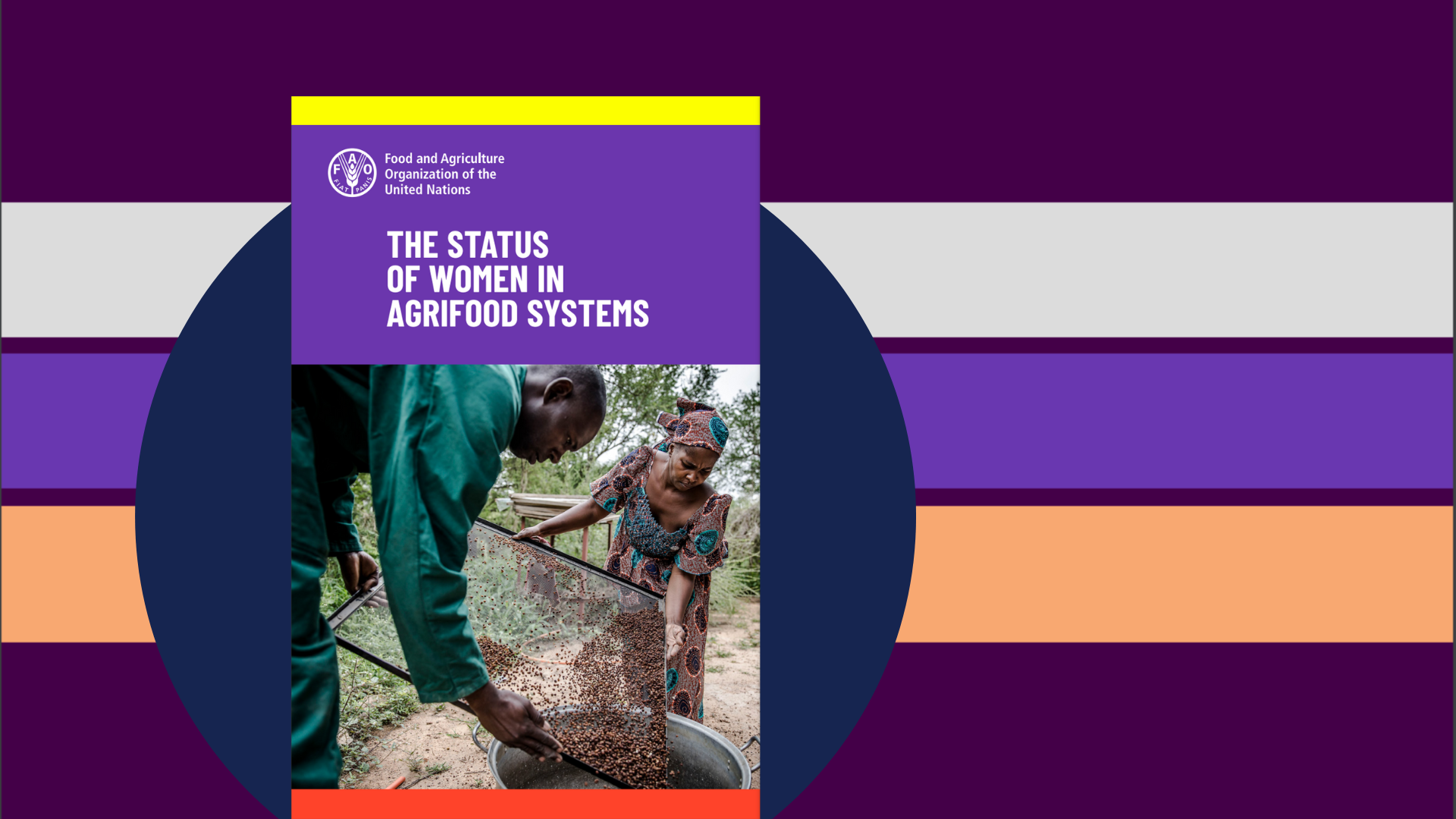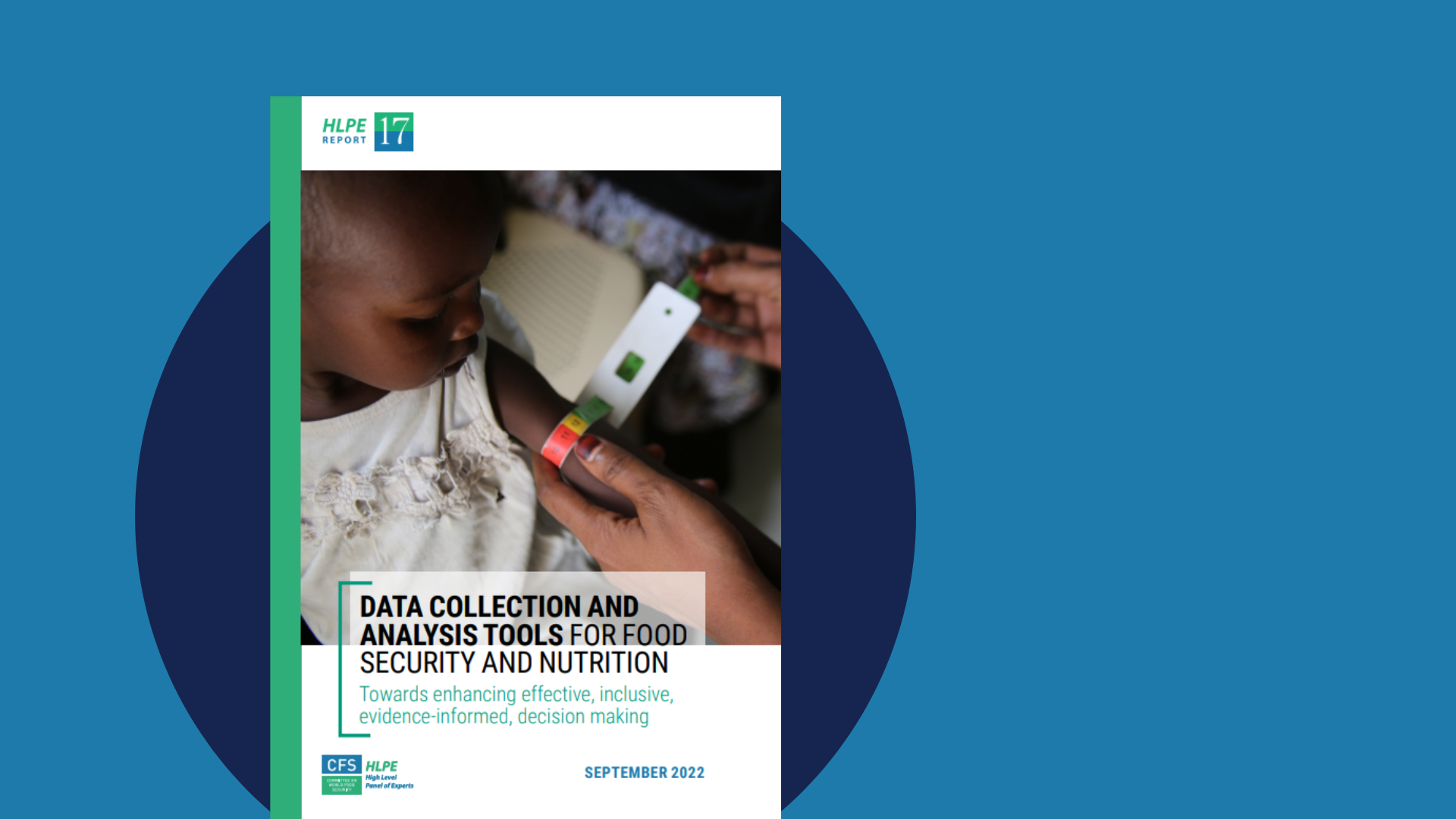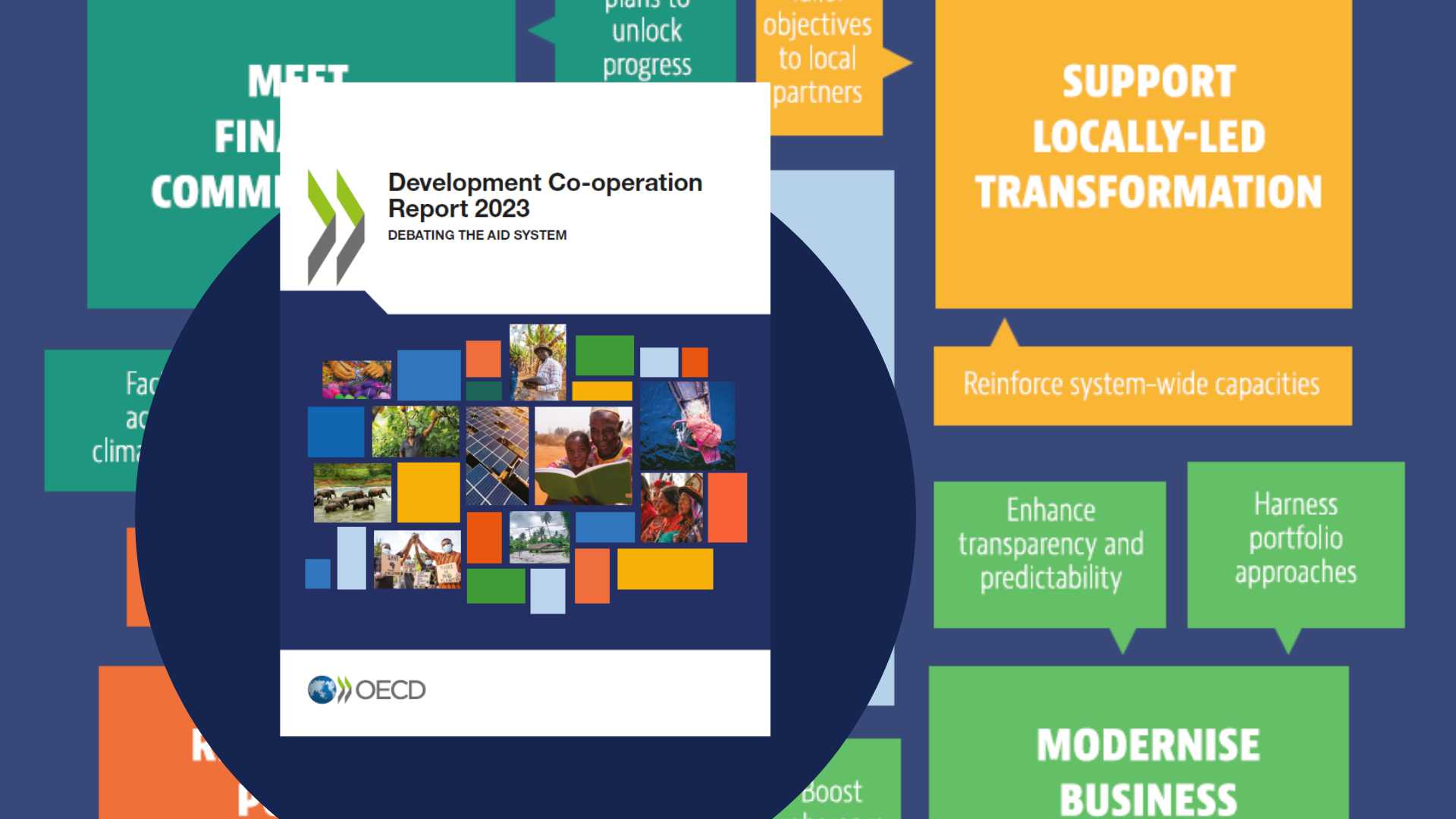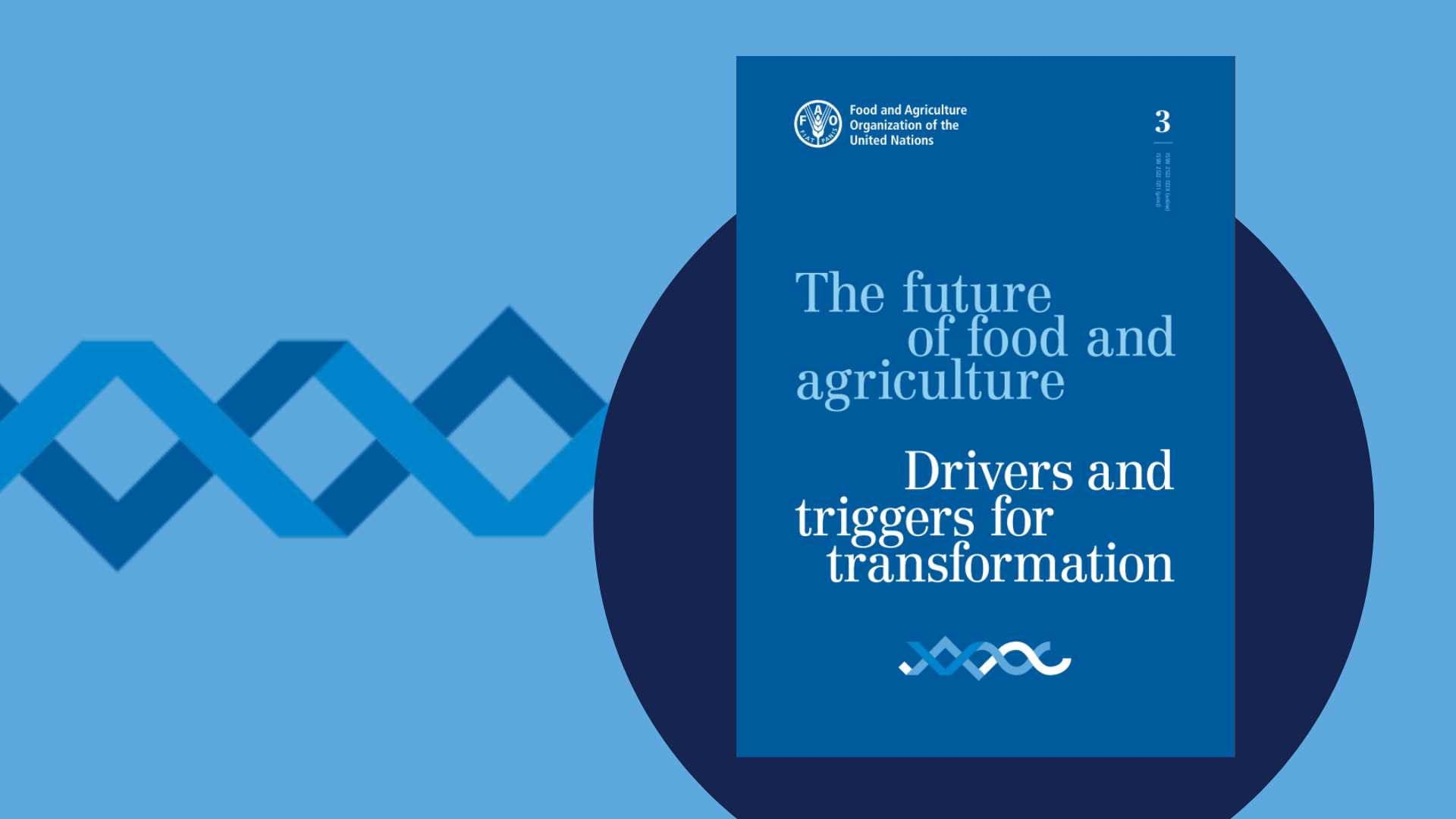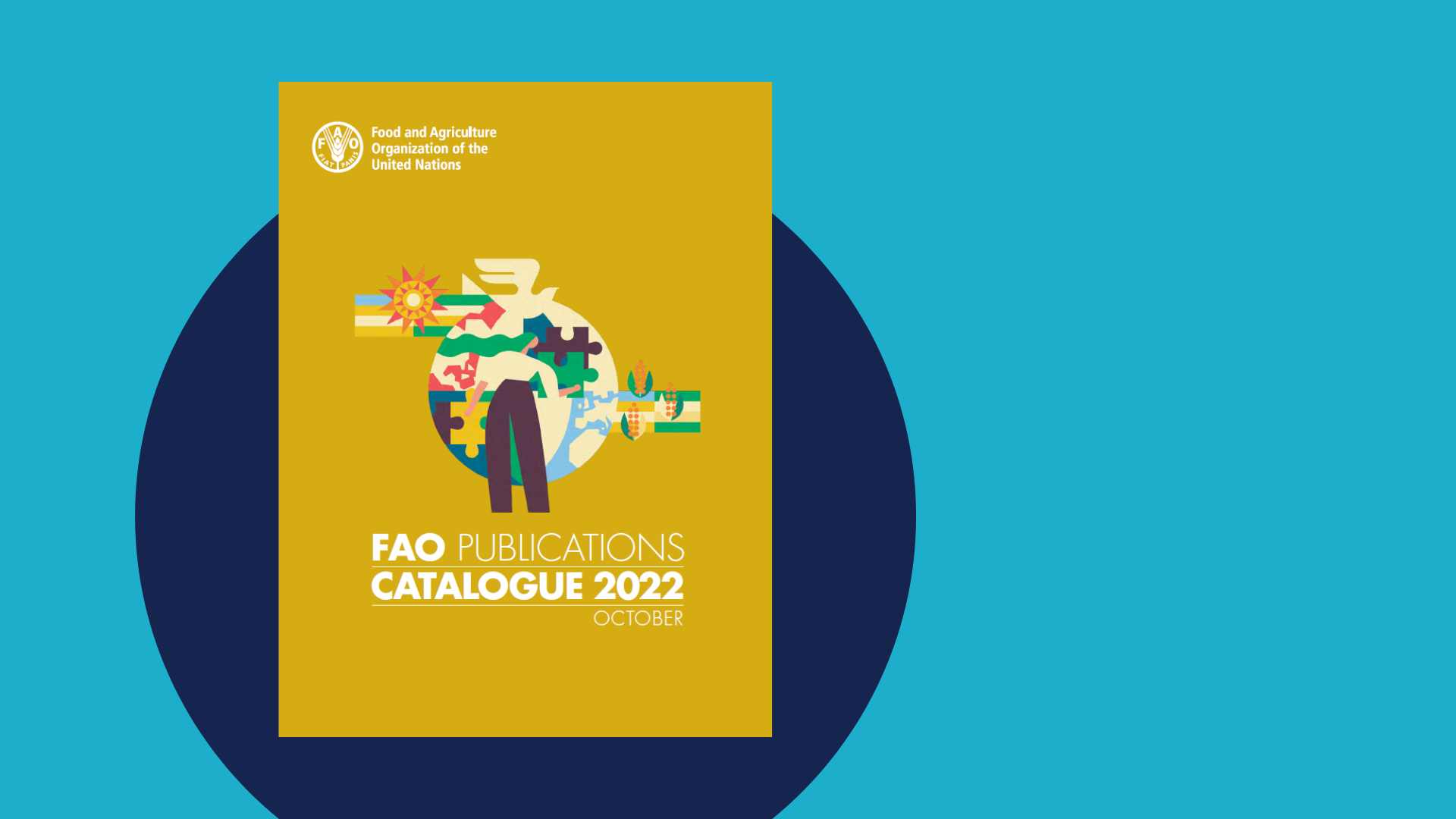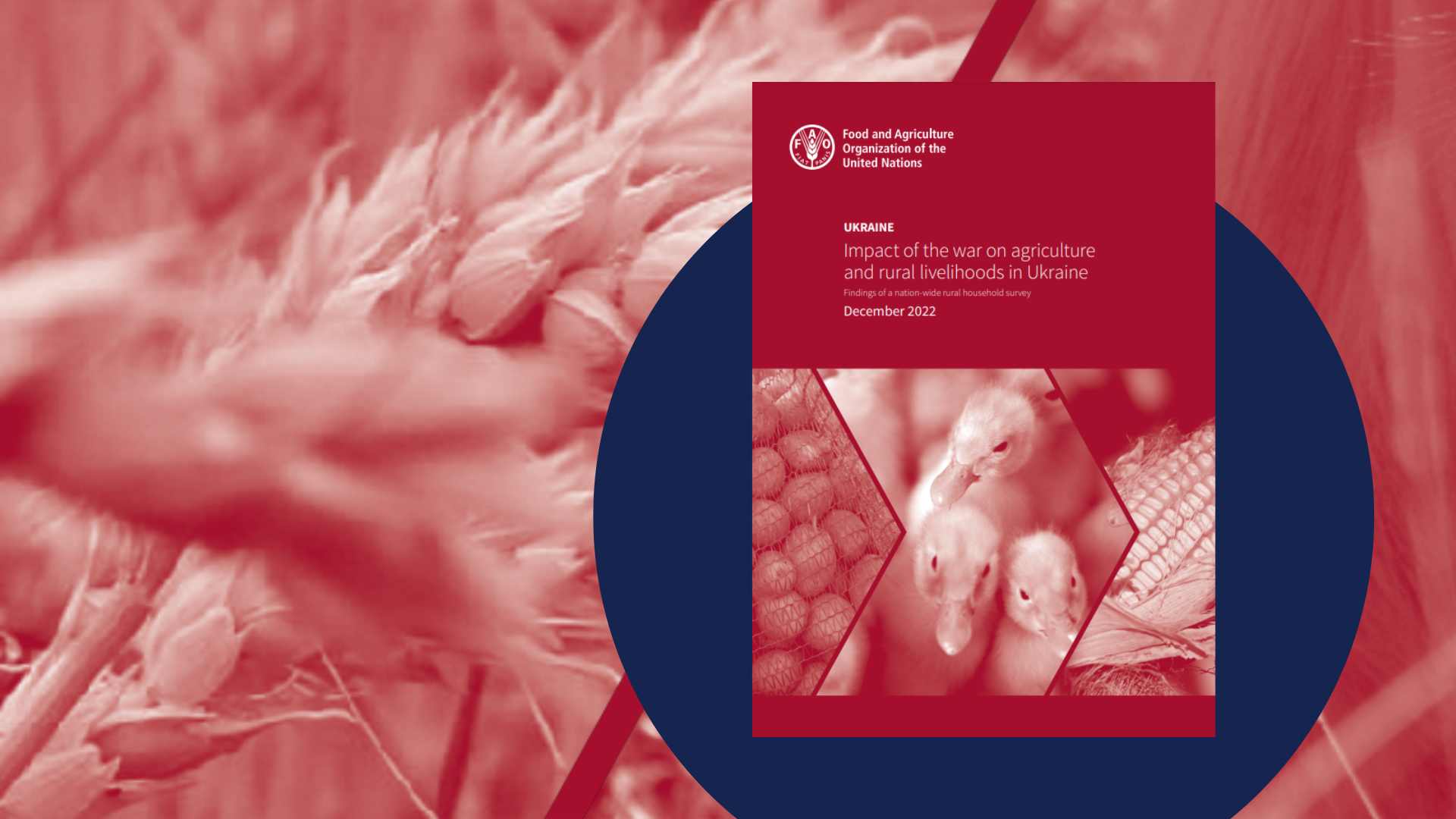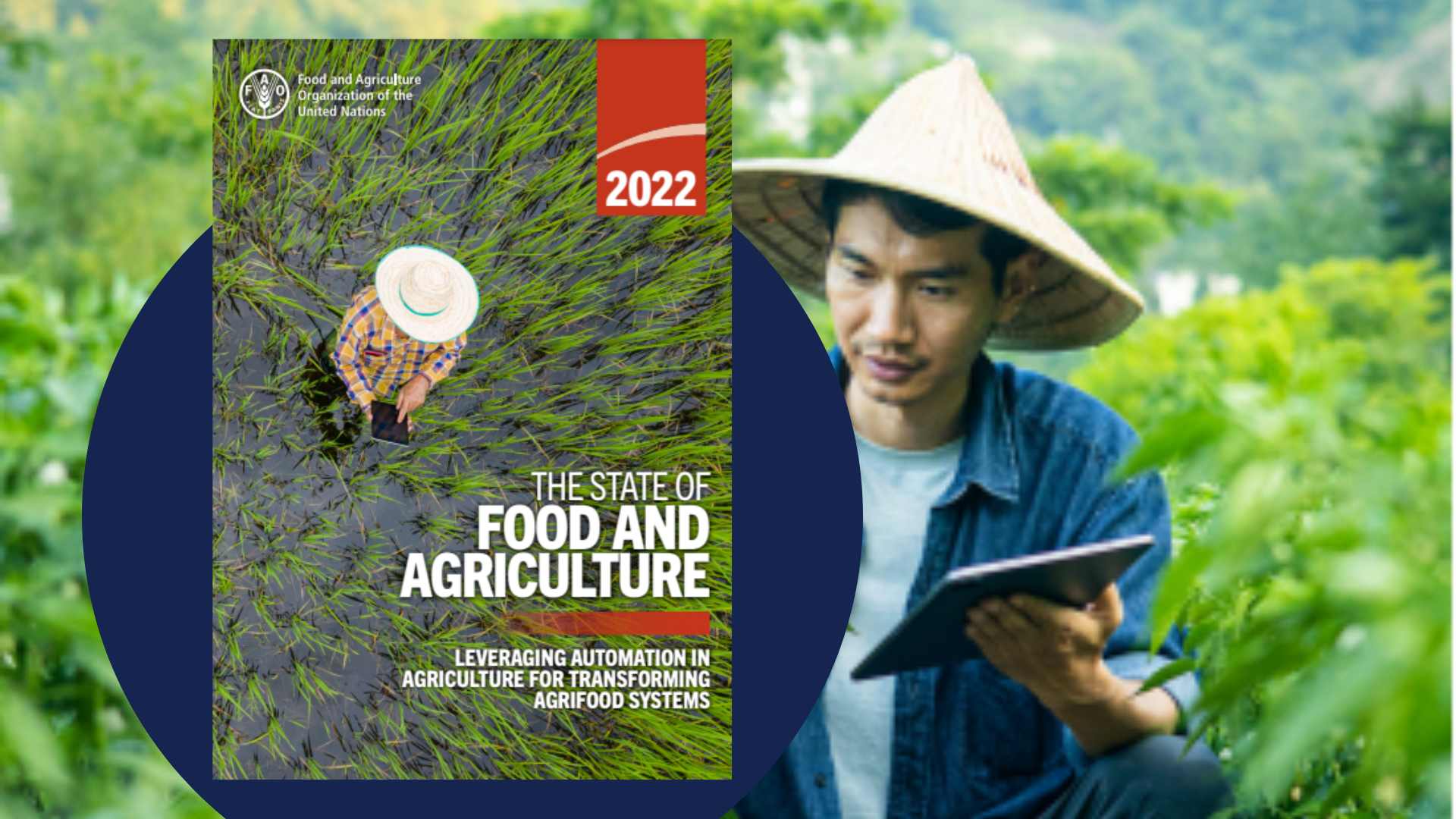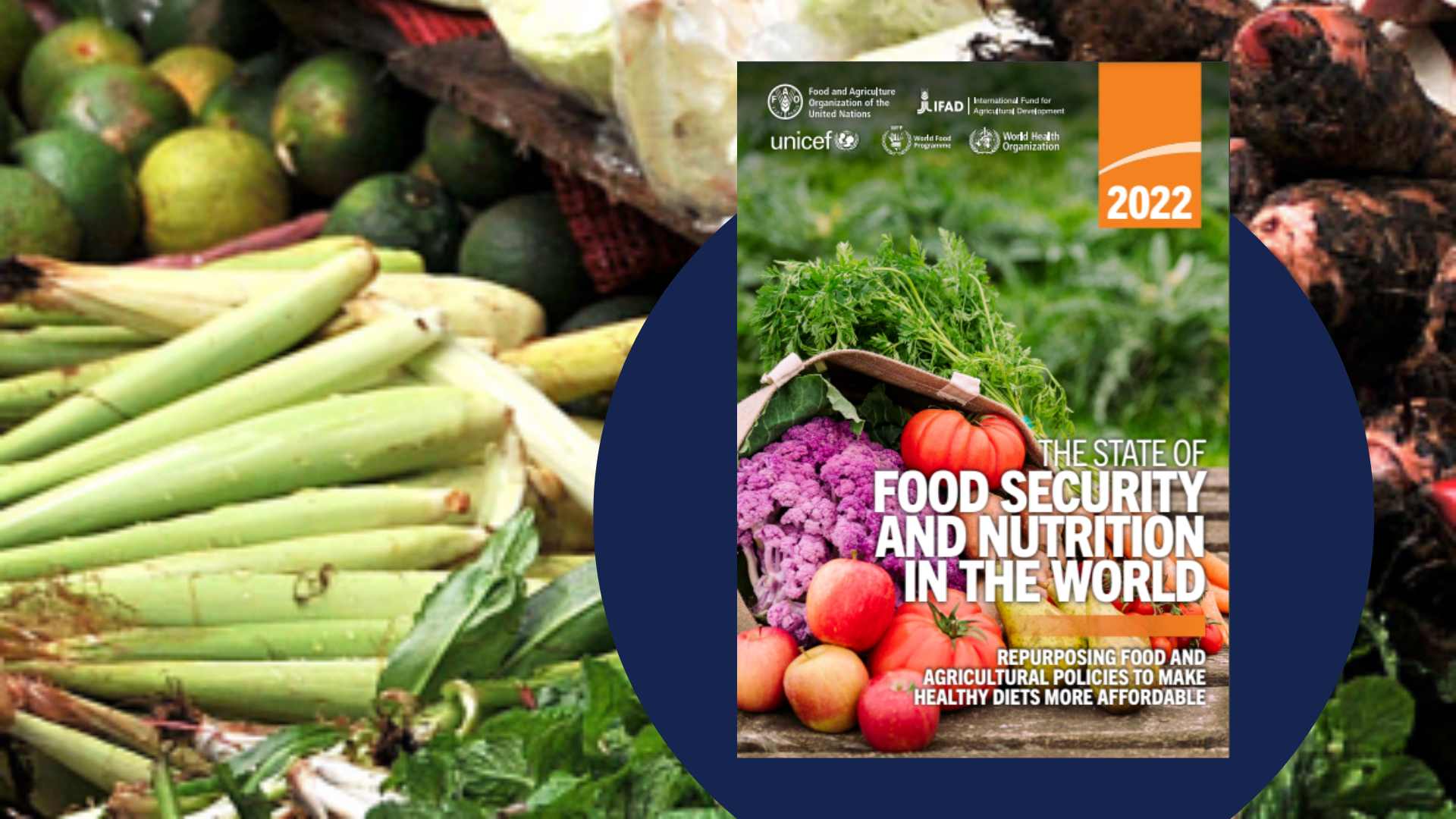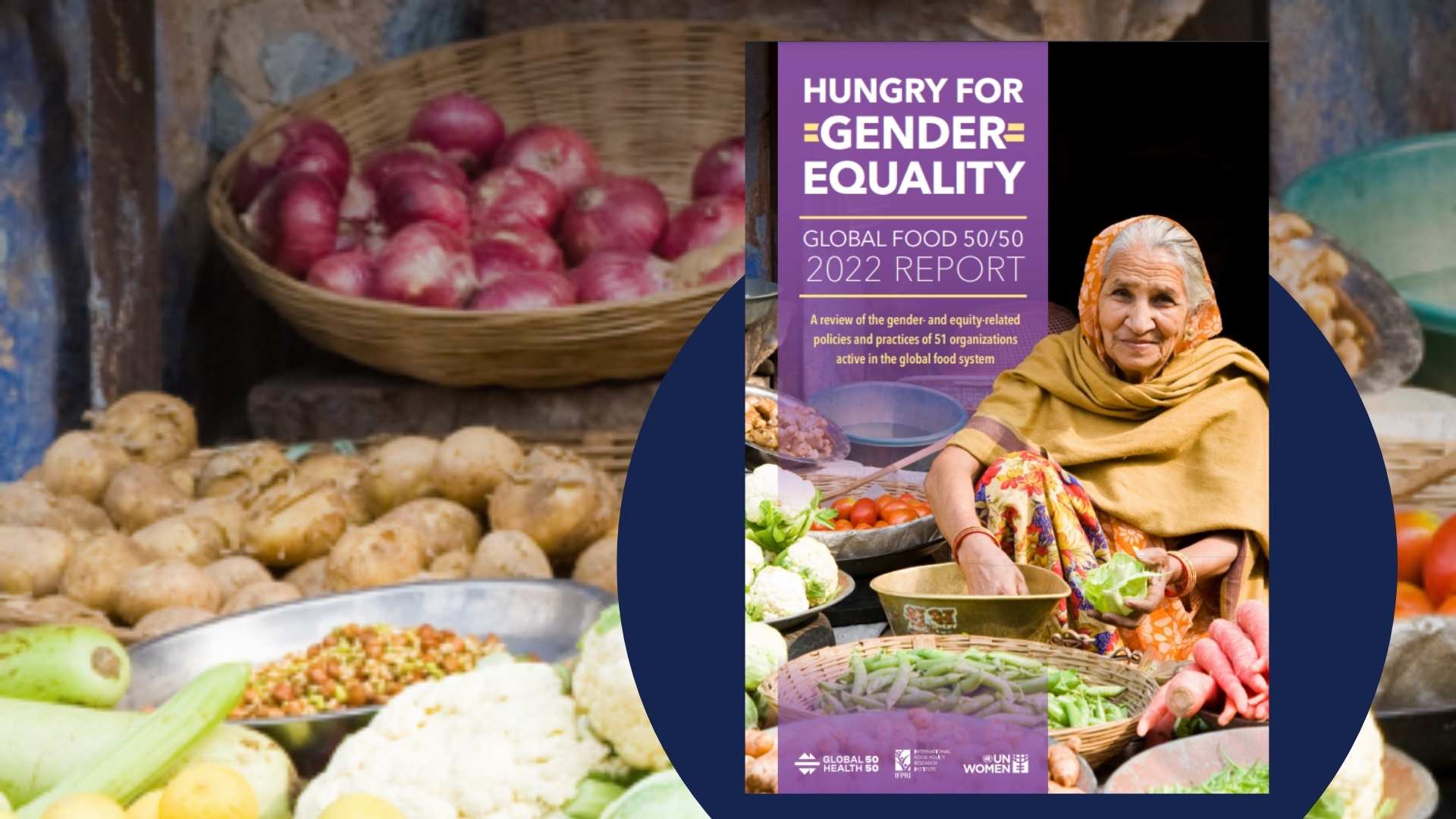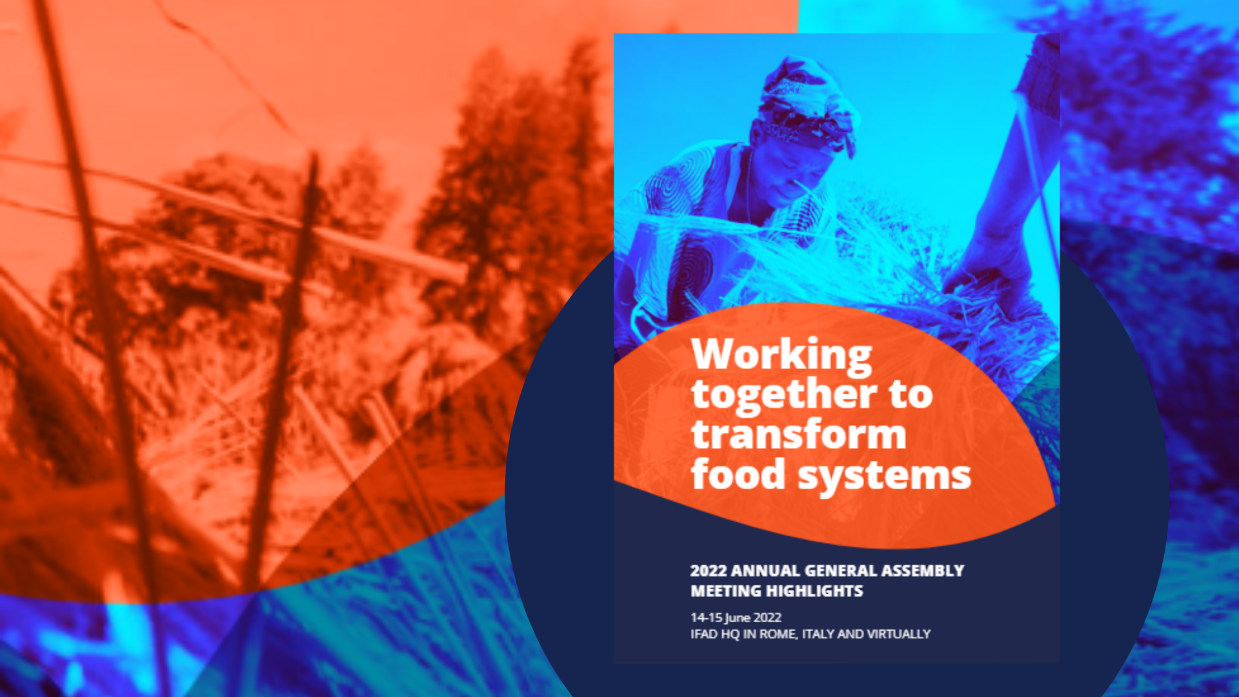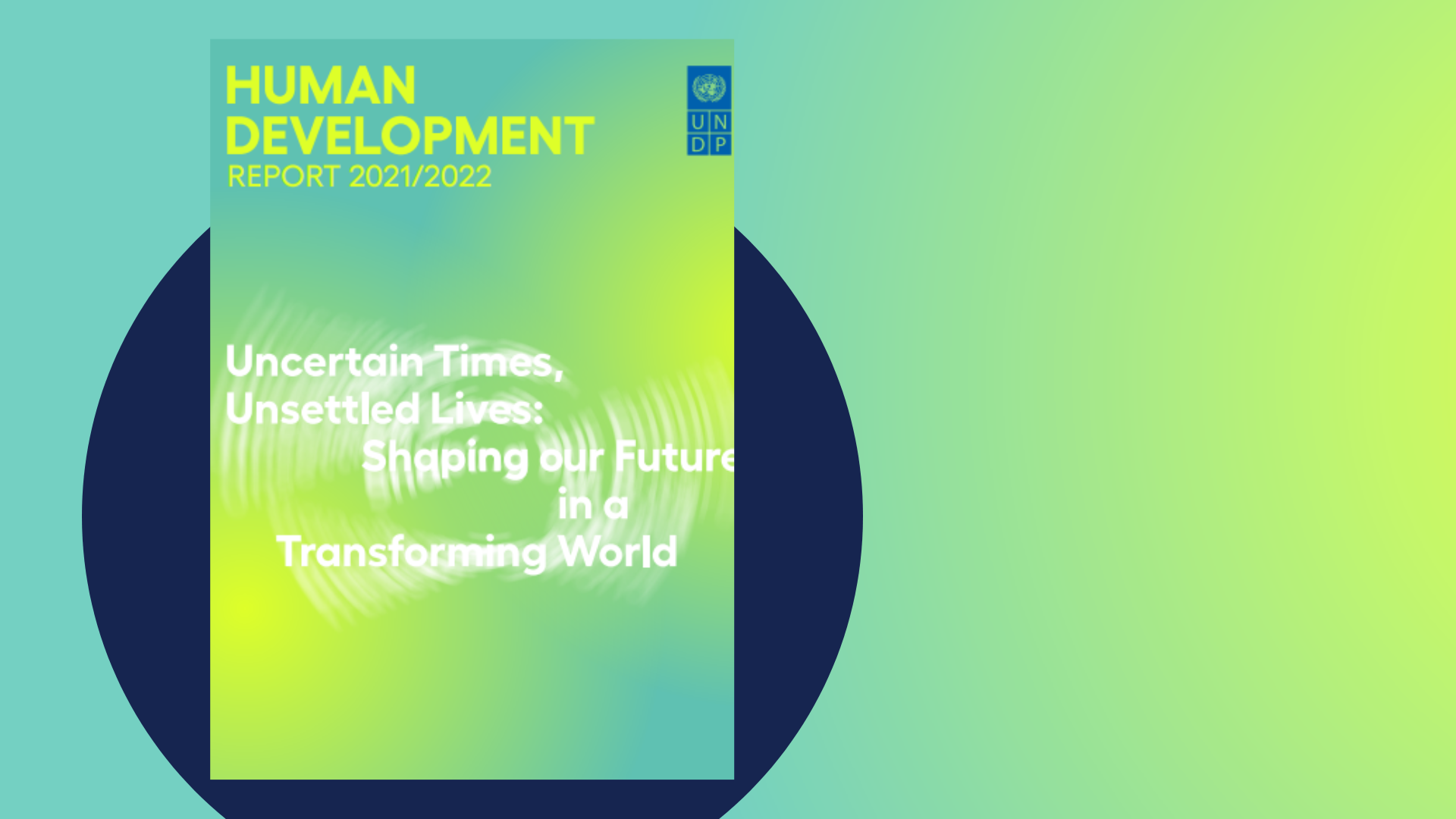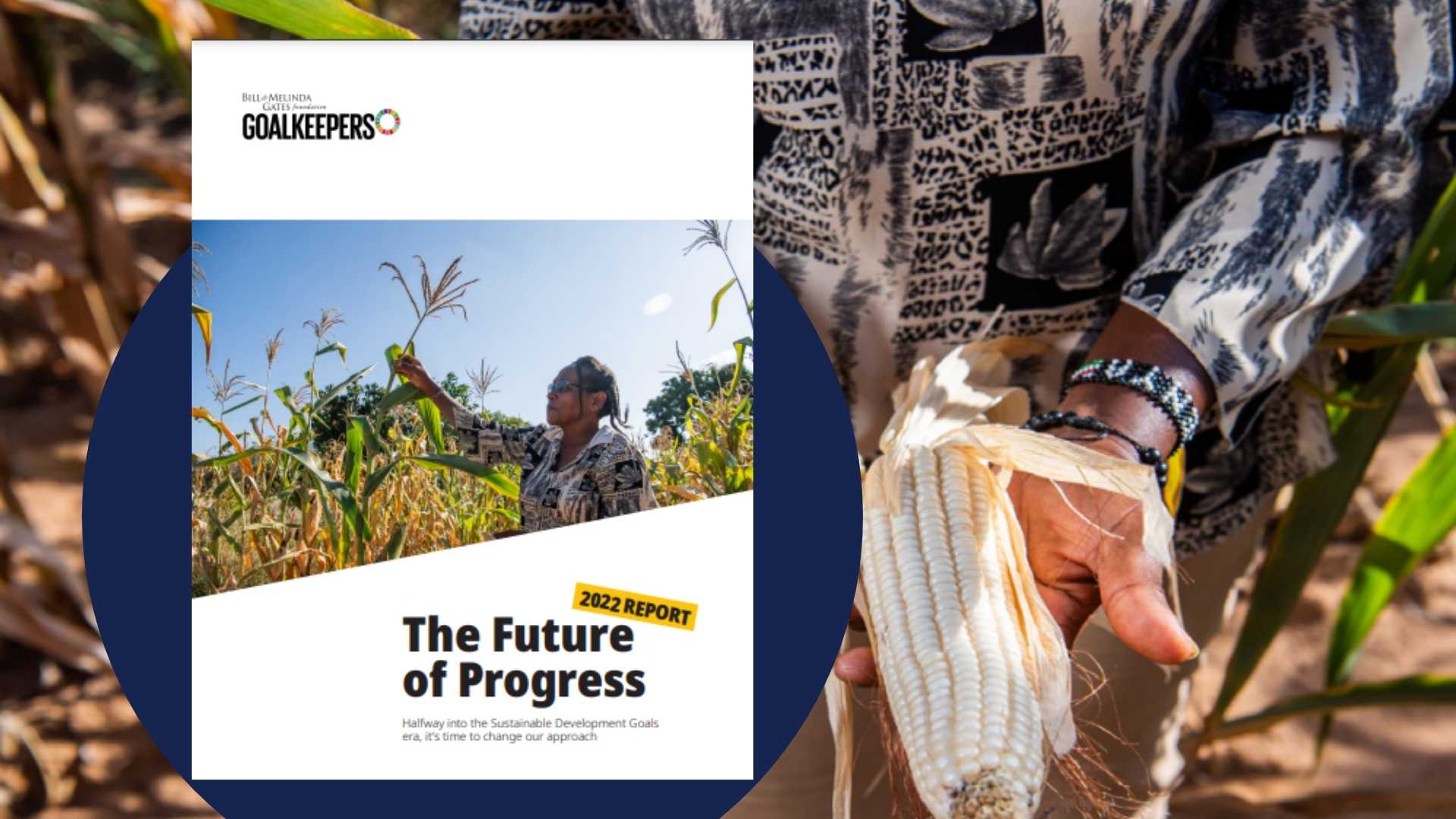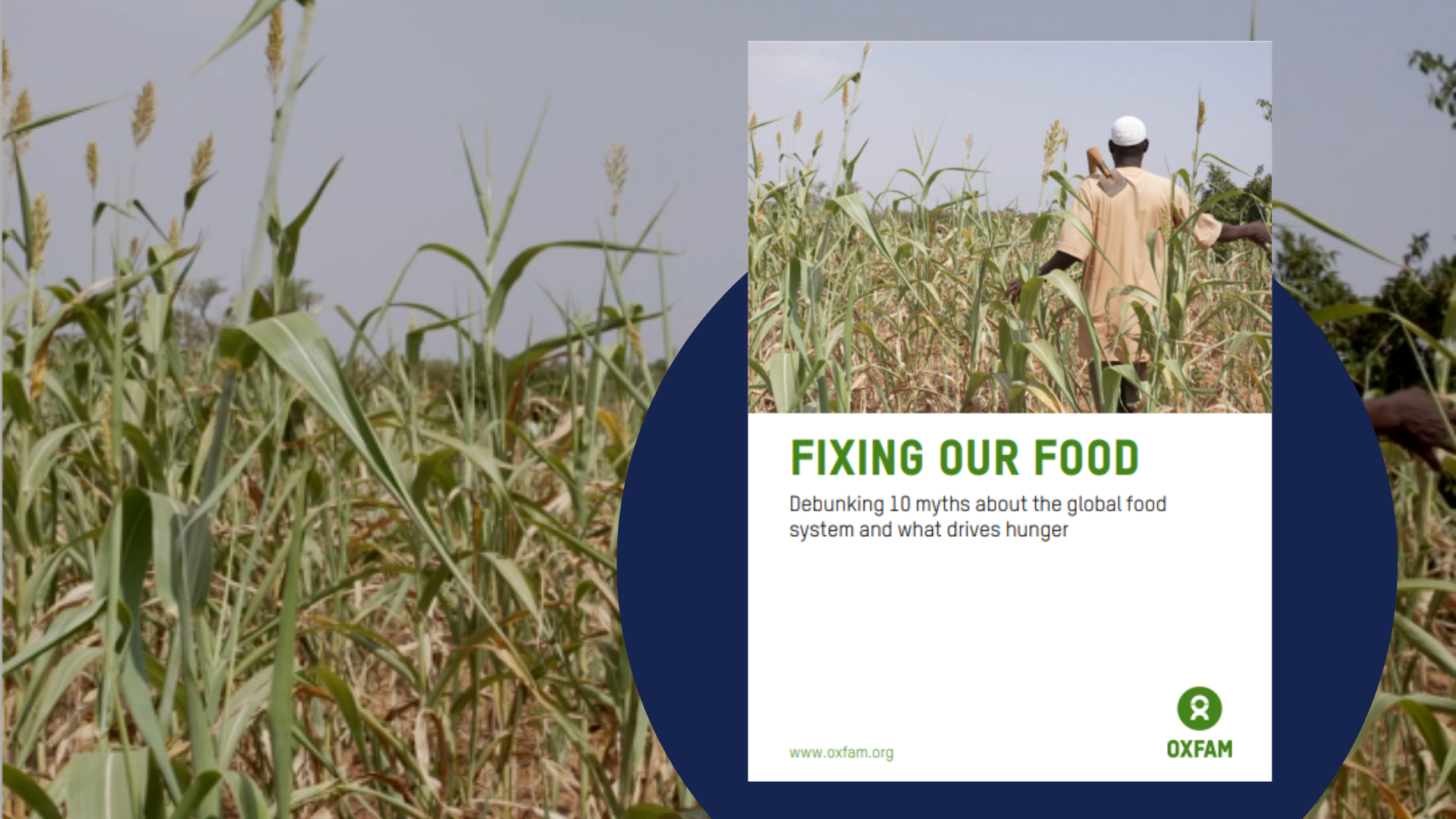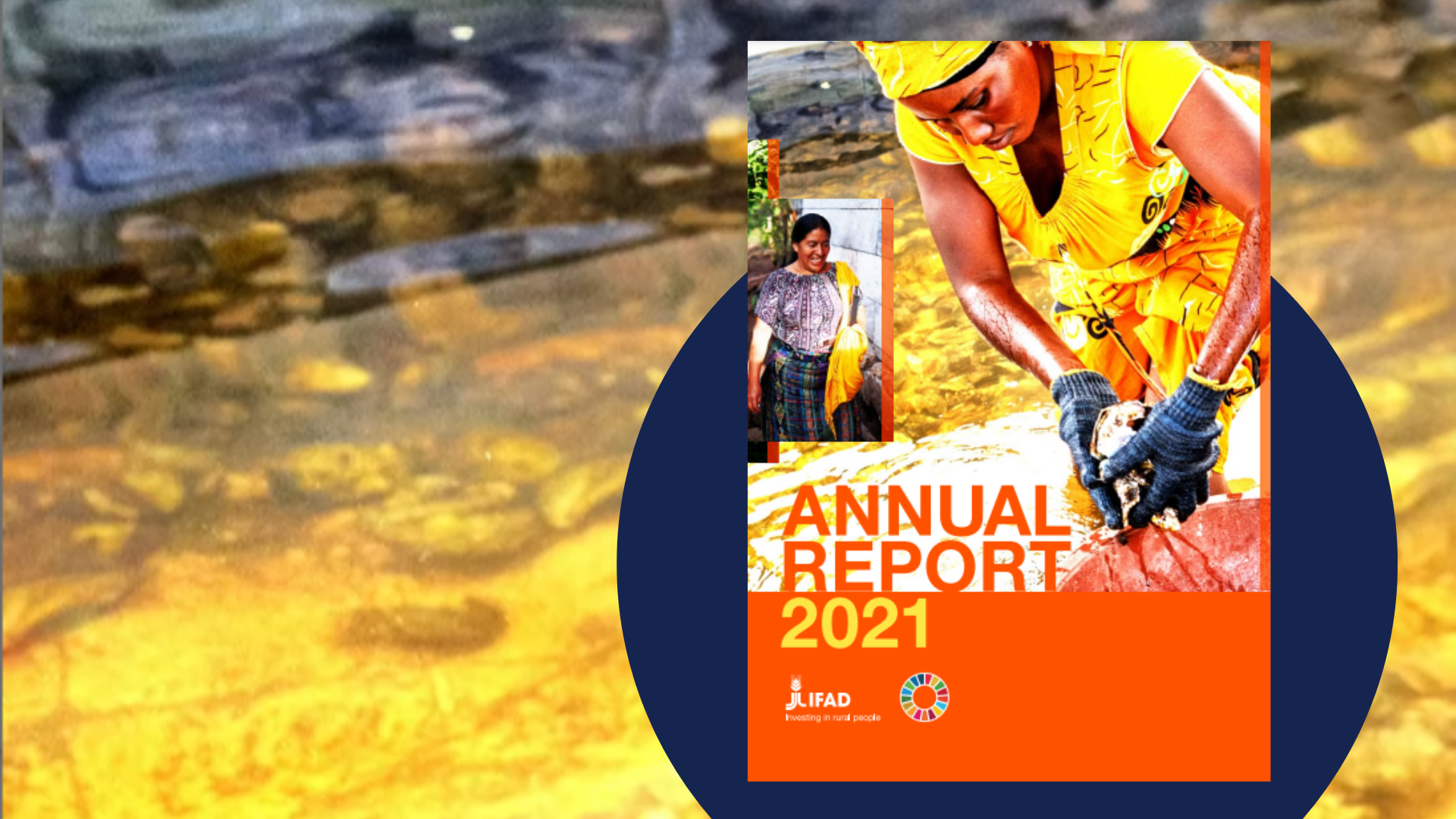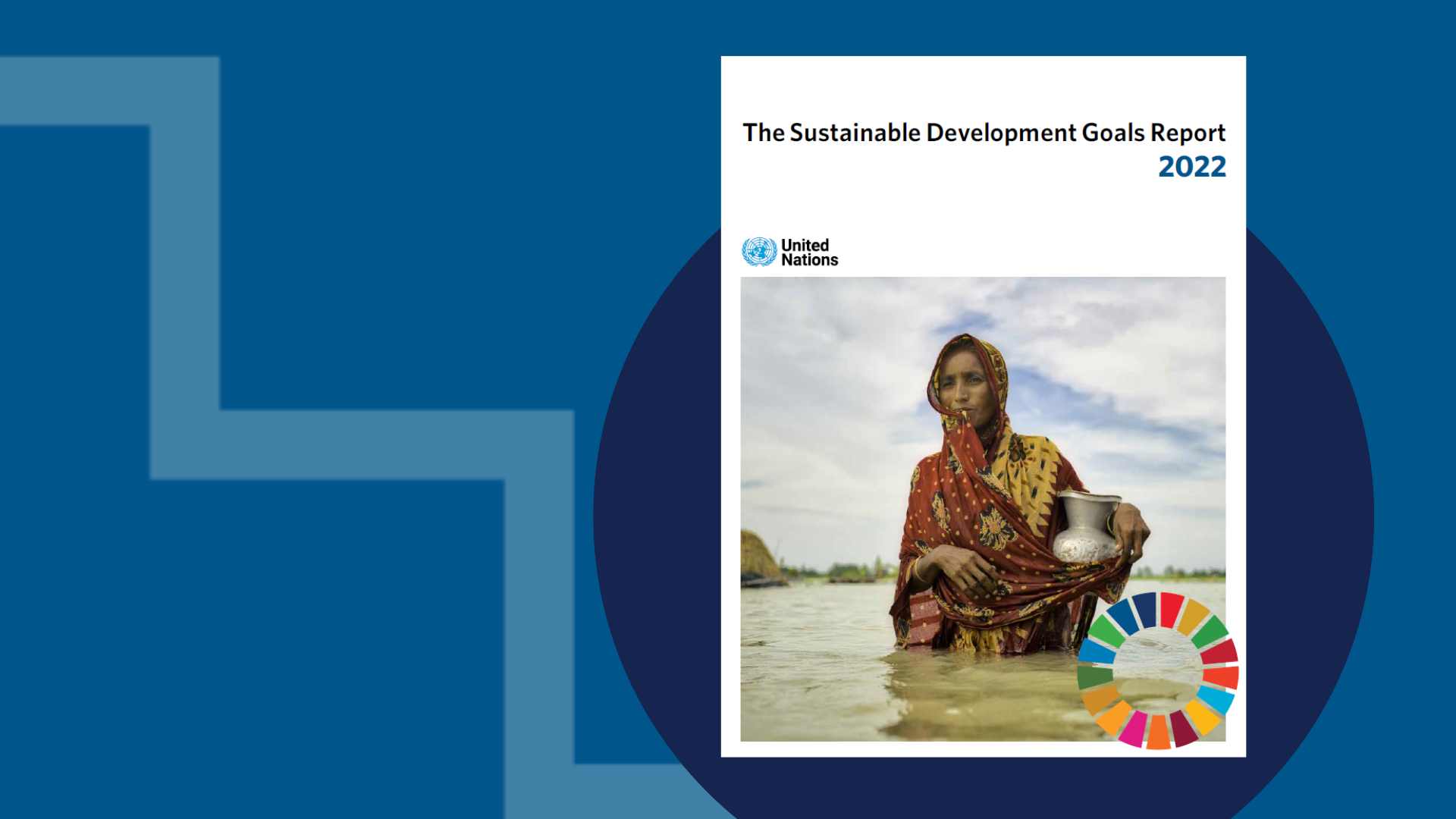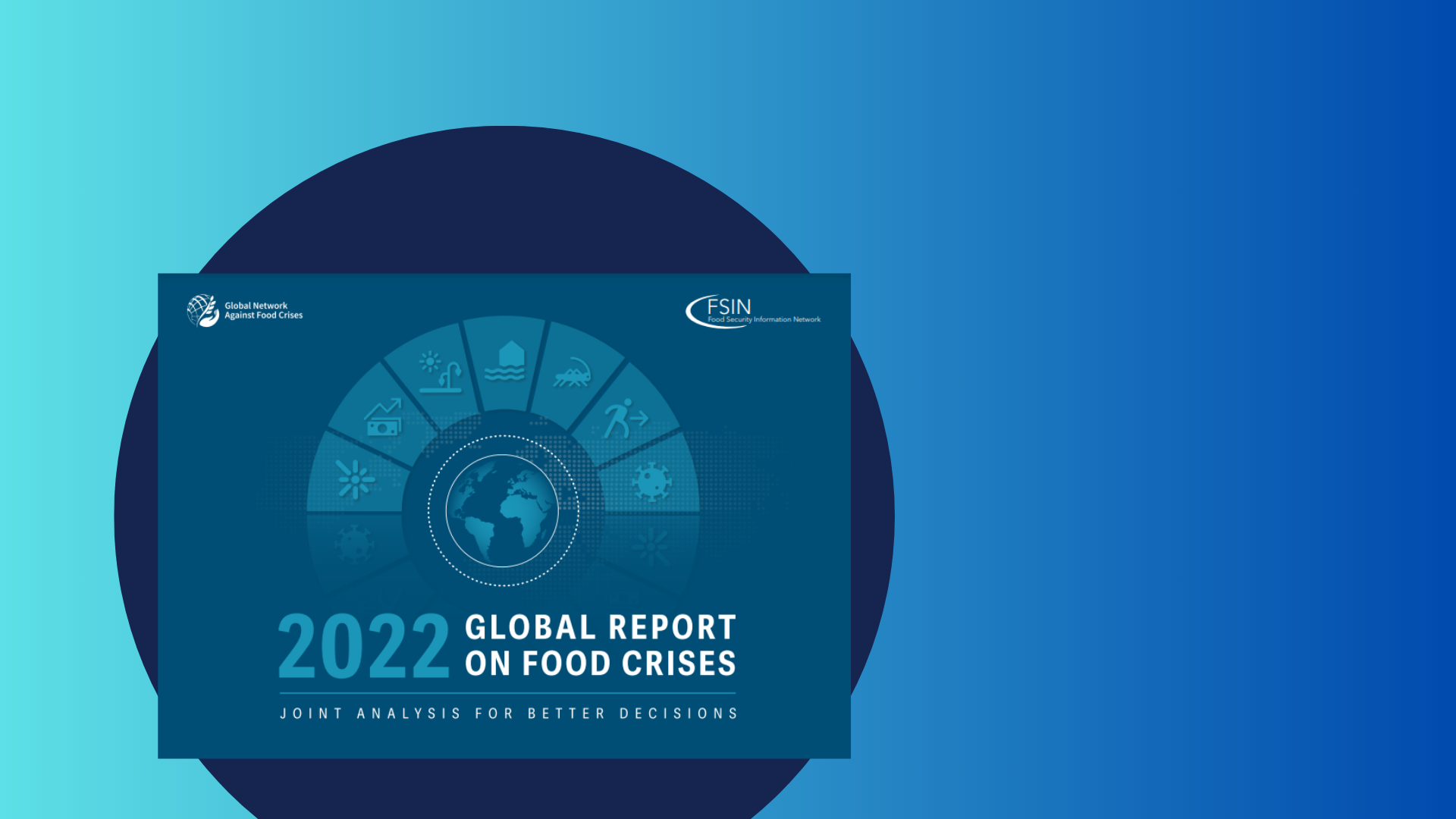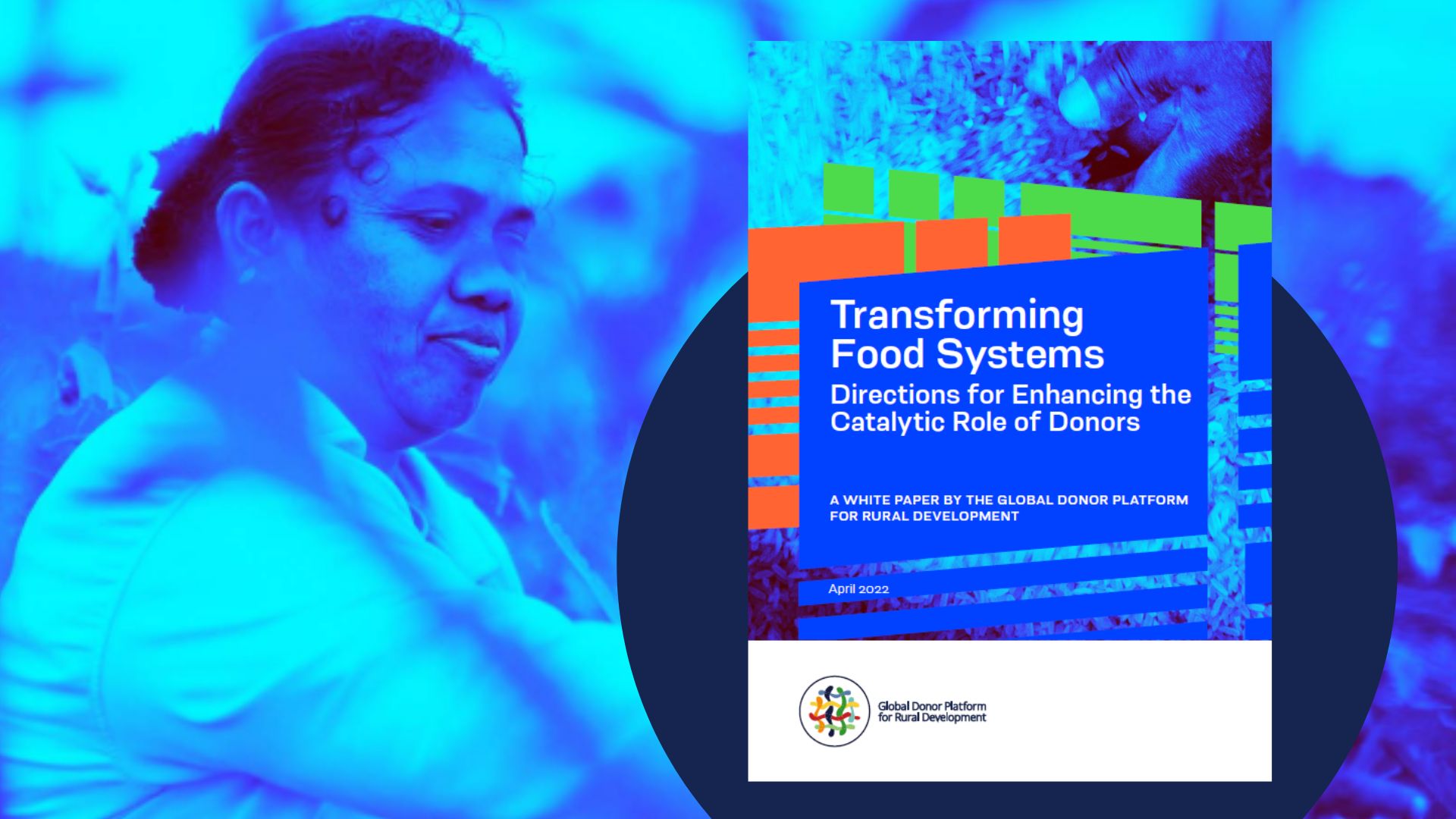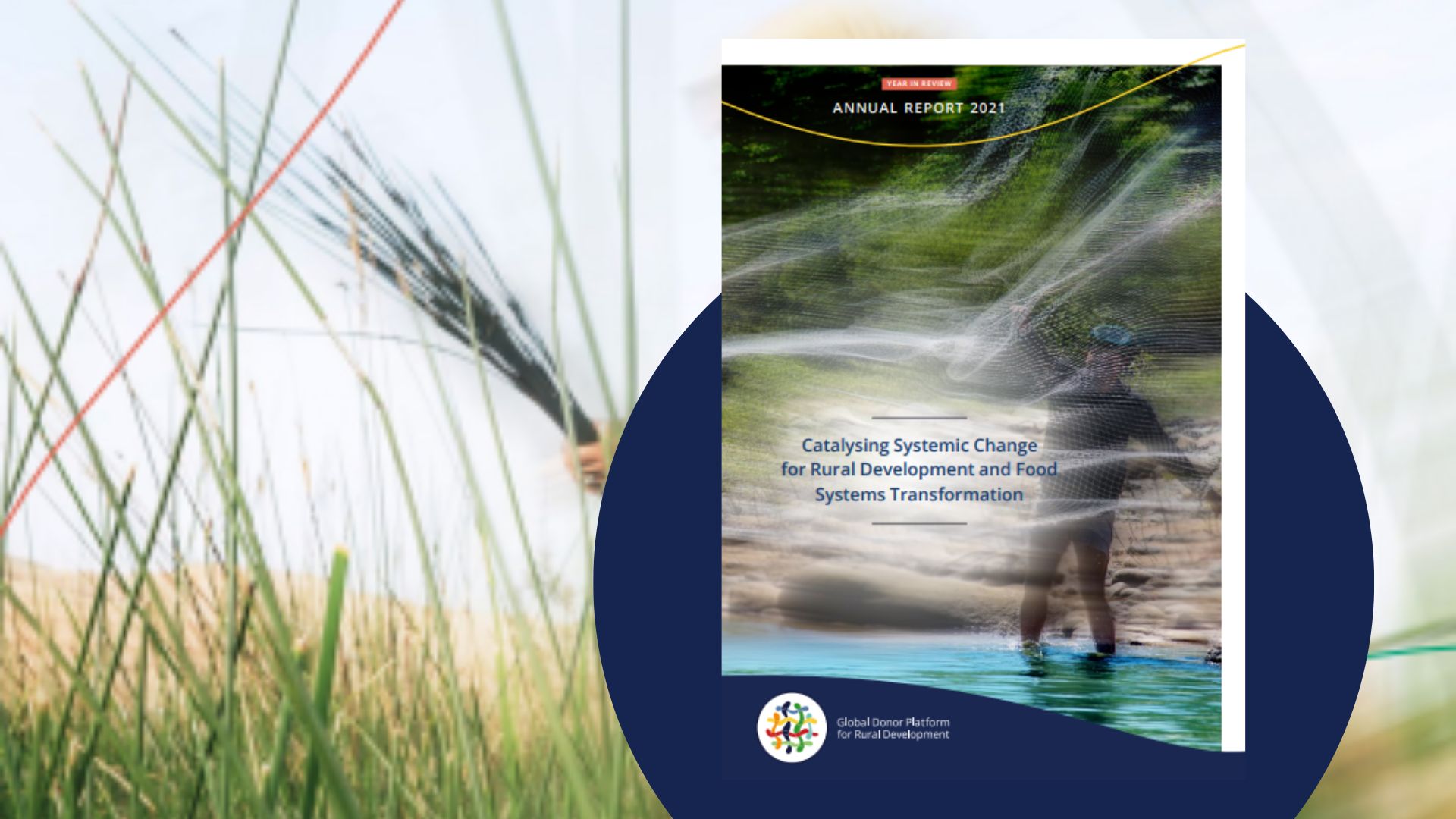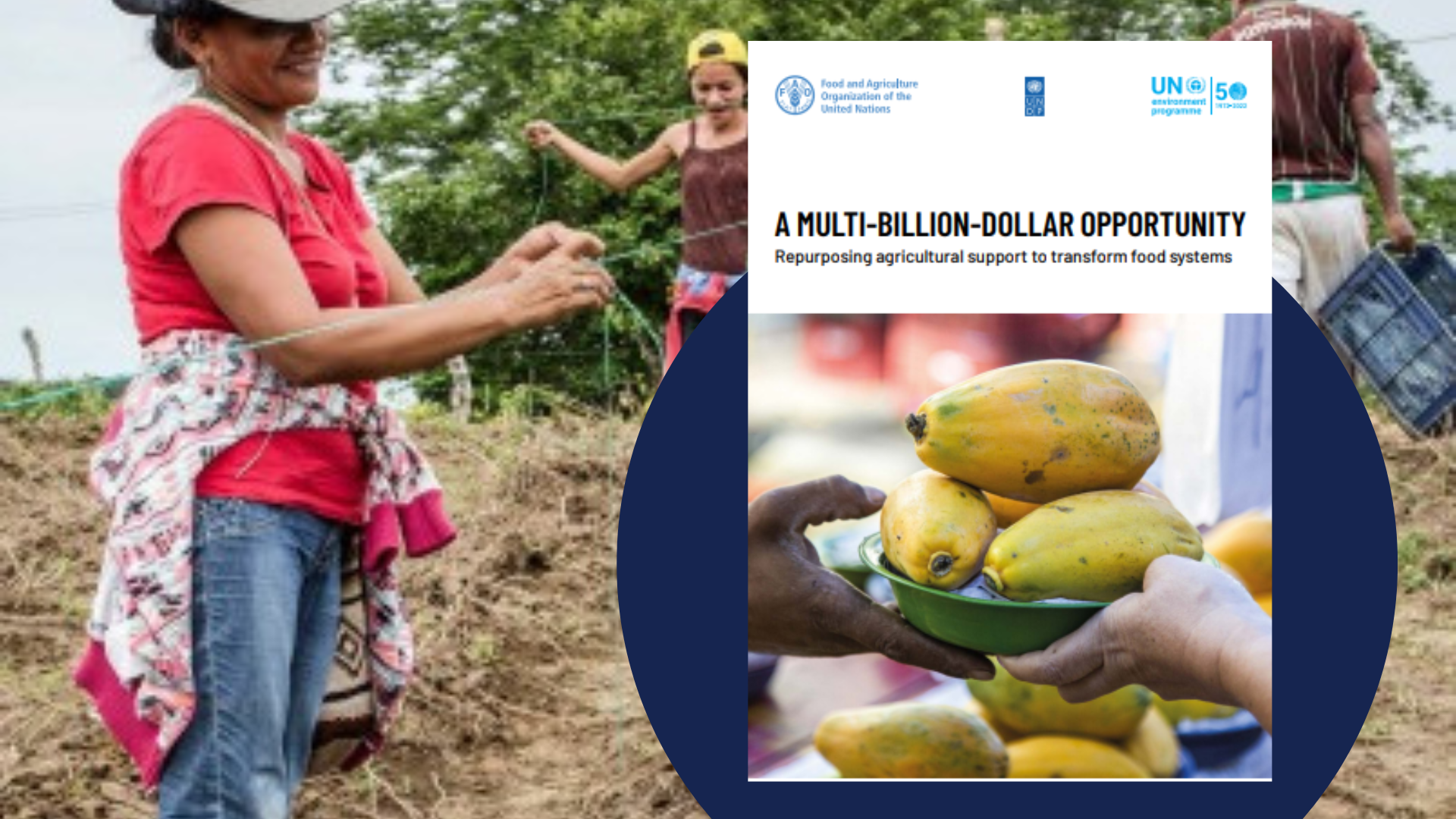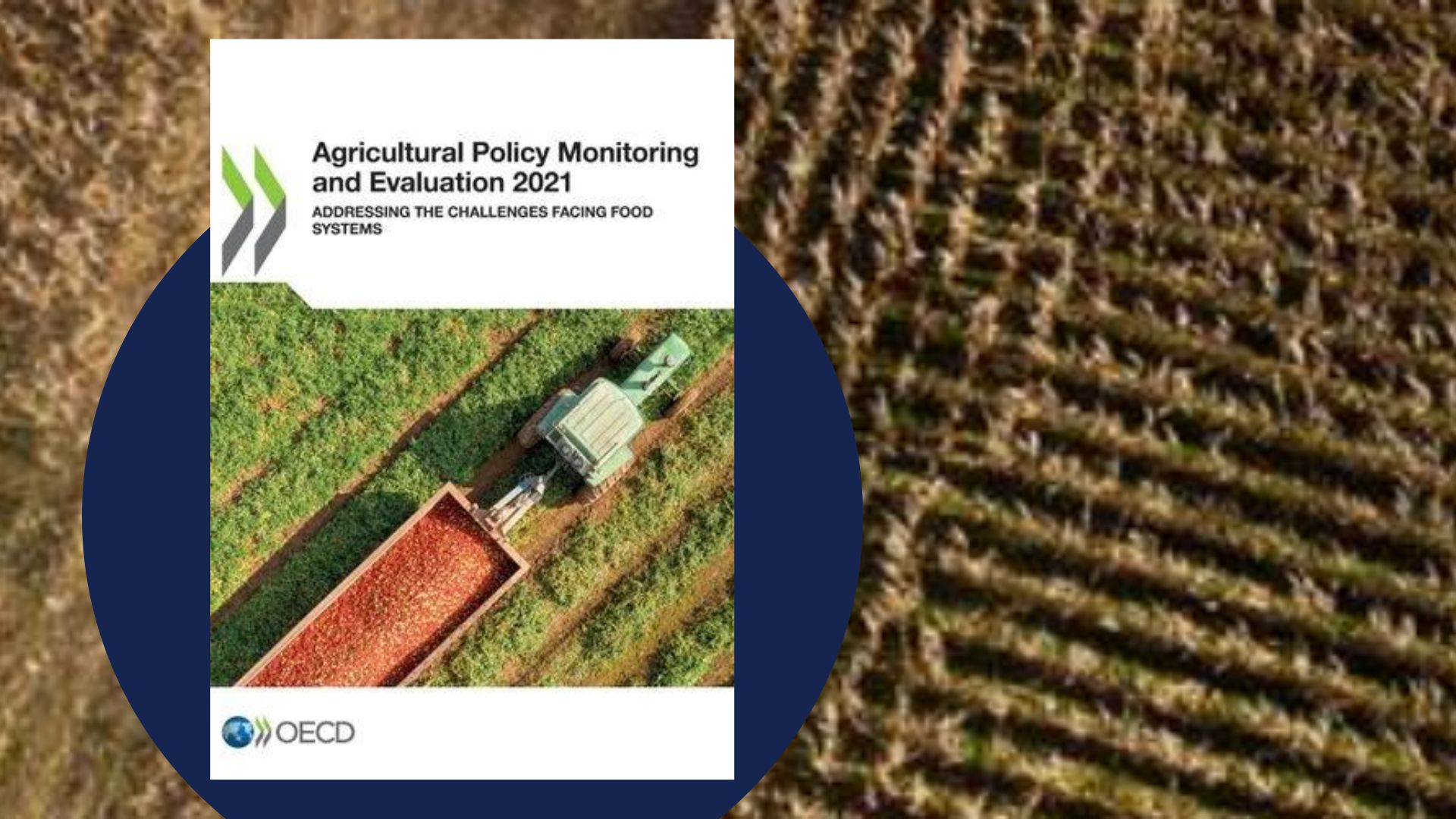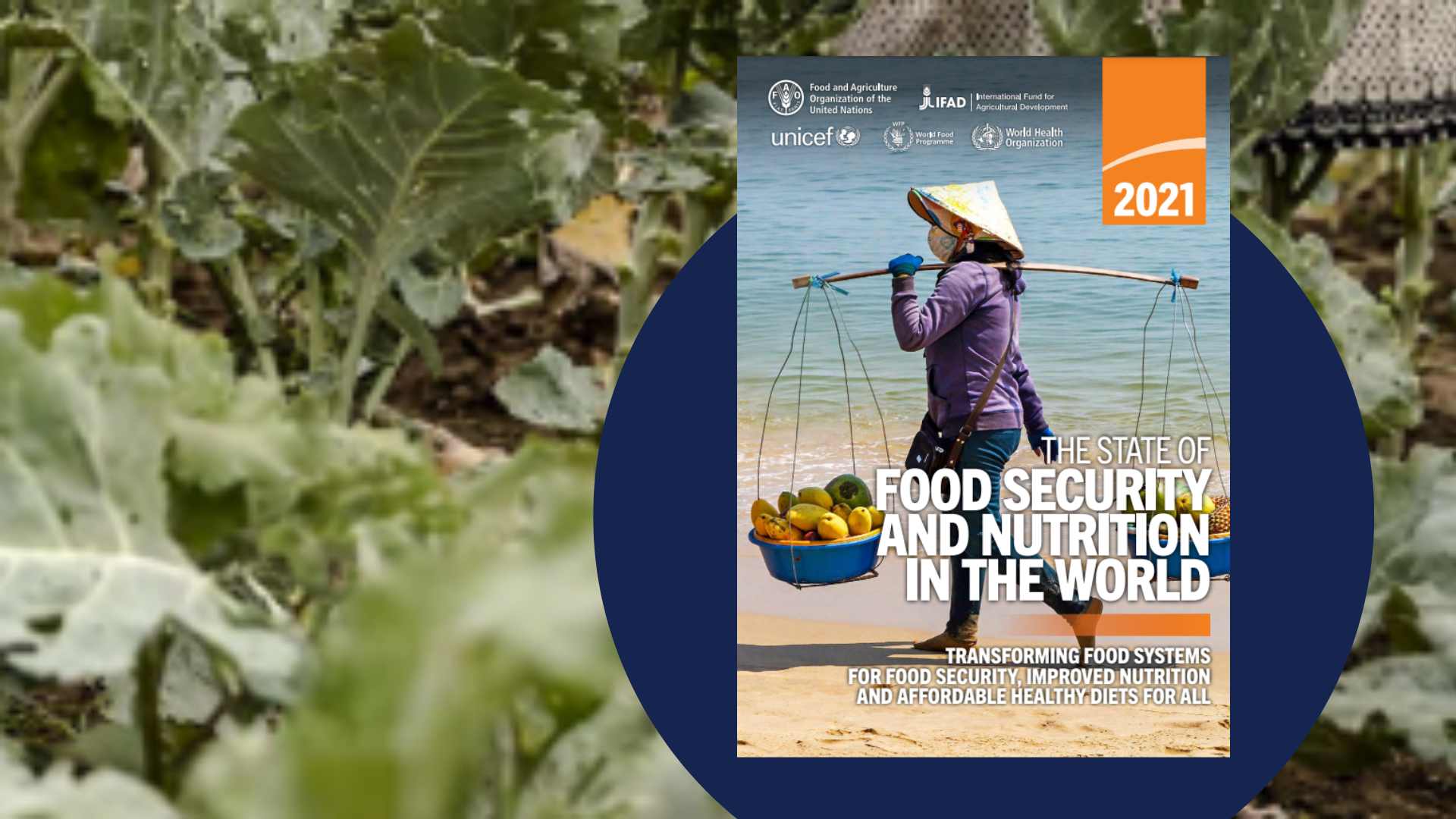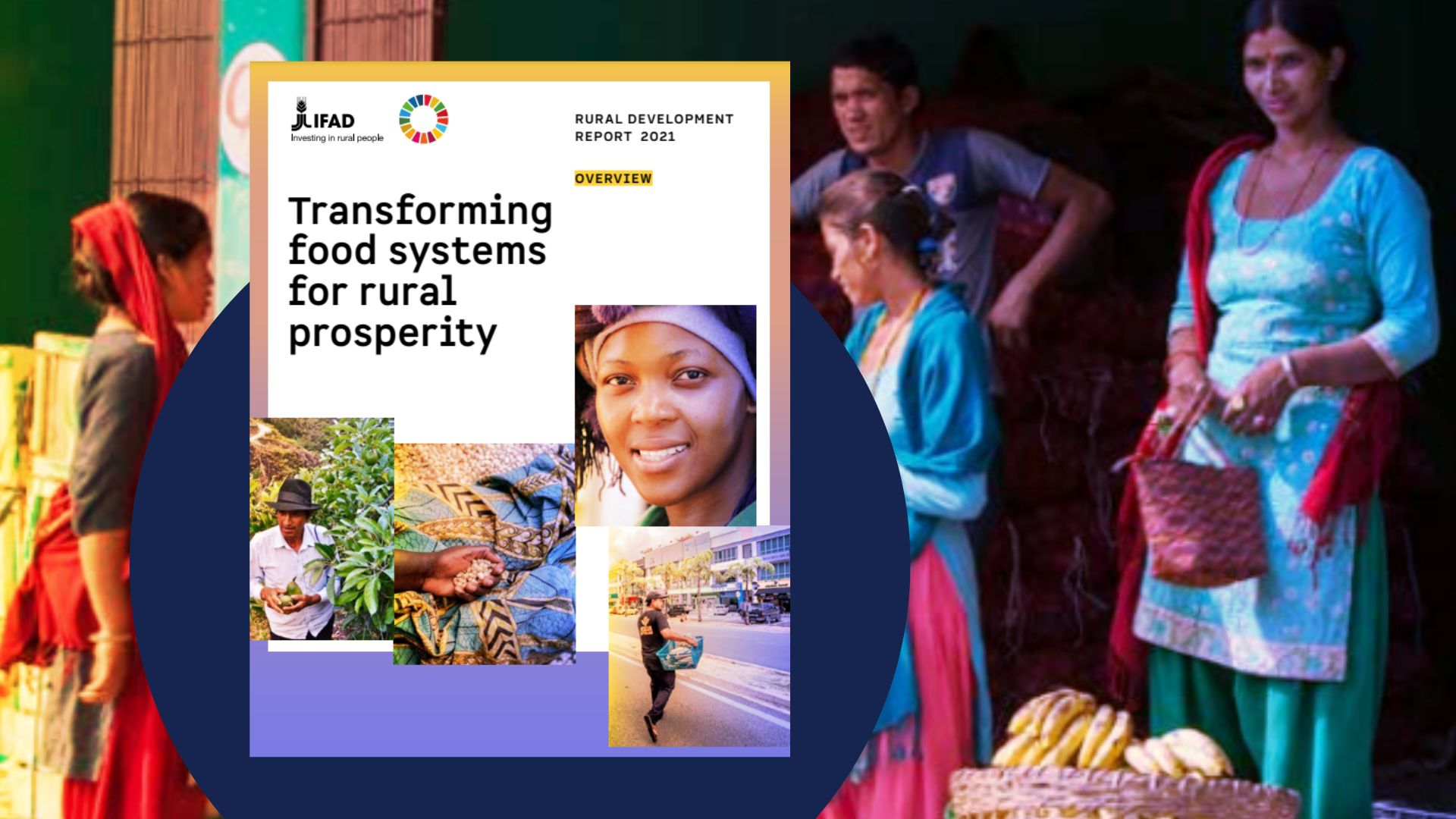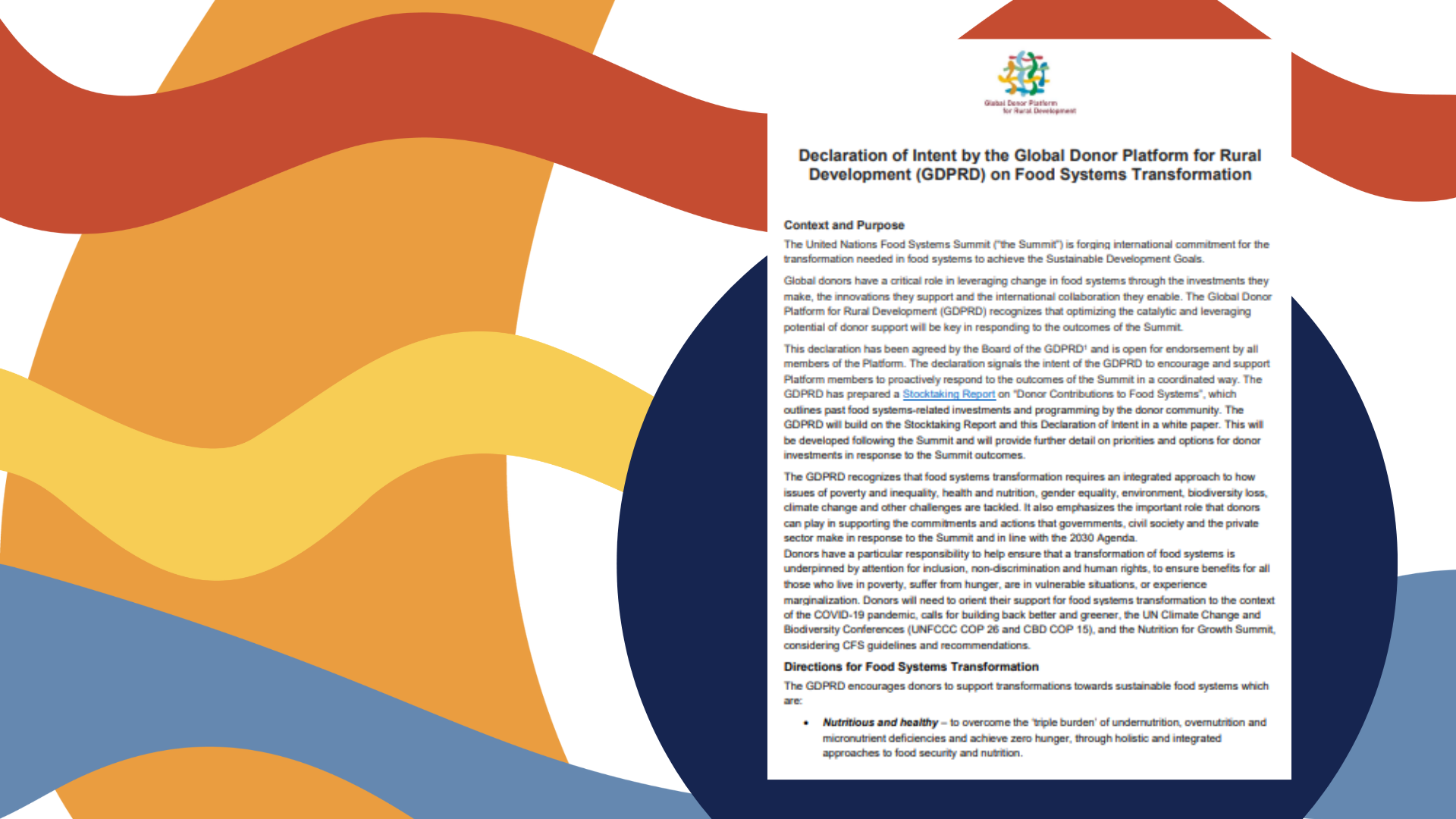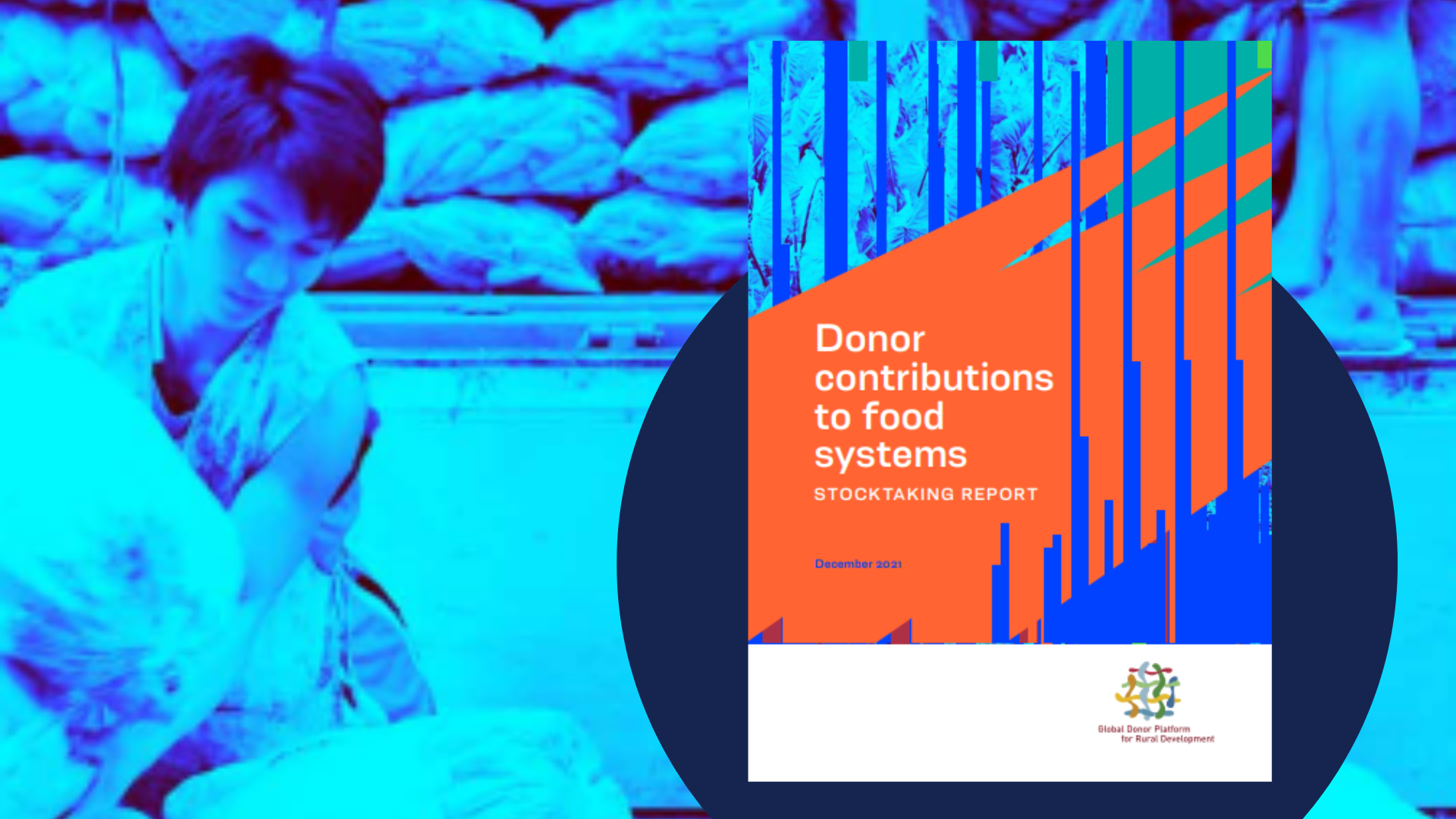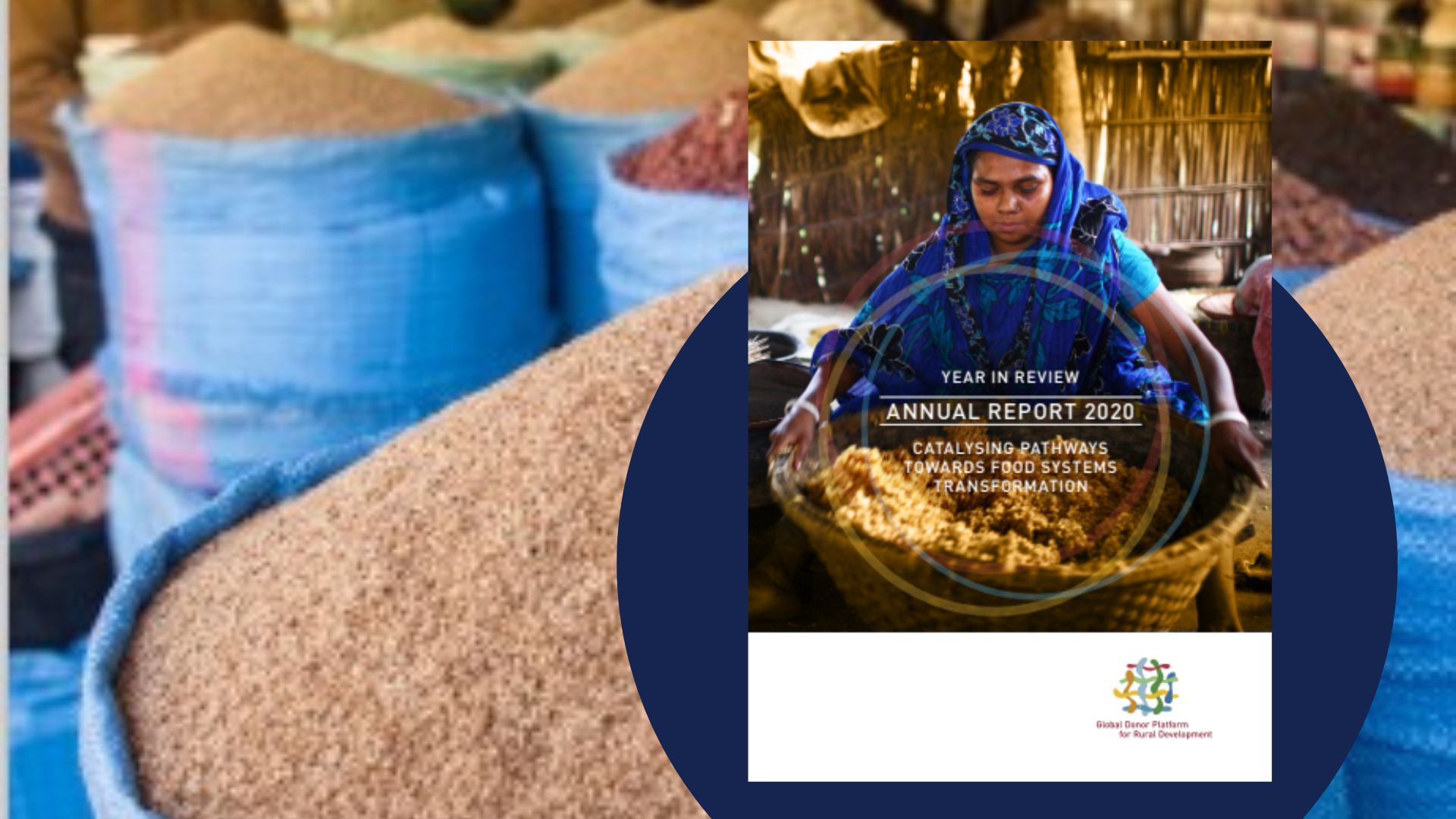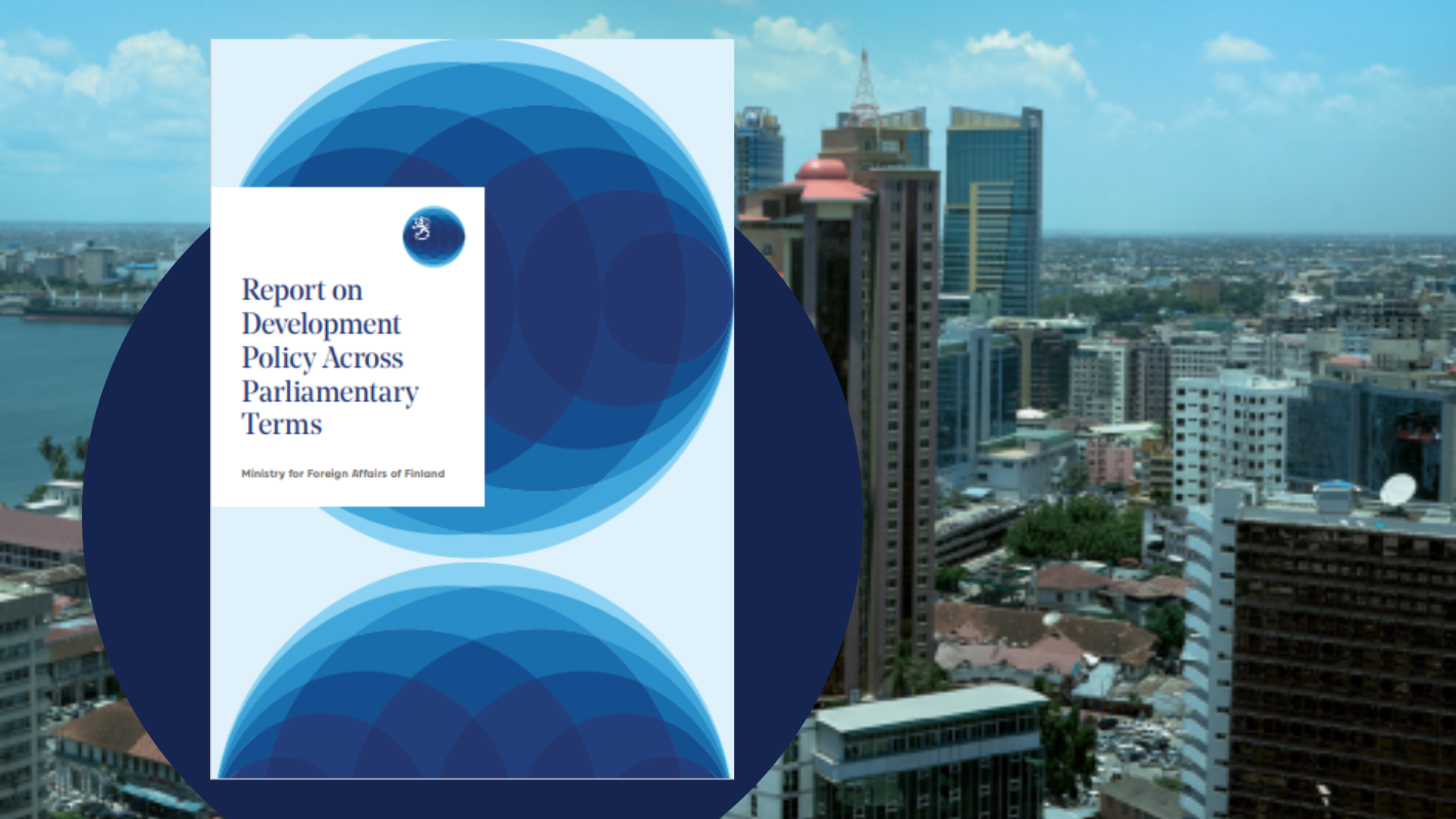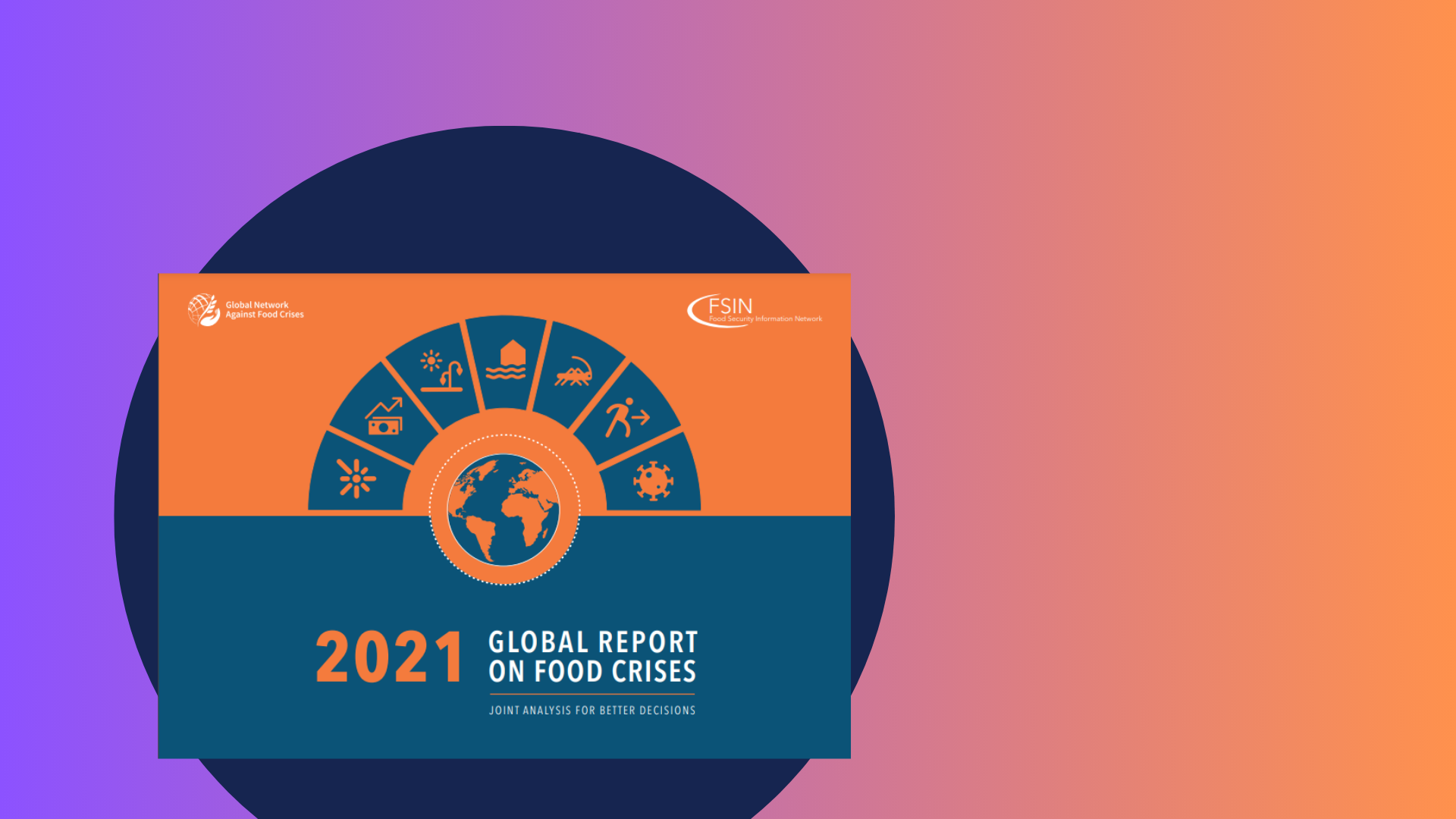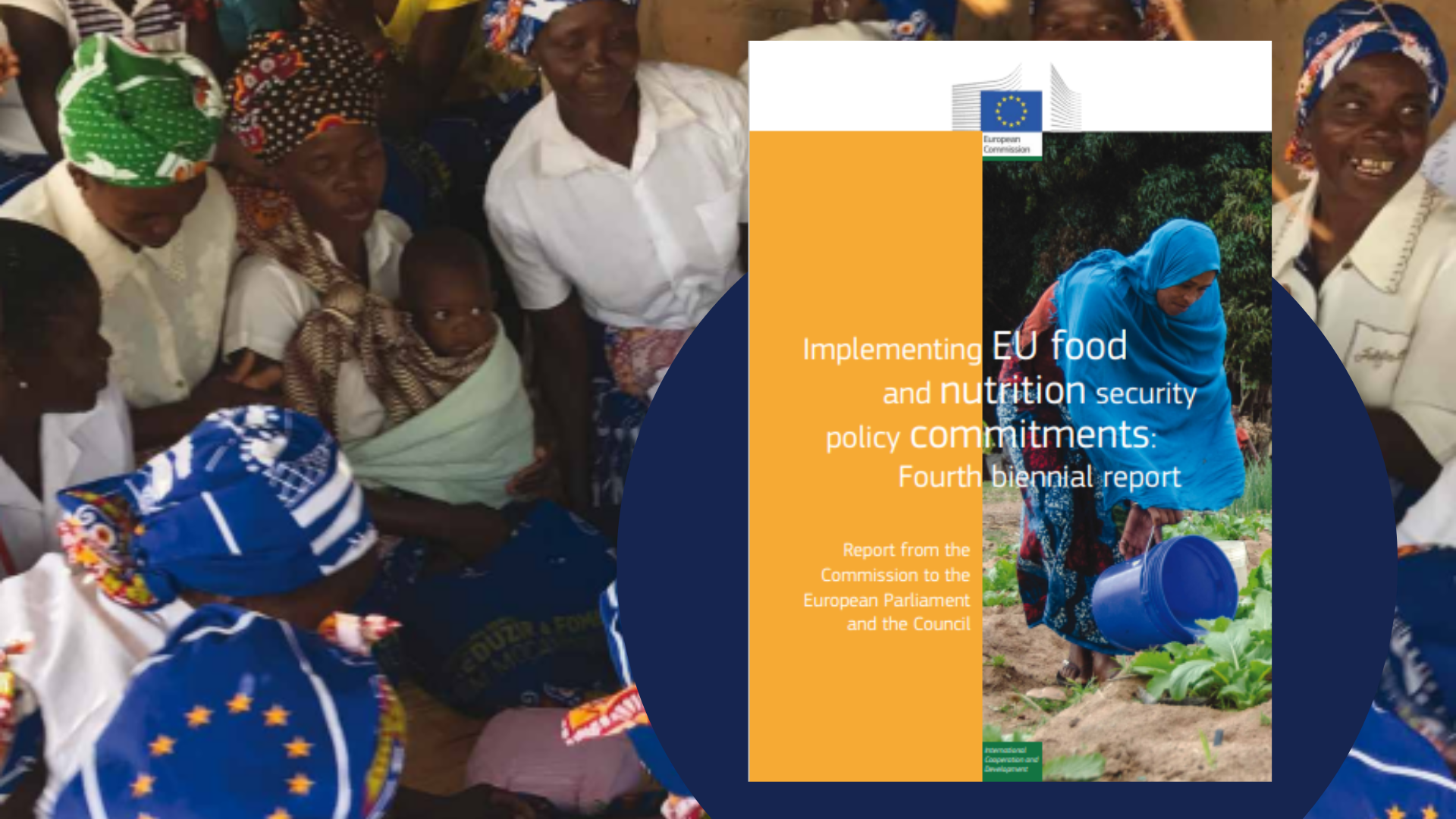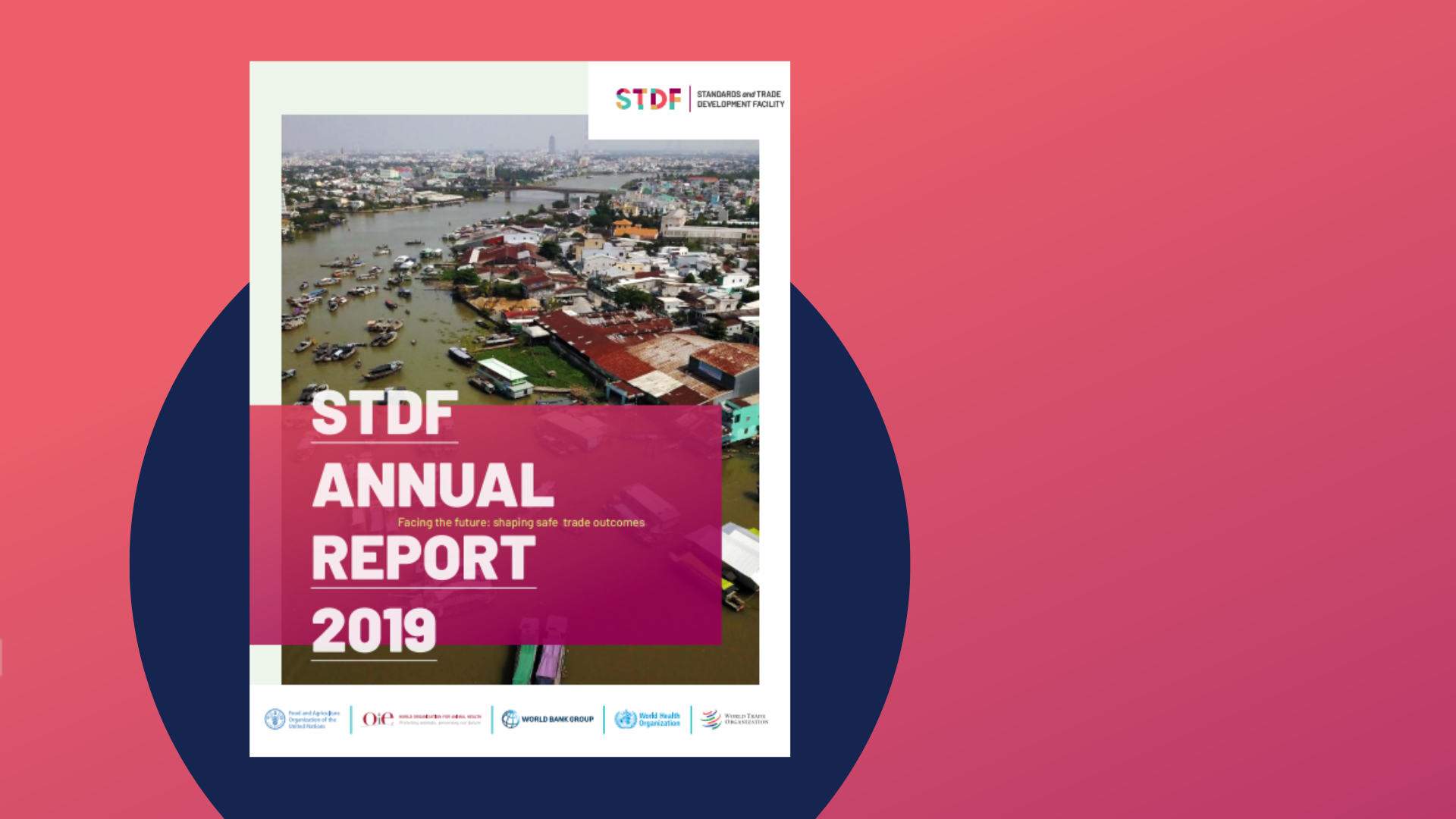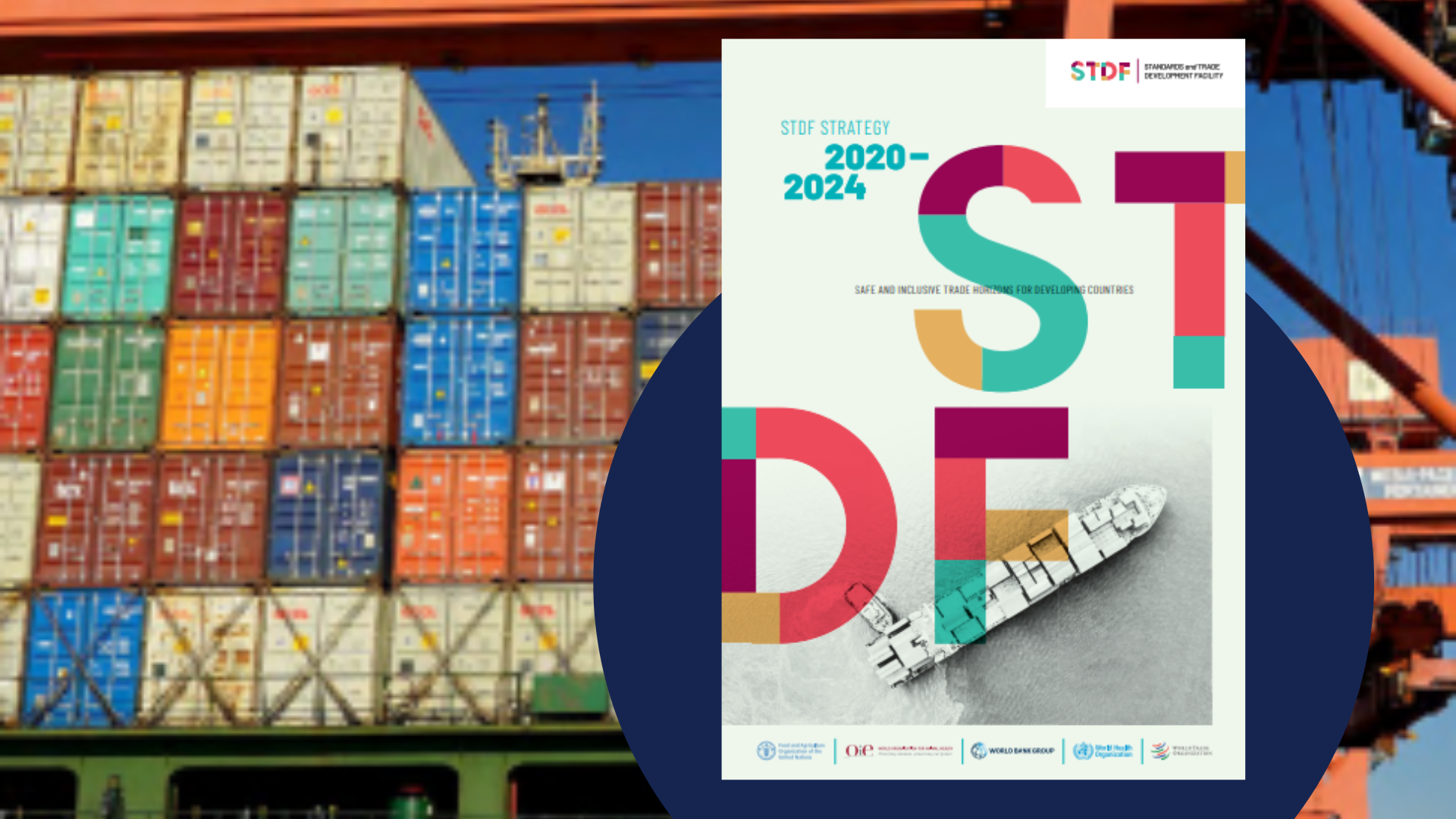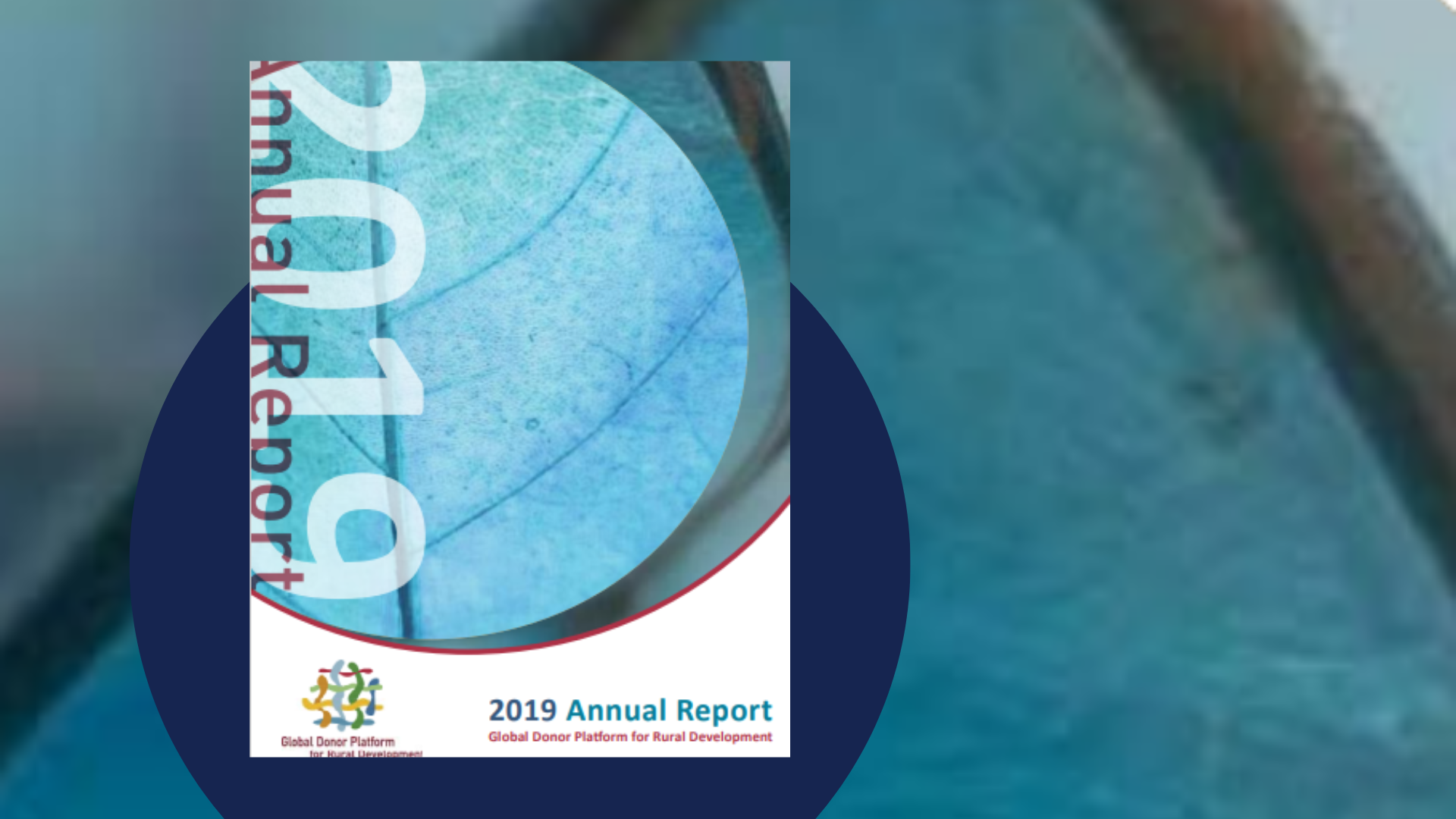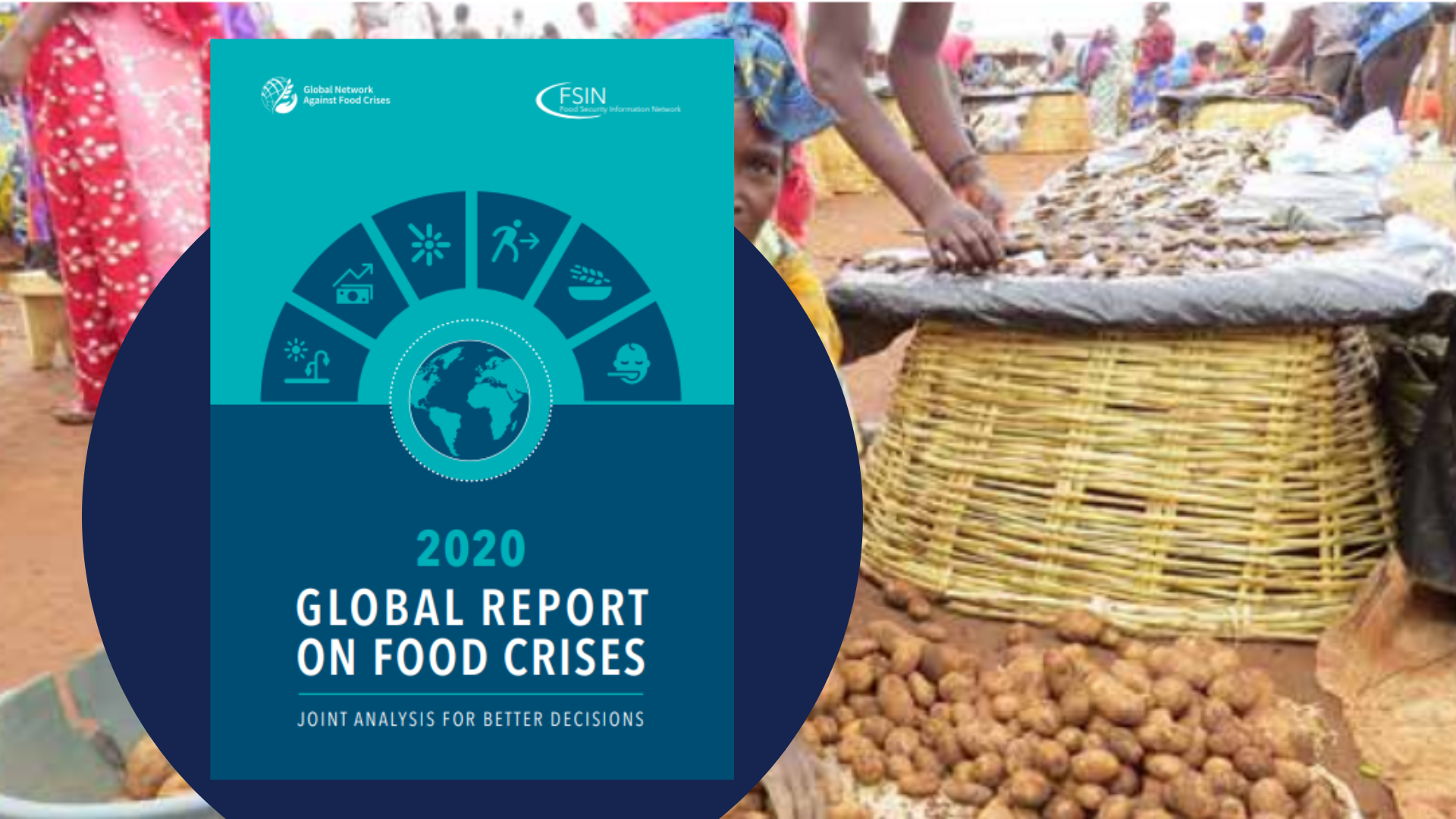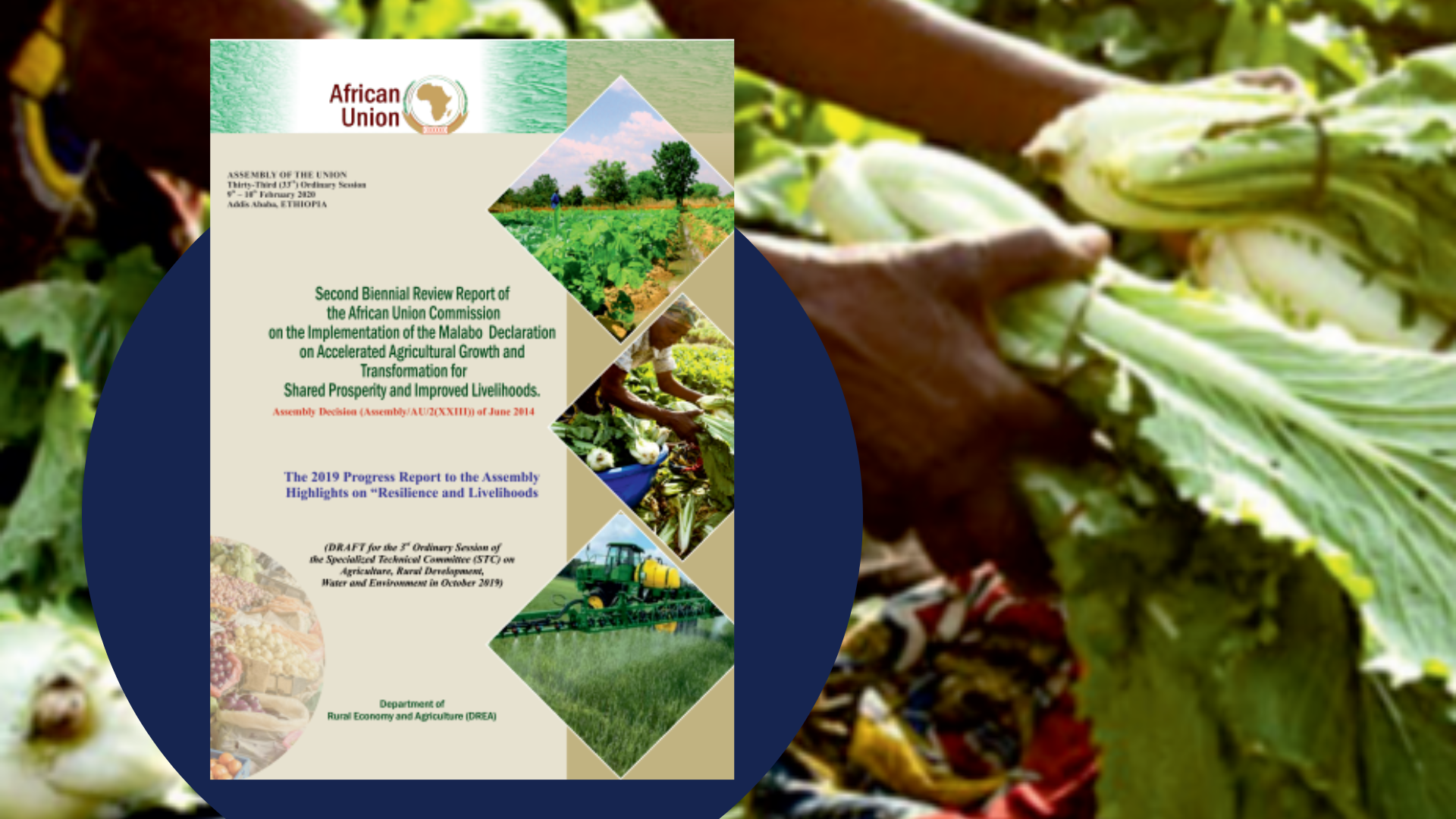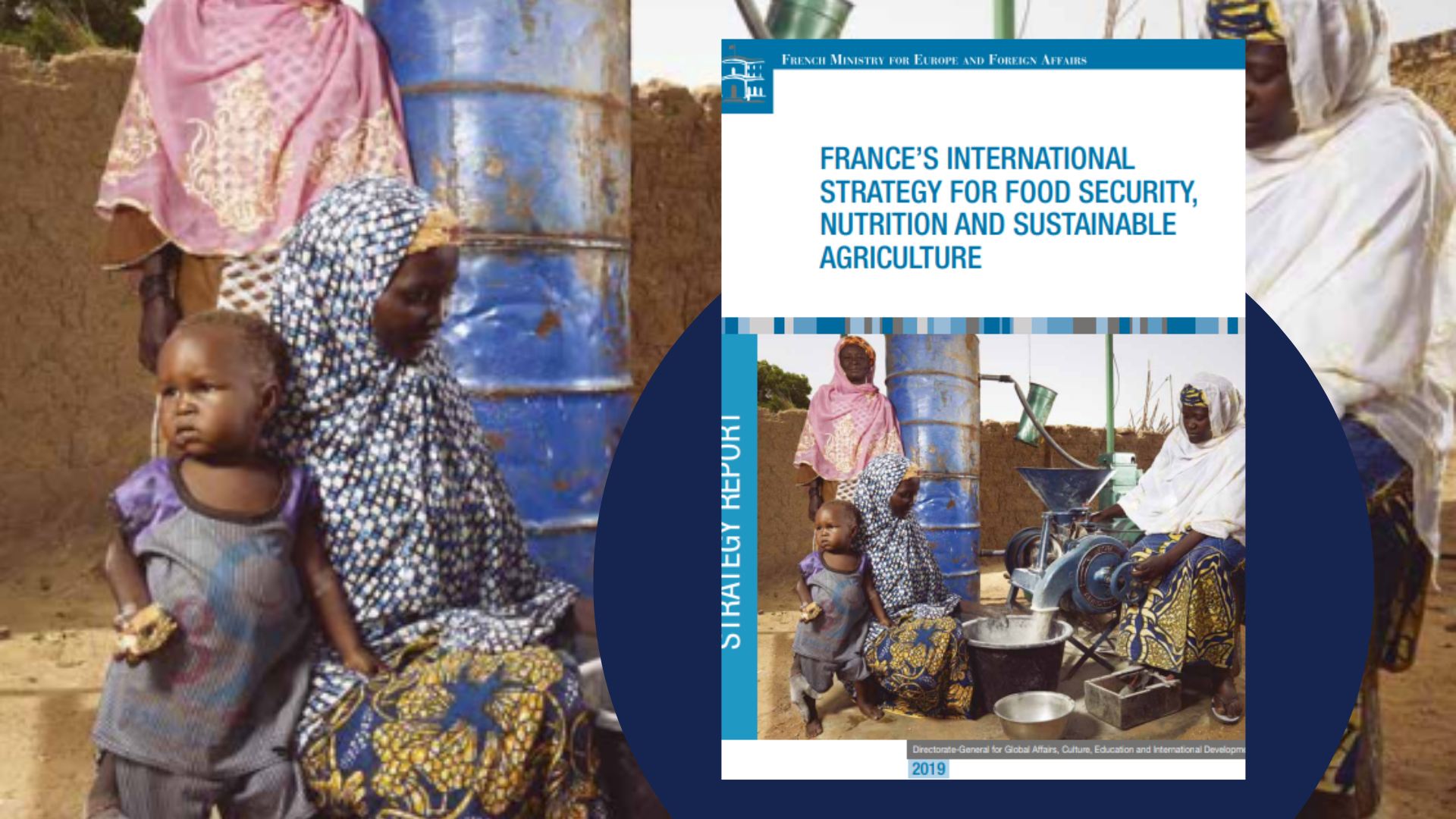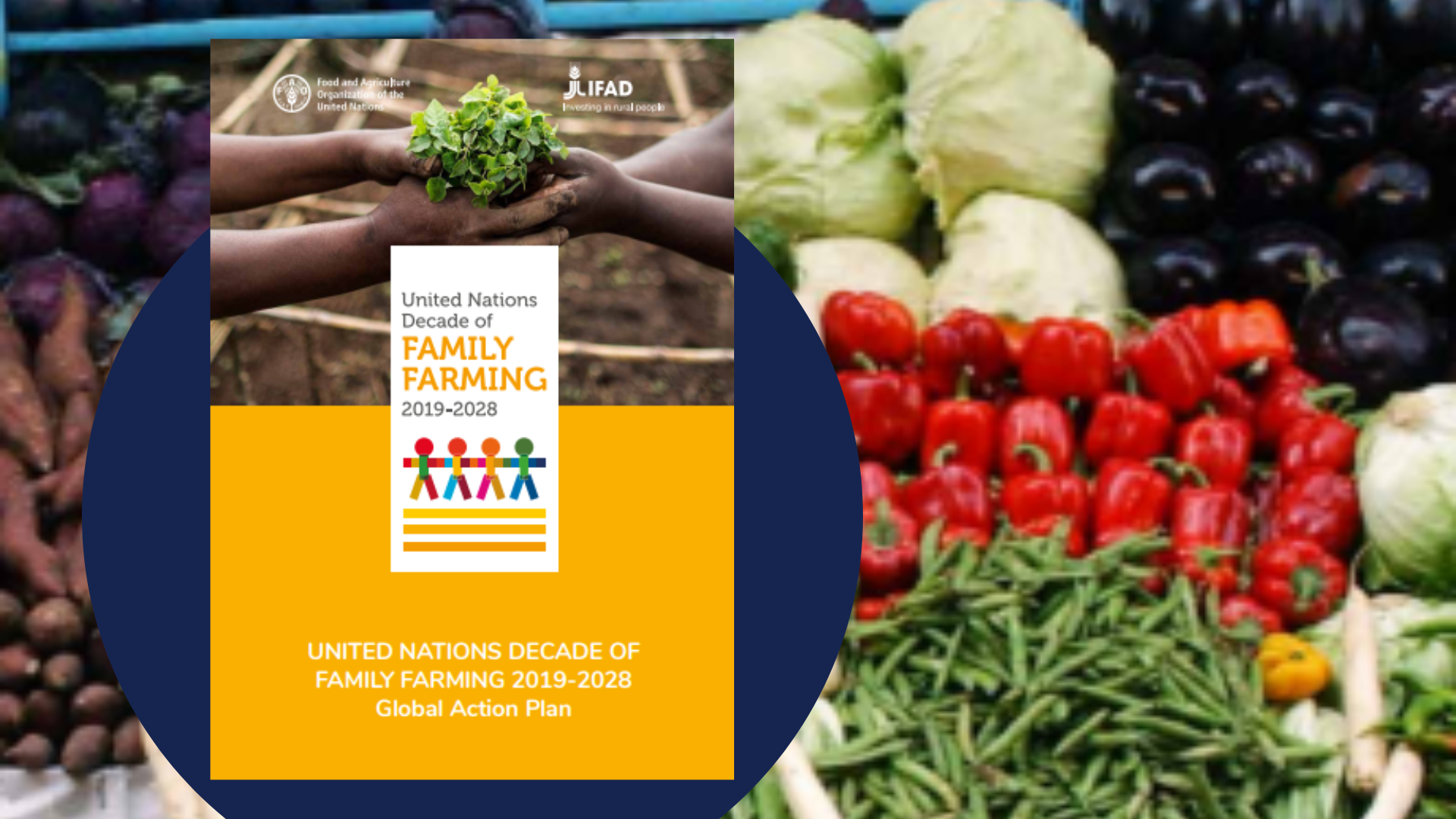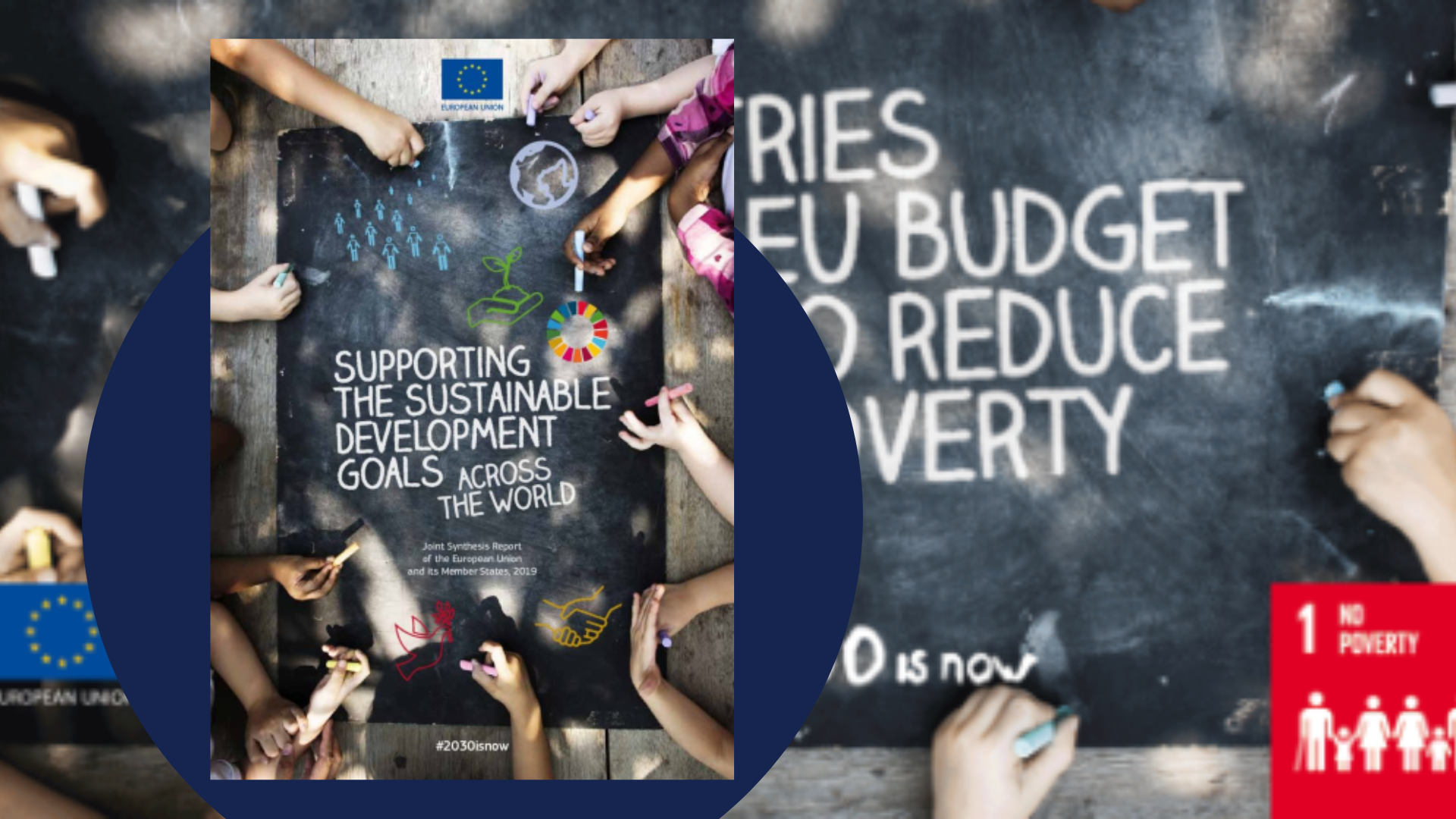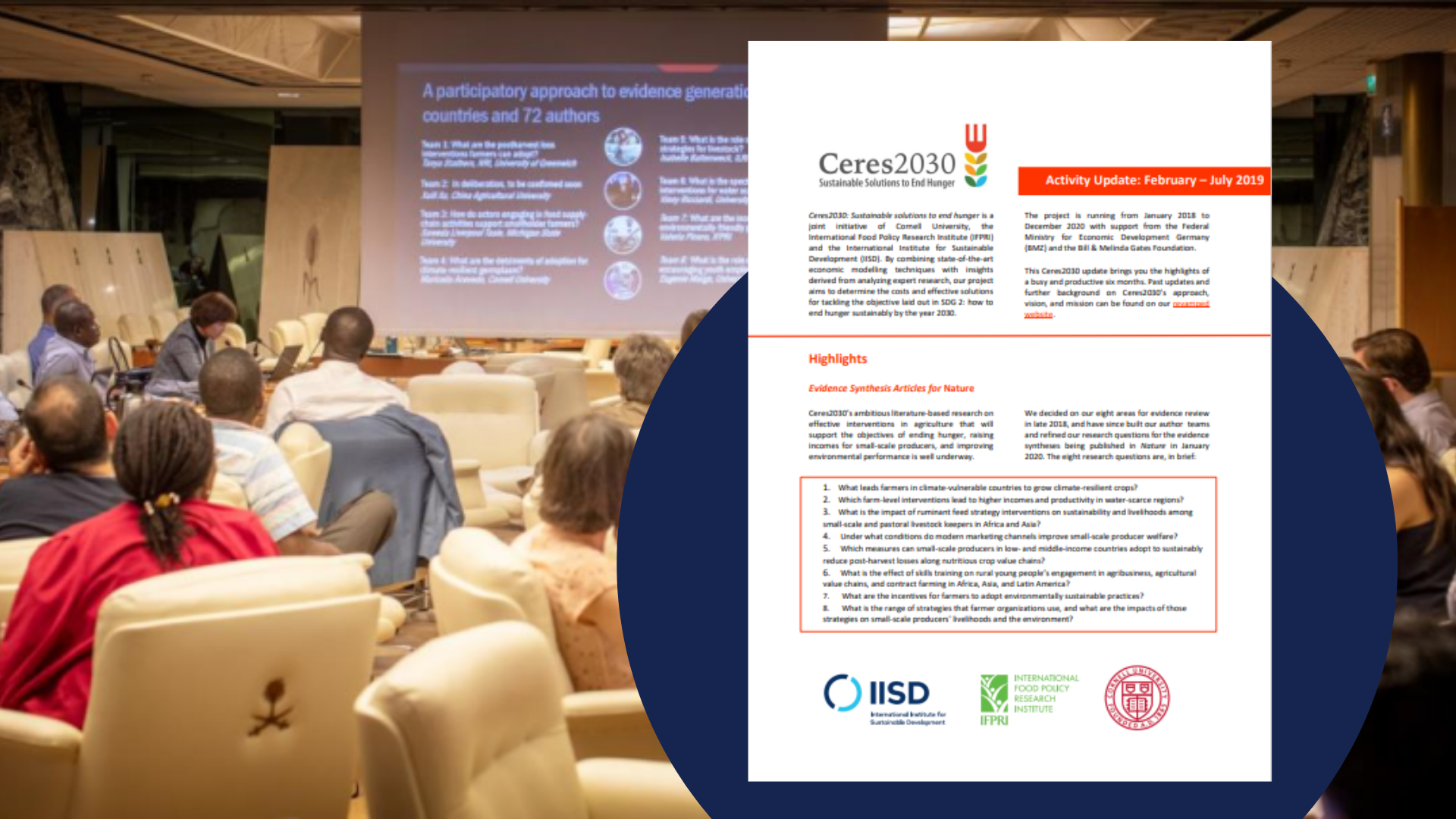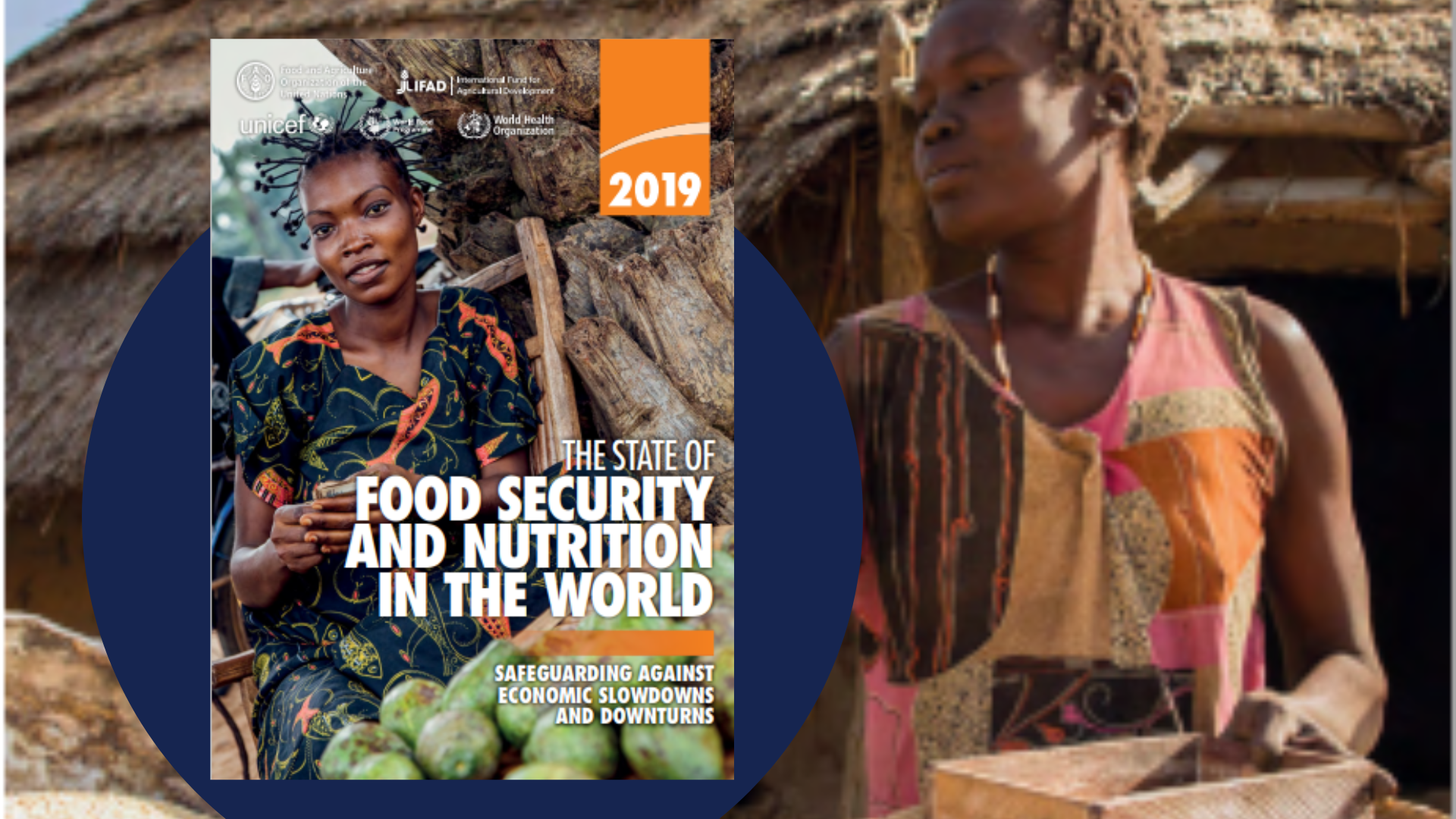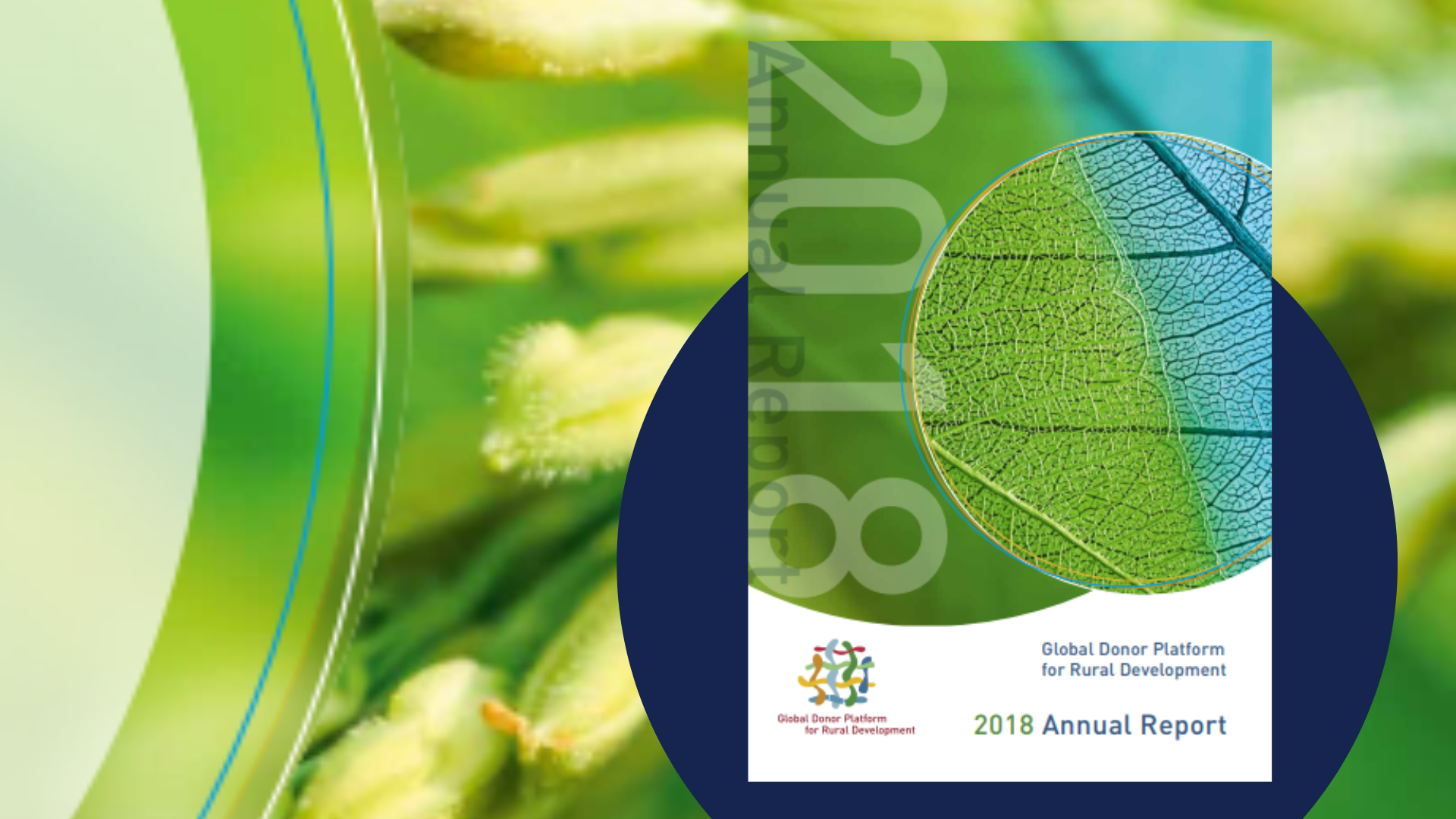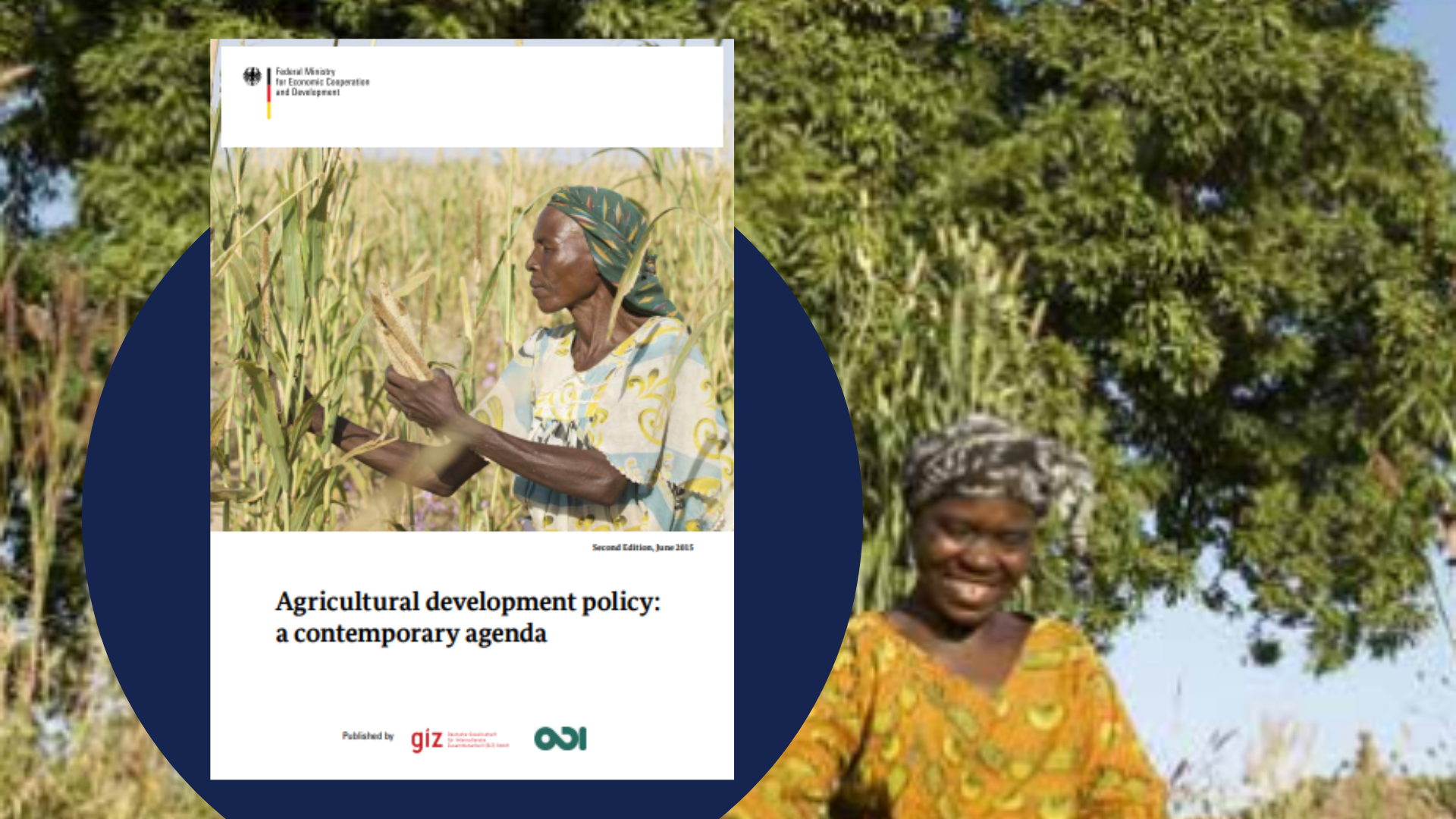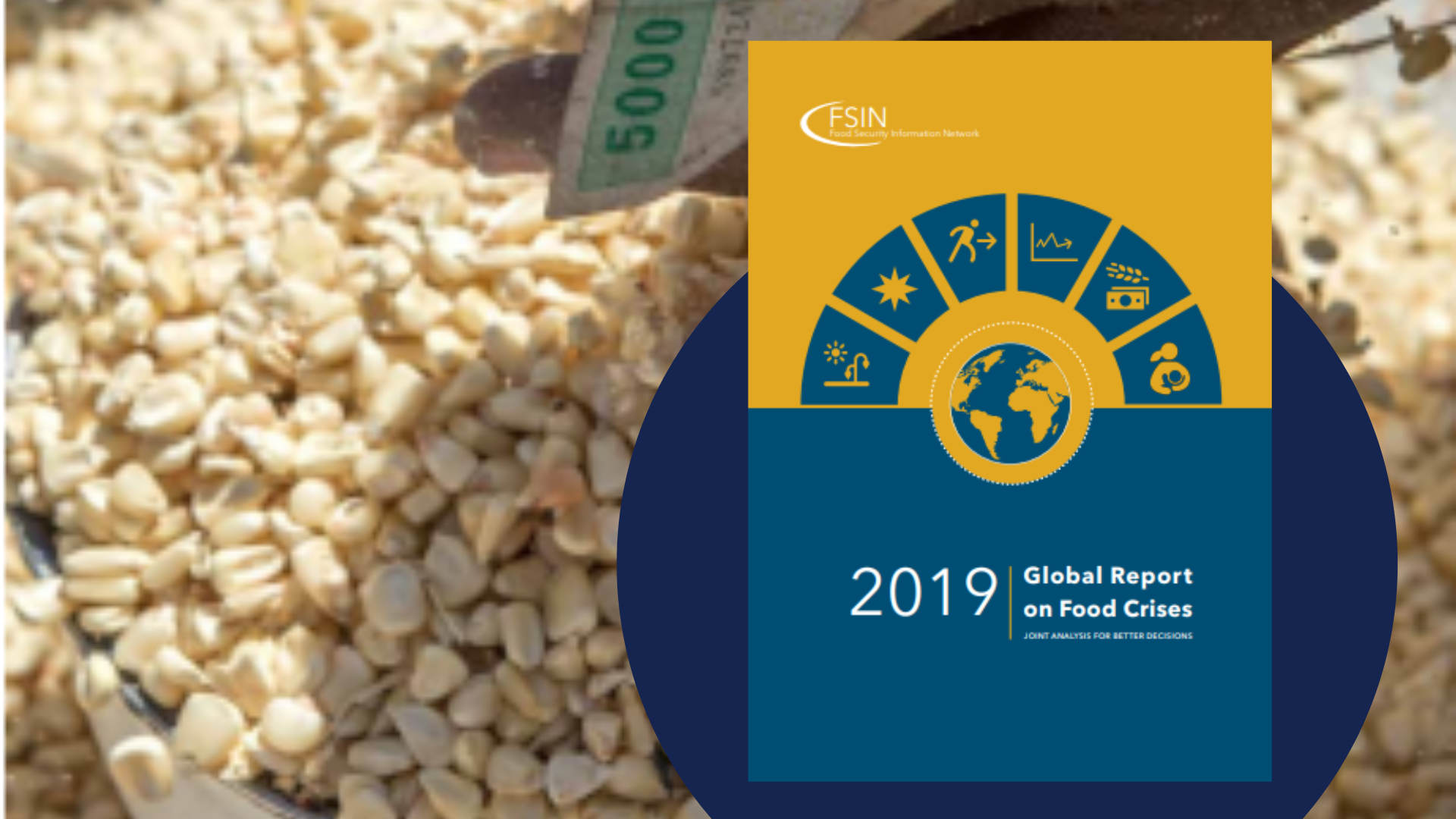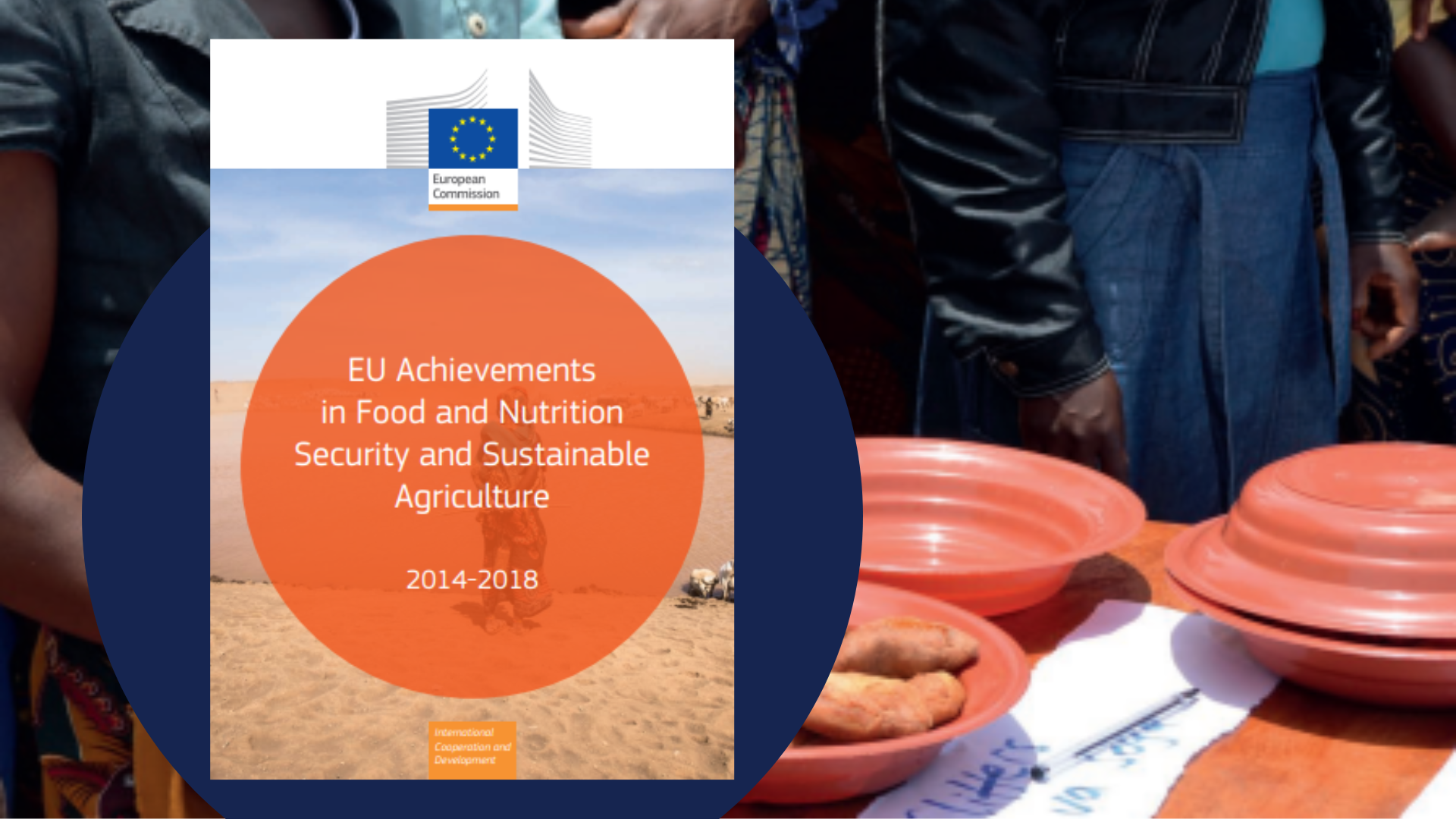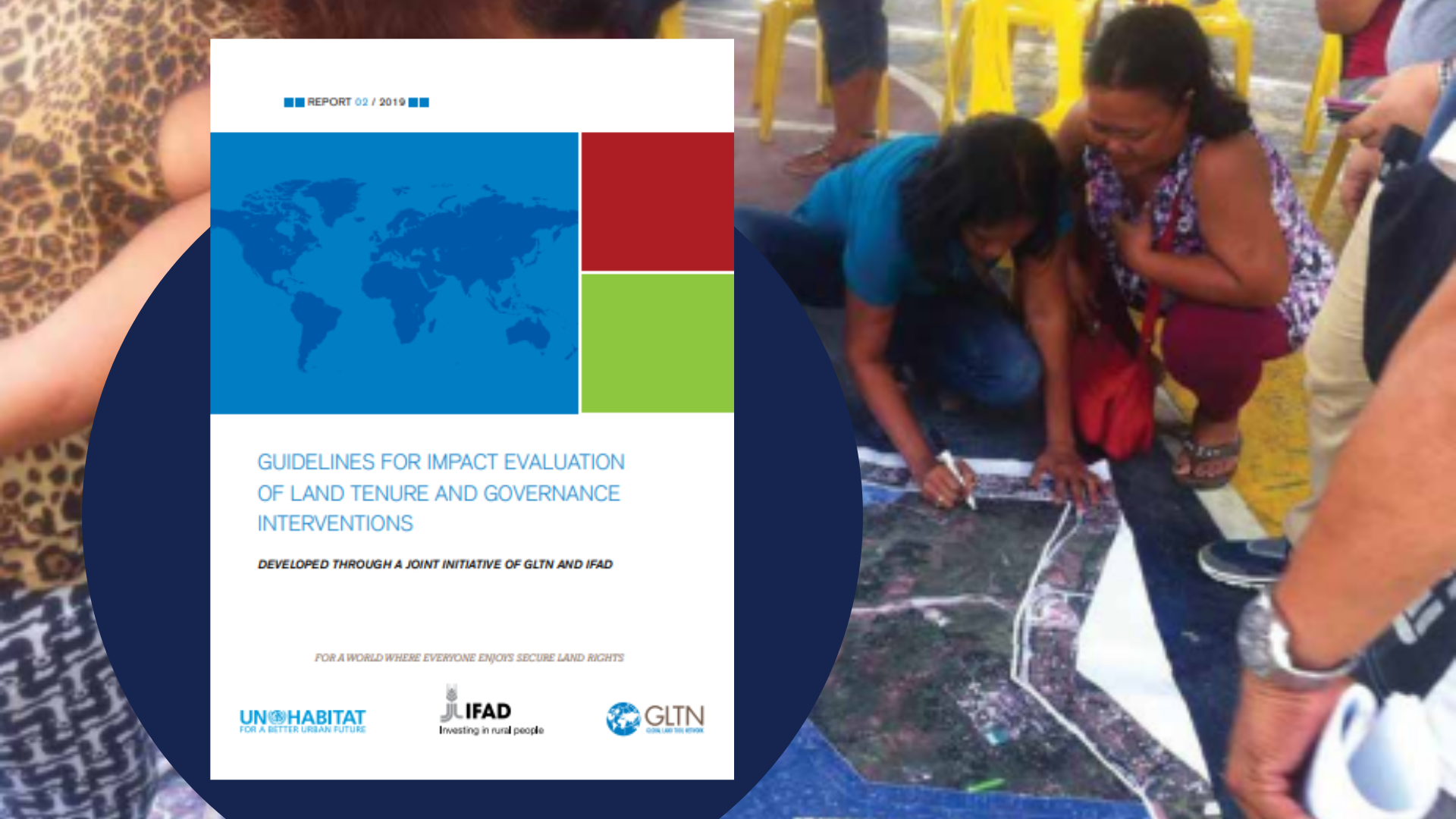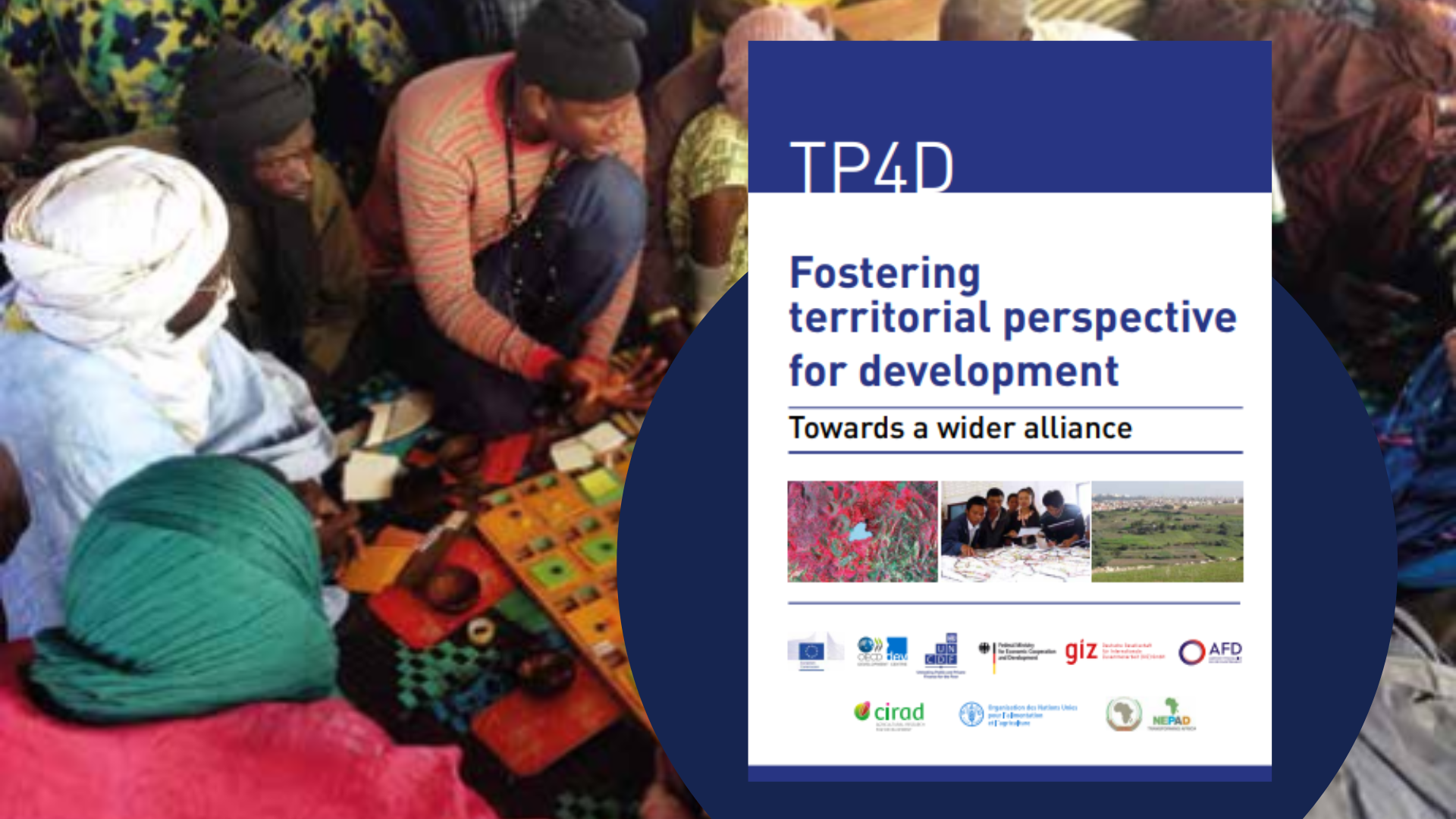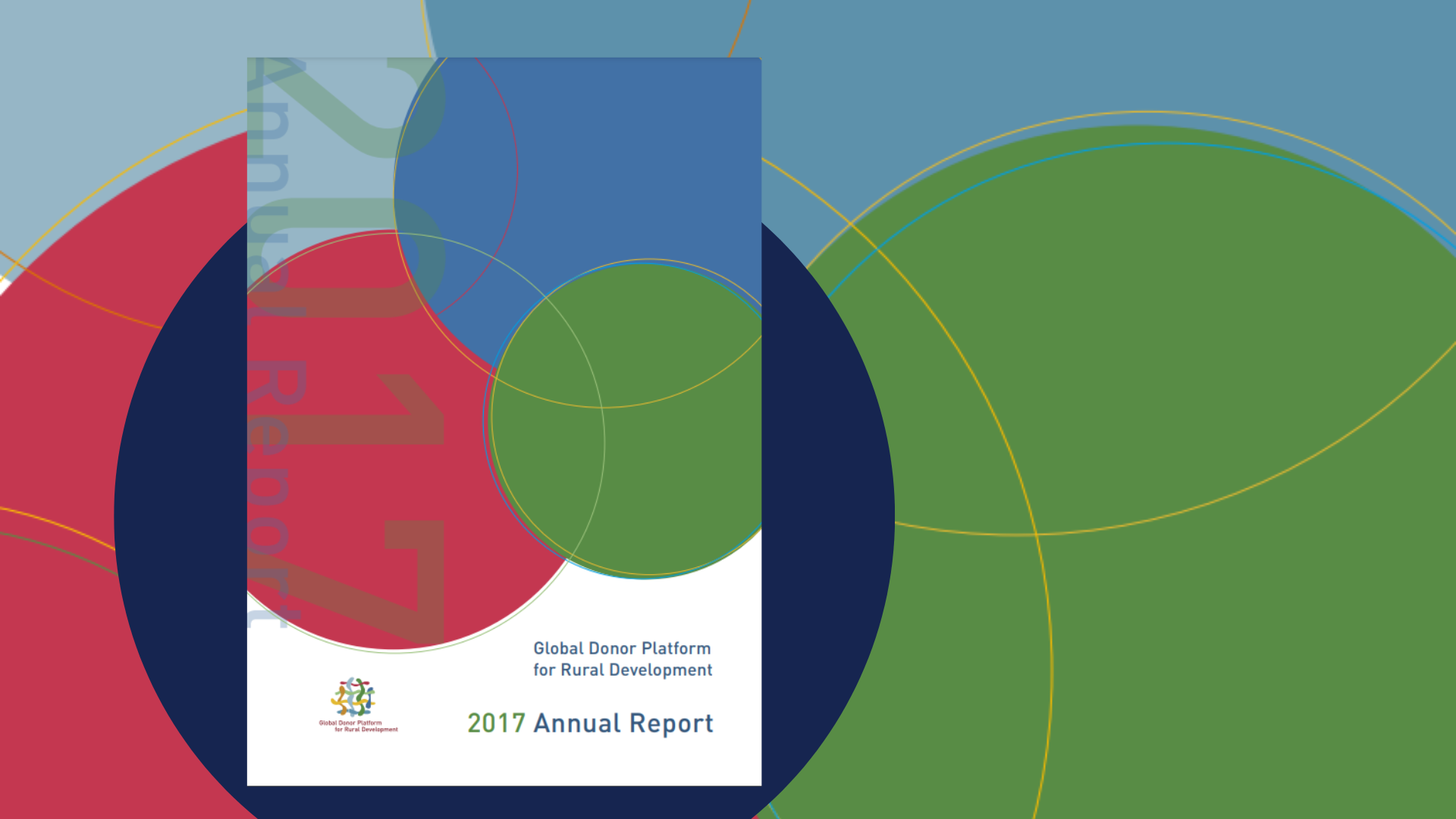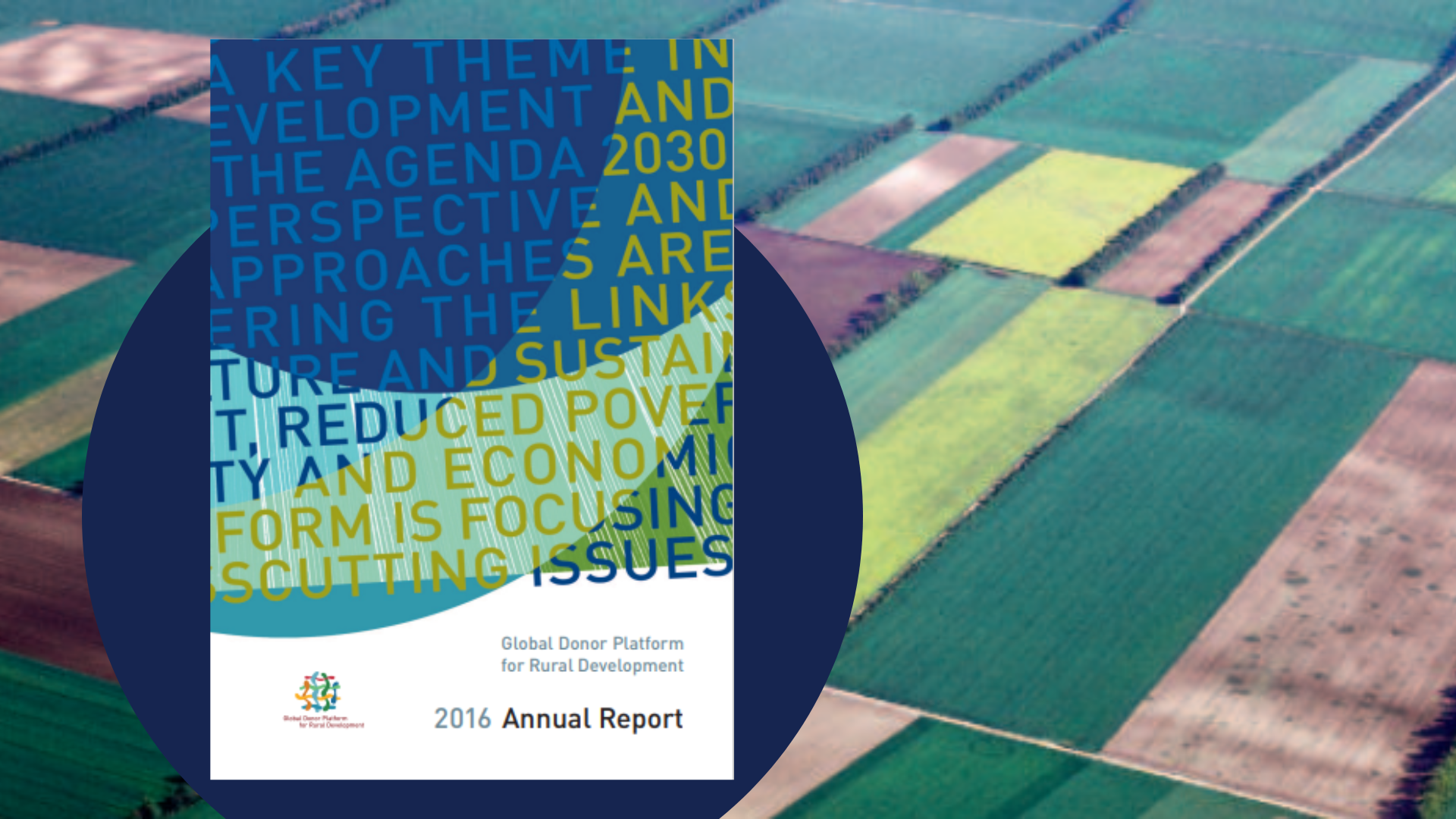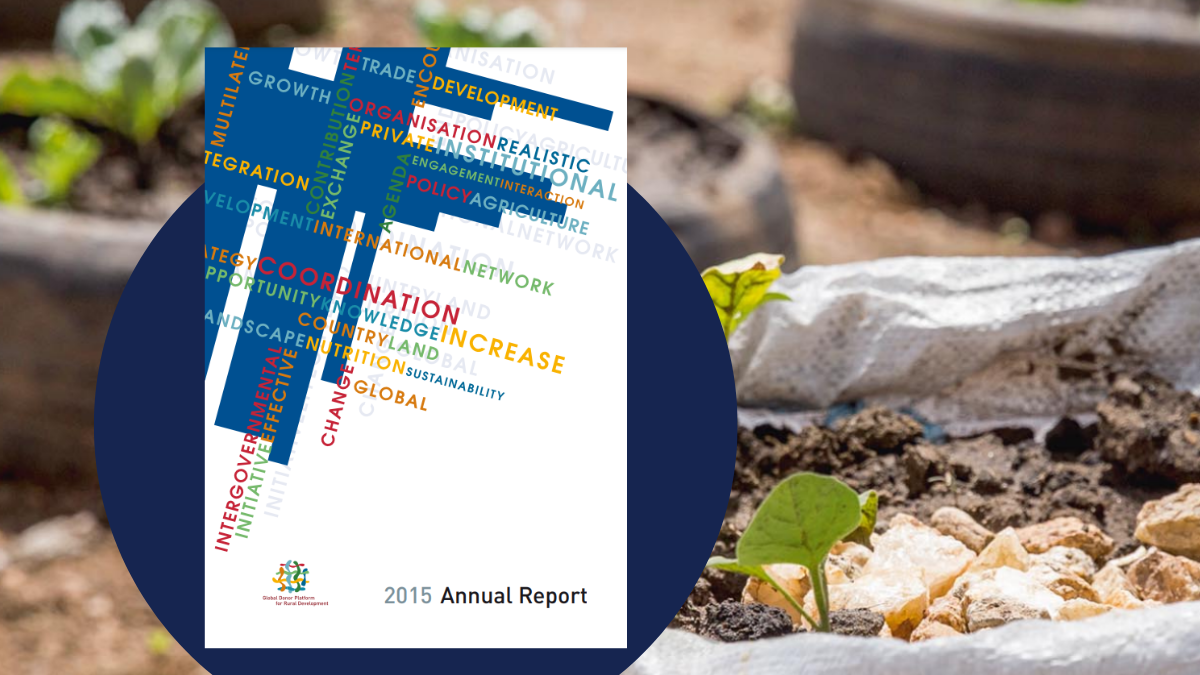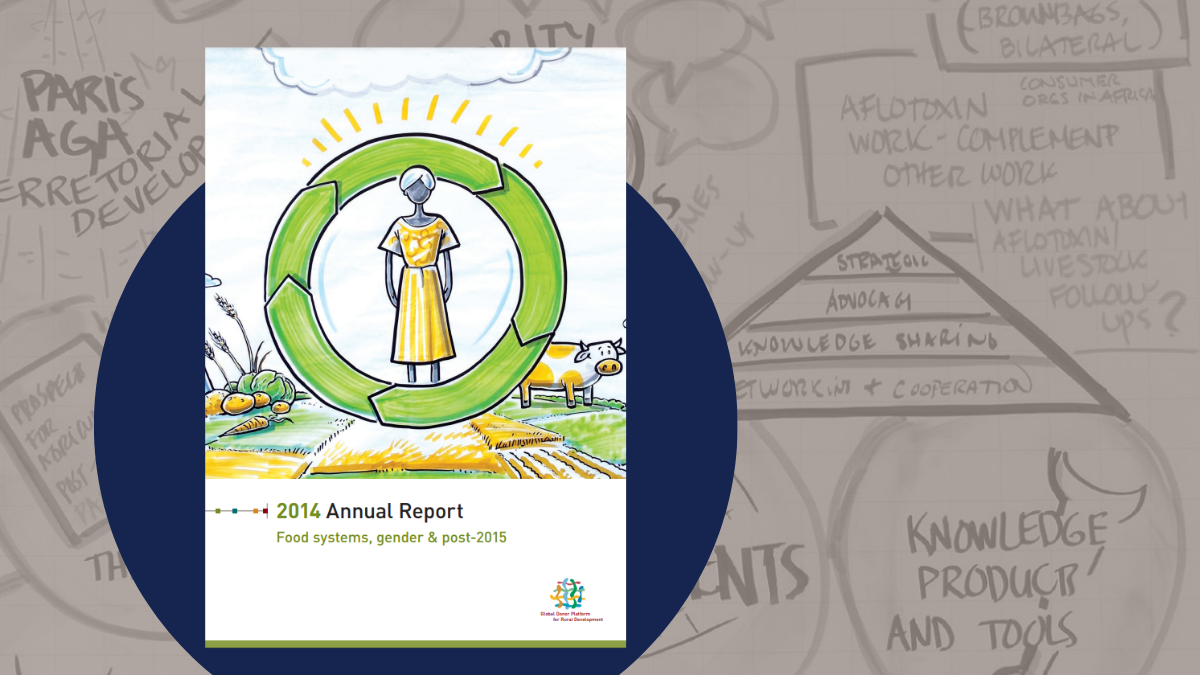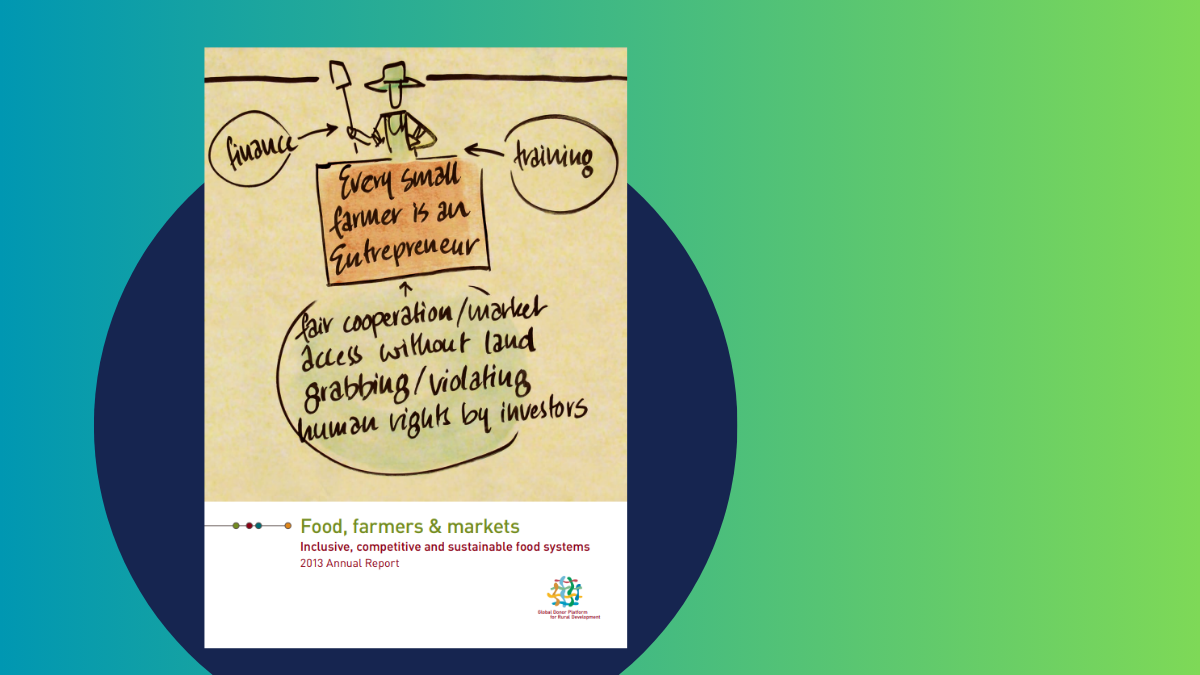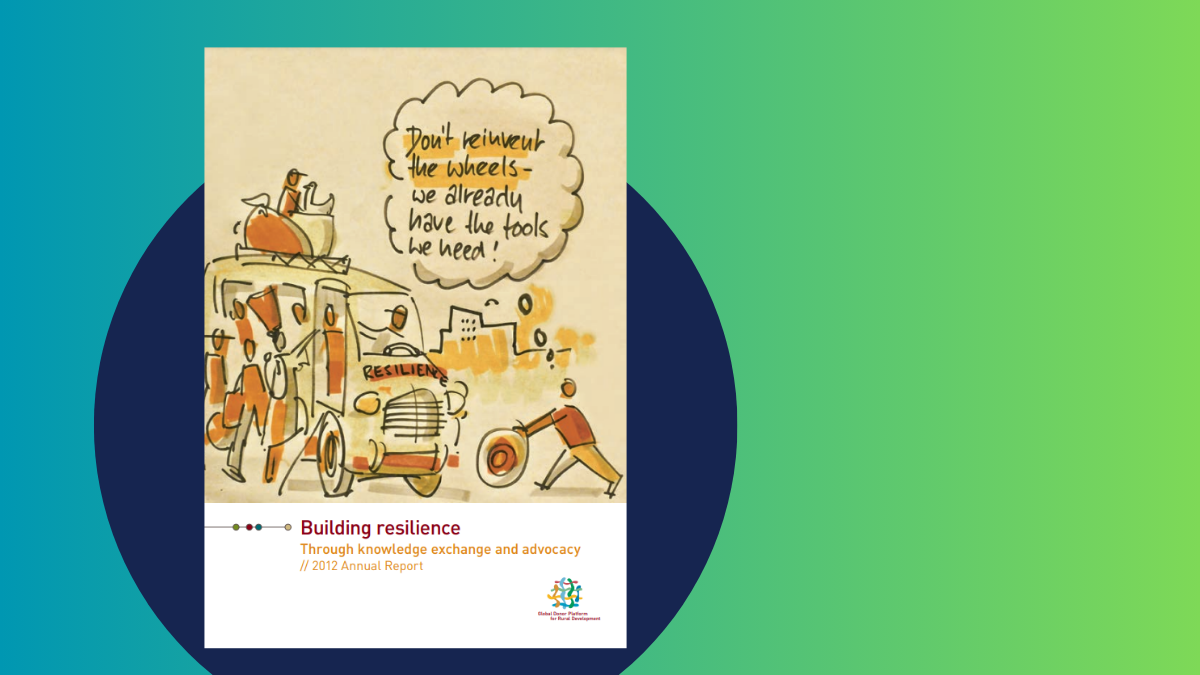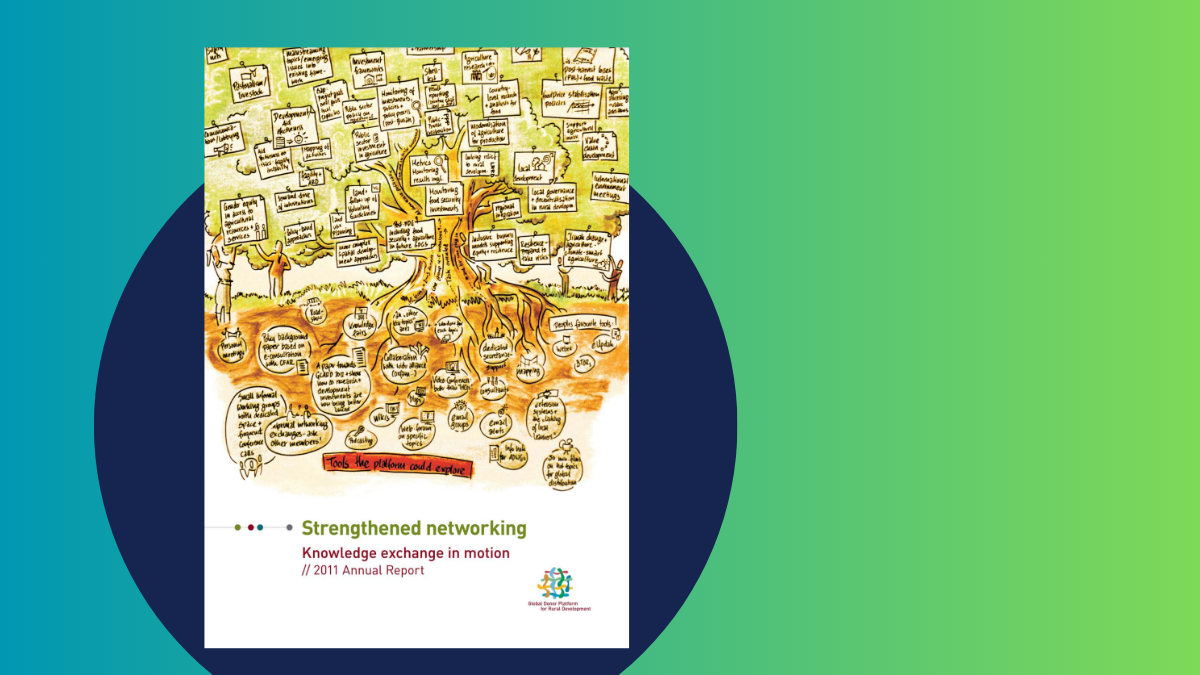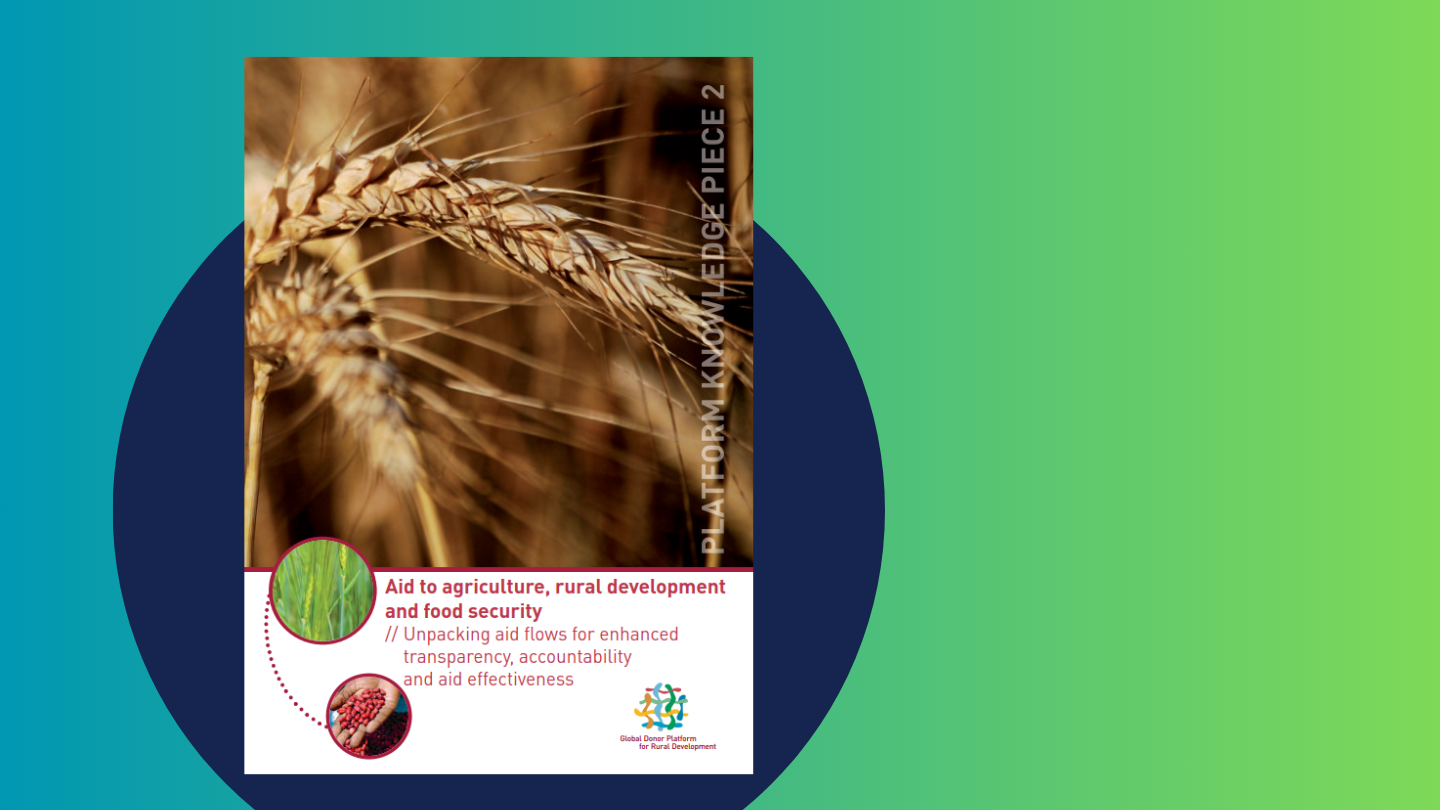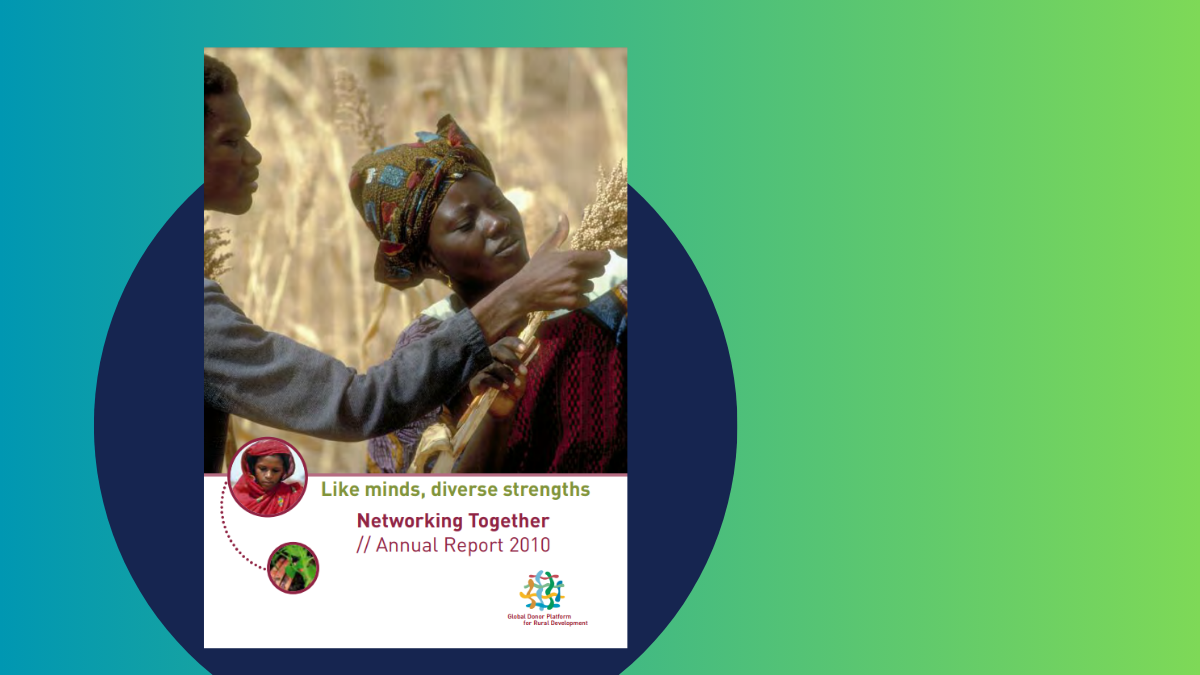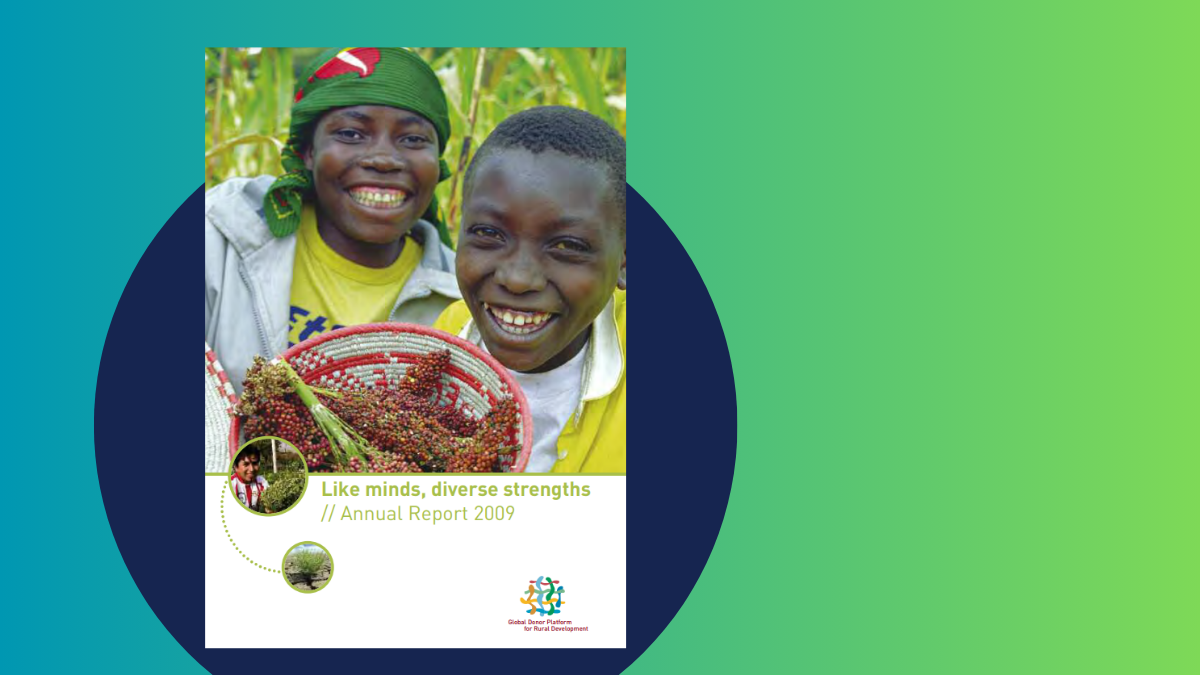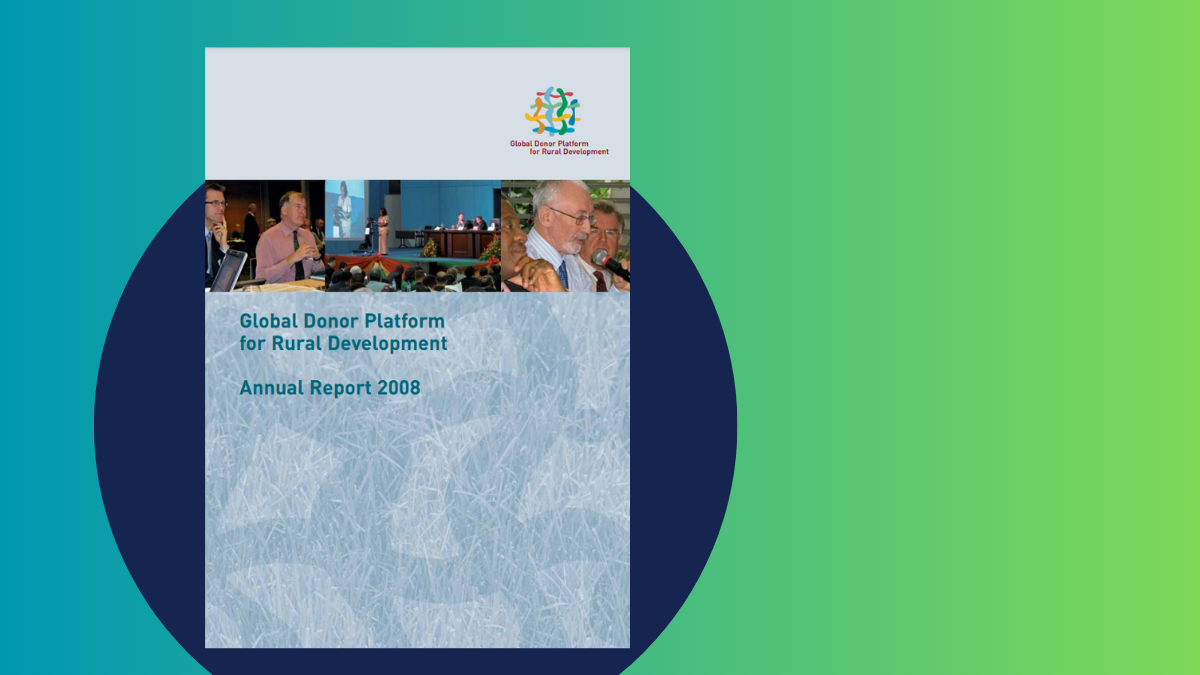From Rhetoric to Reality
How can donors better coordinate their responses for profound change in how food systems function?
The Global Donor Platform for Rural Development (GDPRD) held a virtual seminar on 22 November 2022, the first of a new webinar series focused on enhancing donor coordination for food systems transformation.
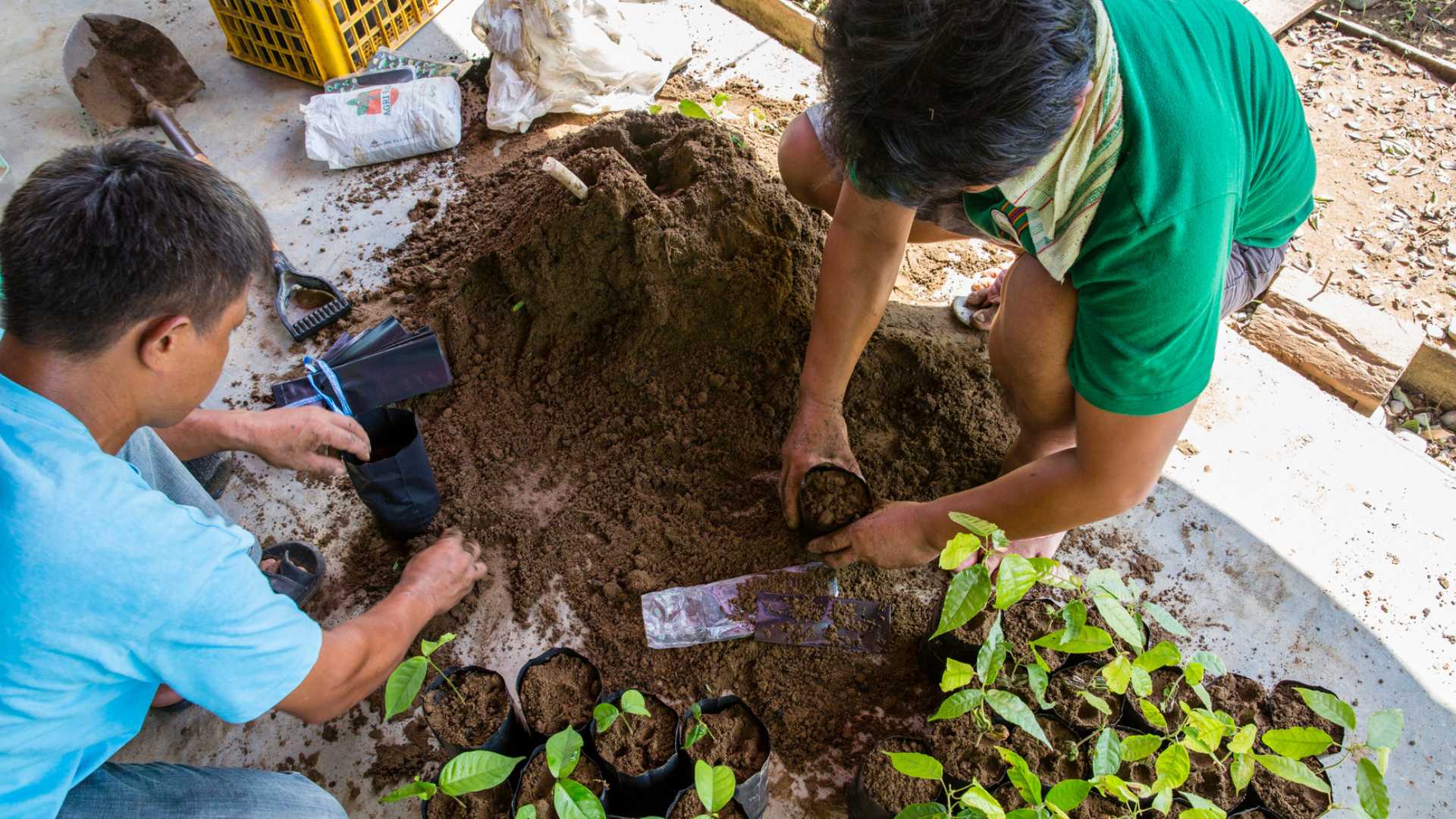
The seminar followed Chatham House rules and converged around the challenges, complexities and opportunities for donor coordination among global, national and regional entities in the face of increasing geopolitical tensions and economic fallouts from COVID-19 and the Ukraine war. These crises highlighted the imperative and catalytic role donors have in ensuring transformative food system impact at the country-level.
Challenges facing coordination include finding the proper balance between short-term crises response and longer-term development, making resources catalytic, and ensuring coherence between donors and countries. Growing political interests at the global level, related to the food crisis and food system debate, make it difficult to turn response initiatives into coordinated action on the ground, unless communication and transparency among actors is enhanced.
Key points highlighted by participants include:
Strengthening National Pathways
- With multilateralism under pressure, the creation of resilient food systems is imperative. One opportunity is to strengthen national pathways and design a process that is inclusive, country-driven, and context-specific, to better understand the complex issues at the country level and define the measures and priority actions to address these issues and better support smallholder and family farmers.
- Bilateral agendas should be driven by country demand and address the needs of each country with donors and partners coming to an agreement, rather than donors perceiving what is best for the country. Decisions should be informed by the reality on the ground and move beyond talking in silos to truly engage in and enhance multi-stakeholder dialogue to tackle complex issues.
- The context-specific needs of each country complicate donor and partner coordination, as there is no panacea or silver bullet to food systems transformation. Participants emphasized the need to go beyond typical coordination measures, in order to truly engage in multi-stakeholder dialogue, investigate more effective, inclusive and participatory mechanisms for donors to work in-country with governments, and identify coordination or joint programming mechanisms at the country level that are working efficiently.
Building upon comparative advantages
- Identifying and harnessing the comparative advantage of each donor may better align initiatives and allow for more comprehensive and effective responses.
- Increased donor coordination is needed to build upon the comparative advantages among financial modalities, experiences, and geographies, to bring actors together and build a stronger development system to solve the challenges of today.
- Transparency, accountability and communication are key to enhancing cooperation, interaction and harmonization amongst donors, partners and country-level recipients.
- Addressing systemic issues requires effective donor responses and coherent policy, environmental, and institutional frameworks at national levels.
Enhancing the diversity of voices
- Donor coordination must be broadened to engage stakeholders at all levels, to better participate in decision-making processes and region-specific solutions.
- Donor-partner coordination is not a given; therefore, capacities need to be built to engage a wider range of constituents in these processes. Without proper access and capacity, it becomes very difficult to get the right voices at the table.
- Over the last few years, humanitarian assistance has been the dominant response model, often sidelining development projects and programmes. This nexus can further complicate donor responses and actual impacts in areas of severe conflict.
- Cofinancing projects and programmes can be an effective way to enhance donor coordination and support projects. Some participants questioned if and how resources could be effectively utilized to leverage more private funding. Others pondered if decentralization of large multinational entities could ensure more coordination and action on the ground.
- There were calls for continued conversations like the seminar today with more interactions to streamline the efforts of global, national, and local organizations, to achieve results that work for everyone.
Summary
- Coordinated donor response needs to go hand-in-hand with coherent policy development and appropriate dialogue with traditional and non-traditional actors, at the country level. Donors must understand where they work and start from the needs of the country.
- In conversations on donor coordination, we need to ask how complexity is driven within this context and define the role of the private sector, communities, foundations, food producers and NGOs. The role of innovative financing mechanisms, such as blended finance and guarantees, must also be understood and factored in.
- The United Nations system could be leveraged, in the context of the UN Reform, to foster cooperation including among donors. Coordination is sometimes problematic and complex, but the UN has the potential to offer a platform for better harmonization.
- We cannot assume stakeholders and actors have the capacity to engage in forums at the country level. Donors need to be aware of this when bringing different groups into the conversation. The interest of government stakeholders in engaging needs to also be considered.
- If the power dynamics of “aid” are not intentionally thought out, donors run the risk of imposing their own perspectives on national governments.
This seminar launches the new workstream focusing on donor coordination. Follow-up investigations and research will look deeper into country-level examples and jointly funded initiatives. A final synthesis event will take place in the first half of 2023, resulting in a GDPRD report on donor coordination for food systems transformation along with practical guidelines.

